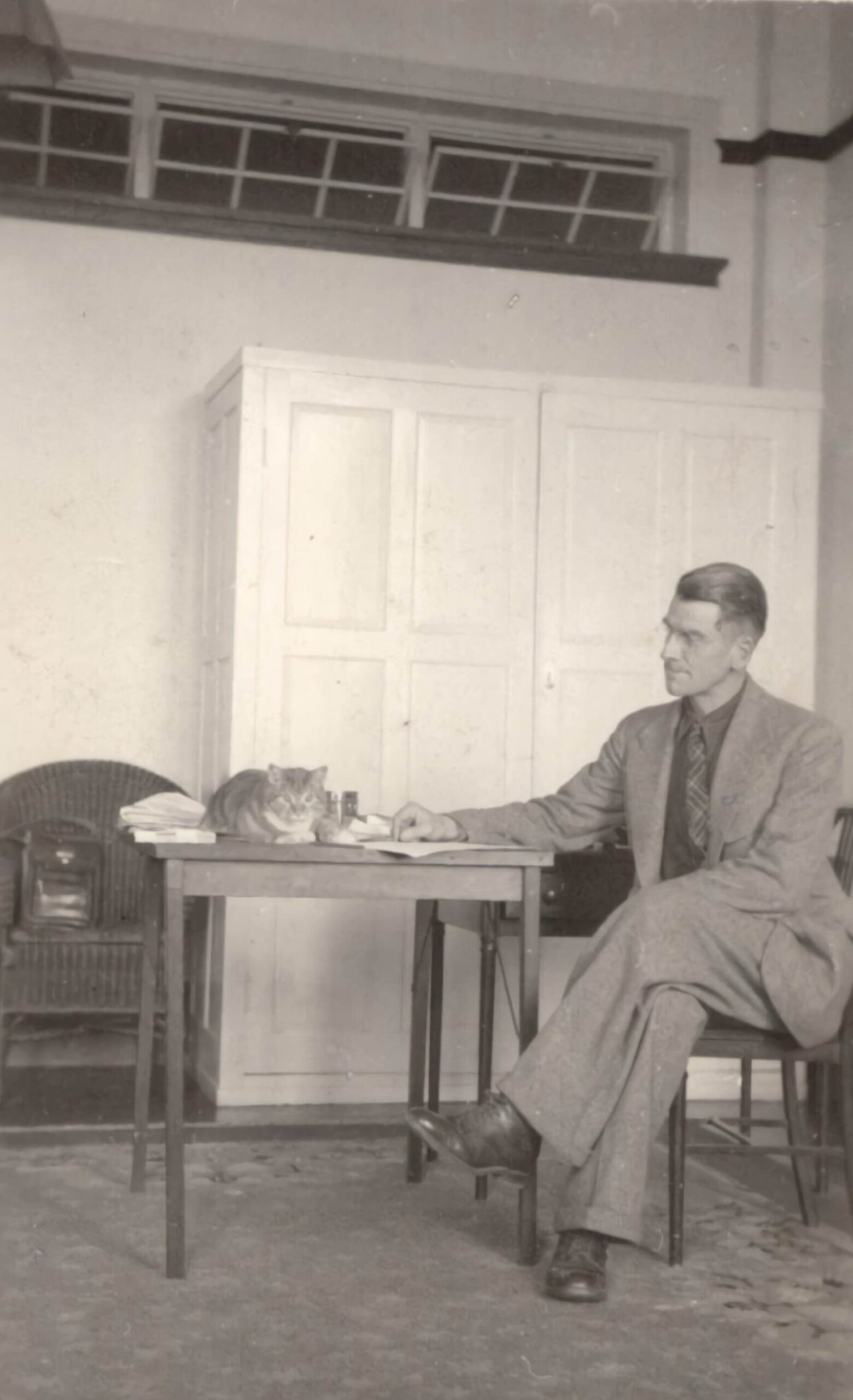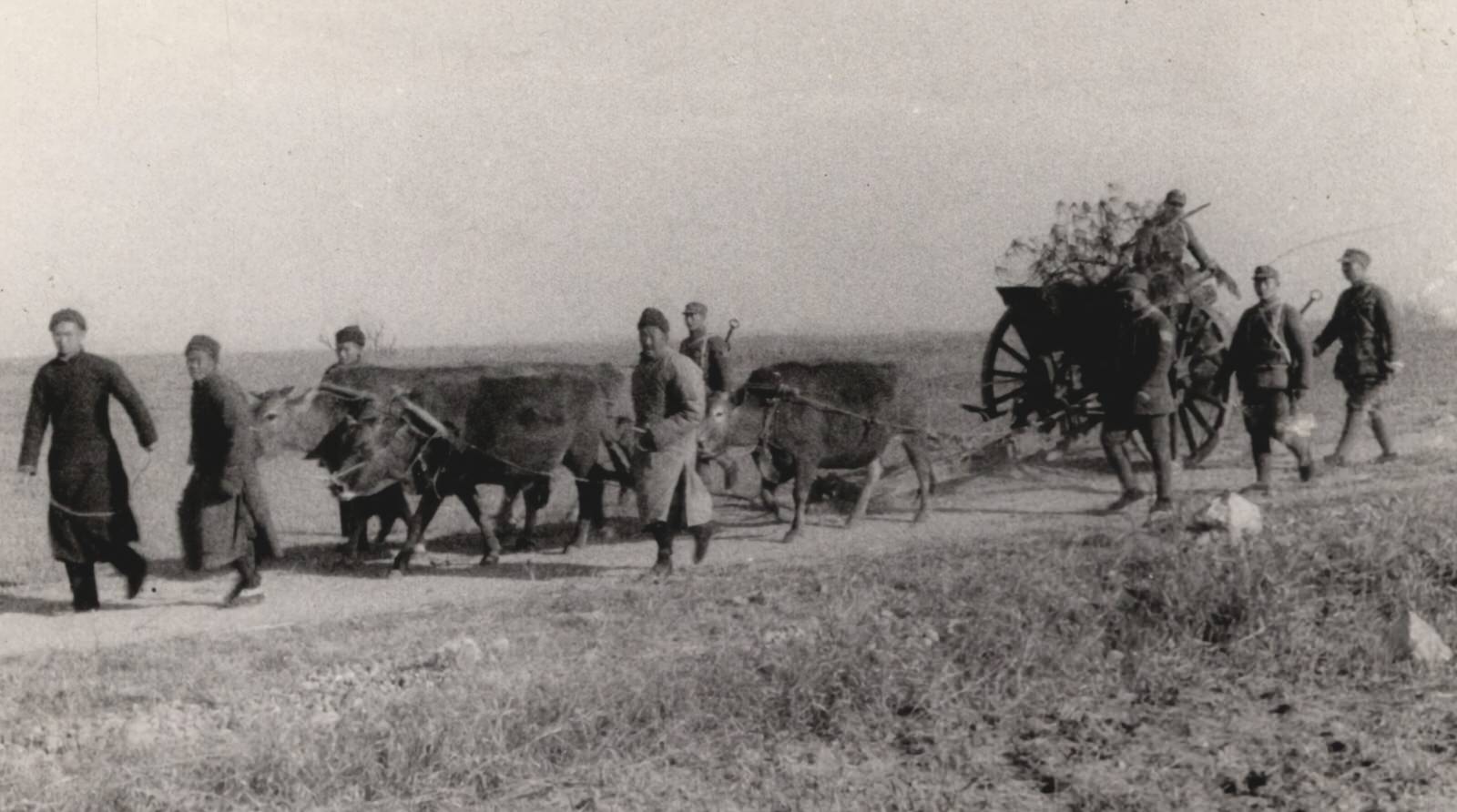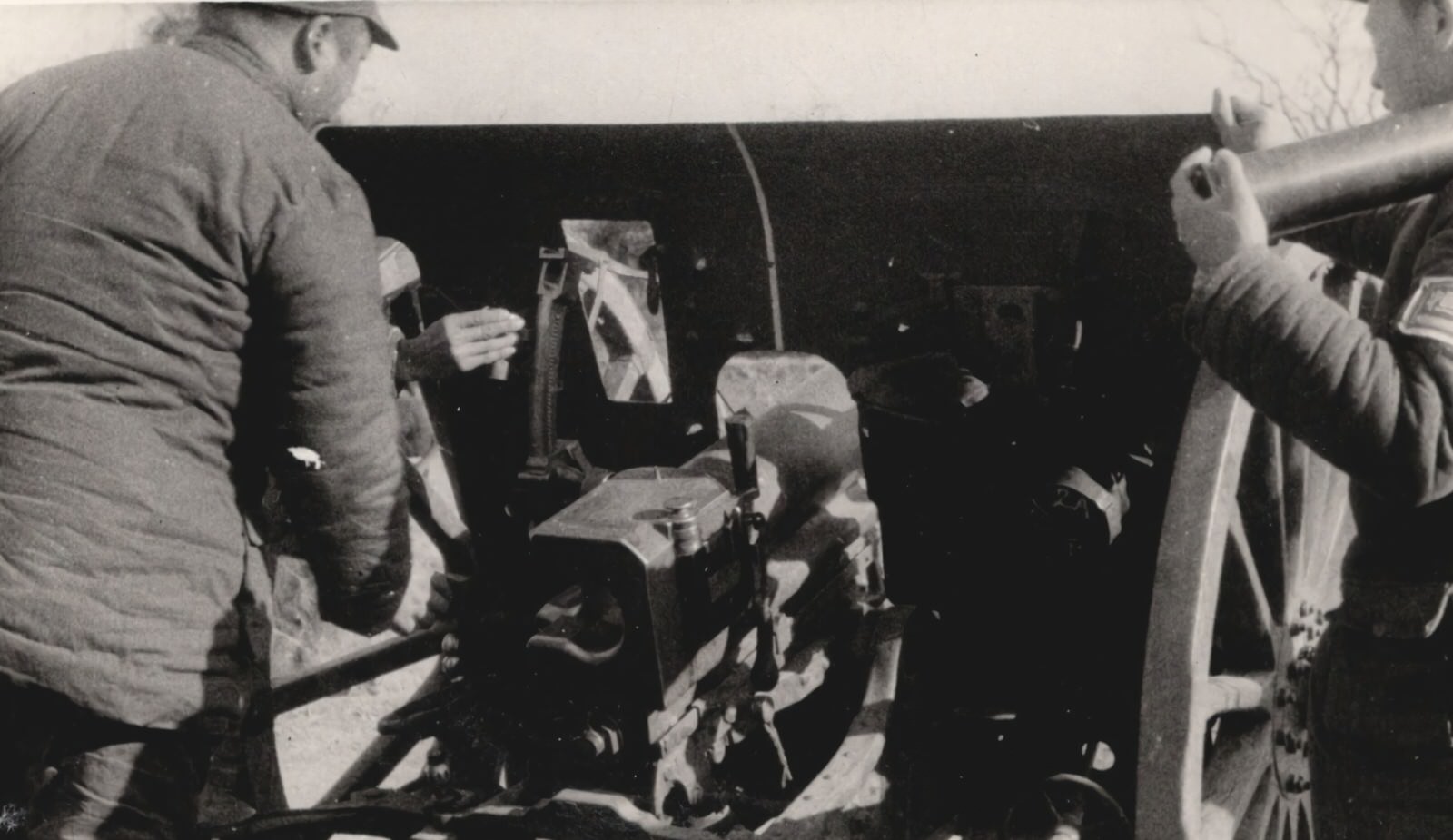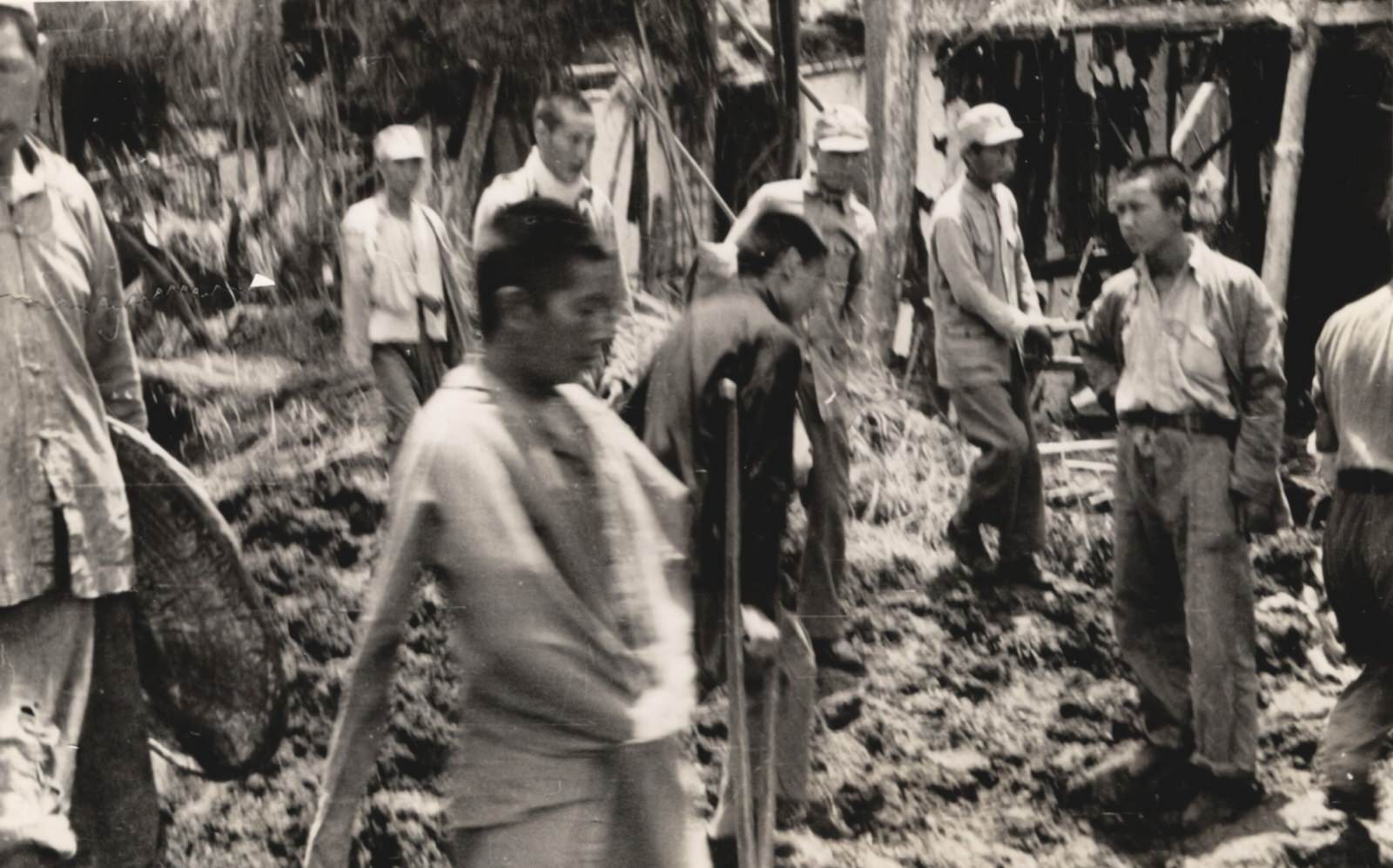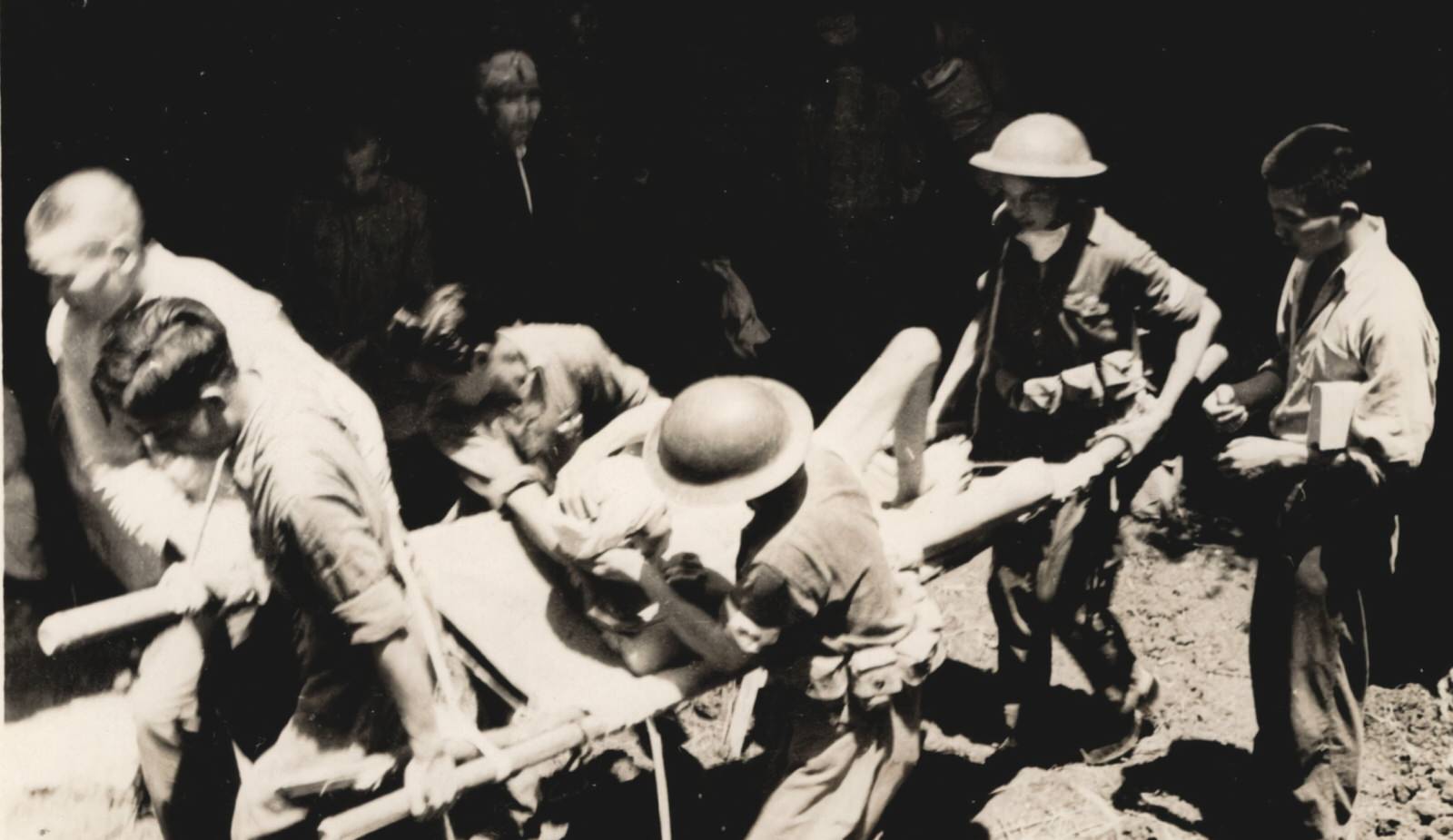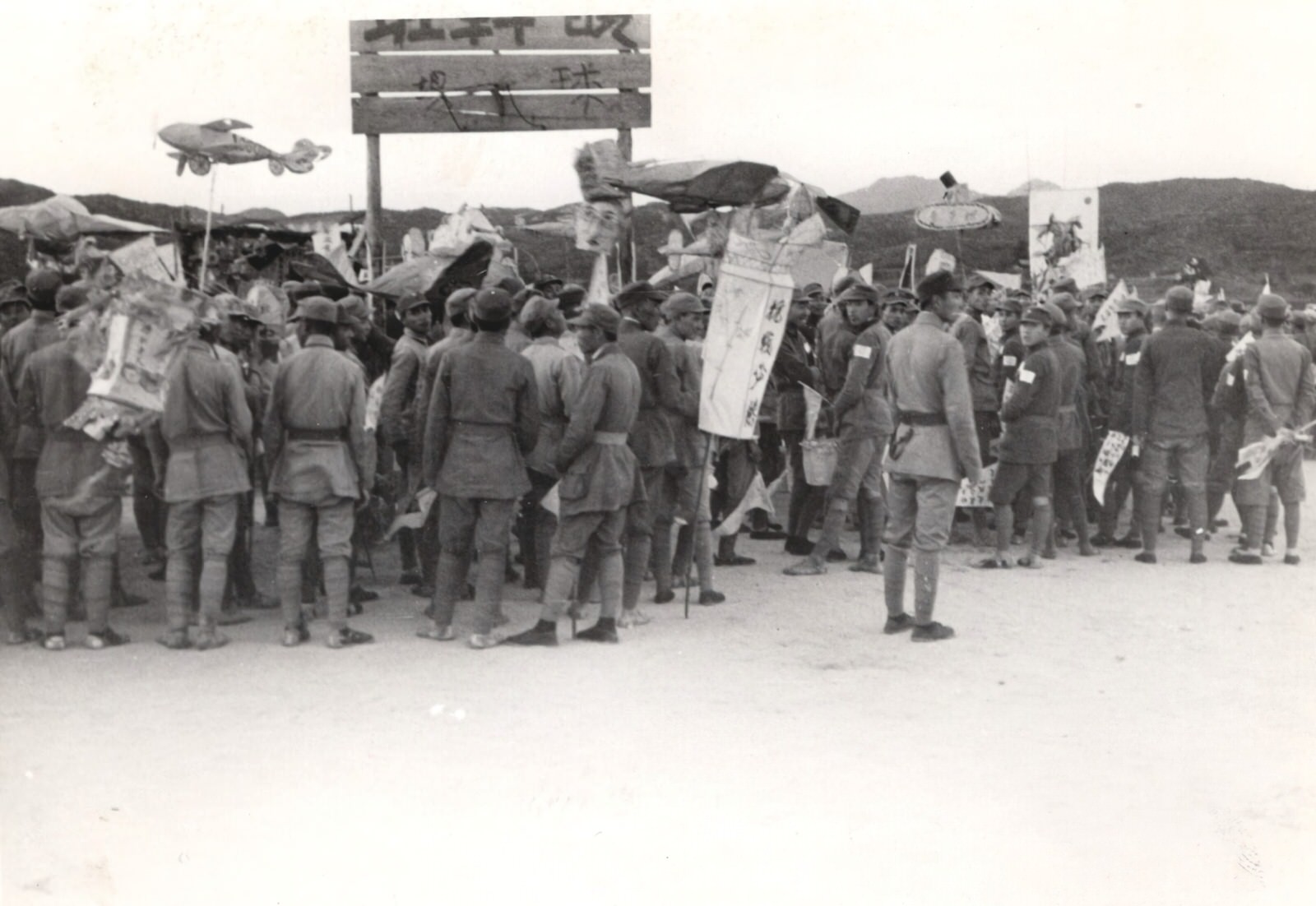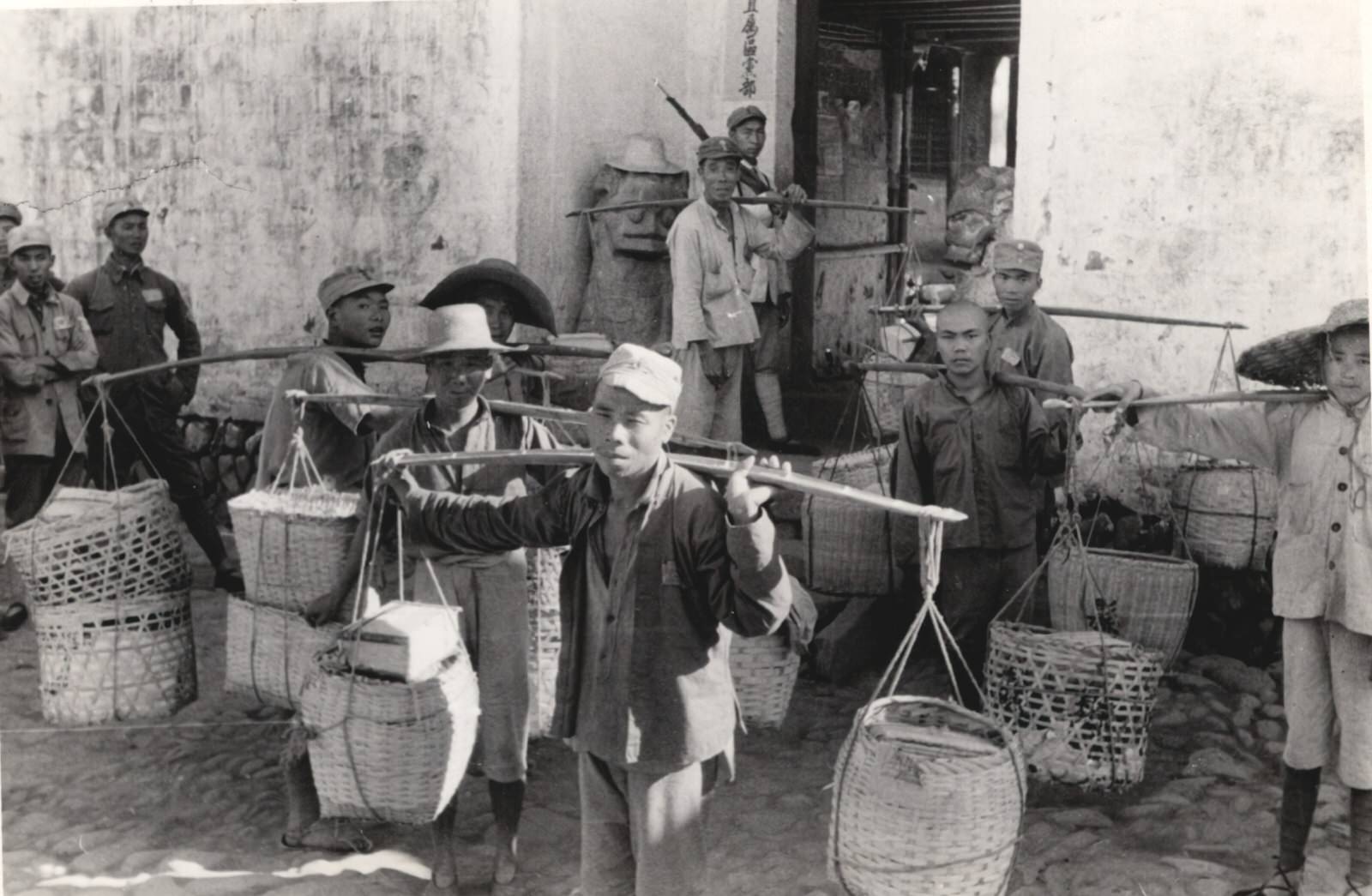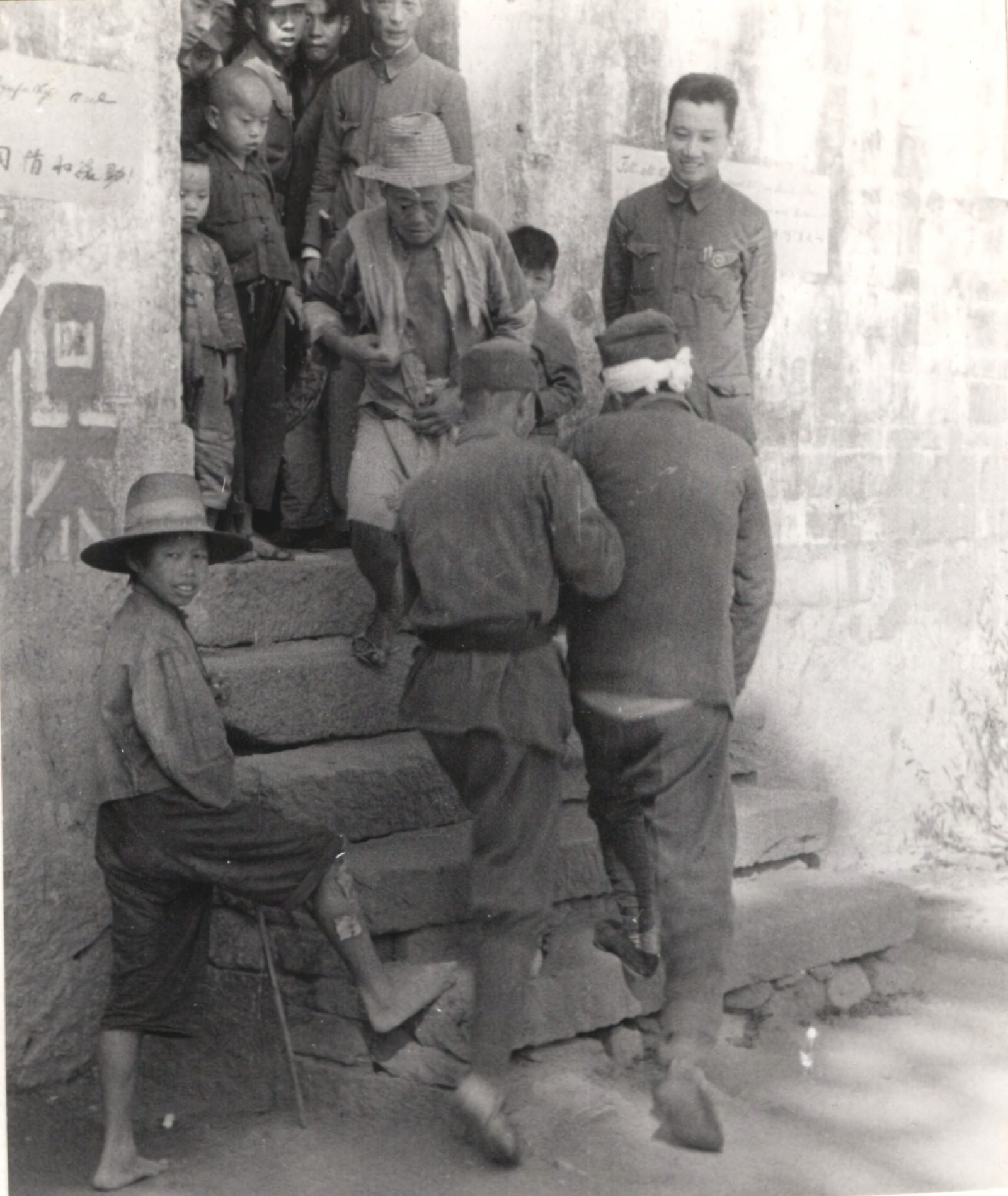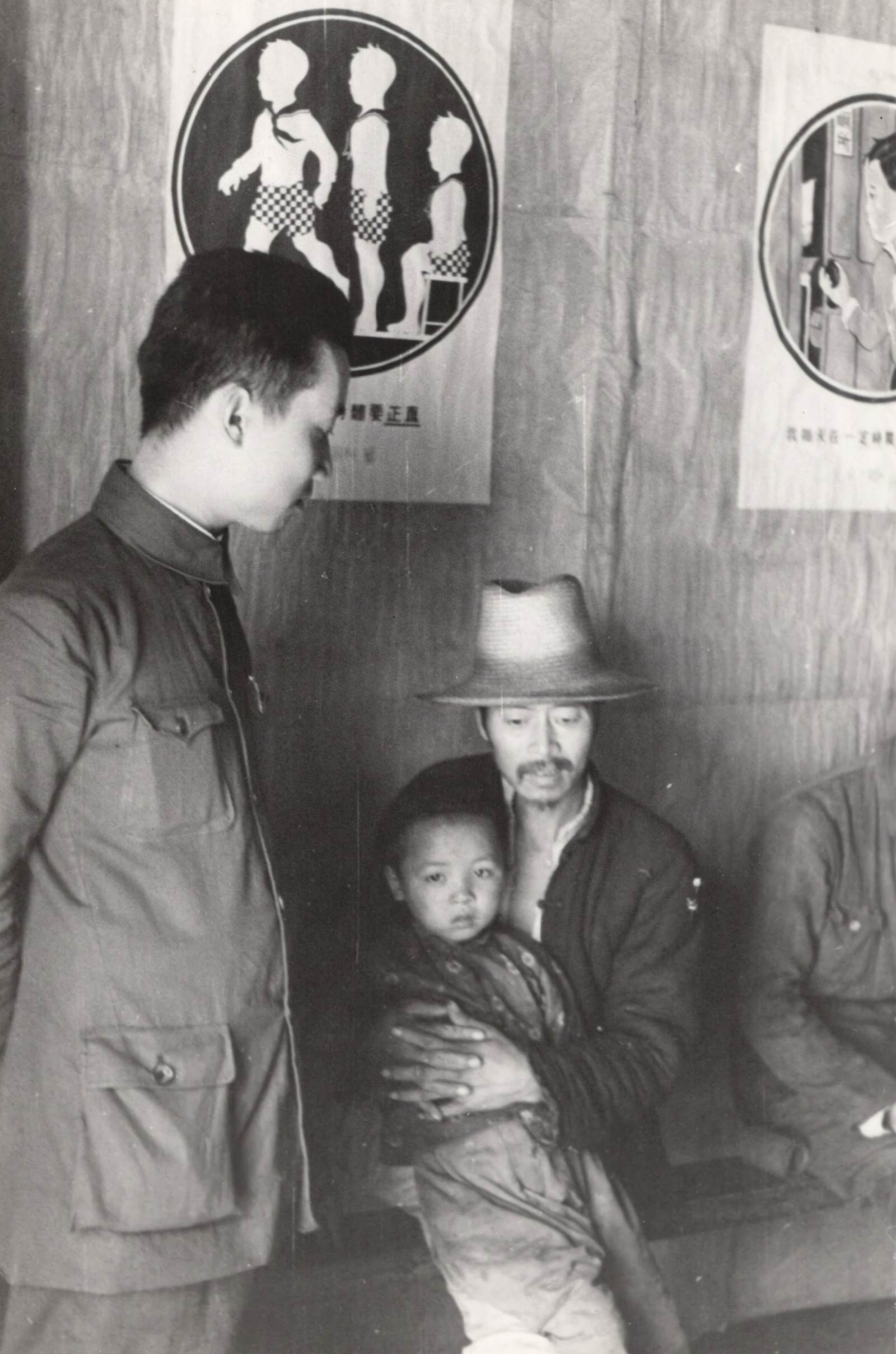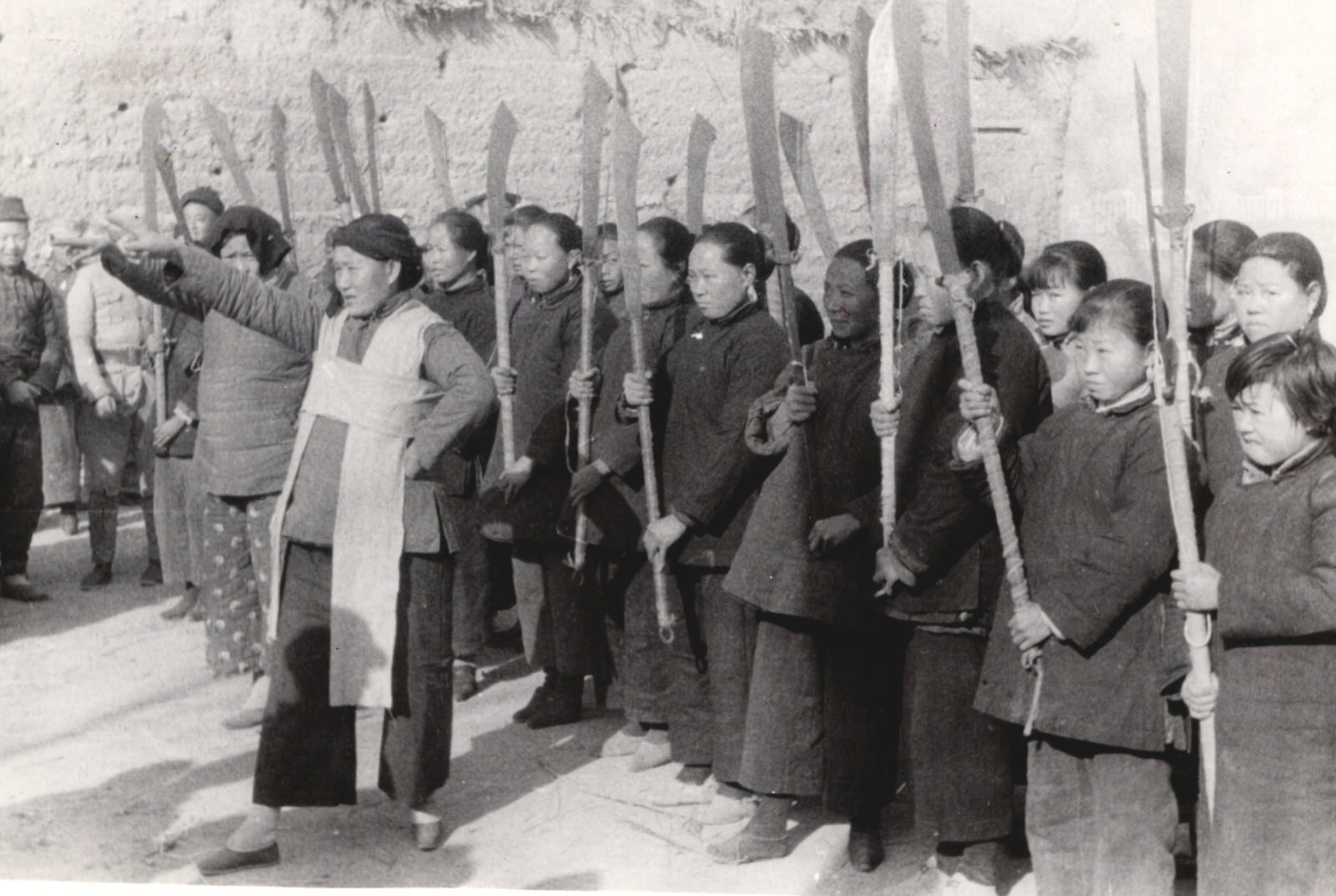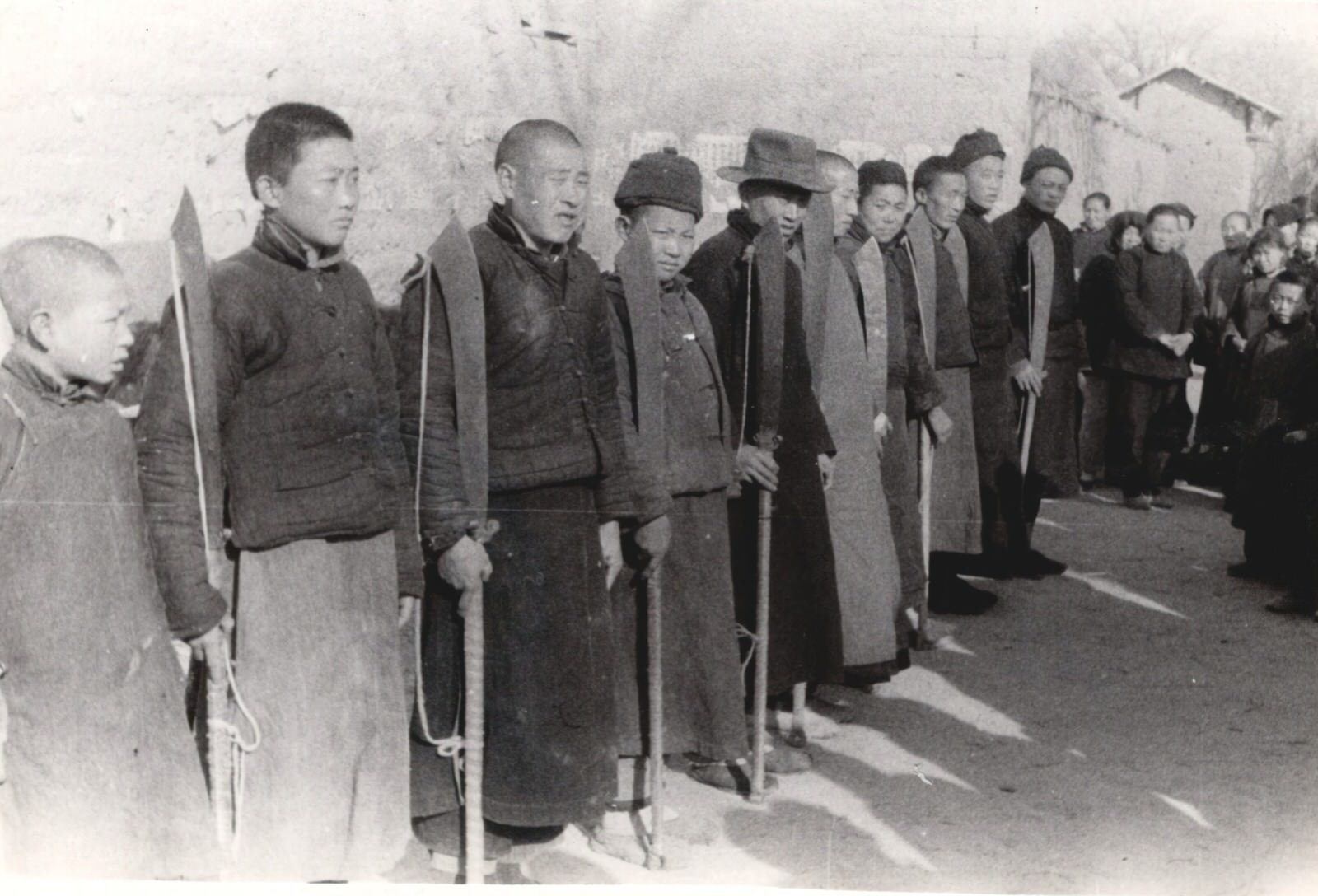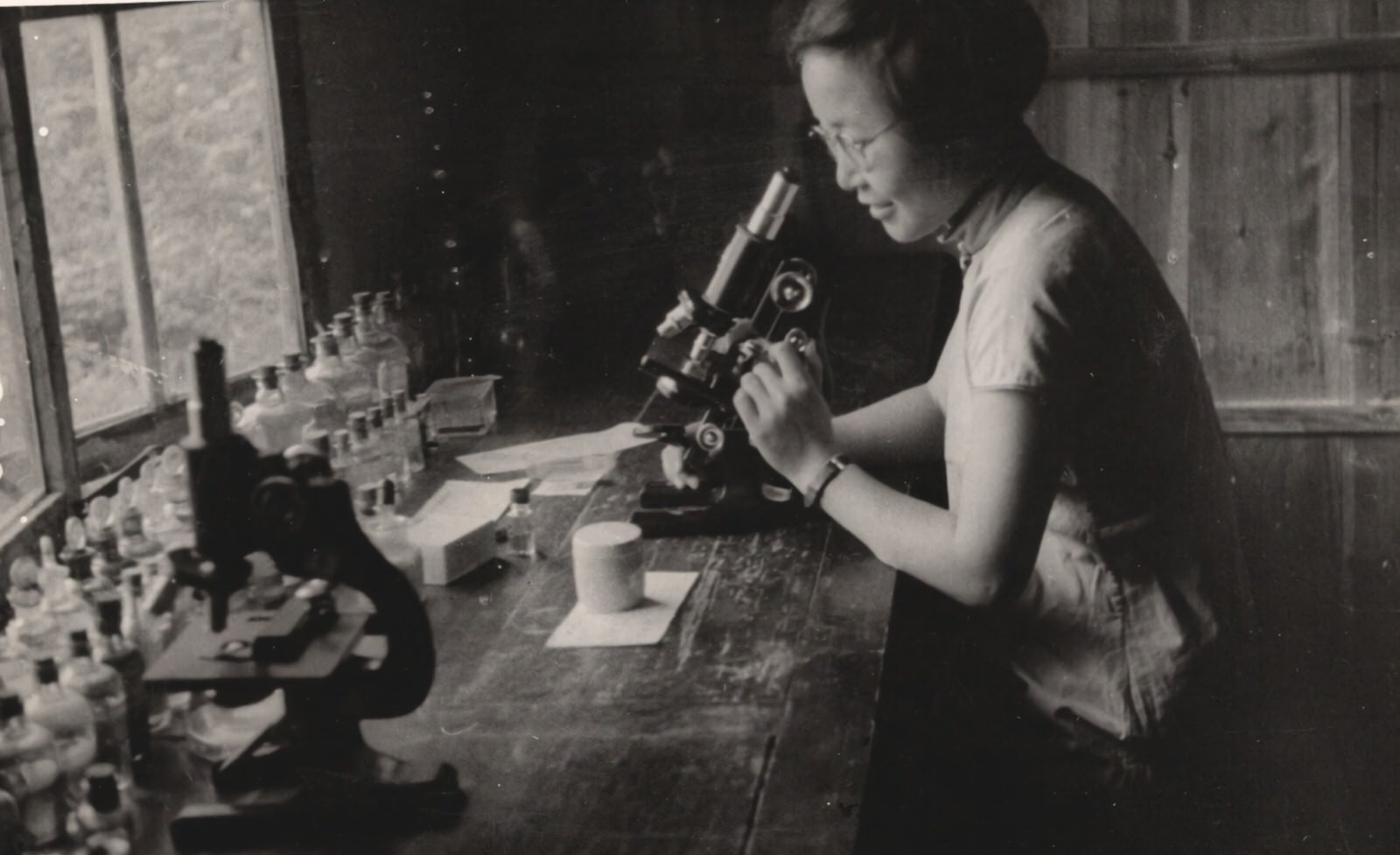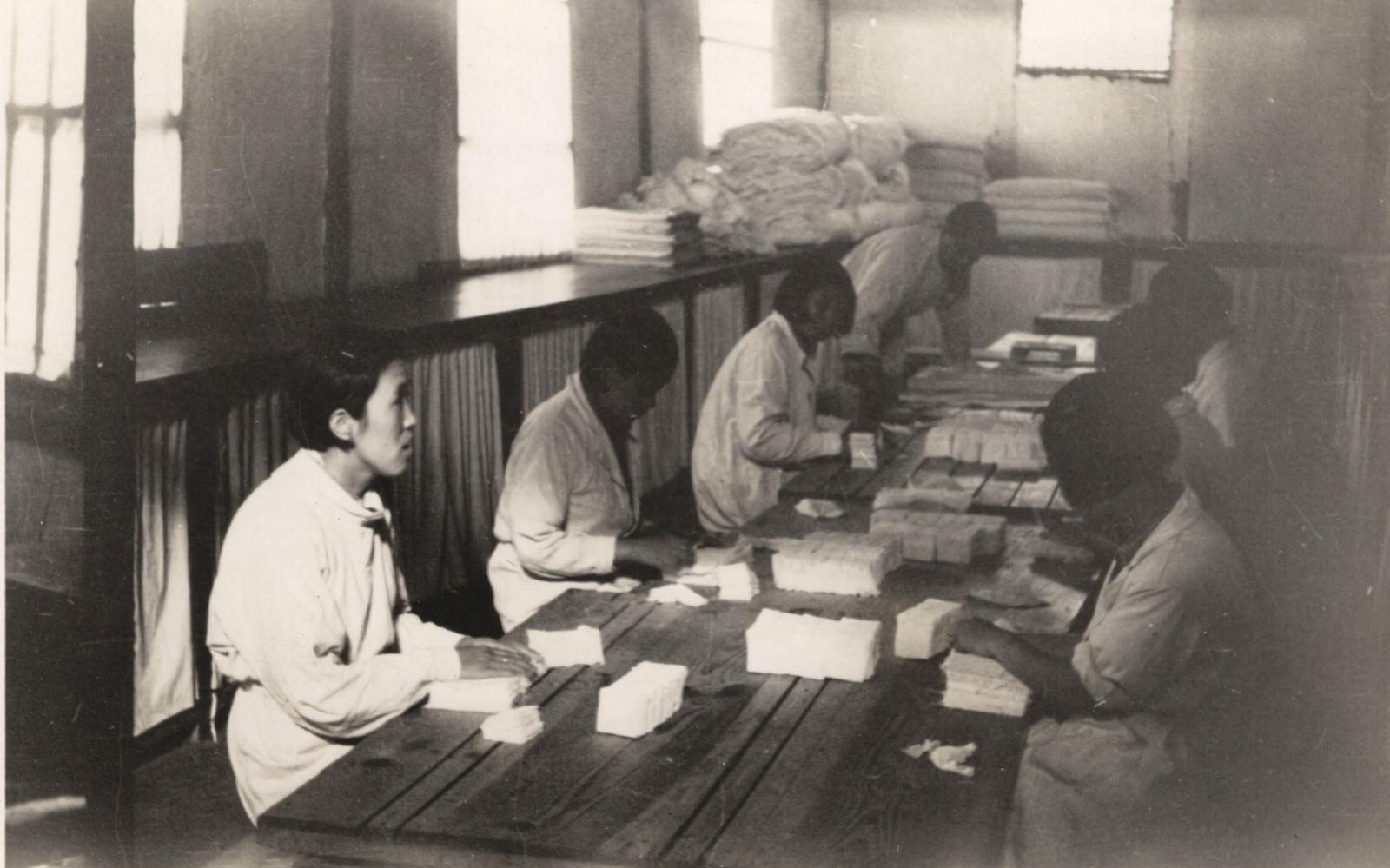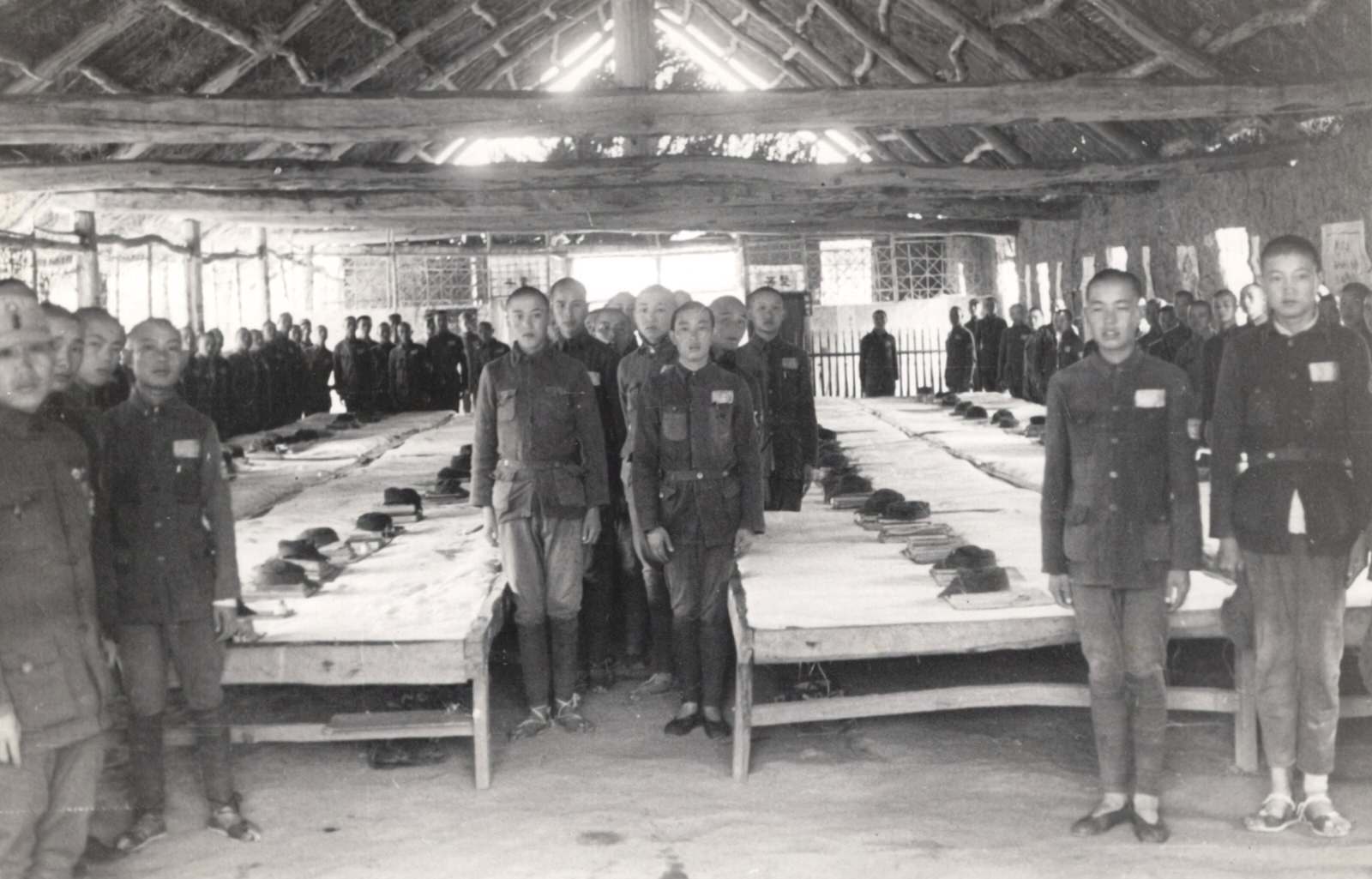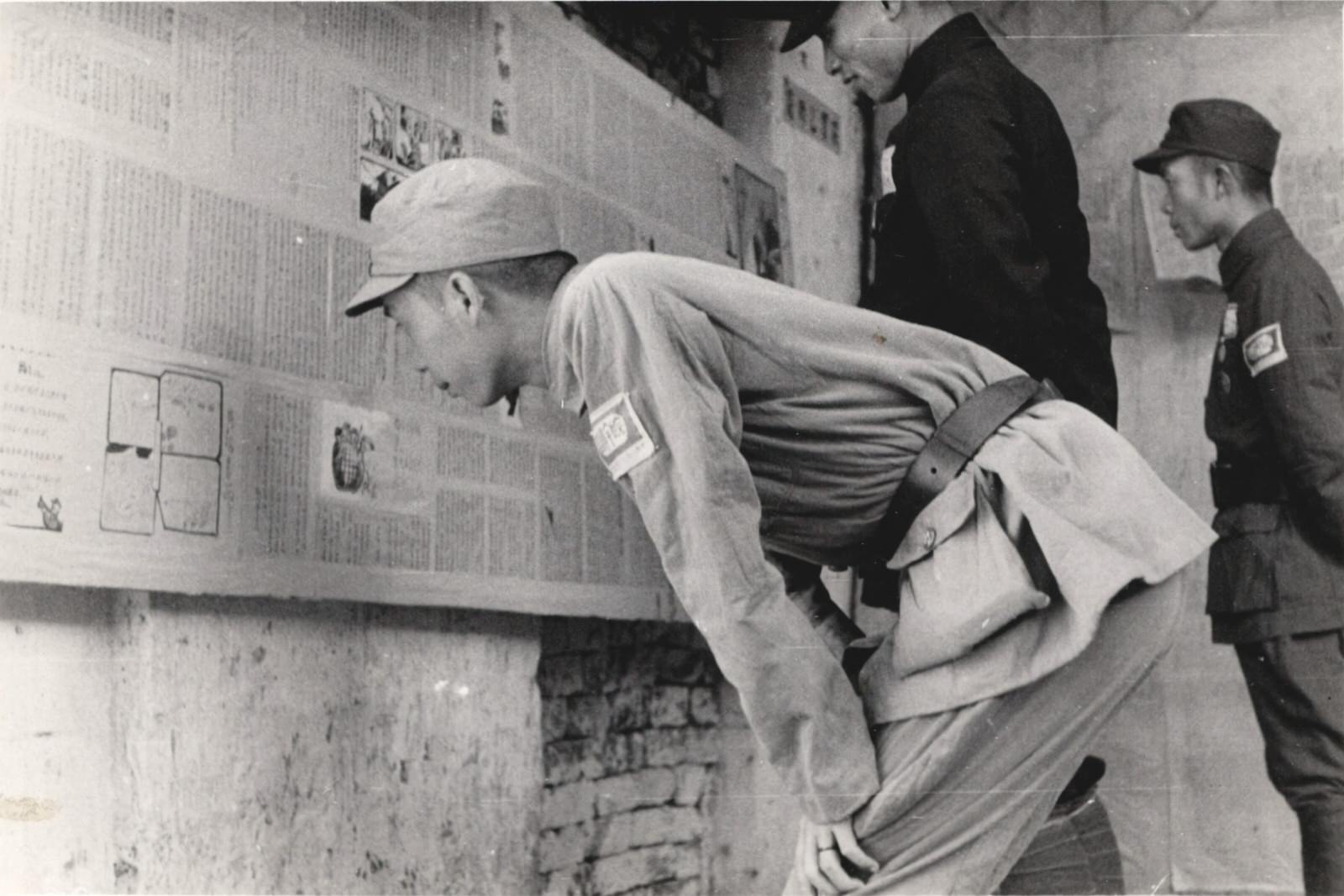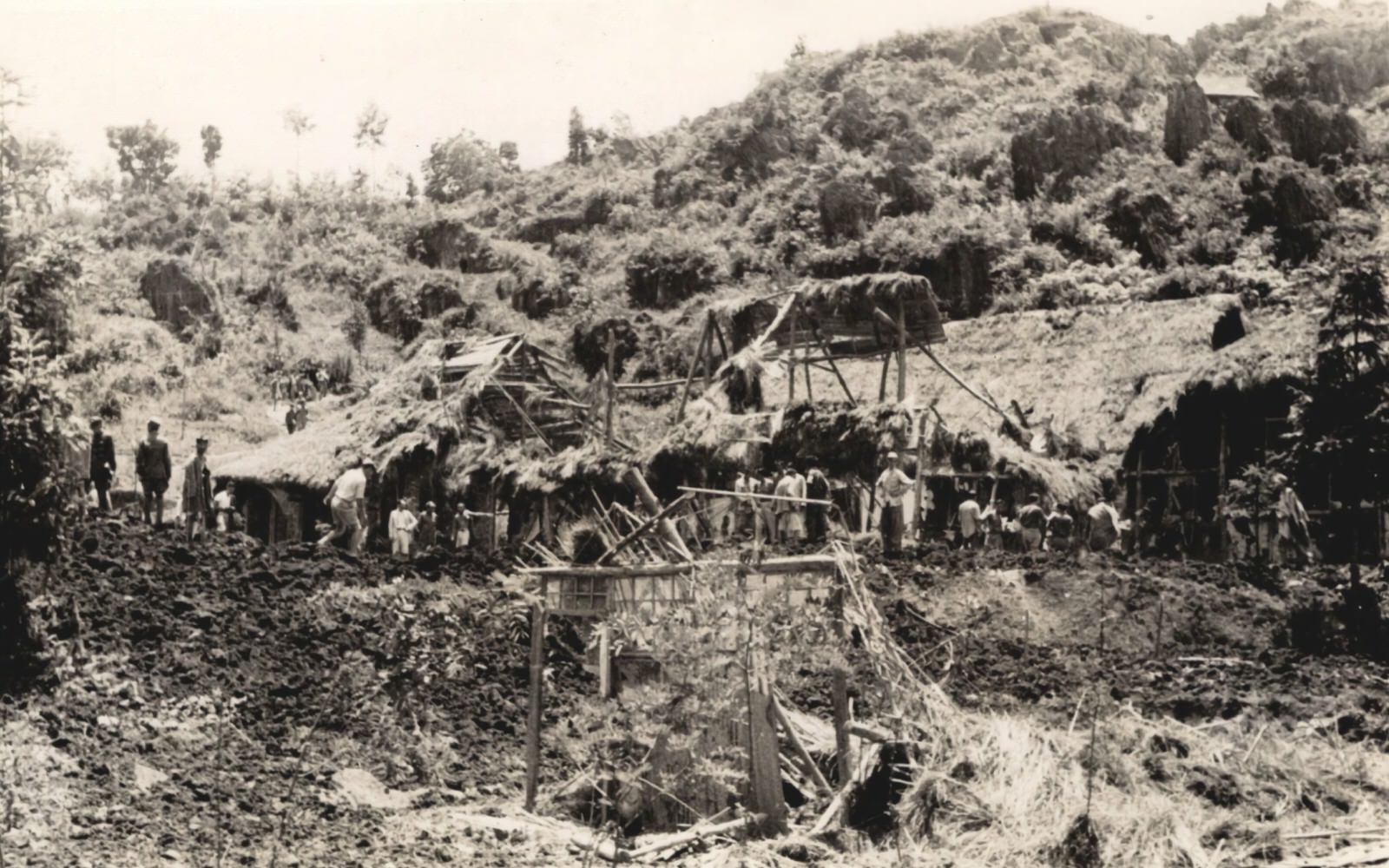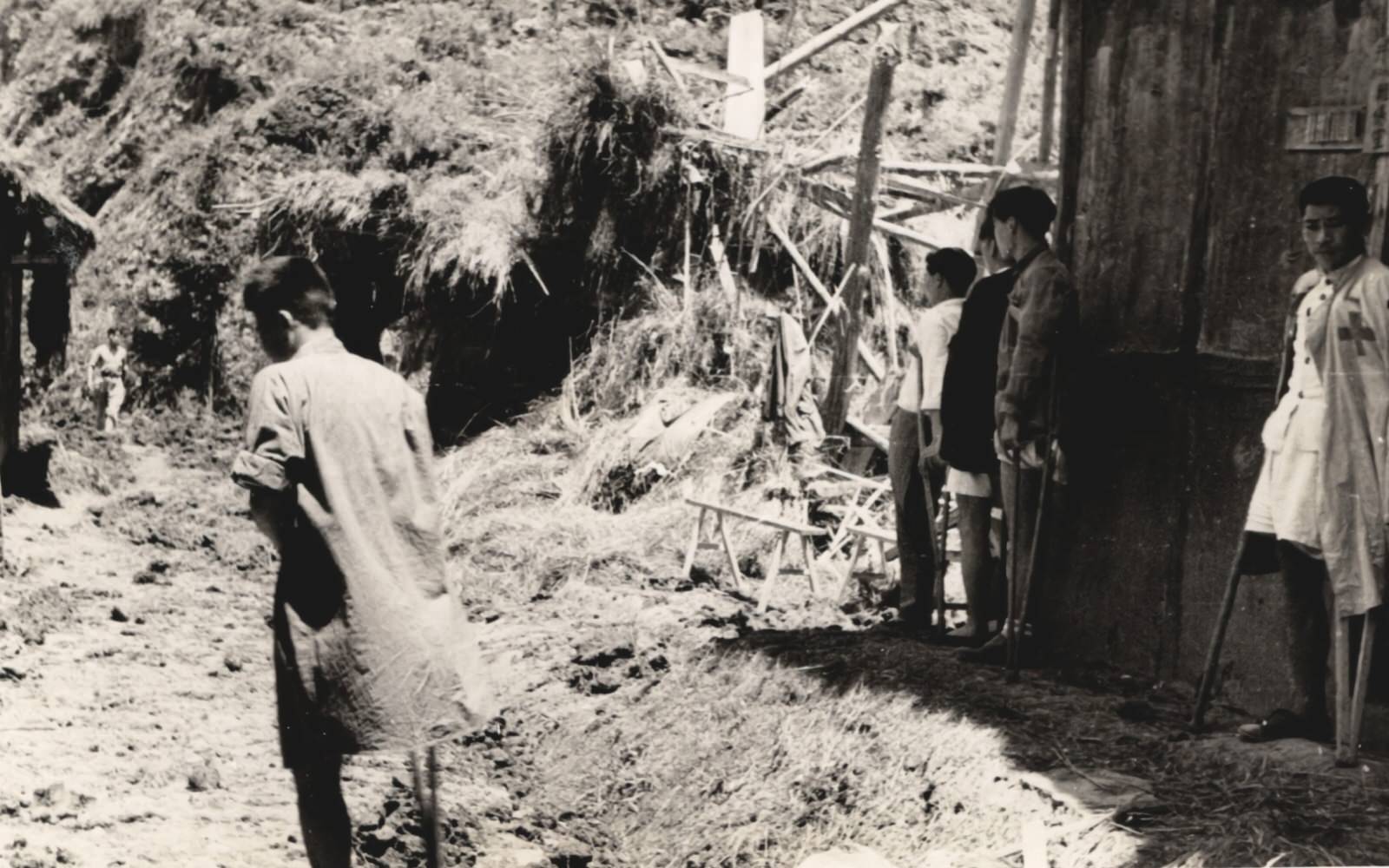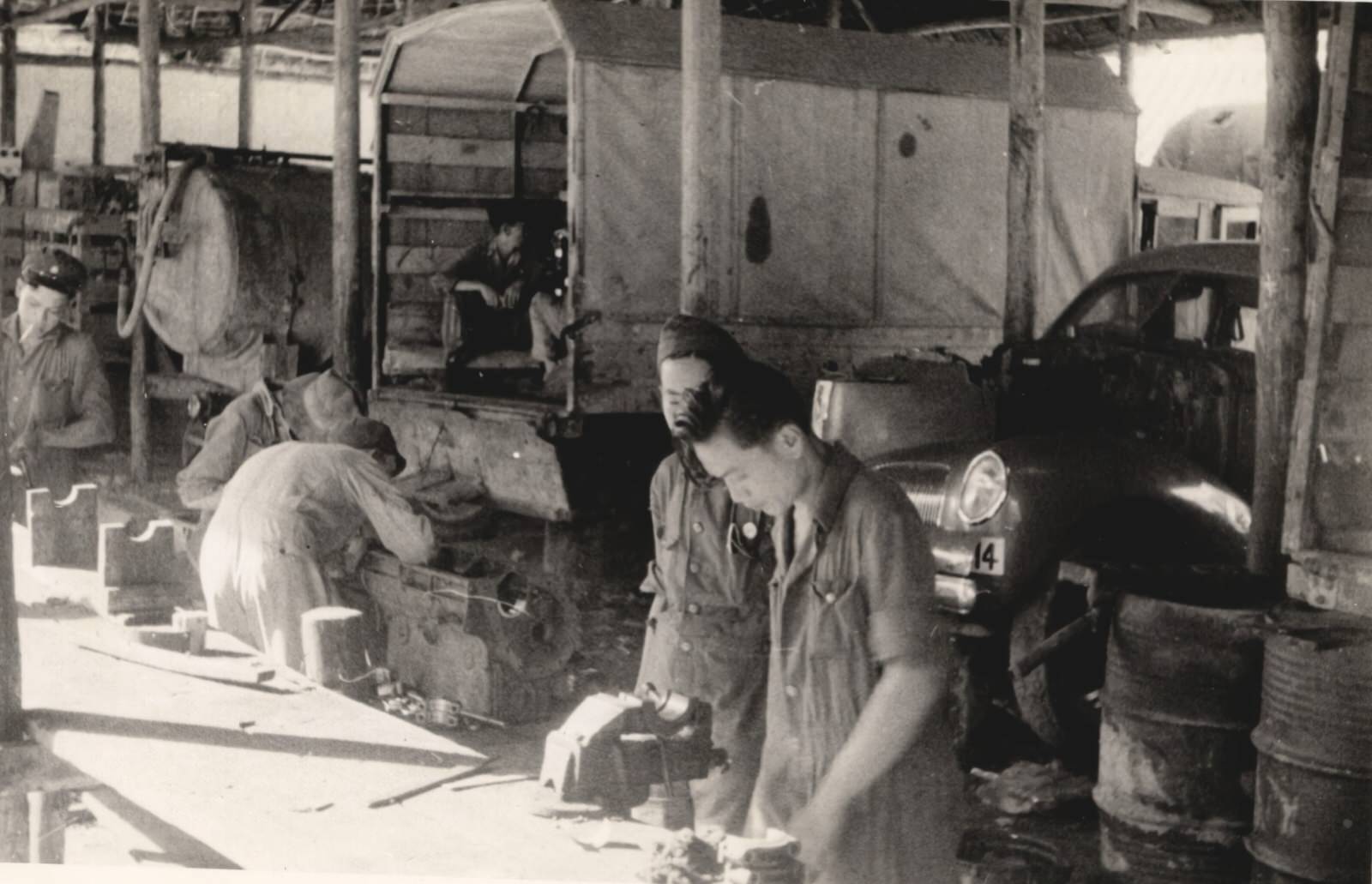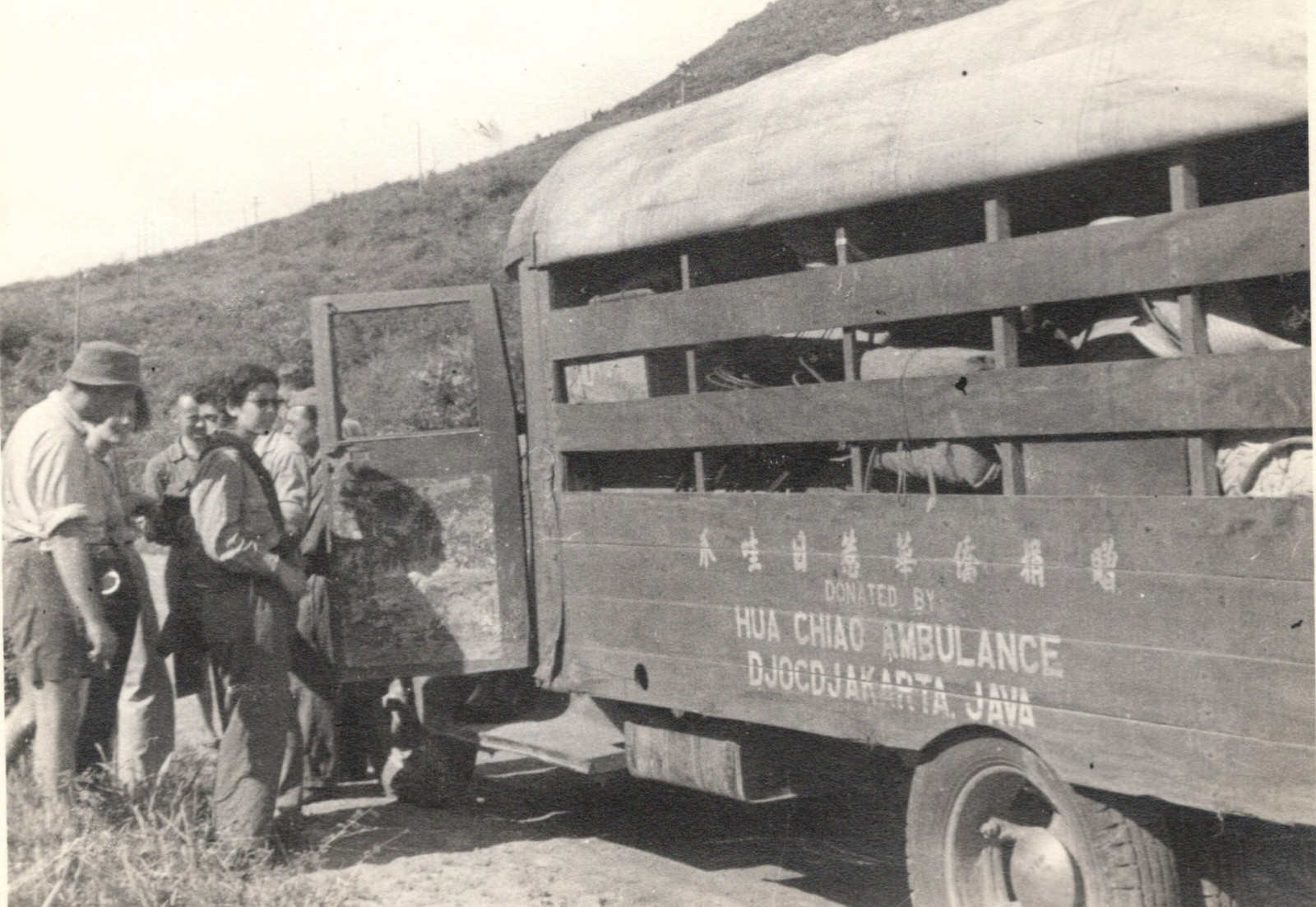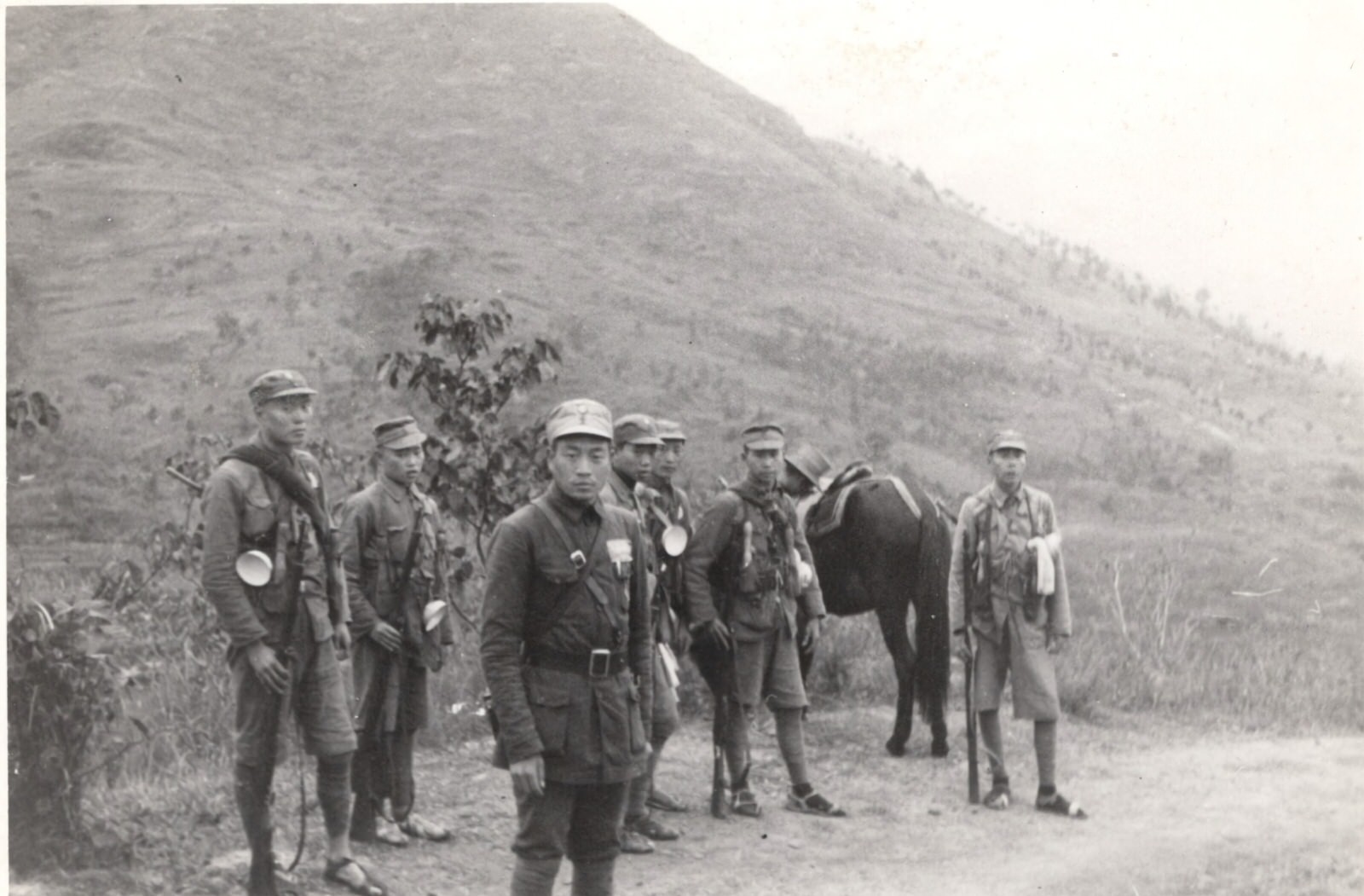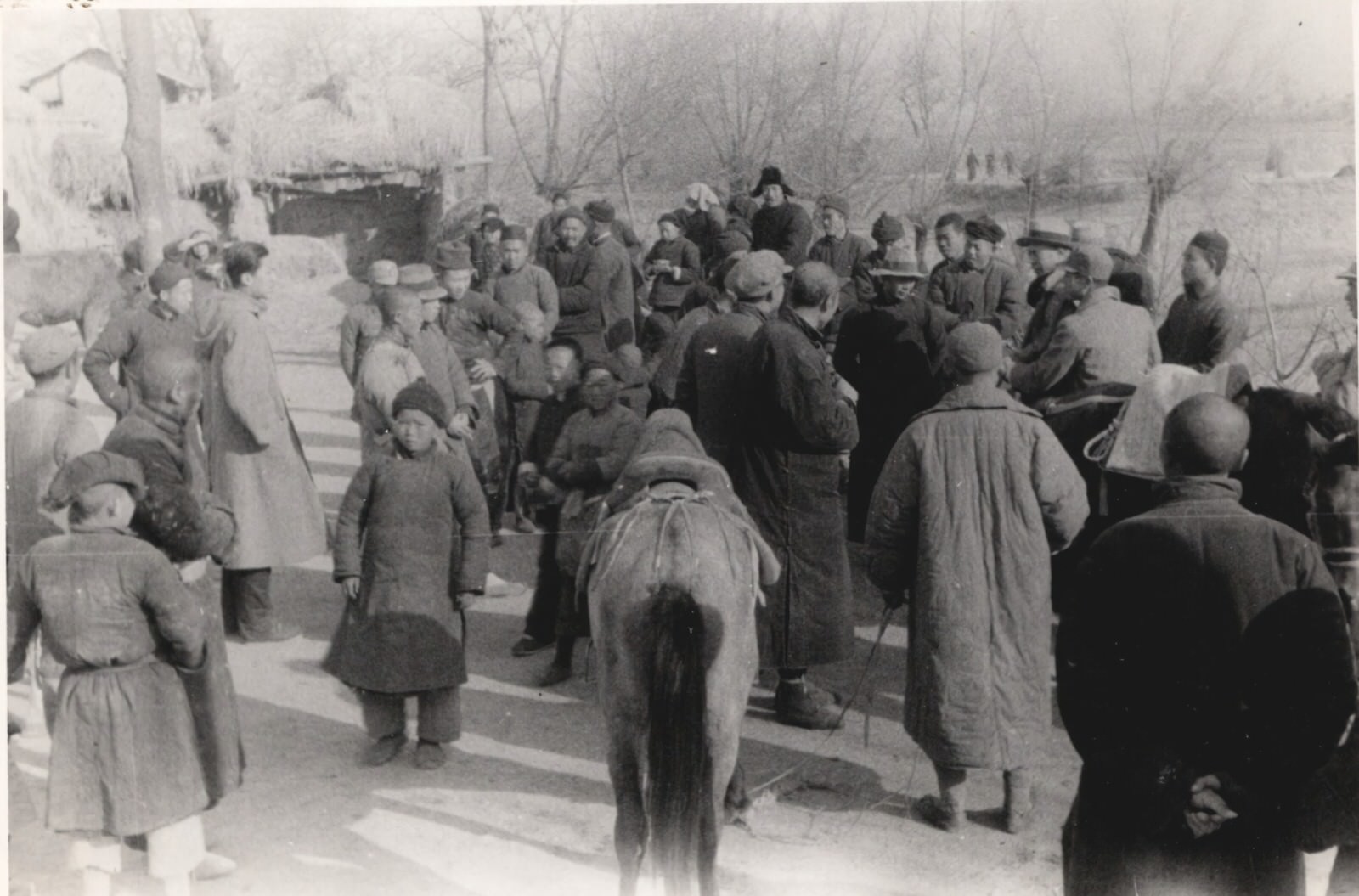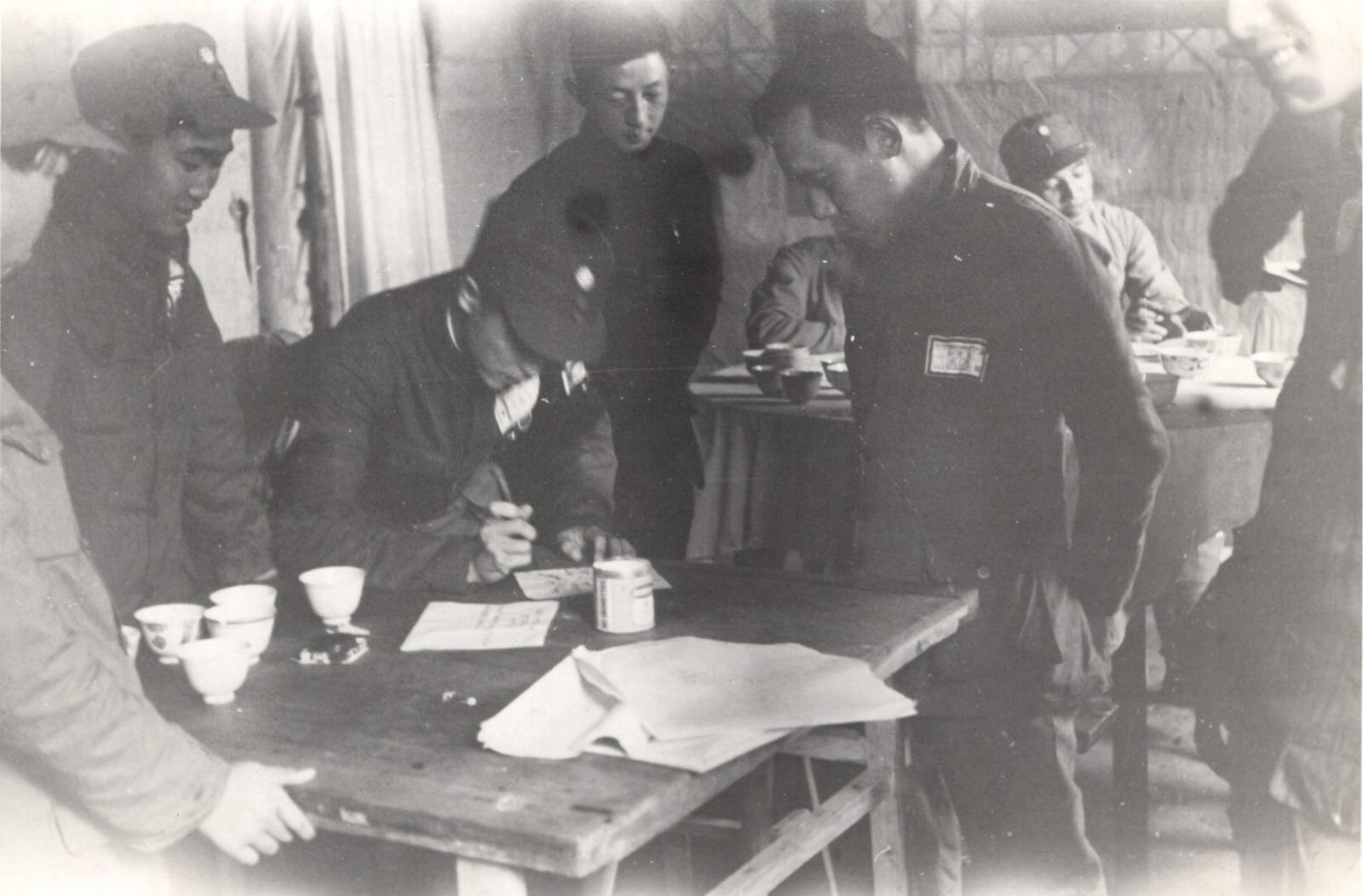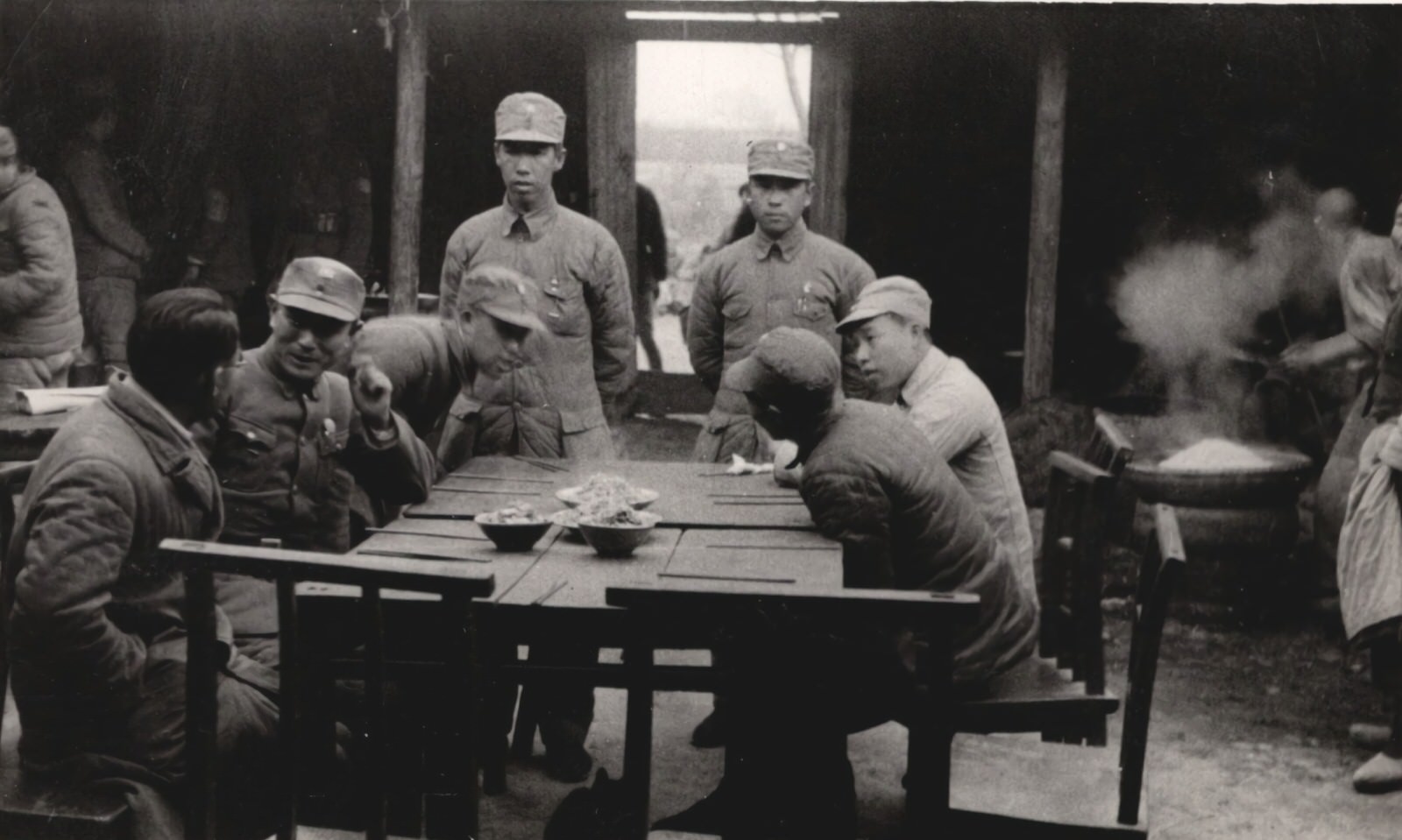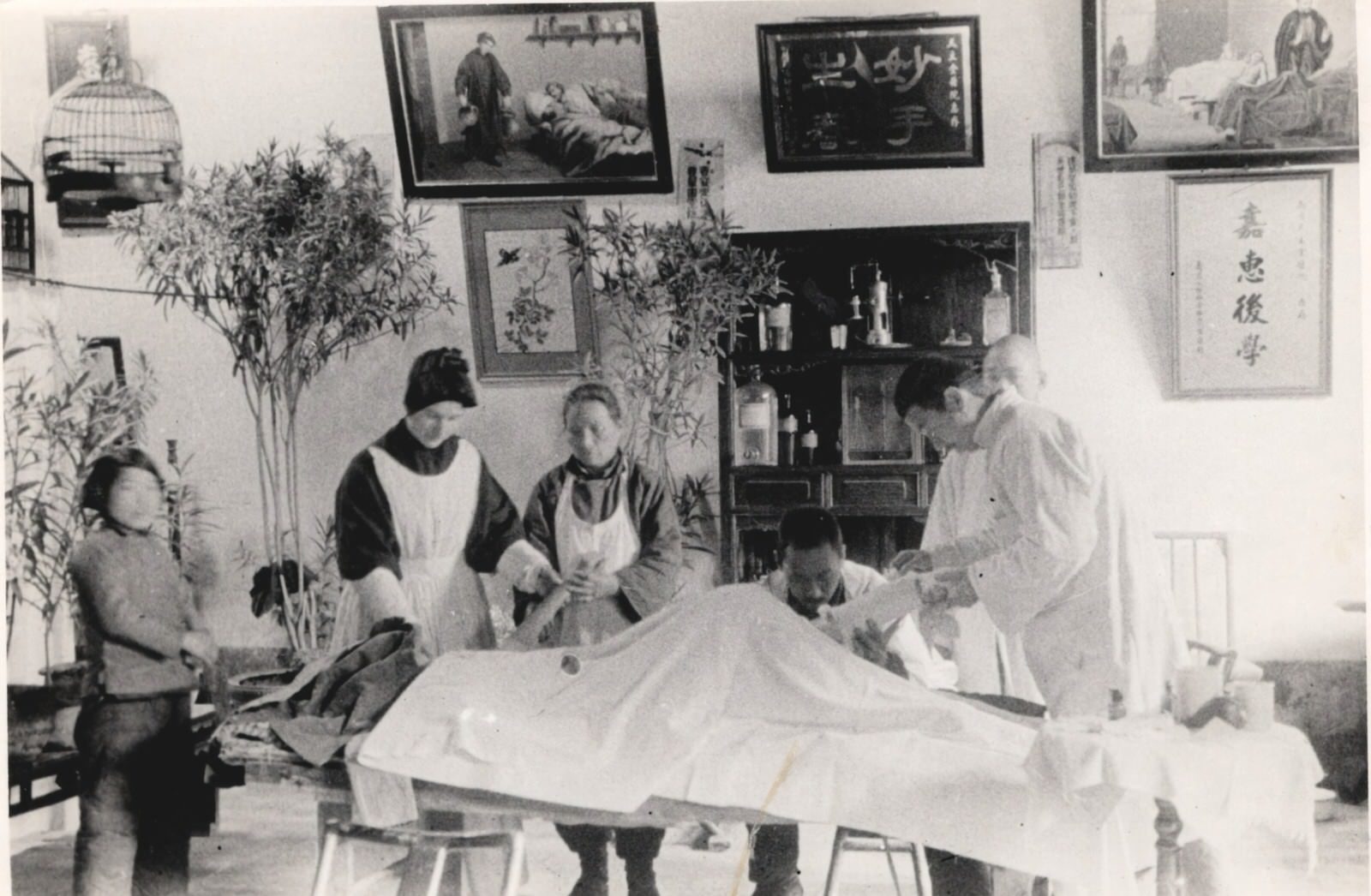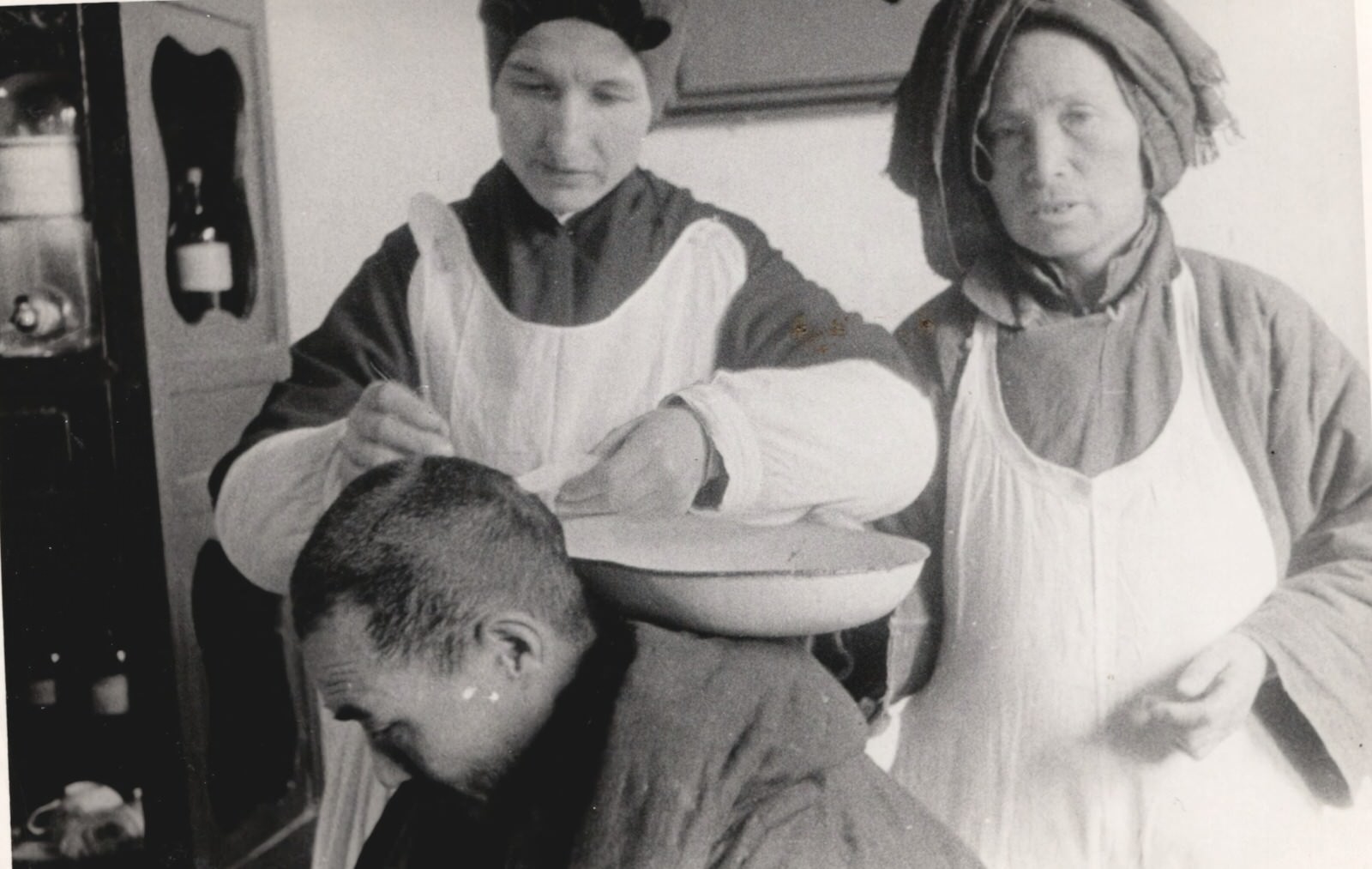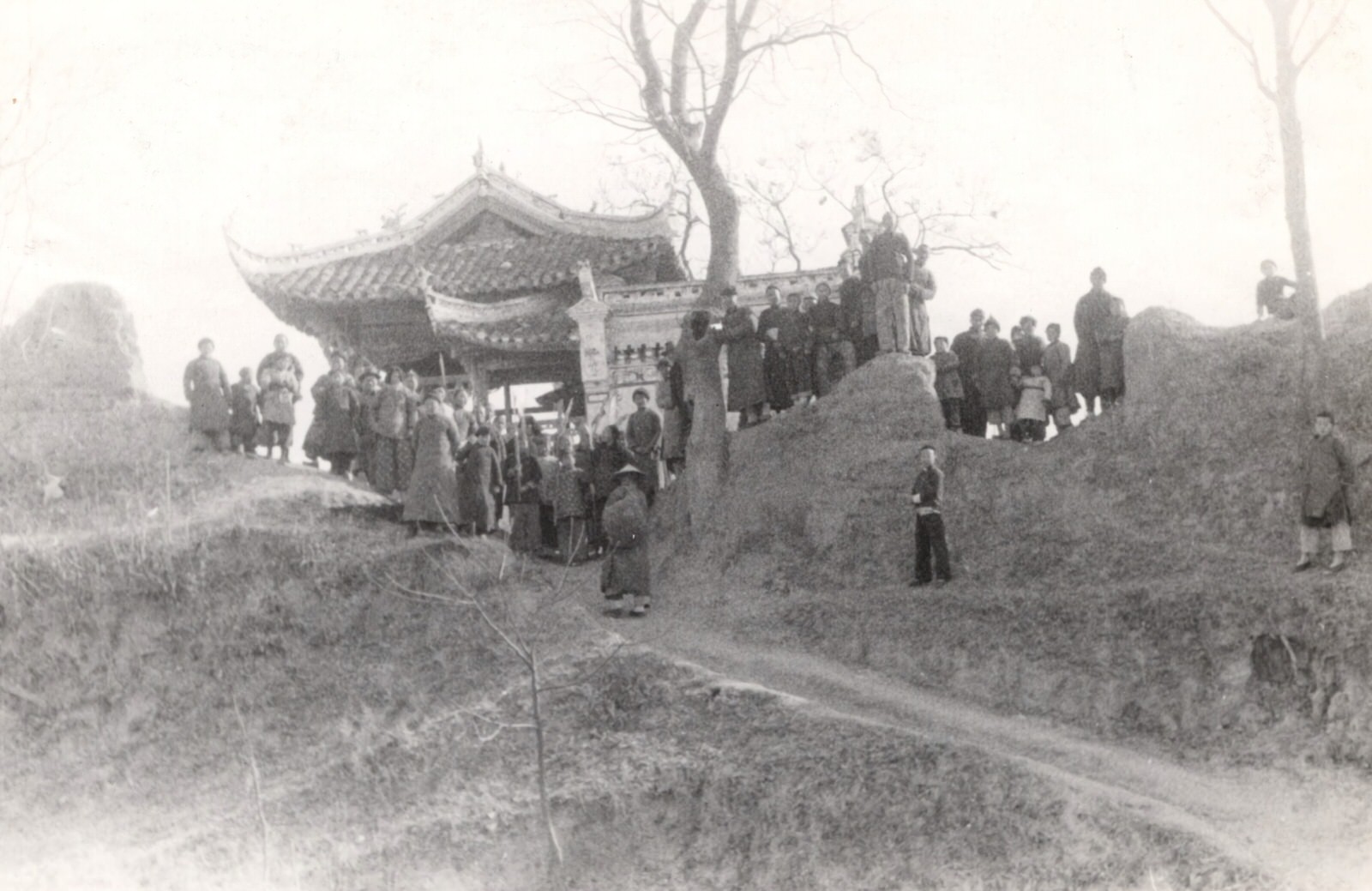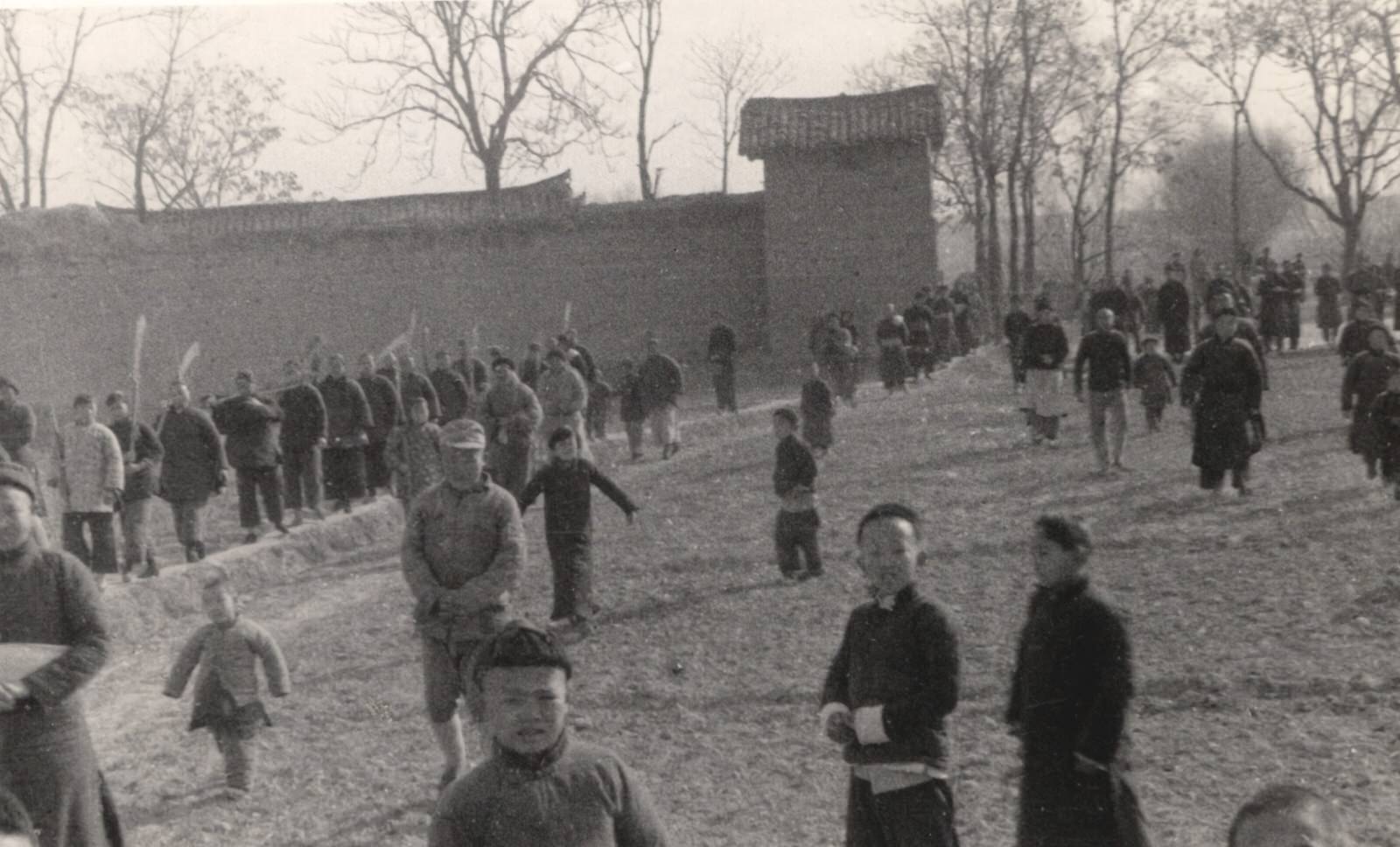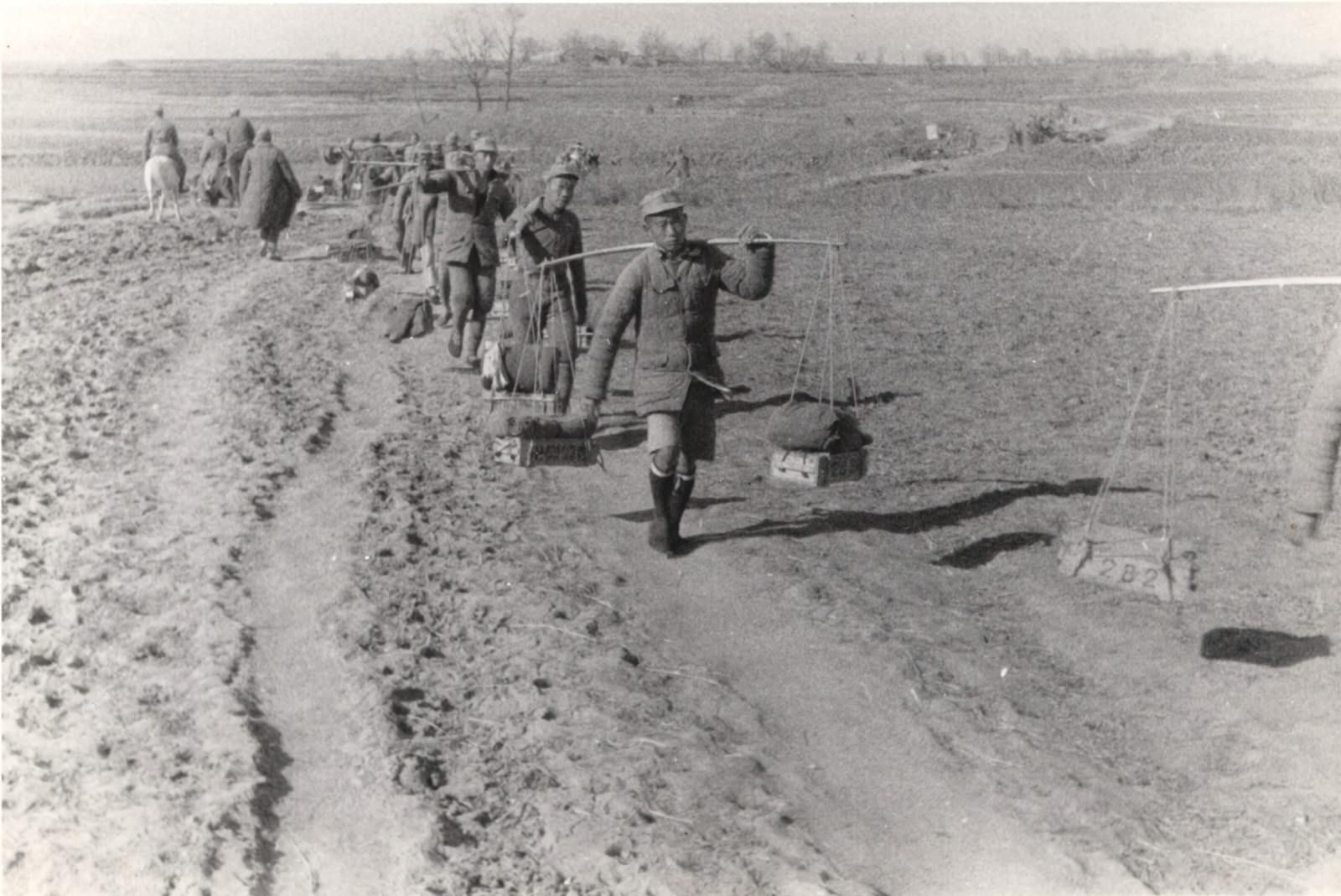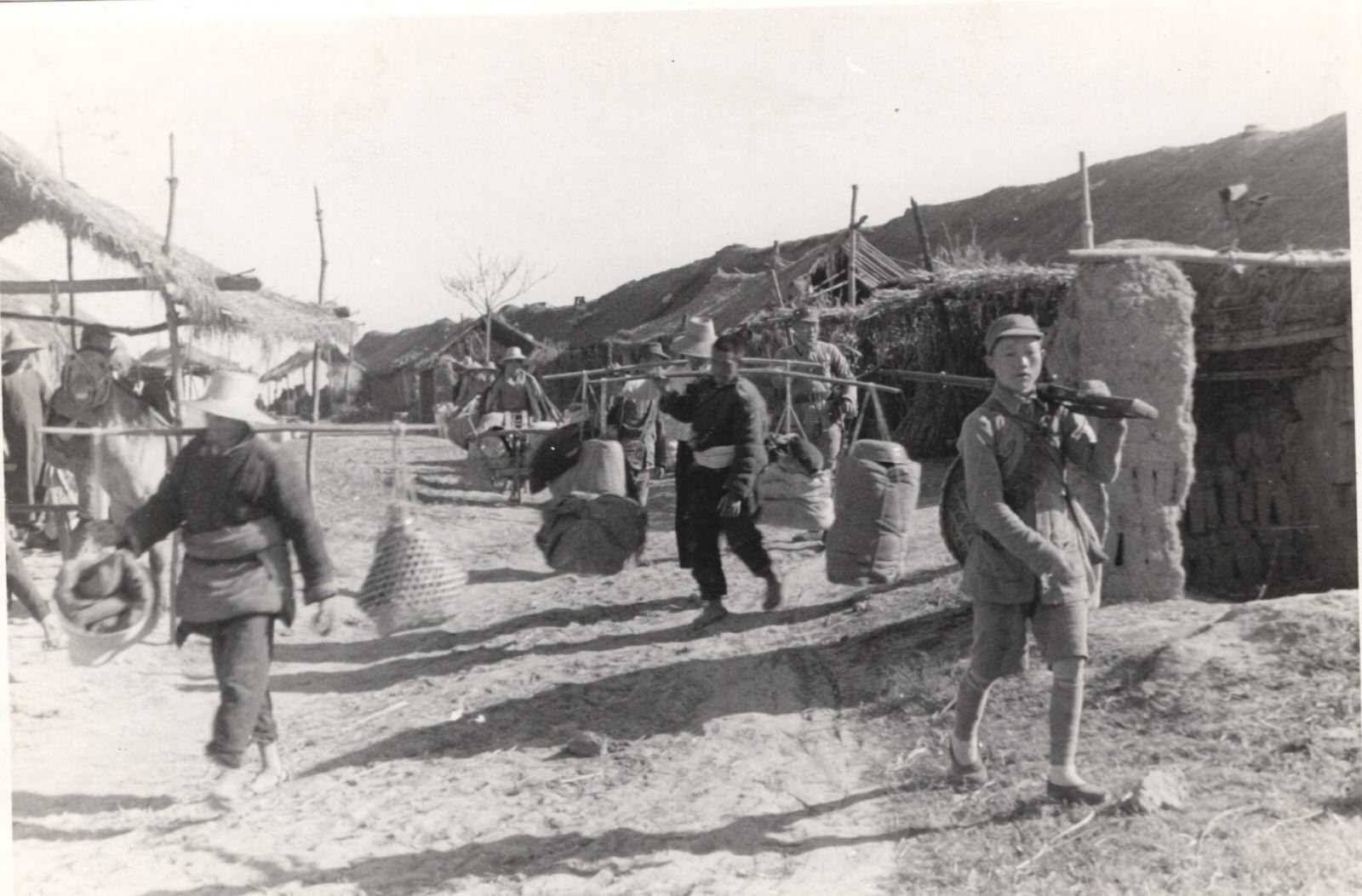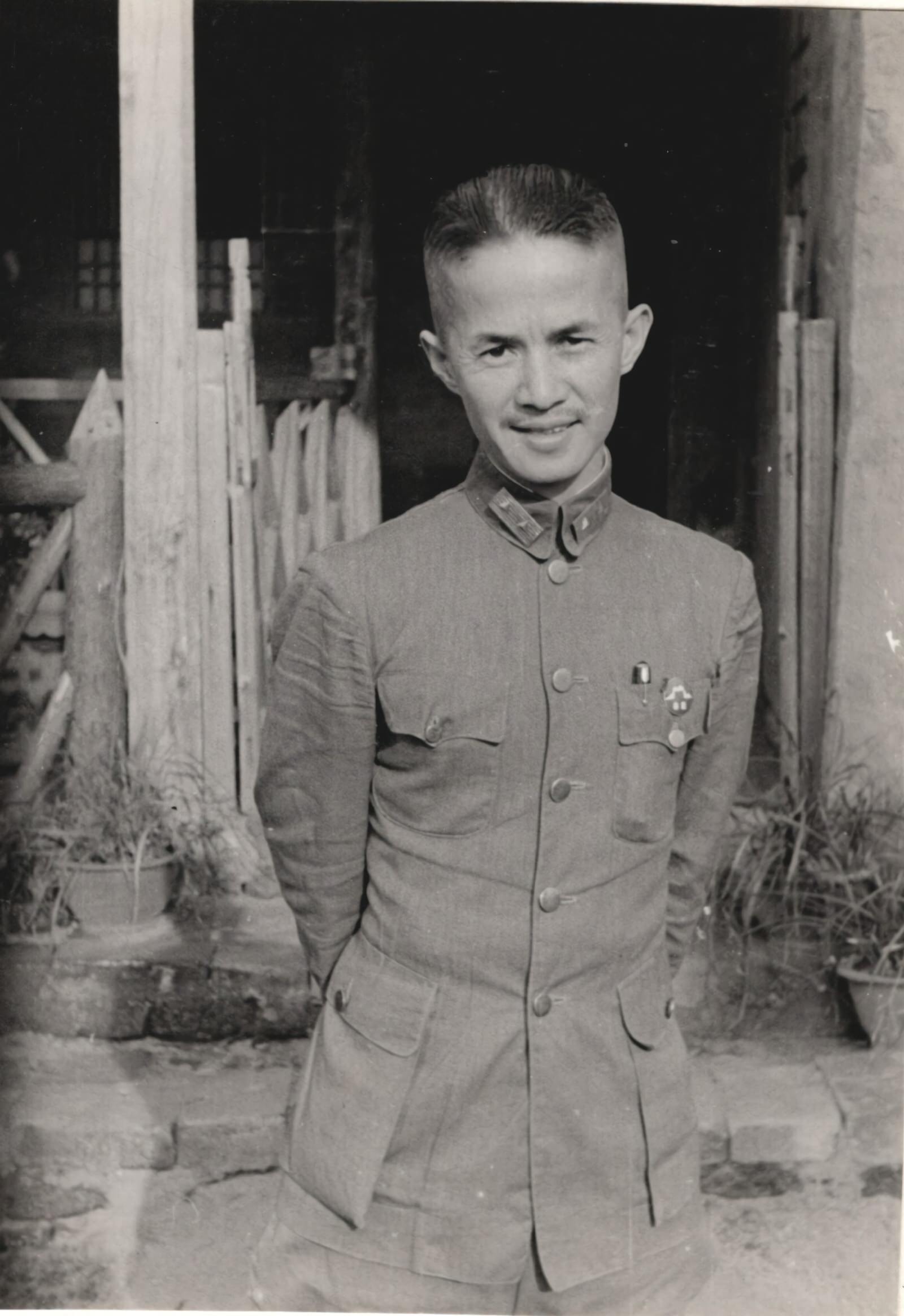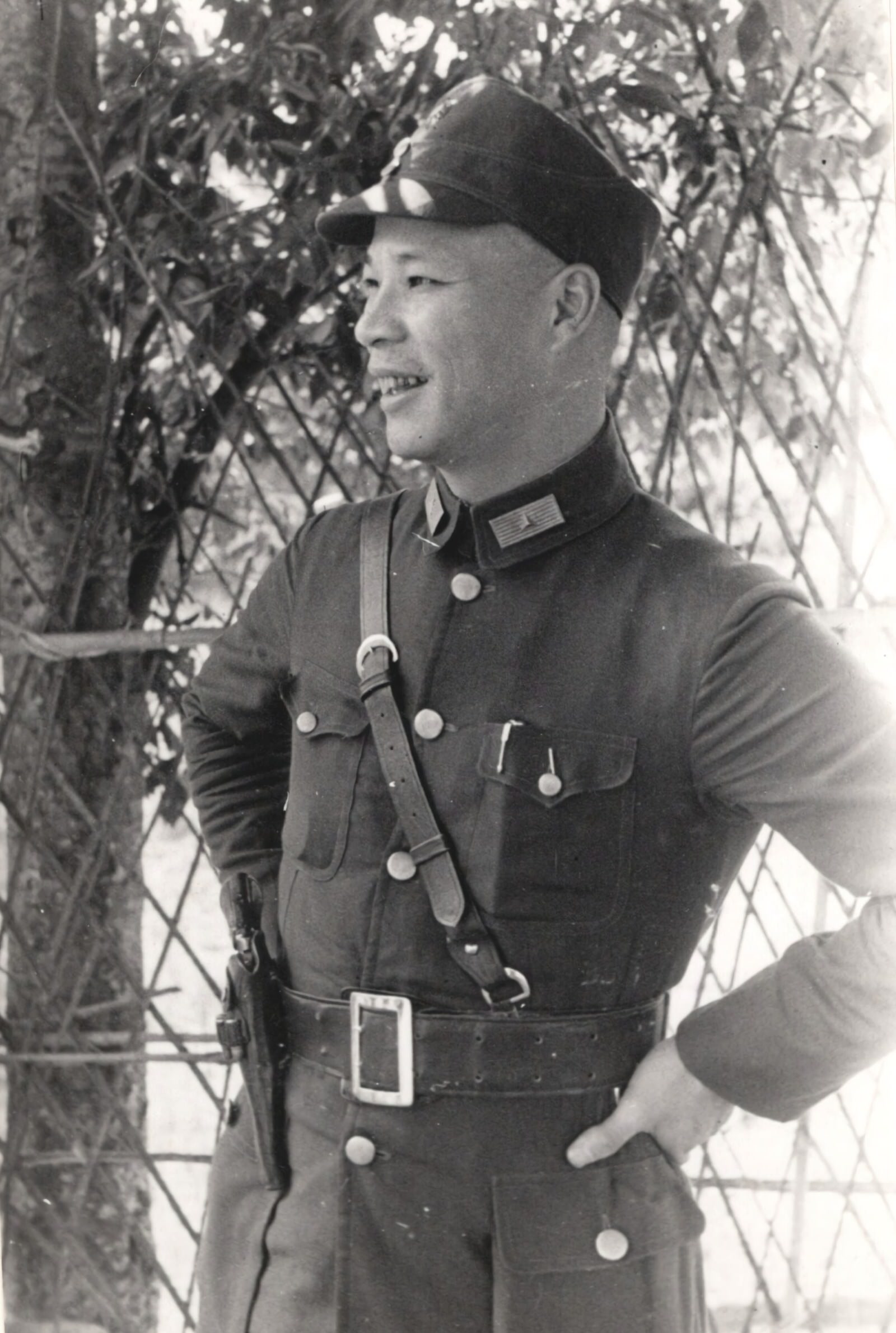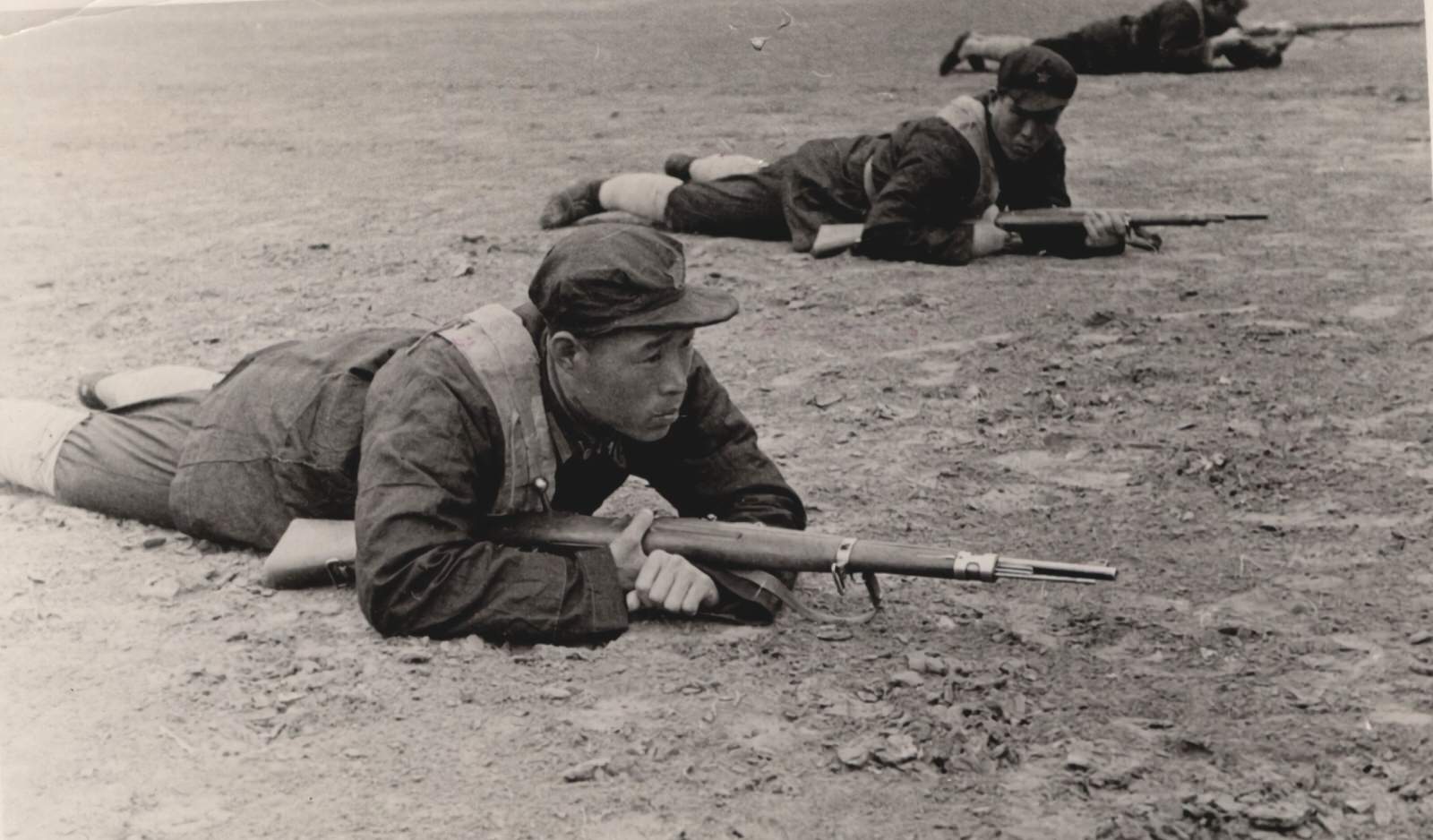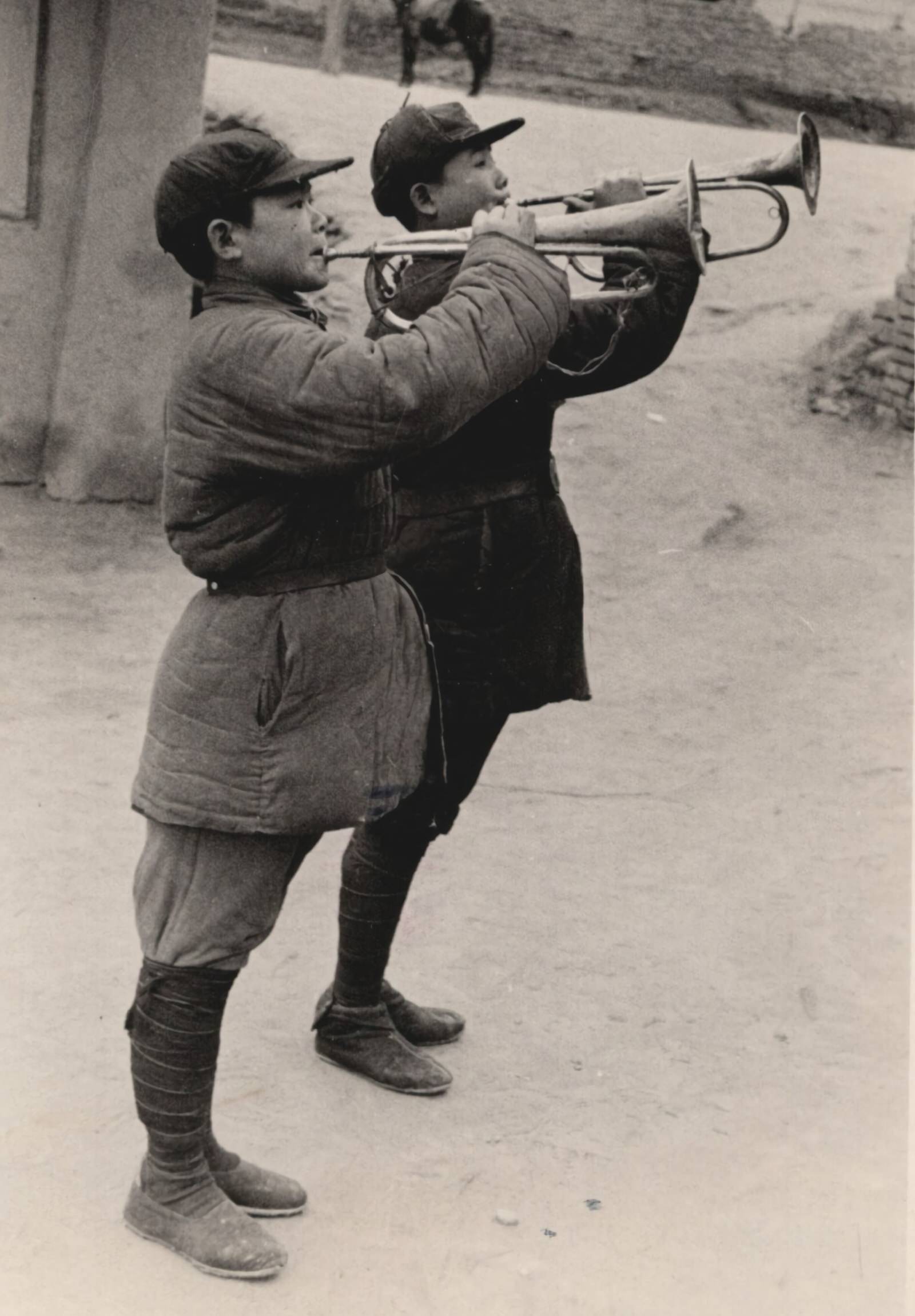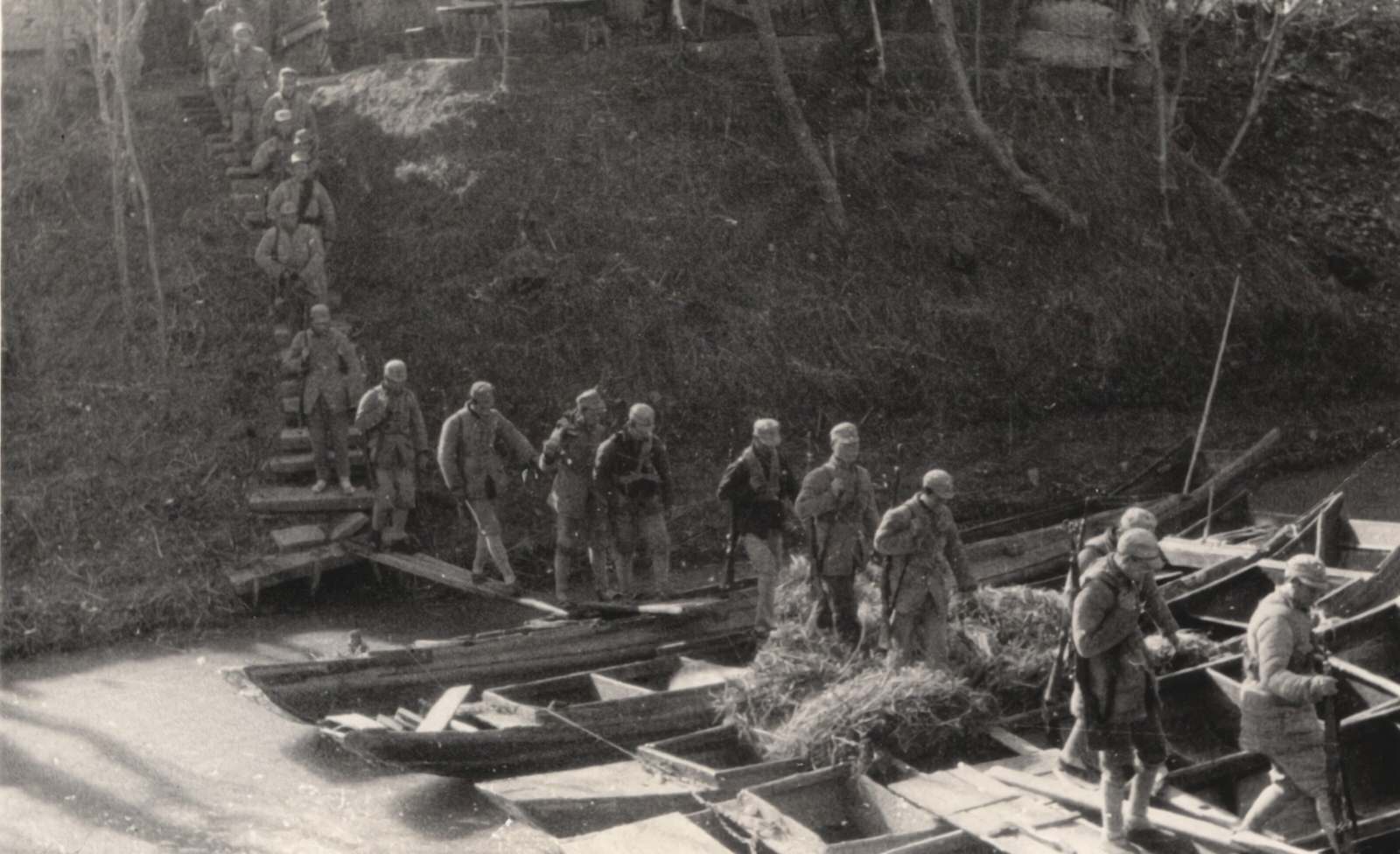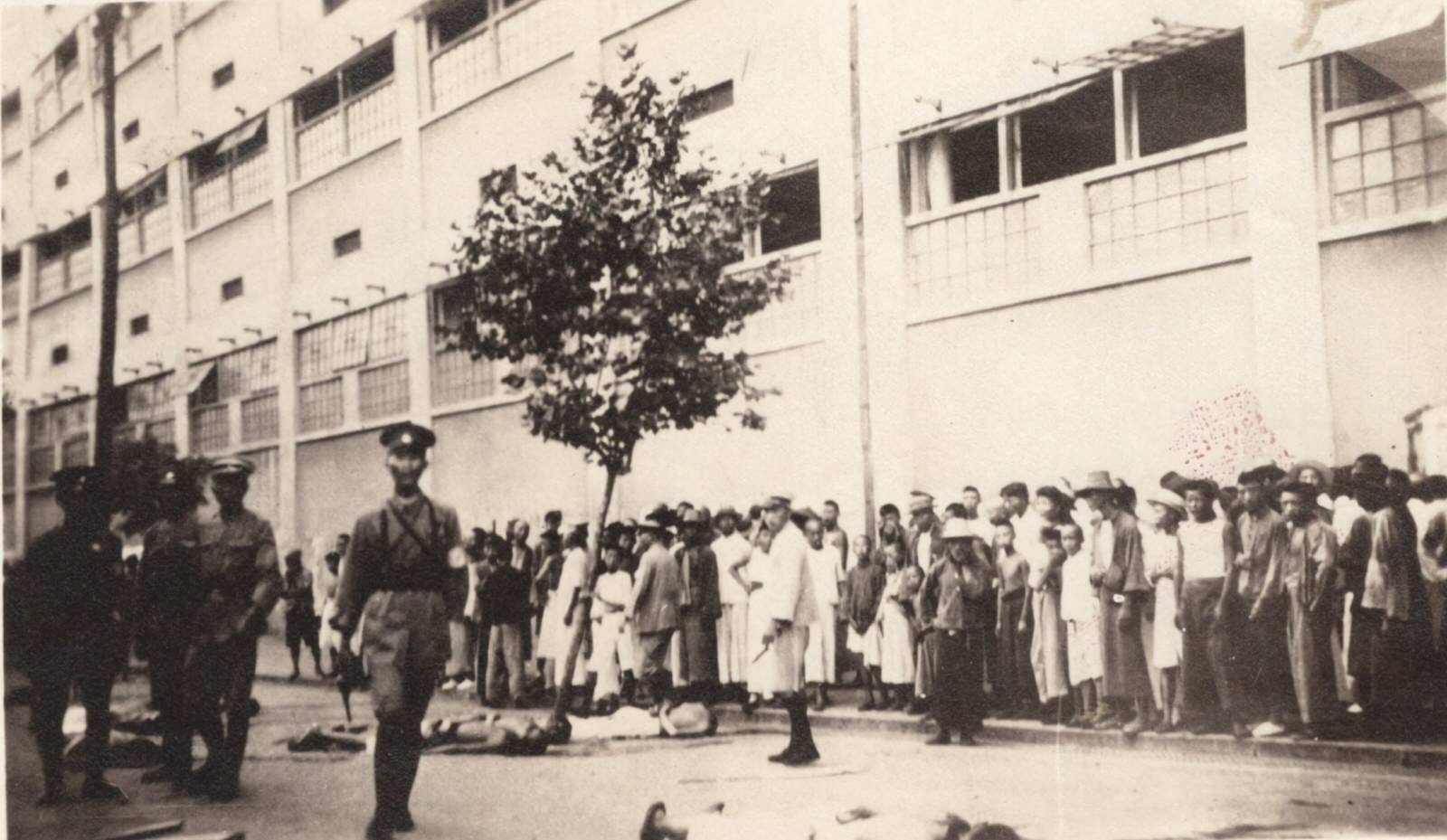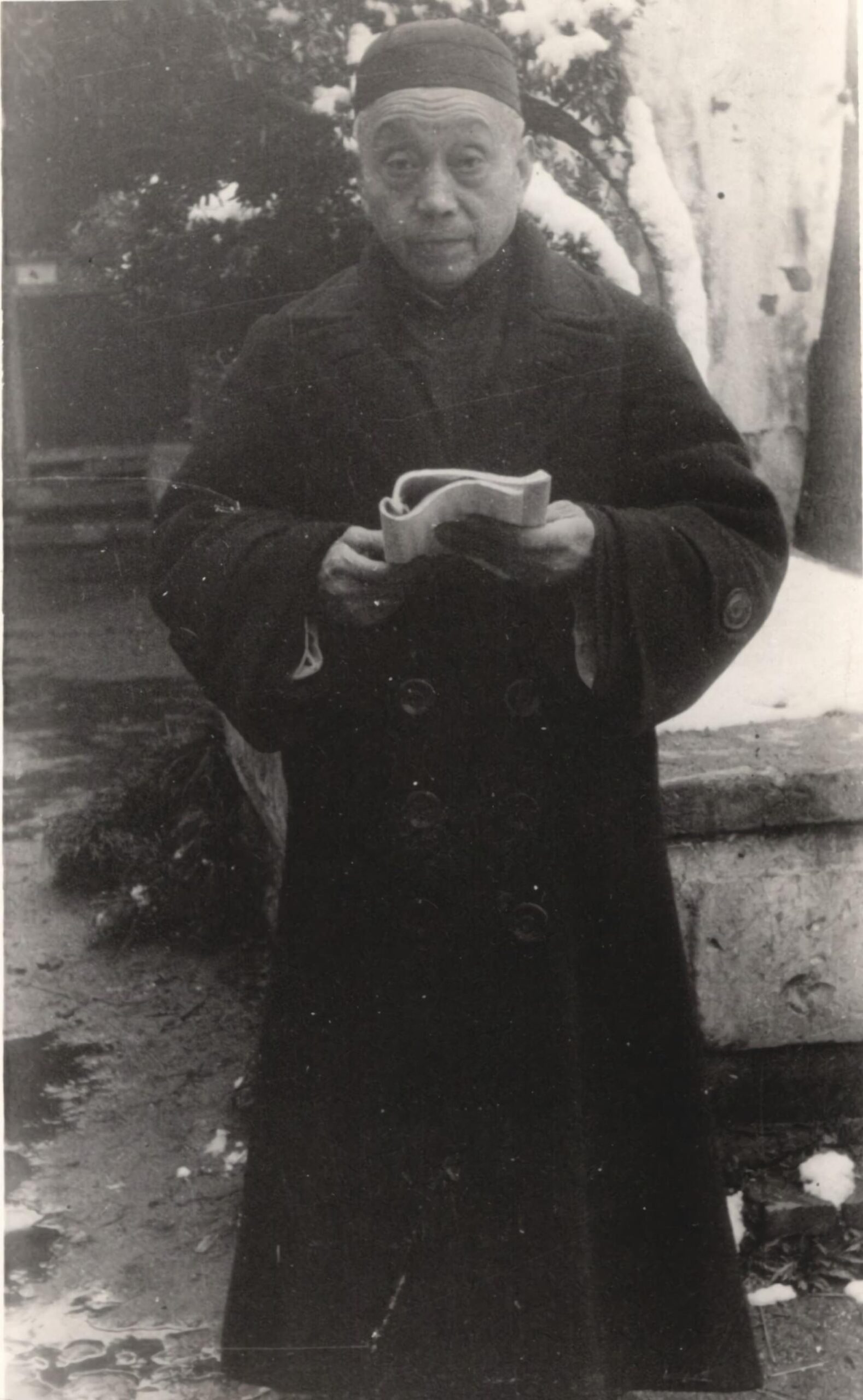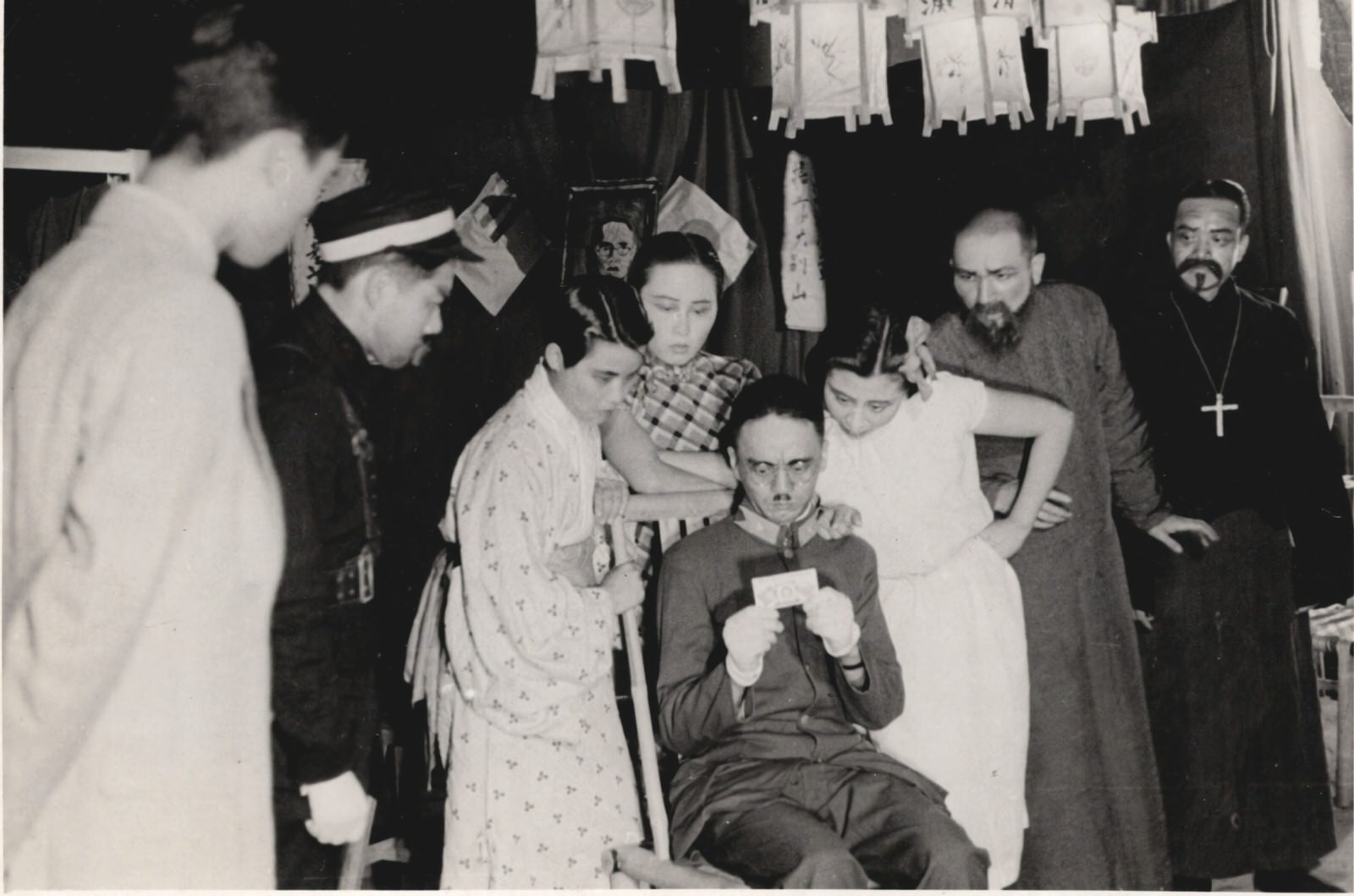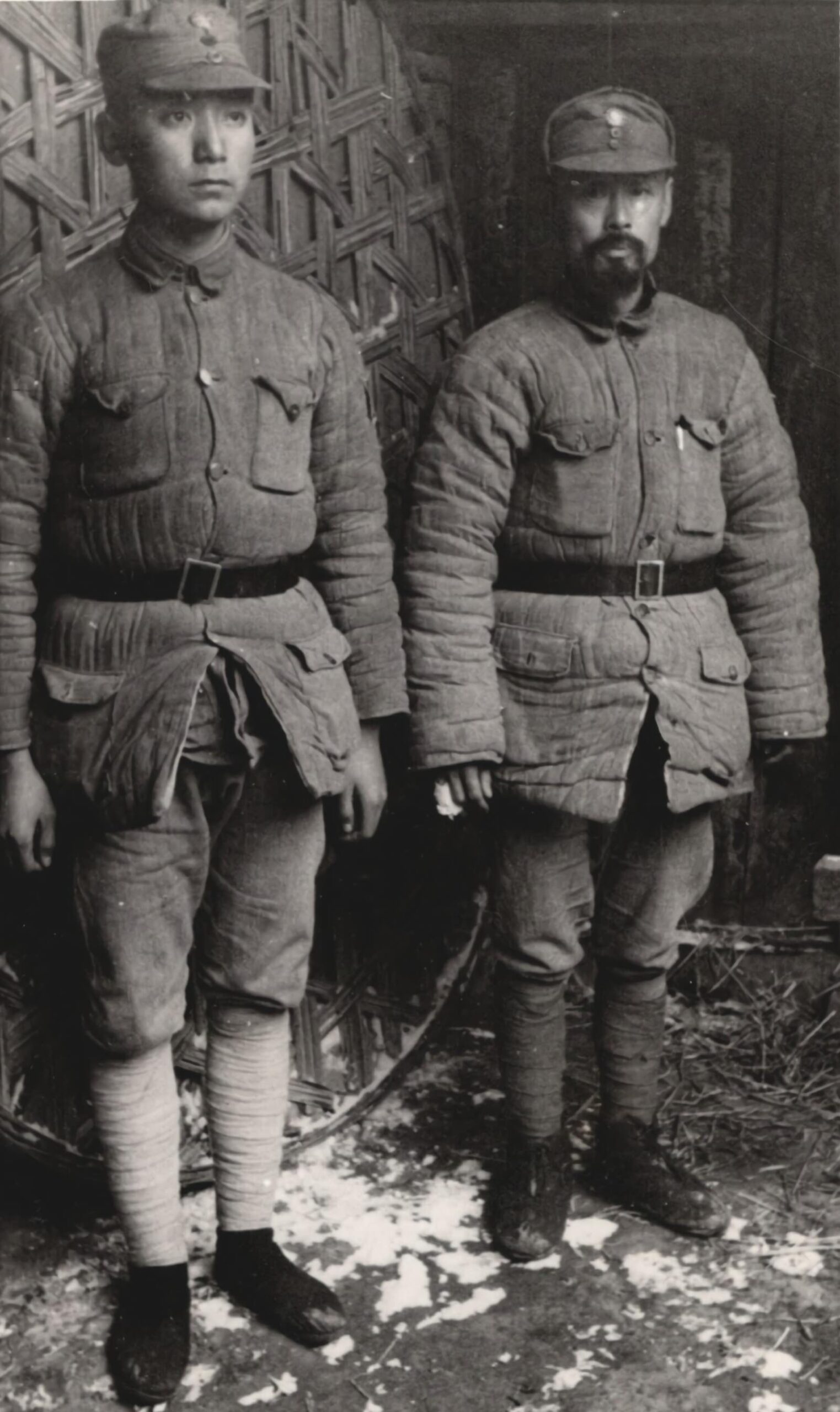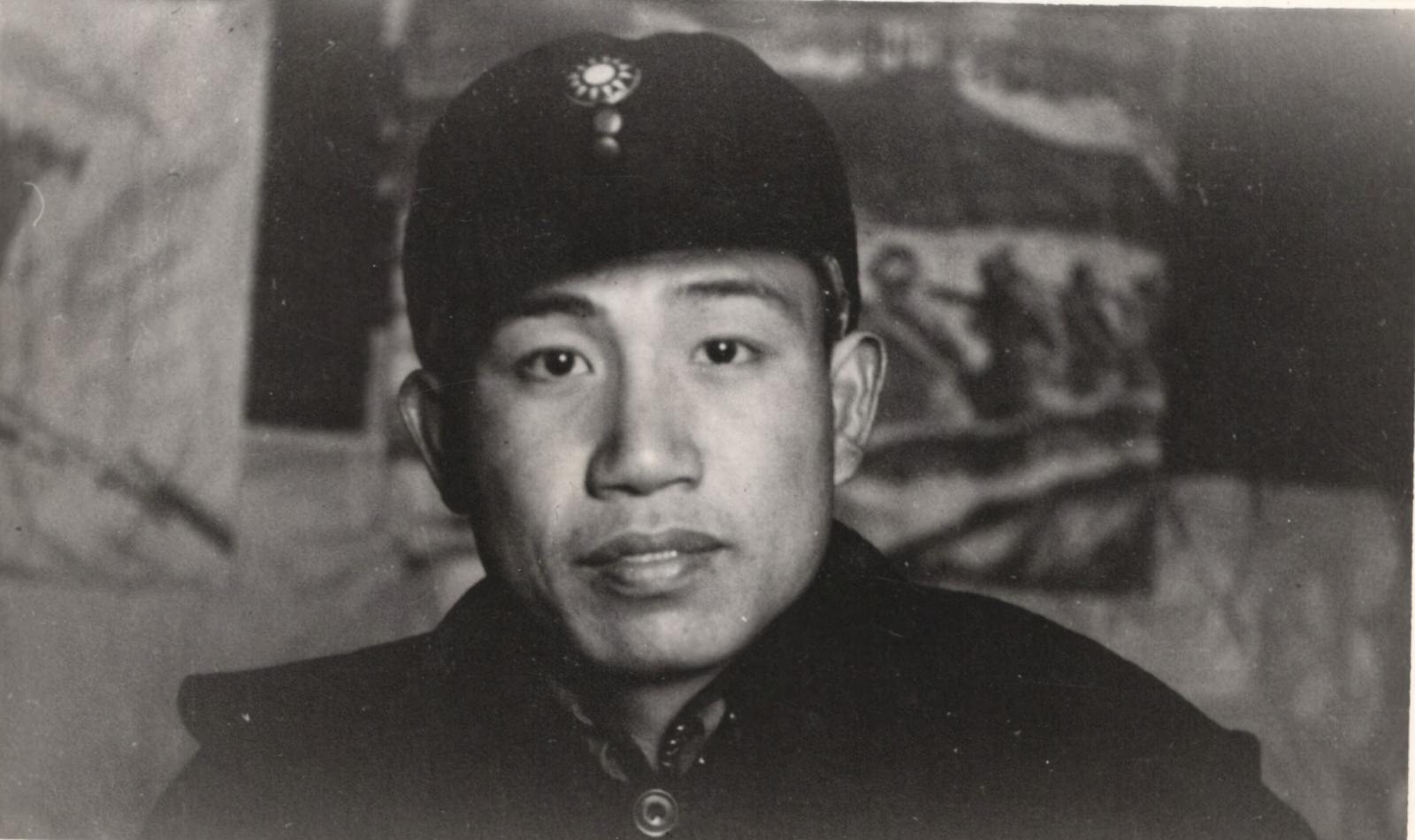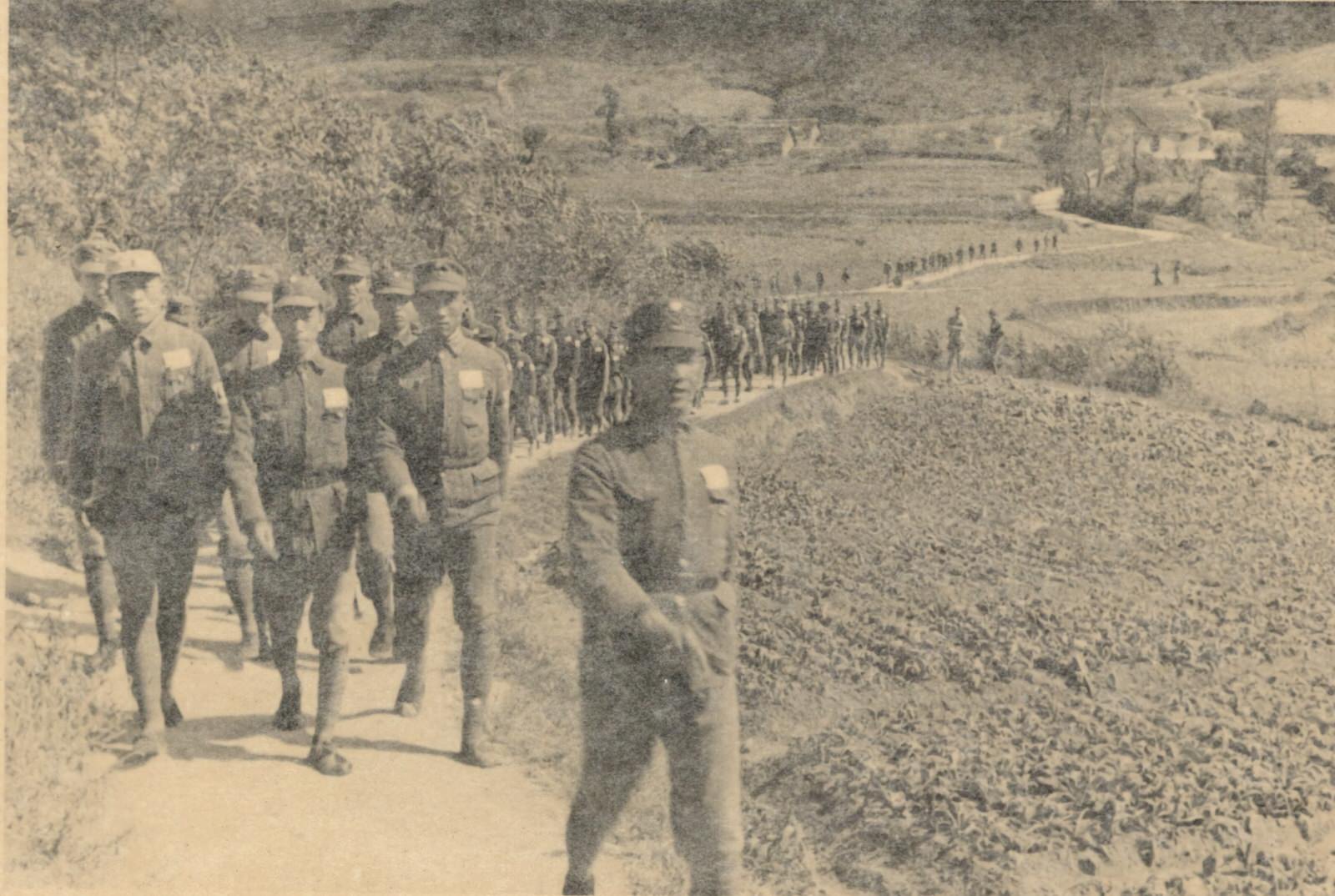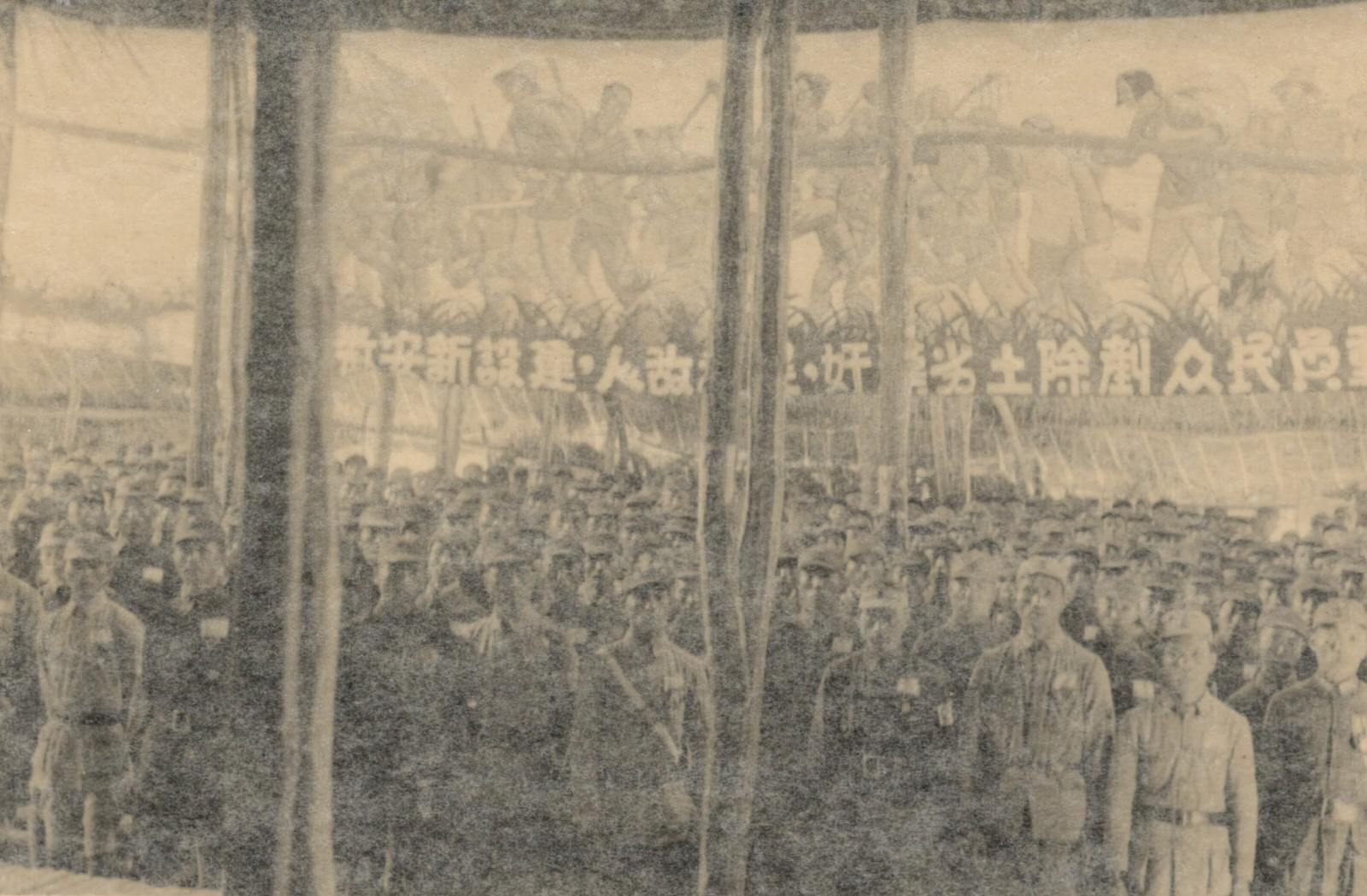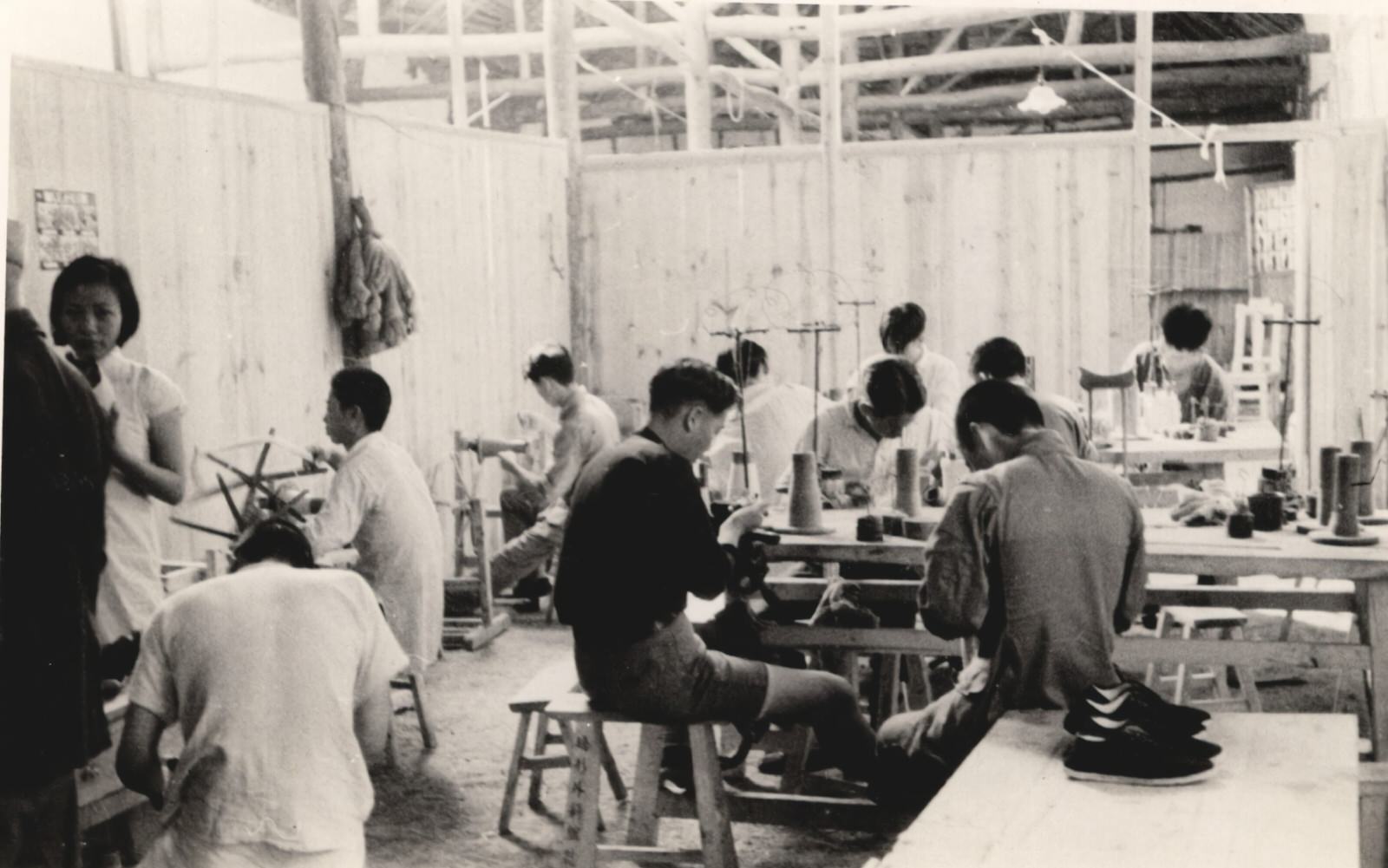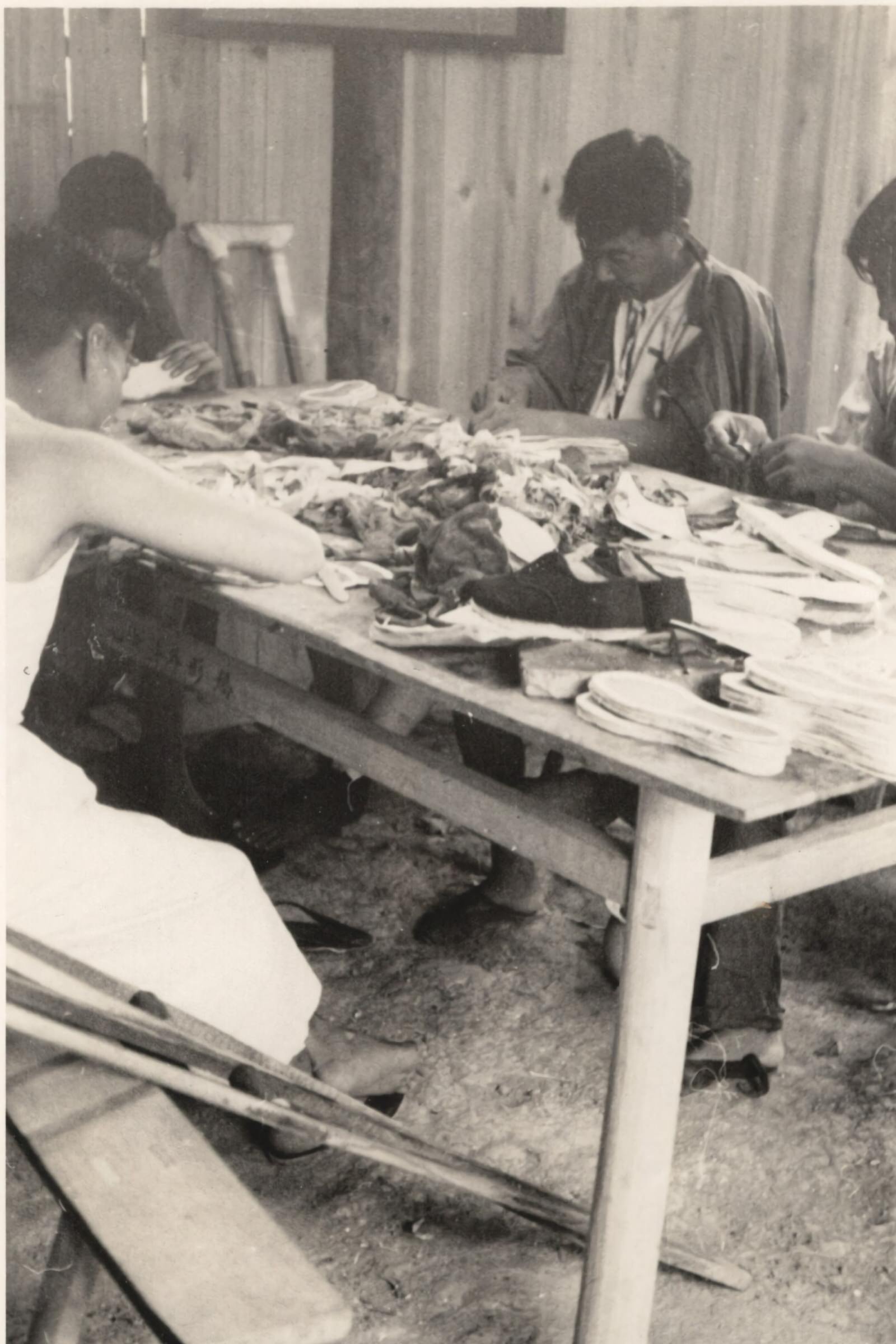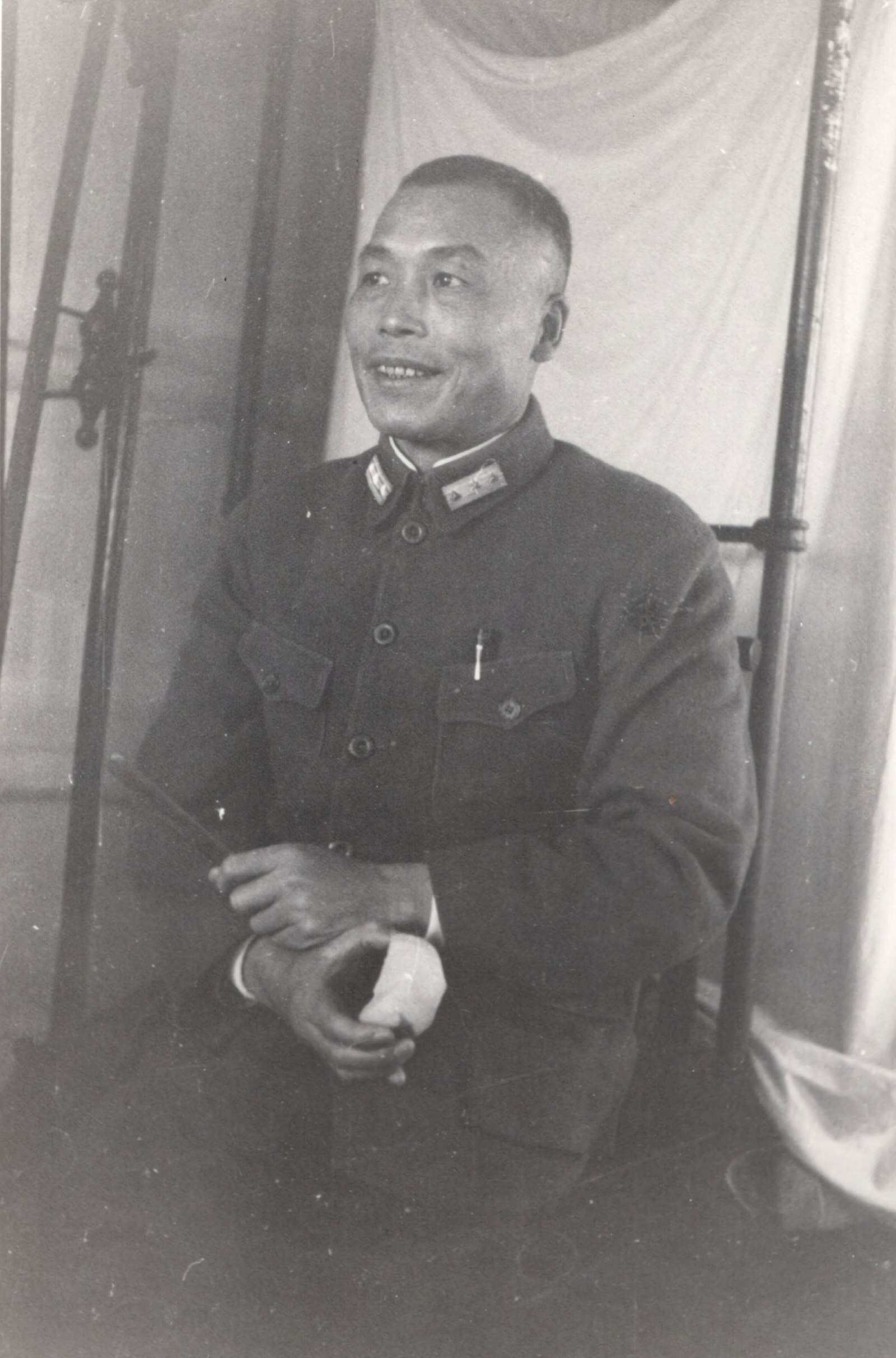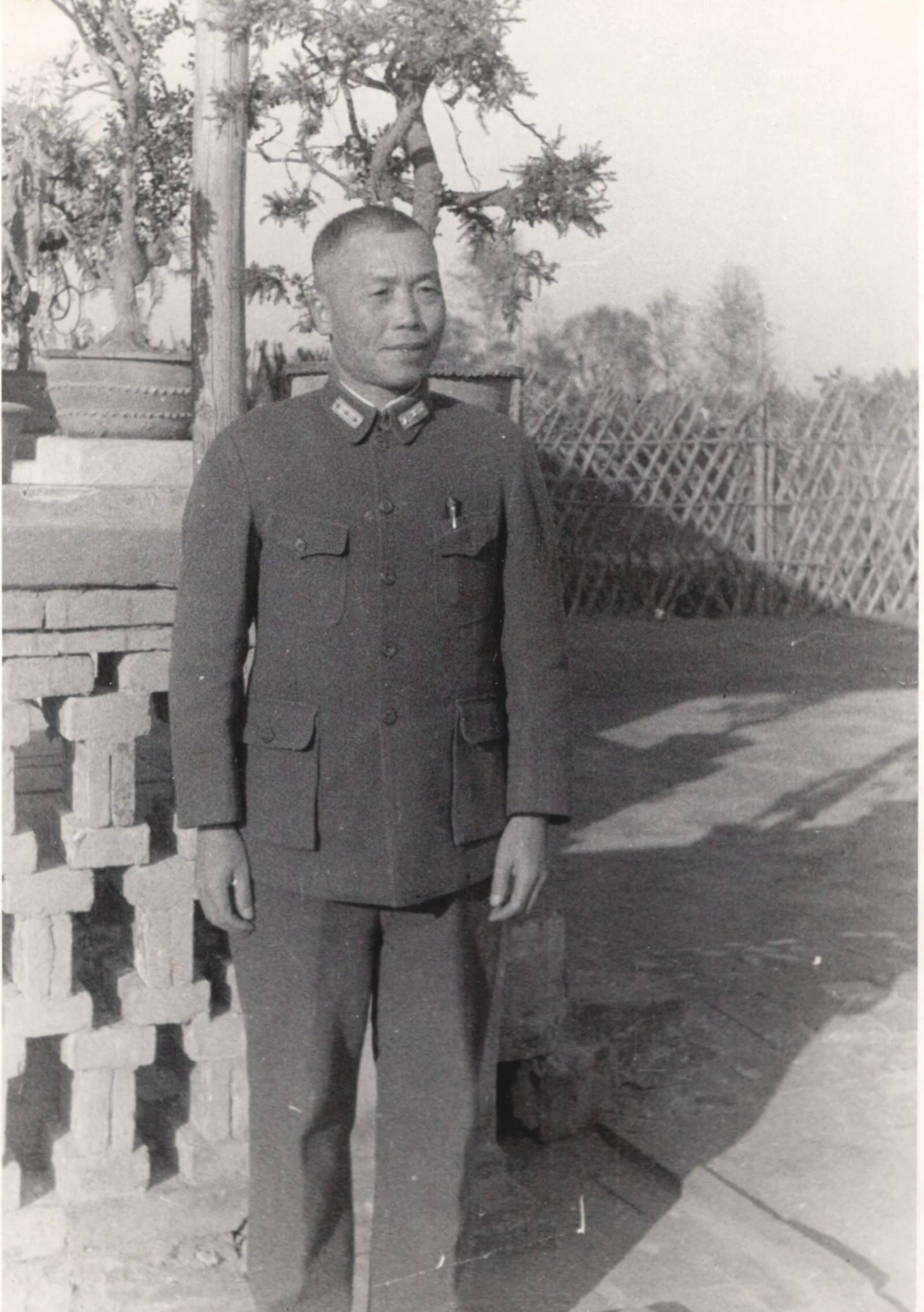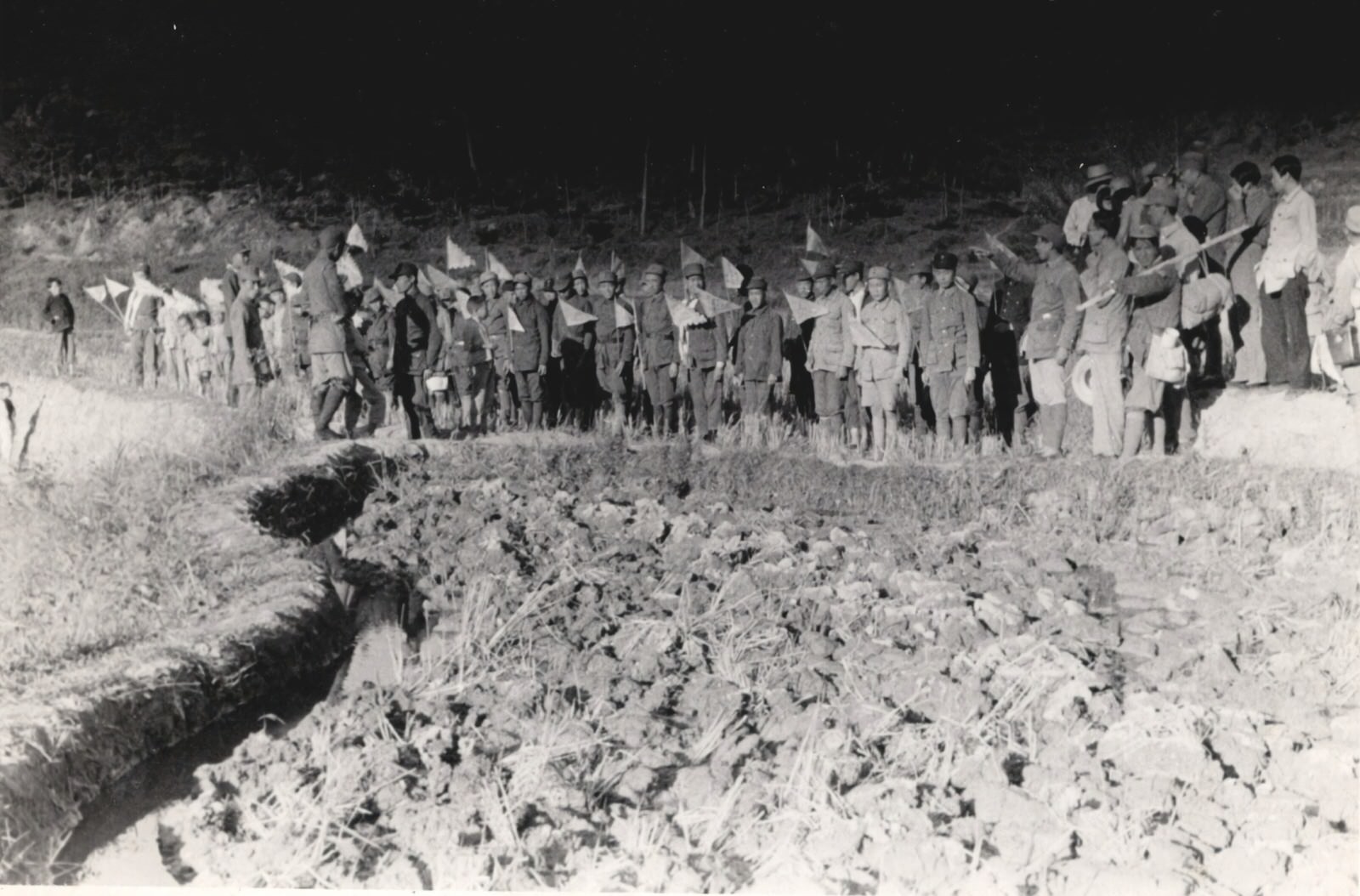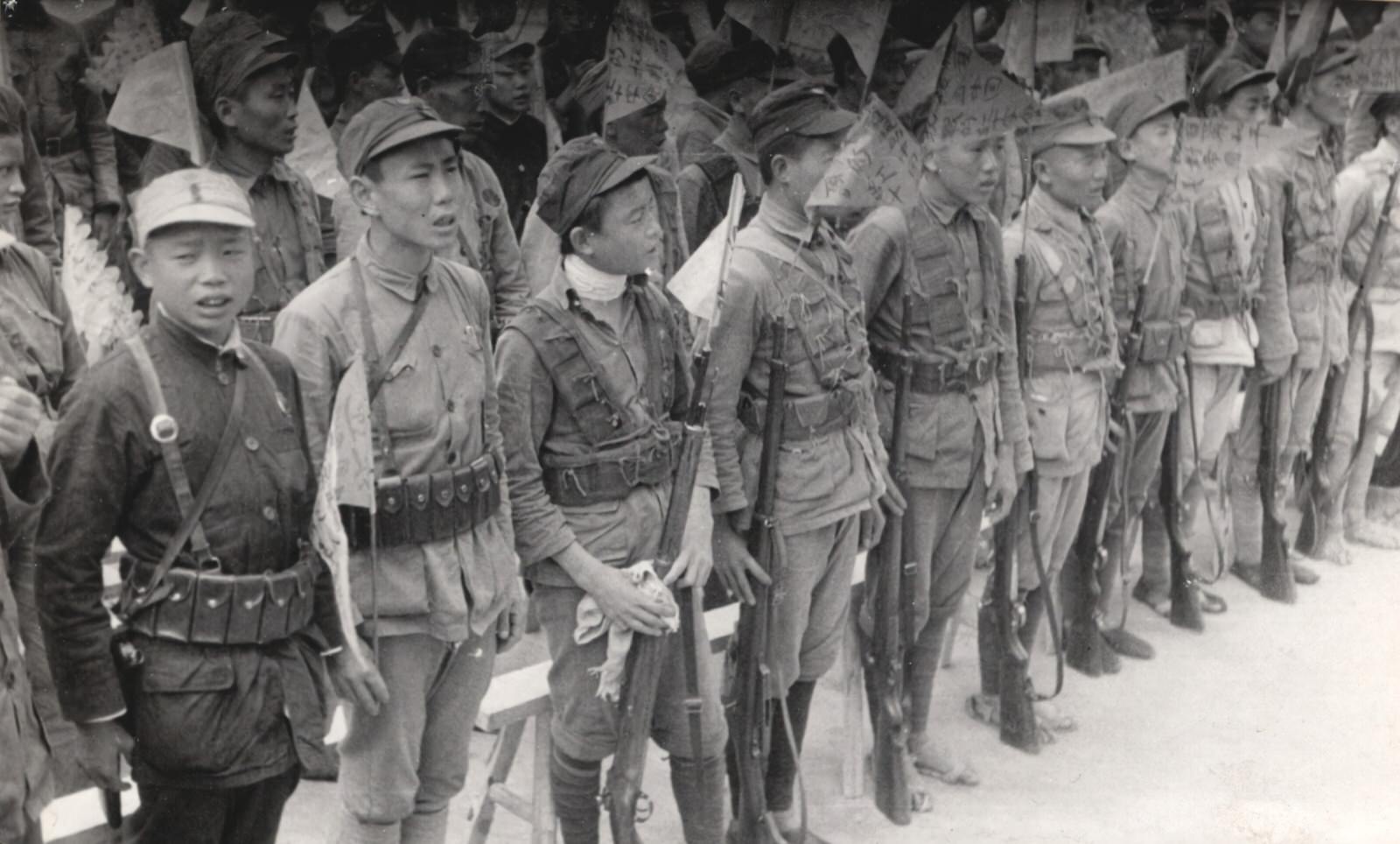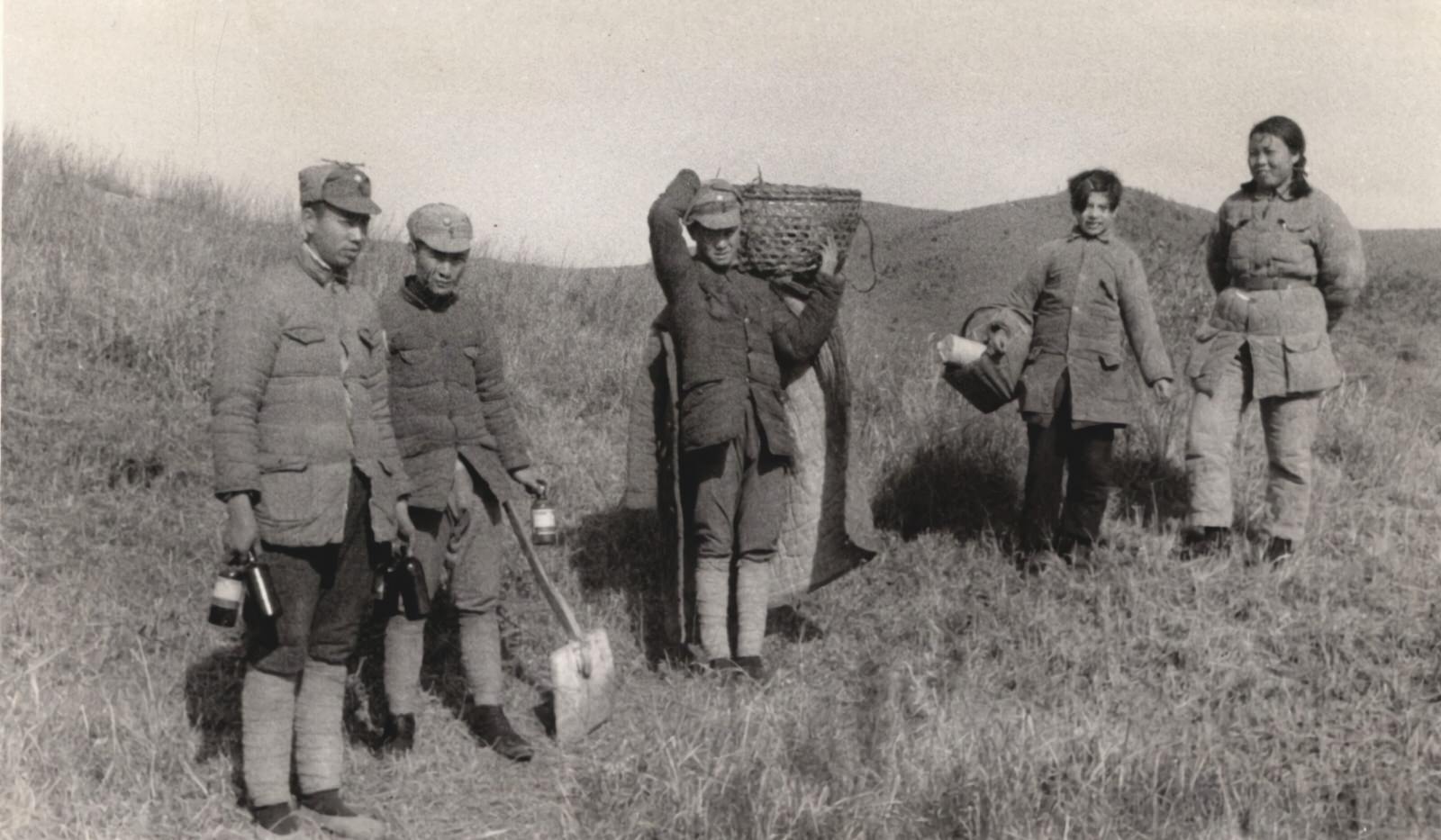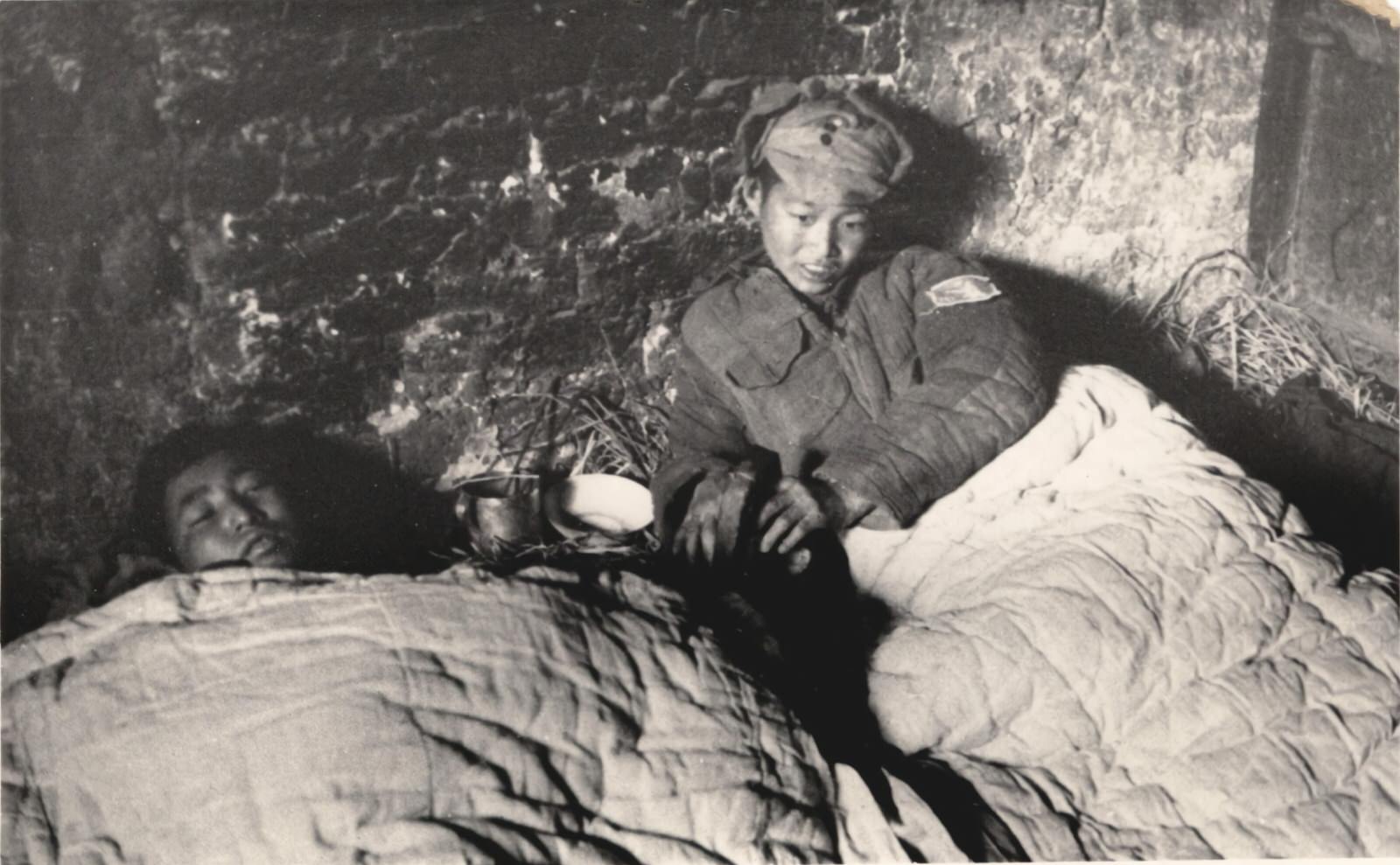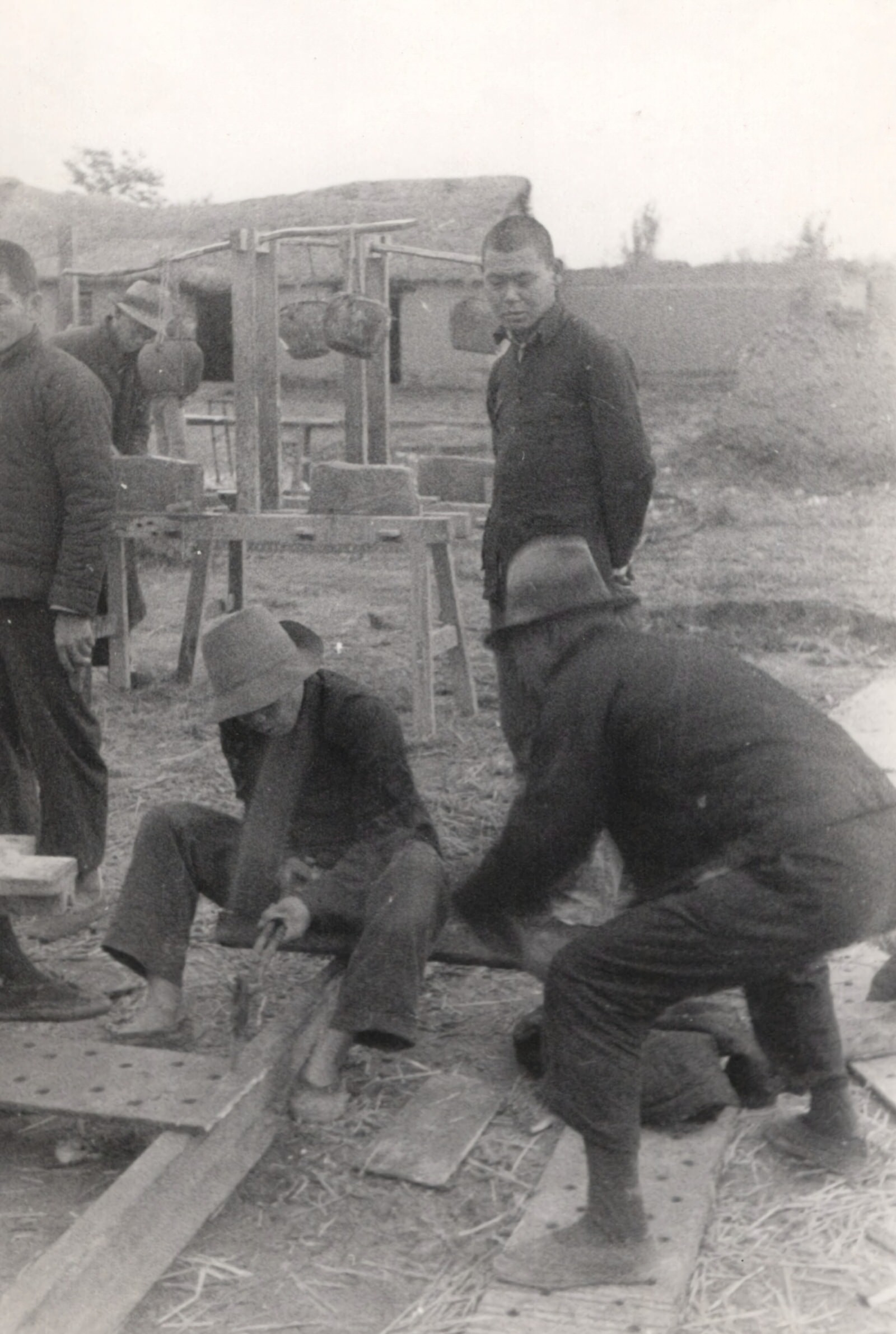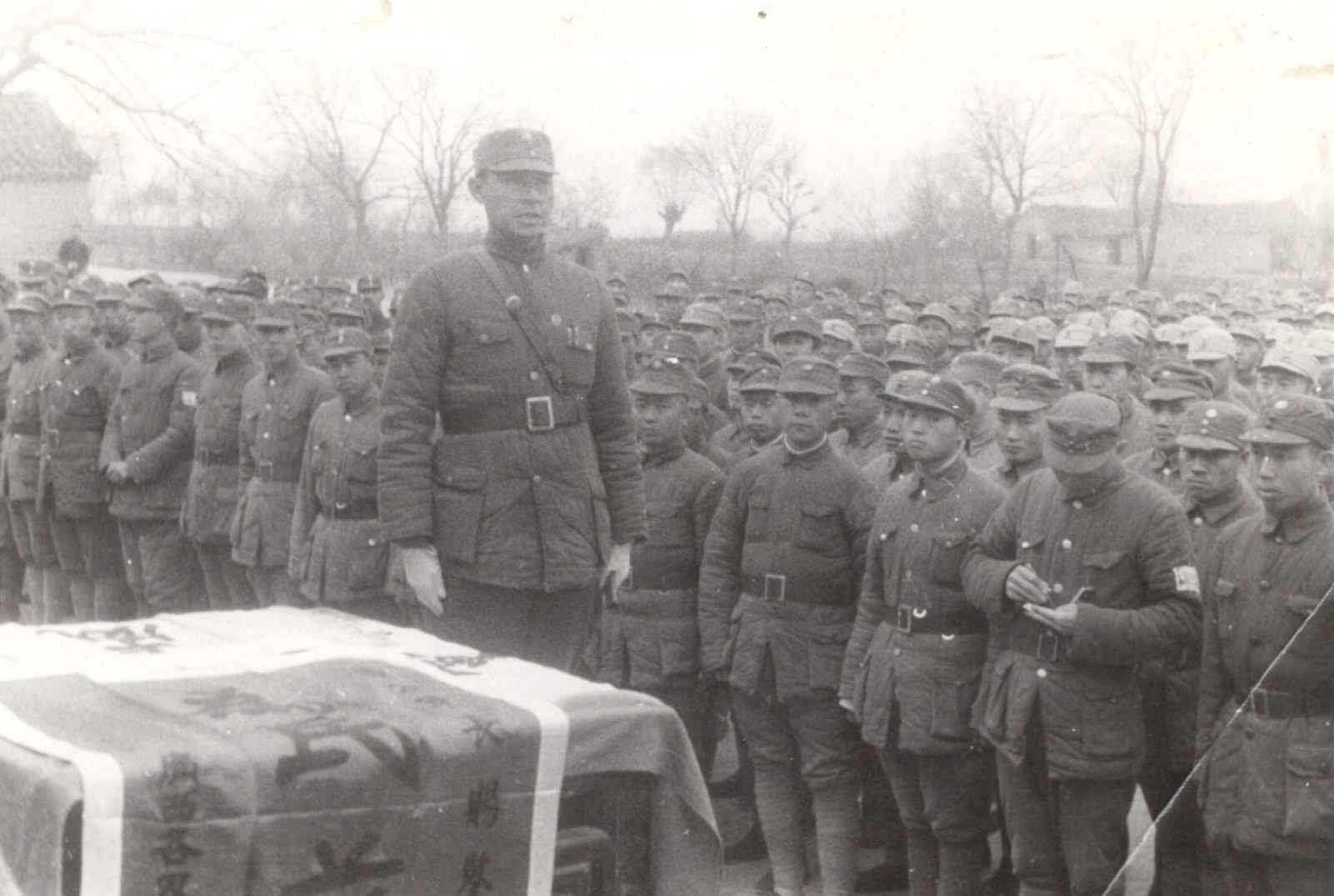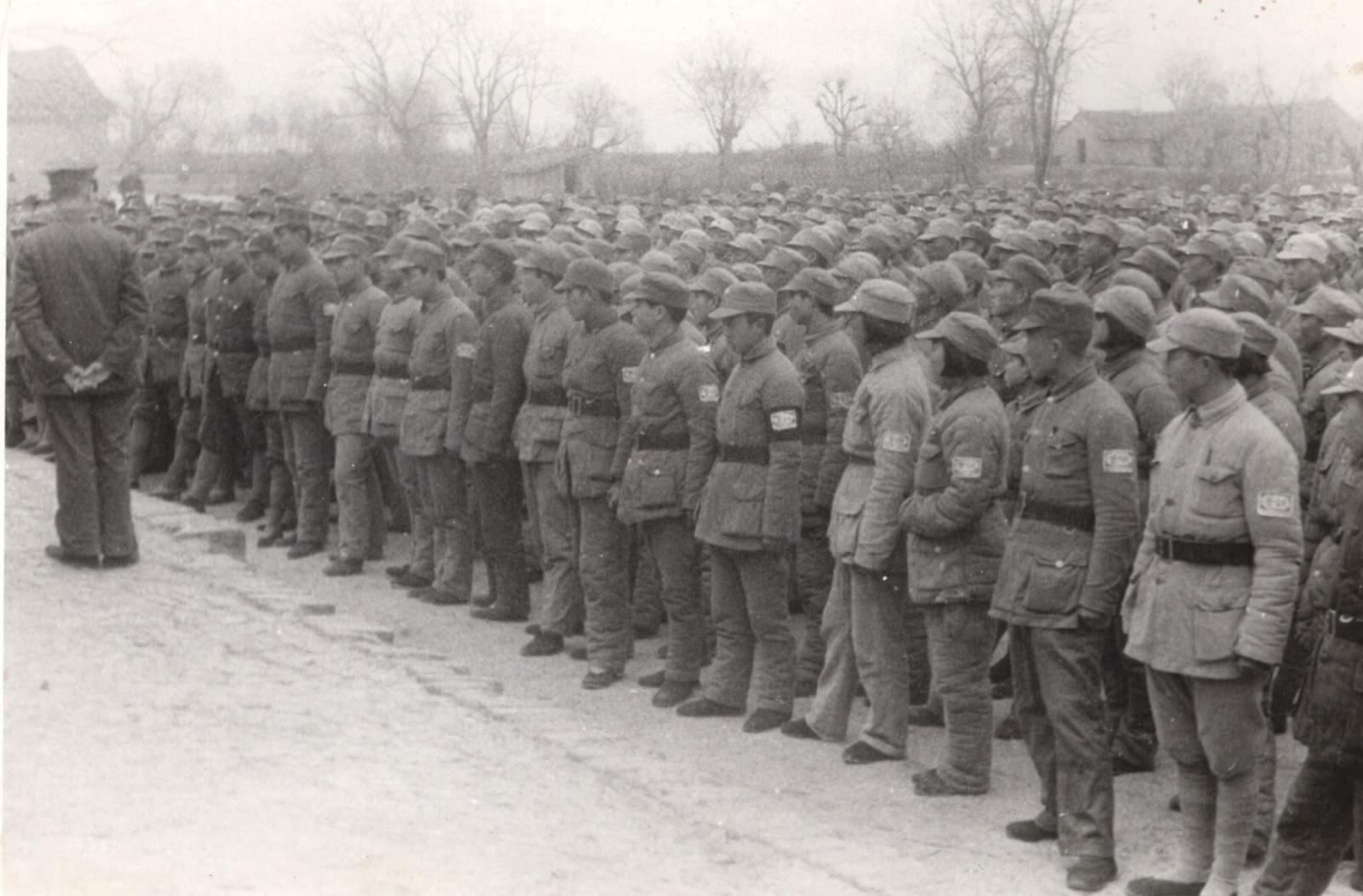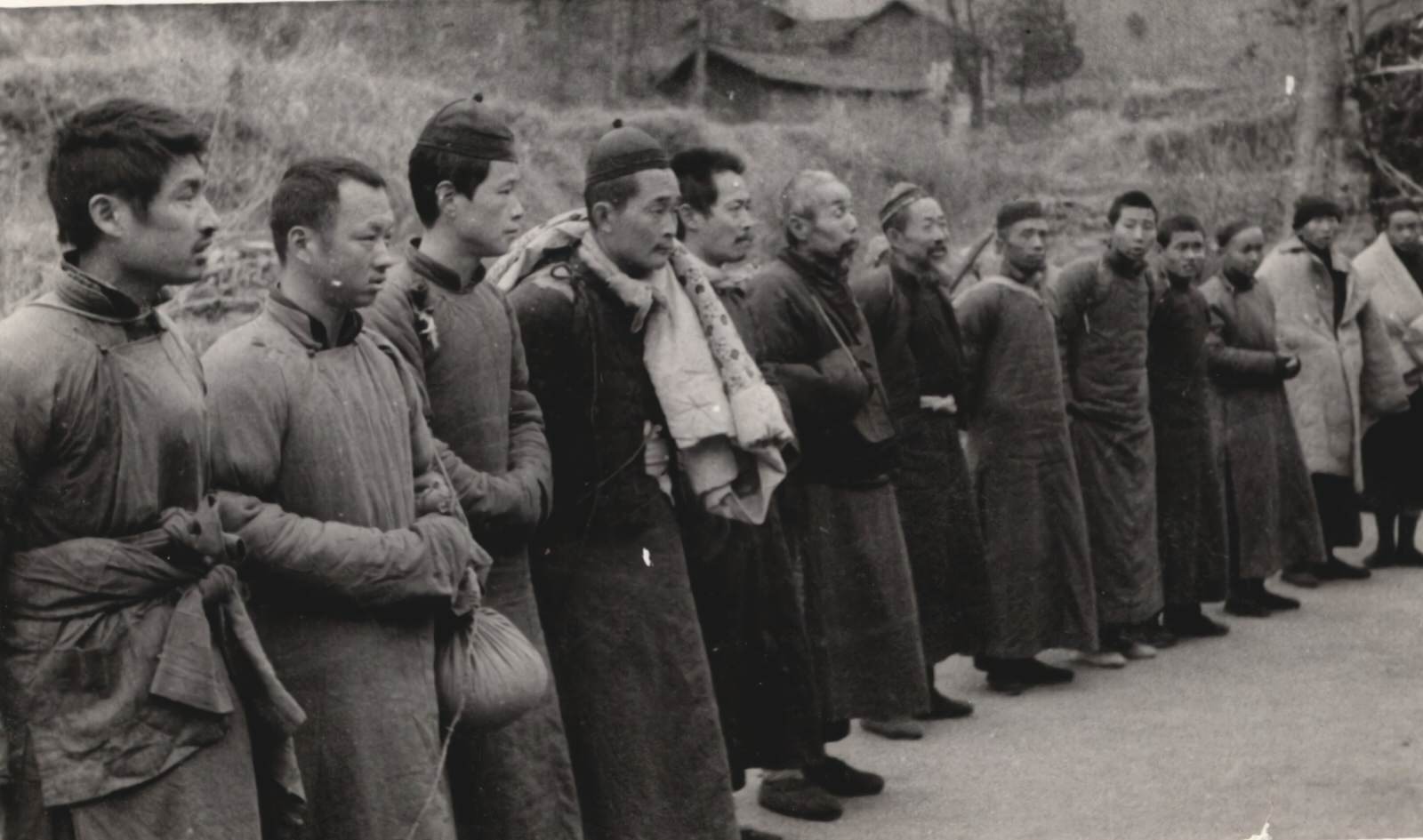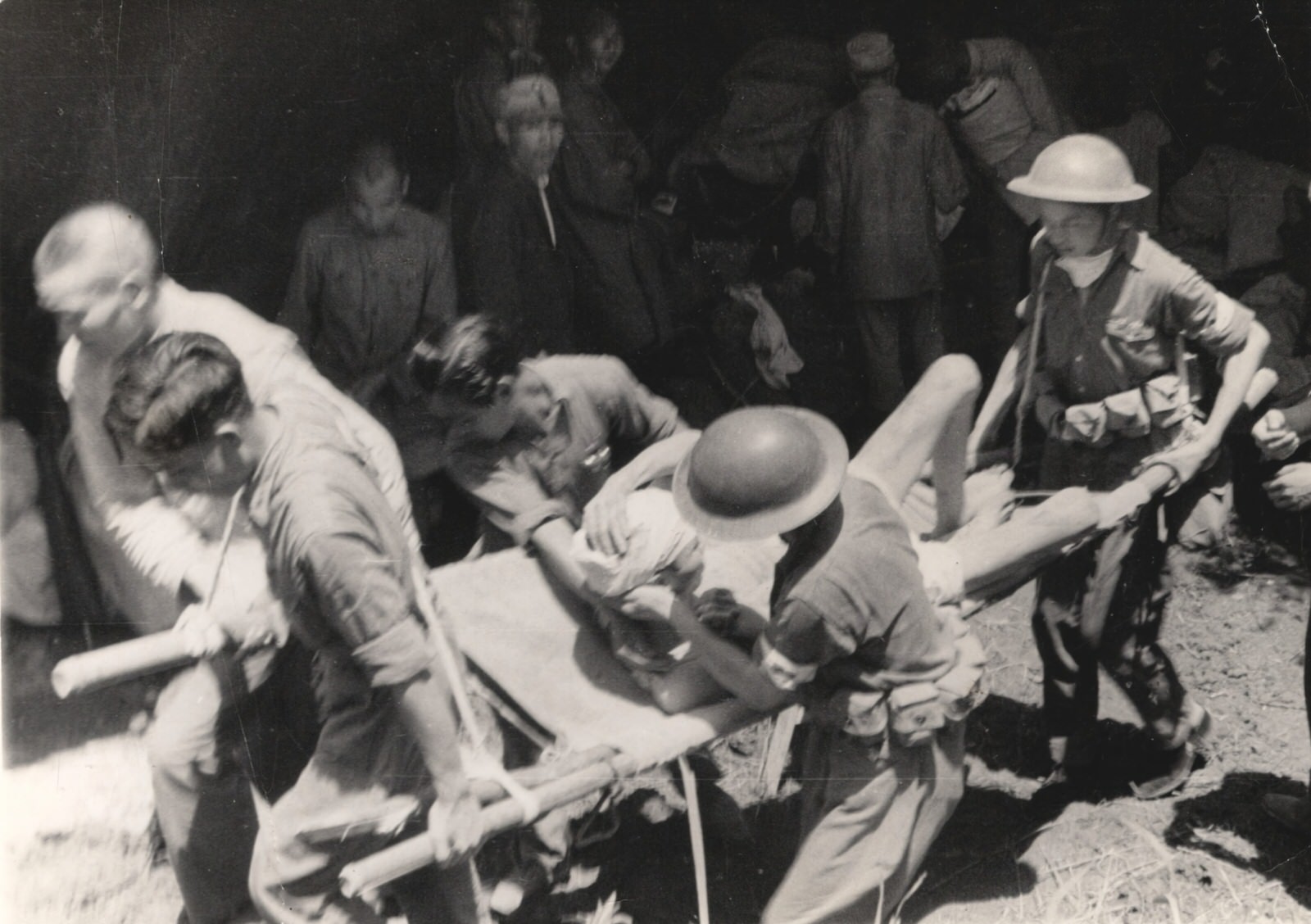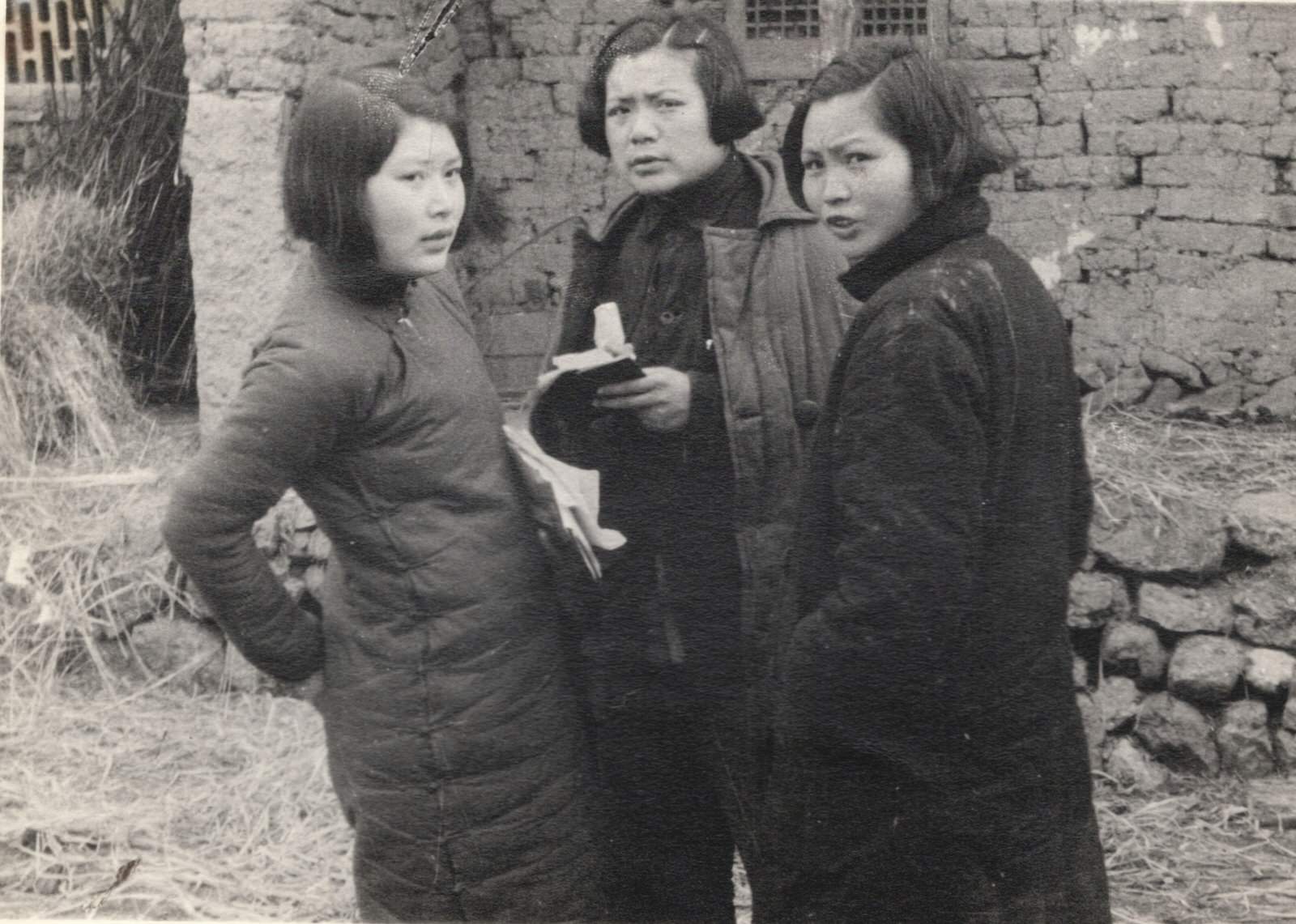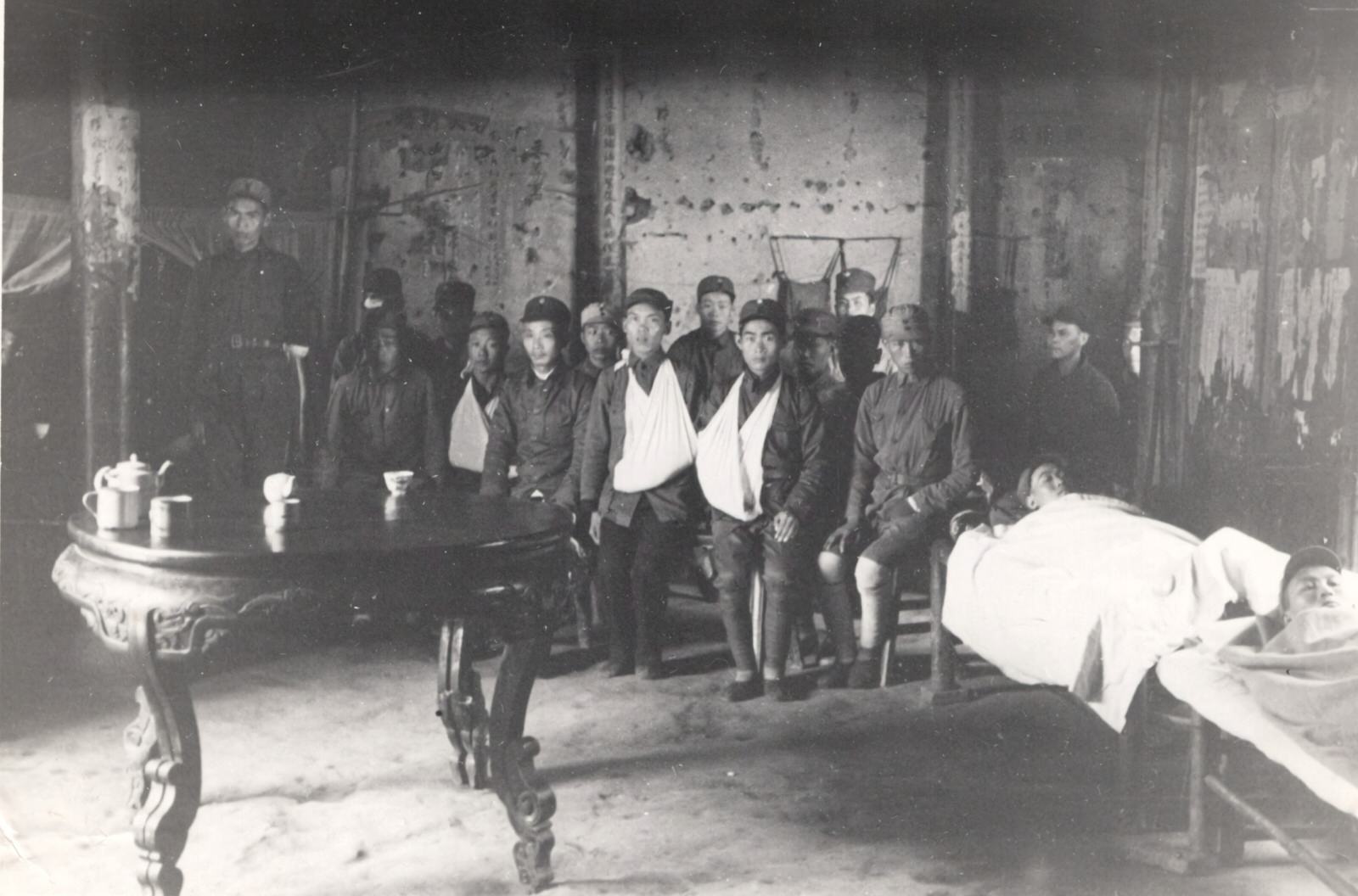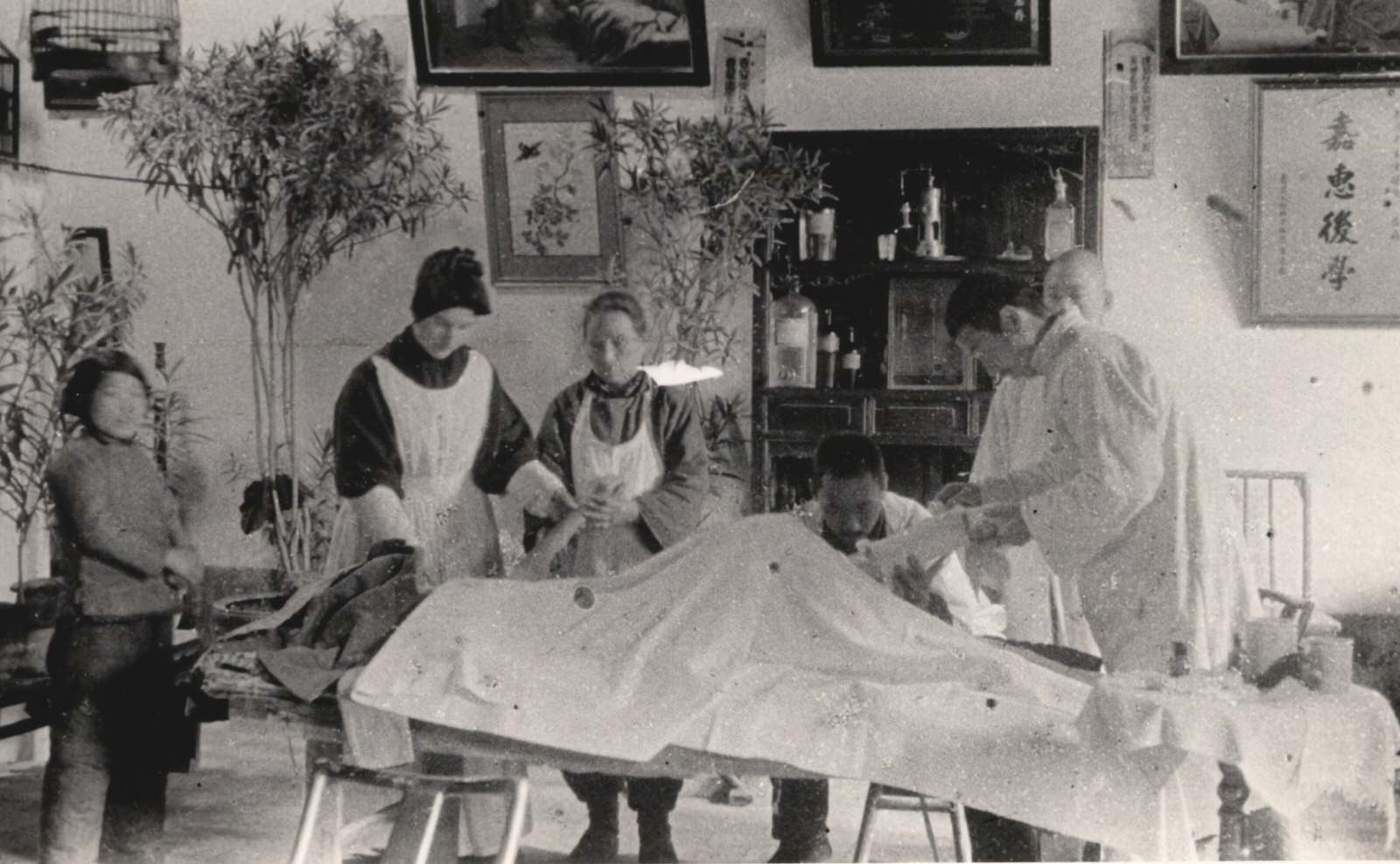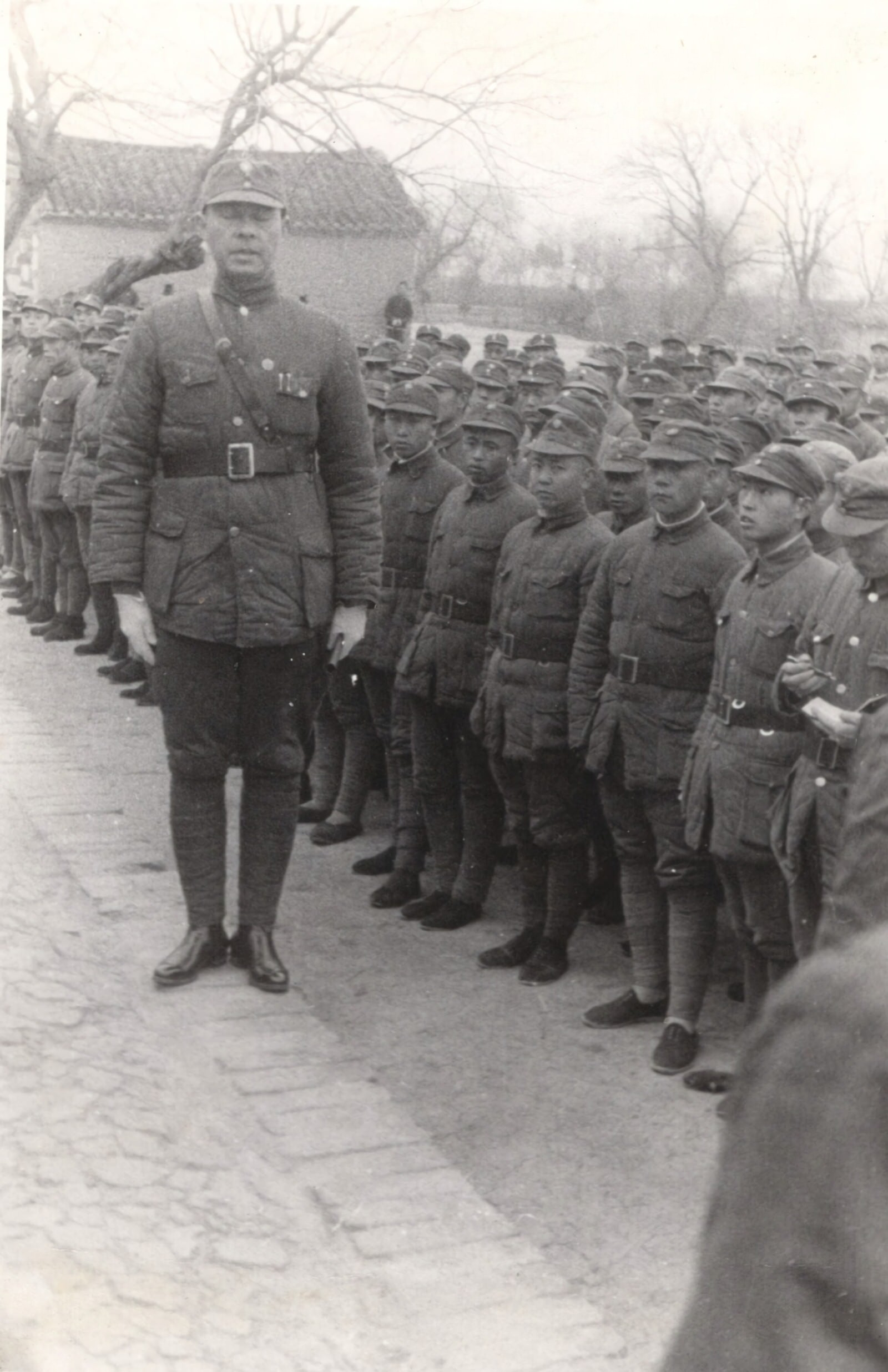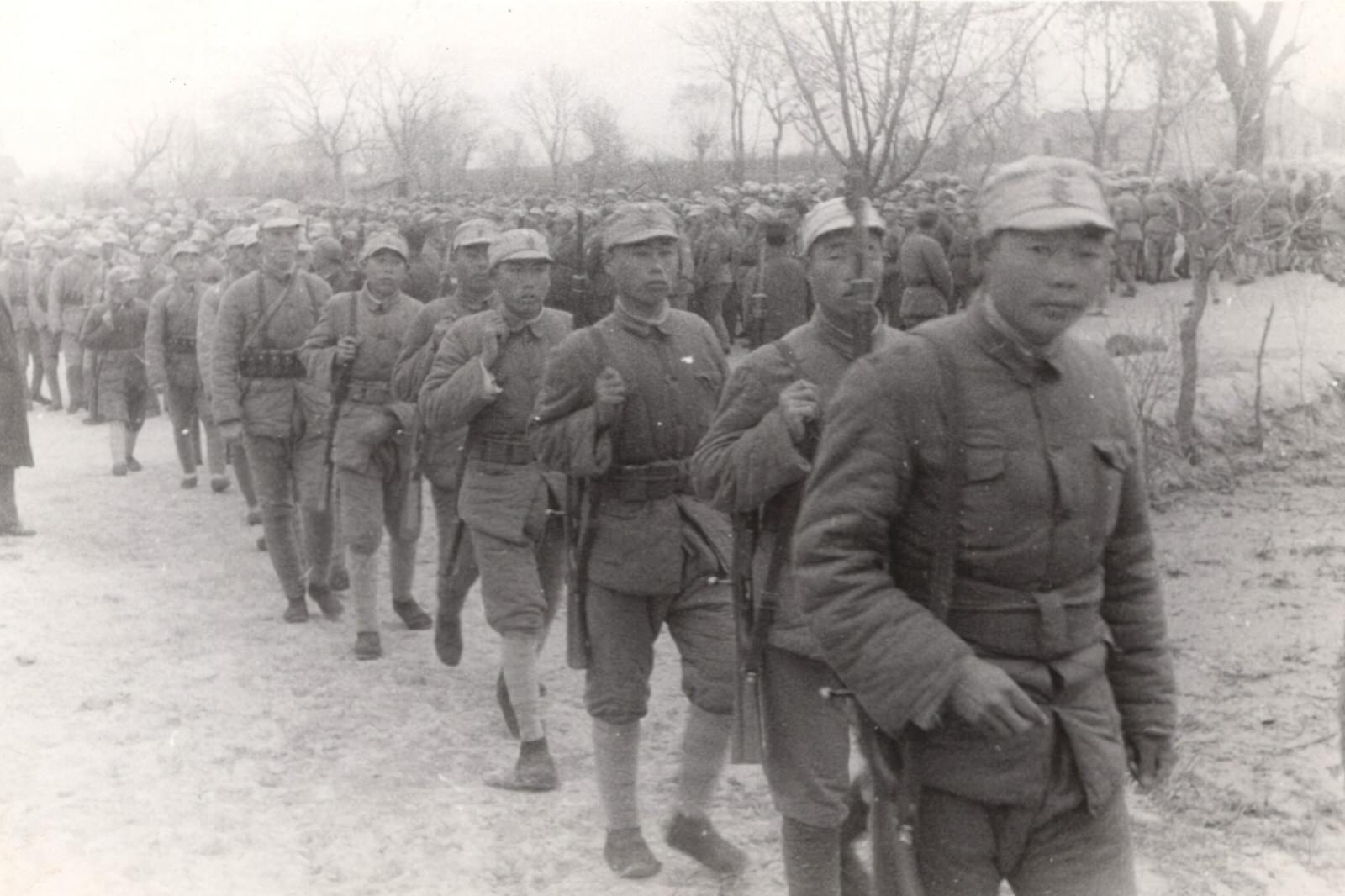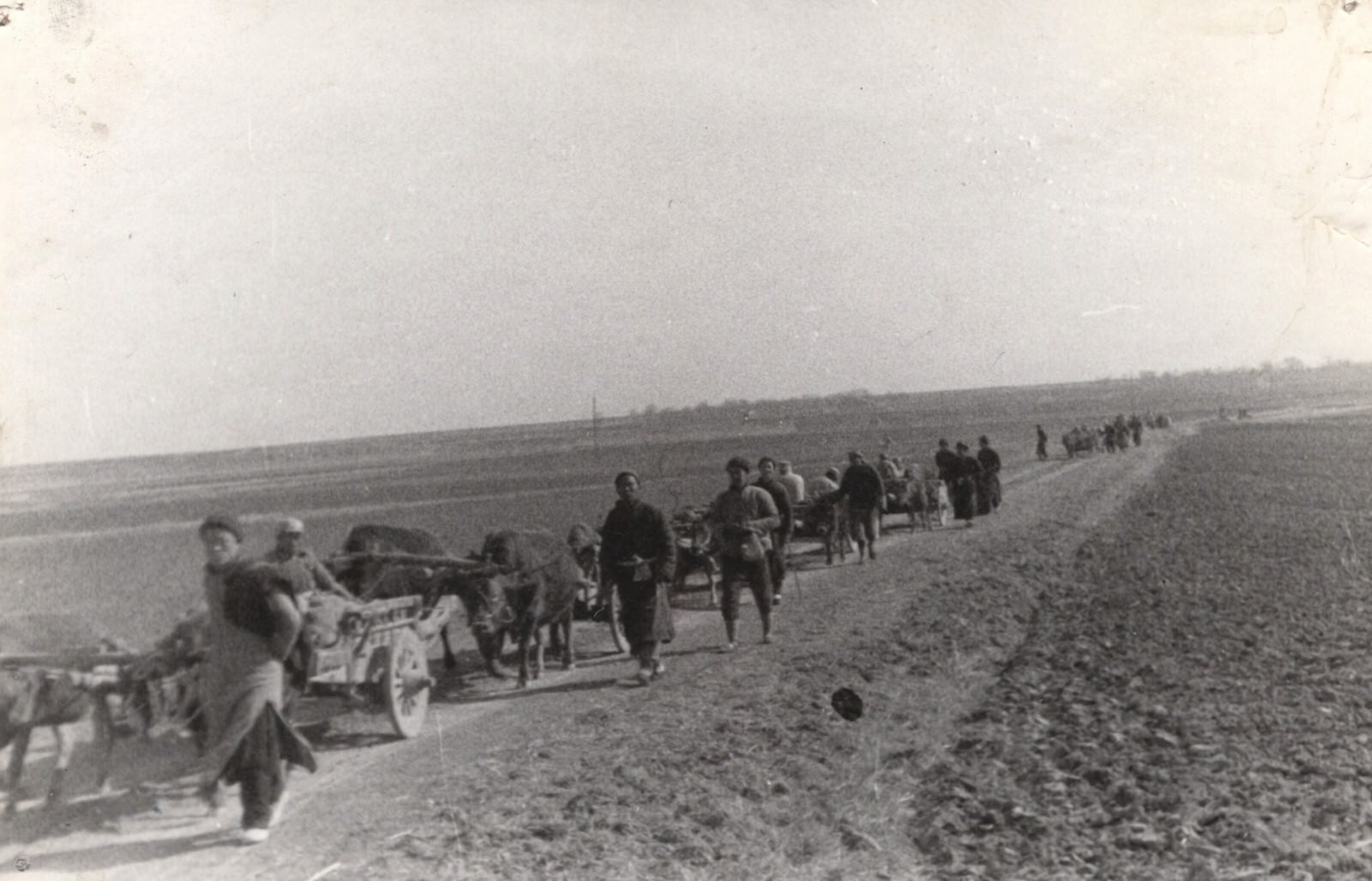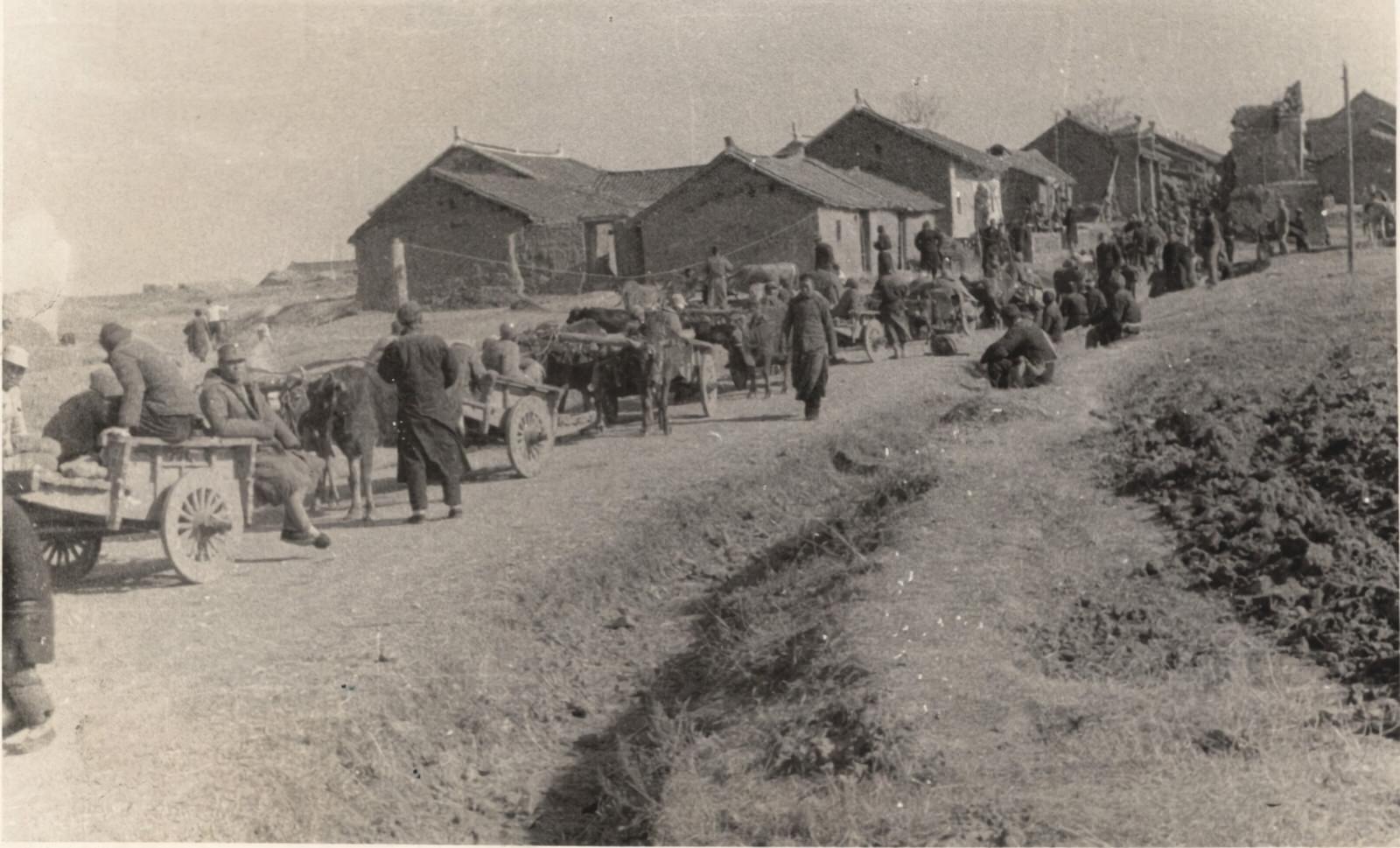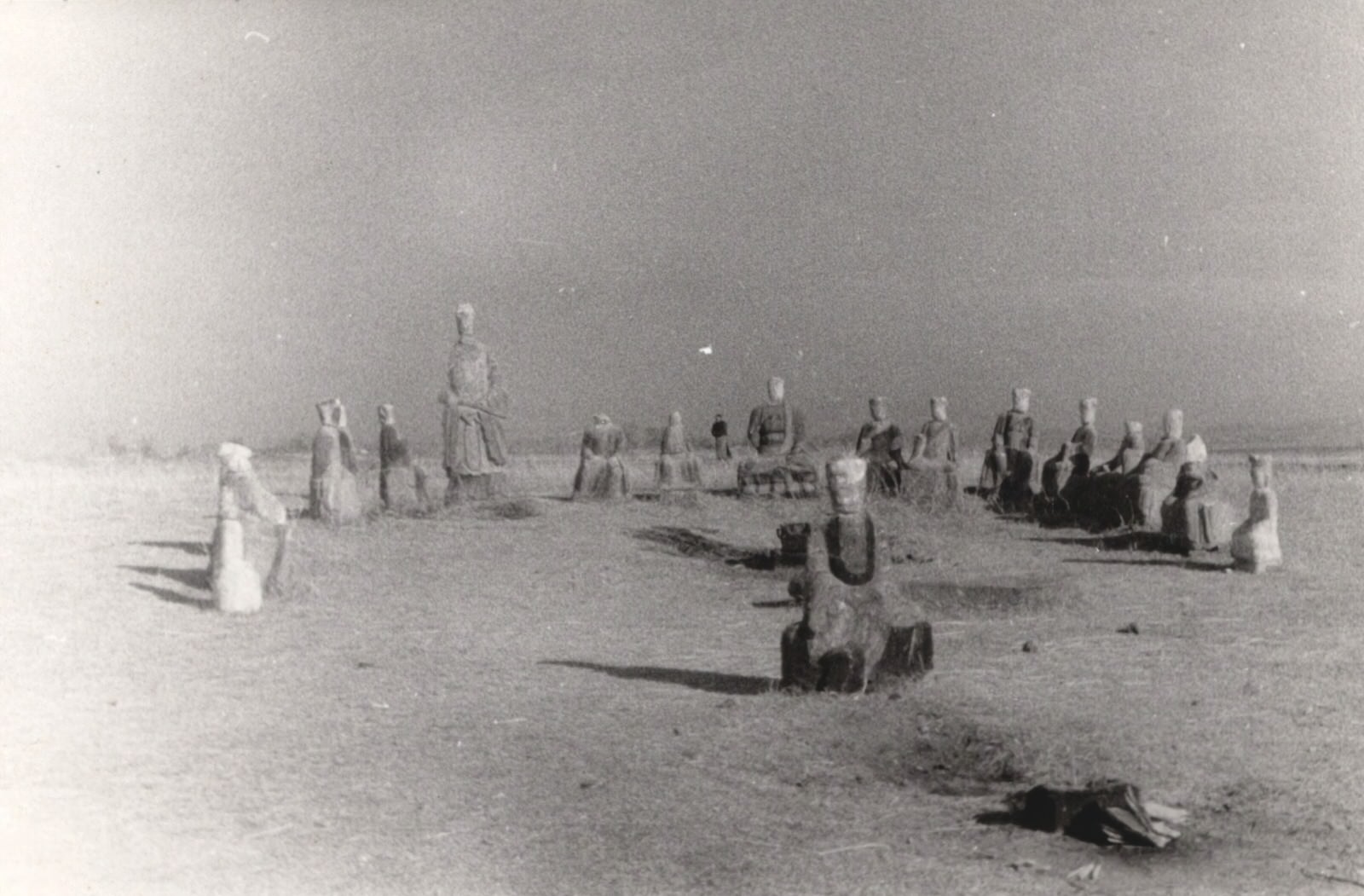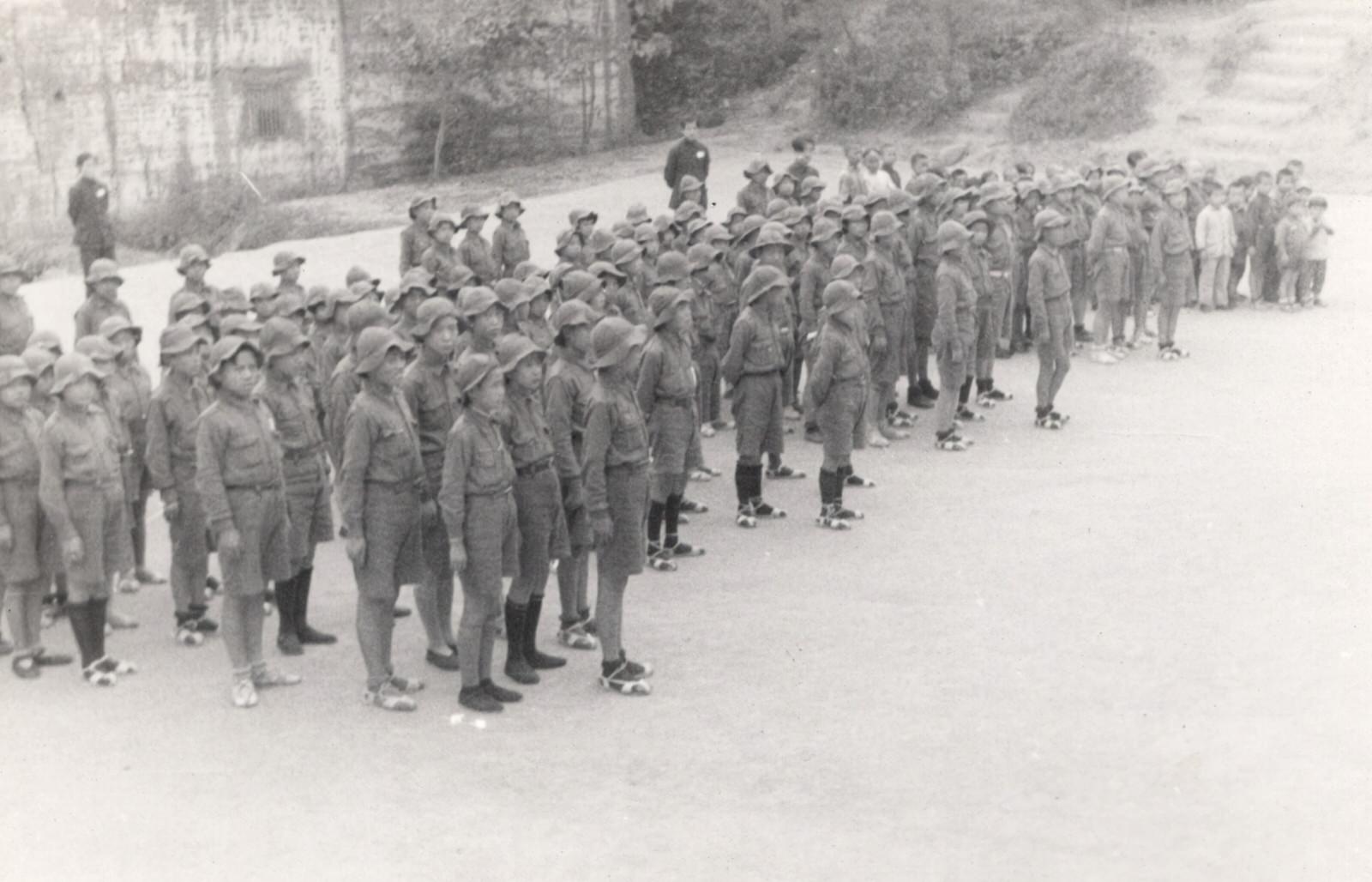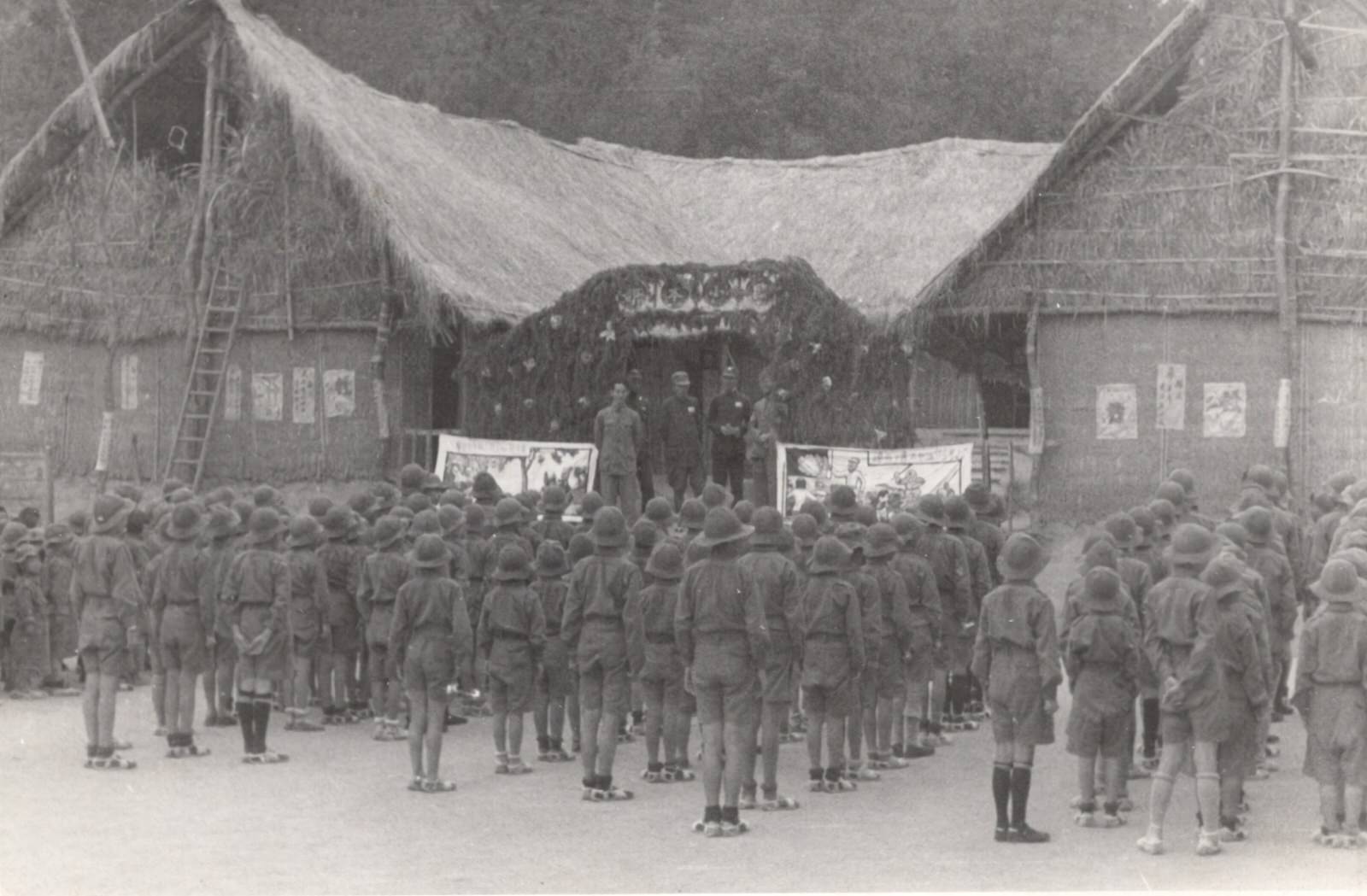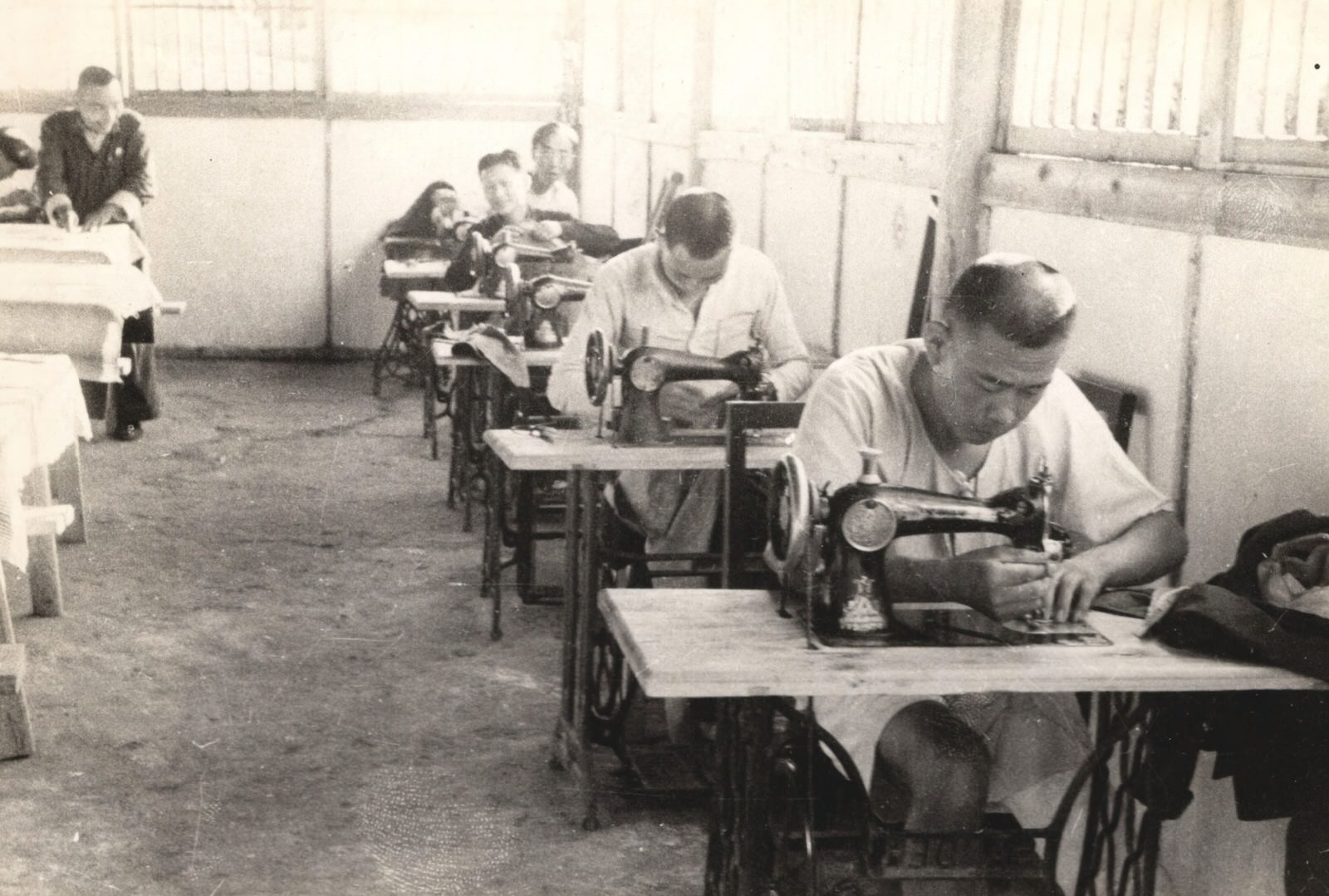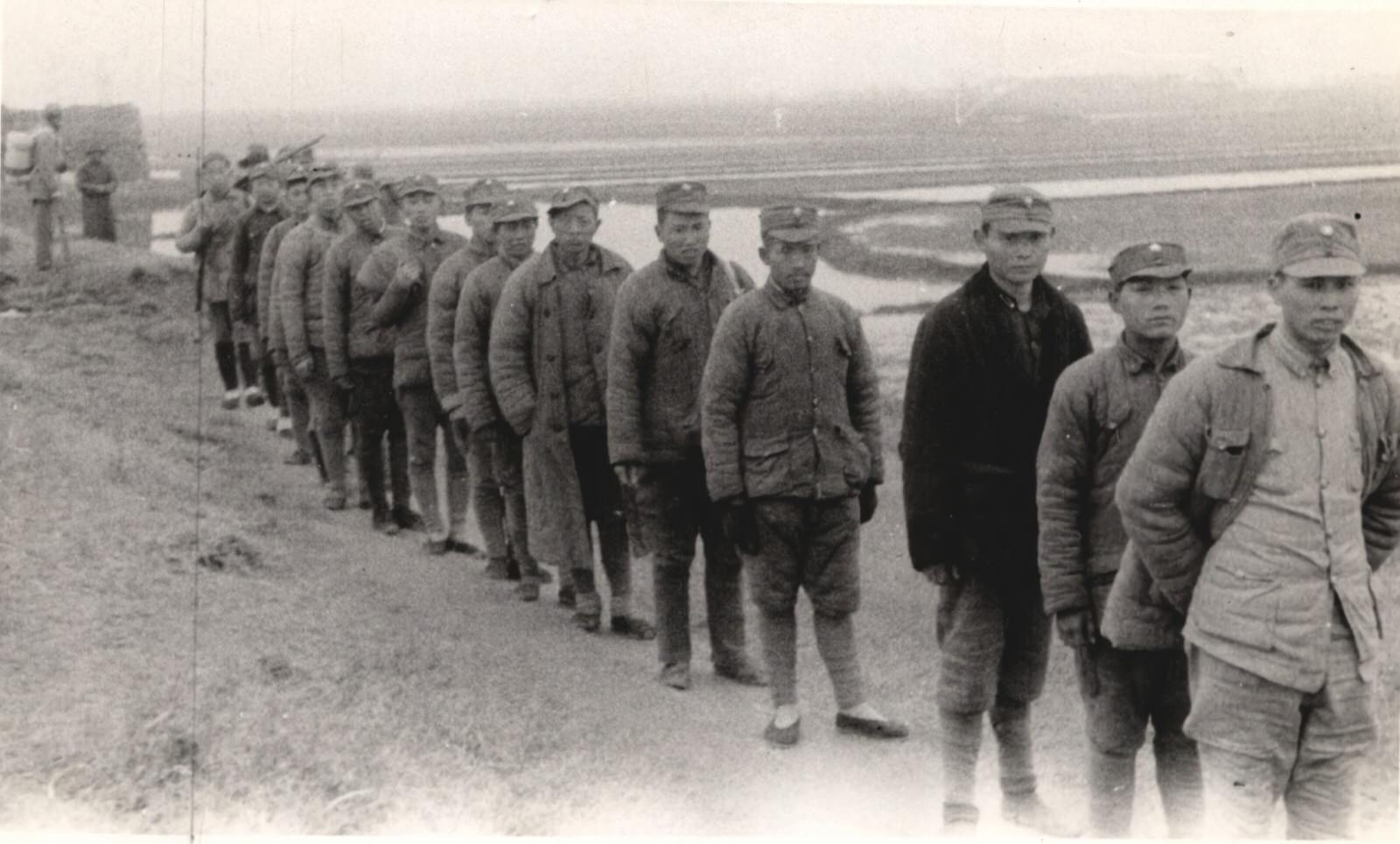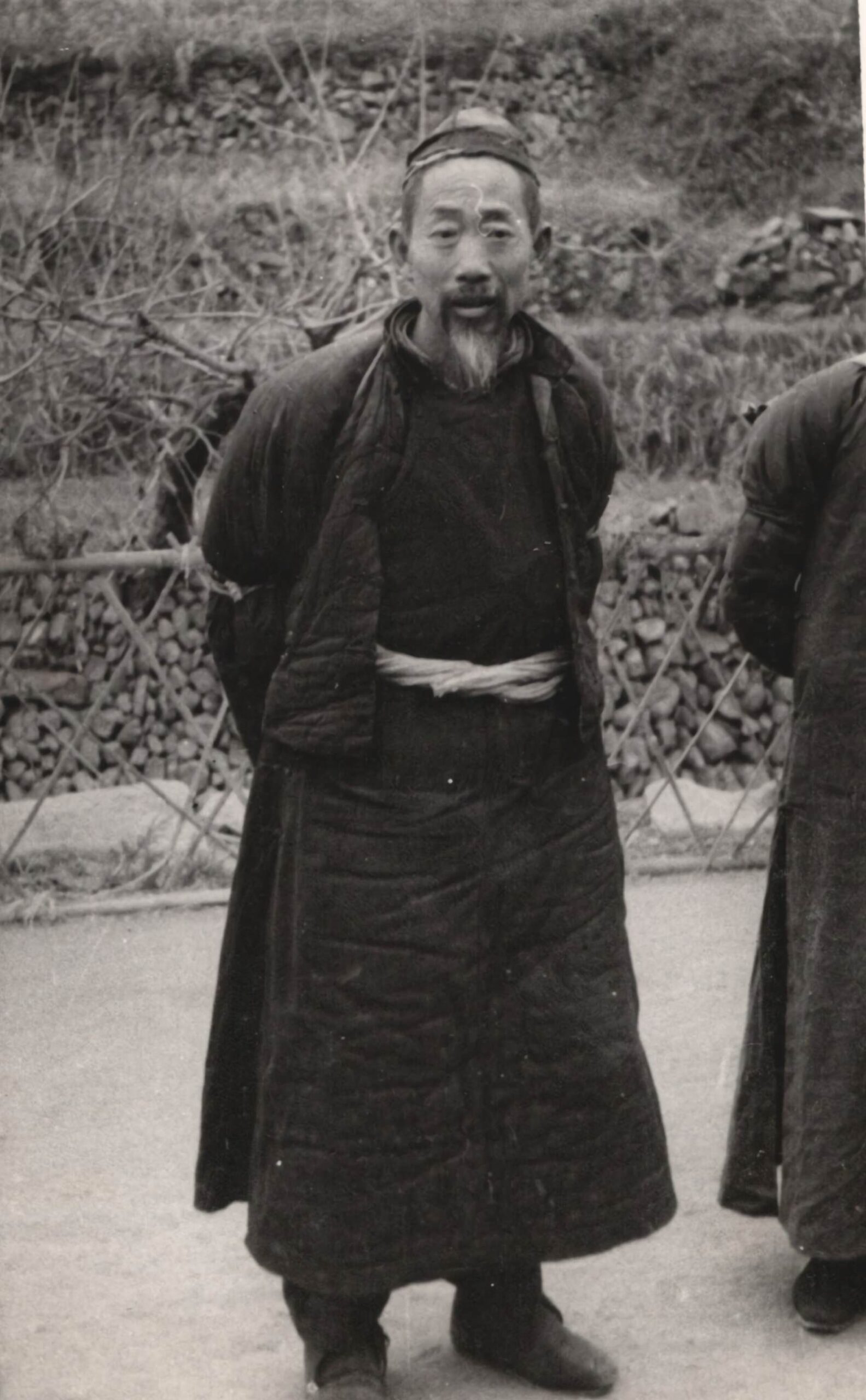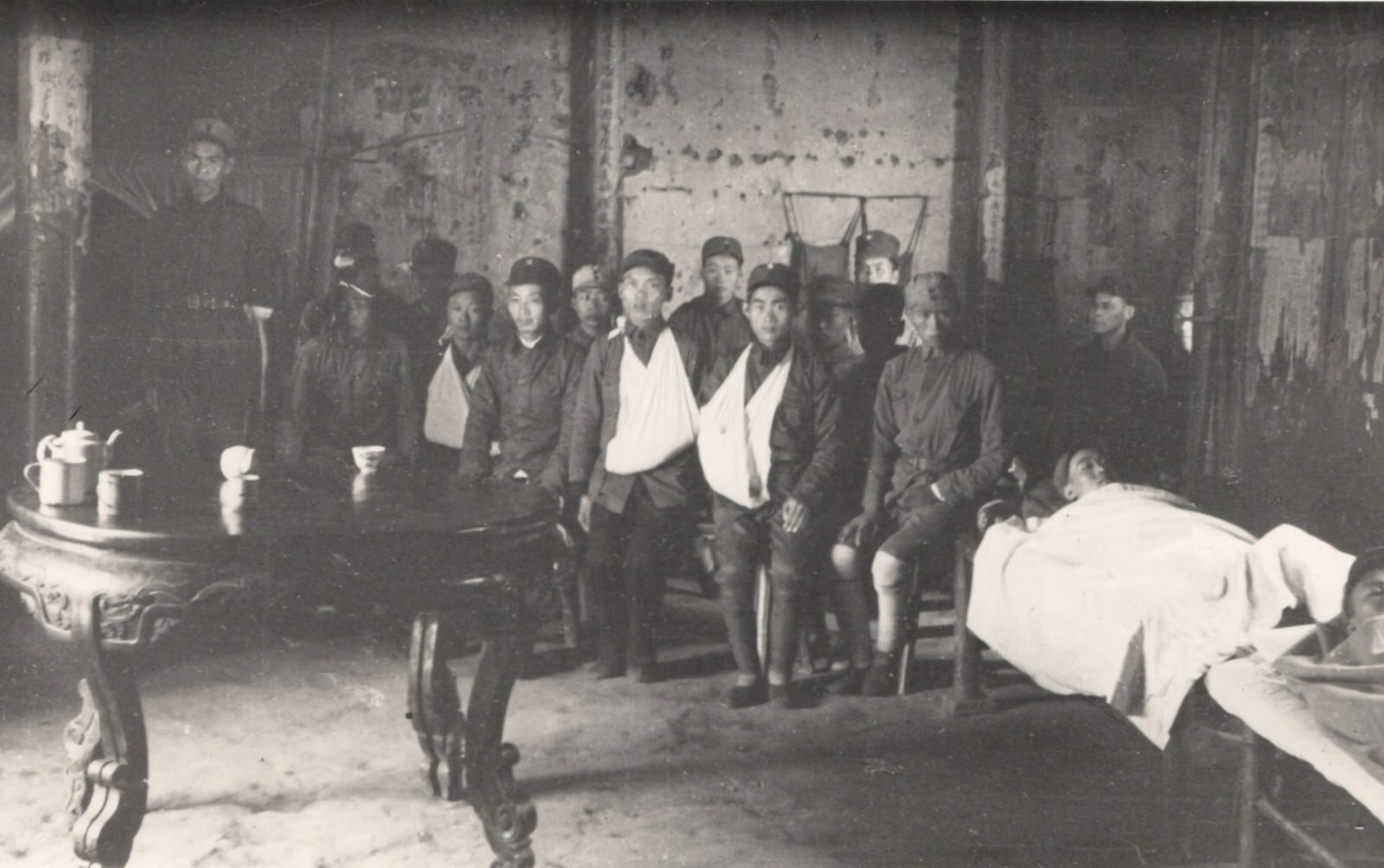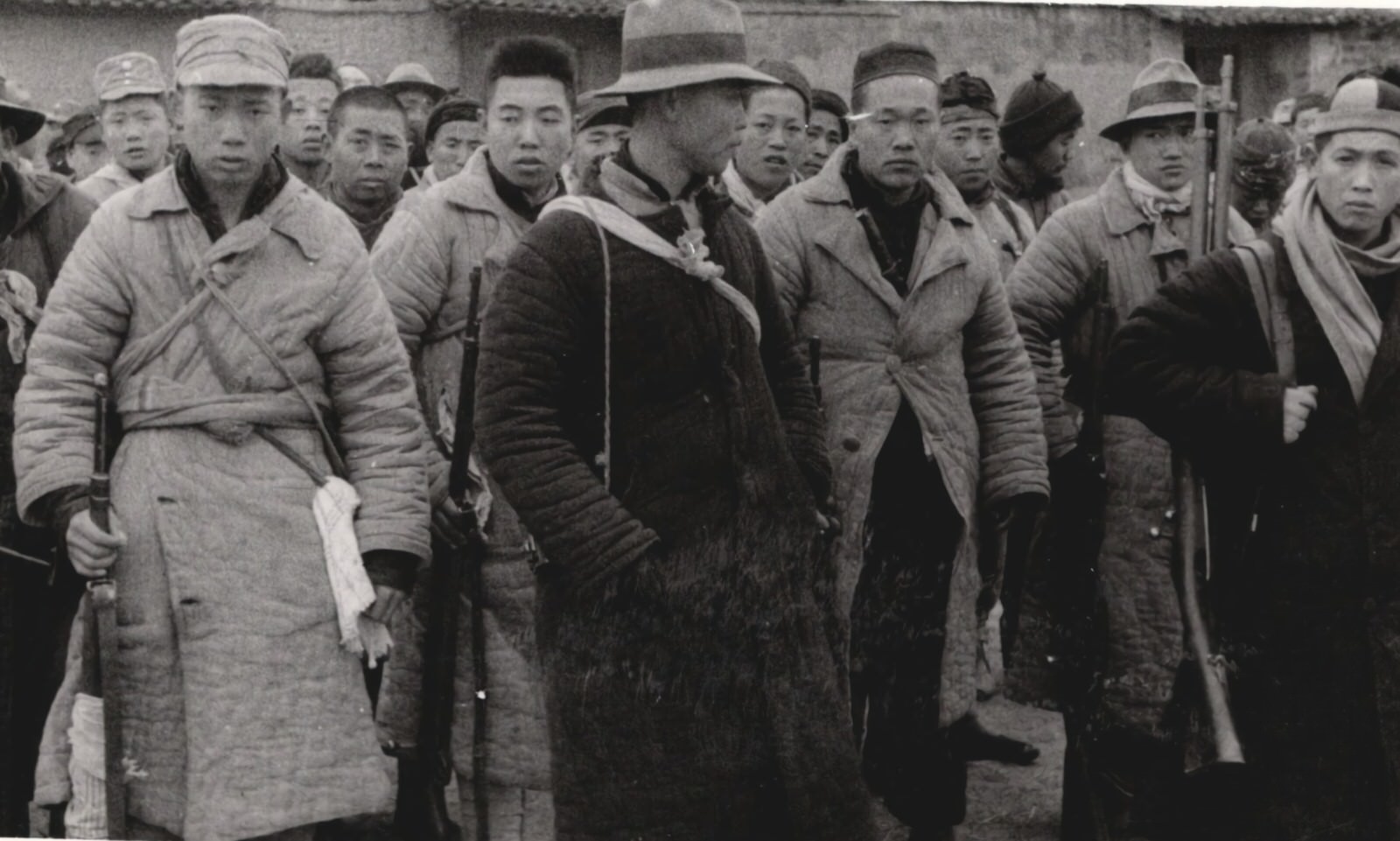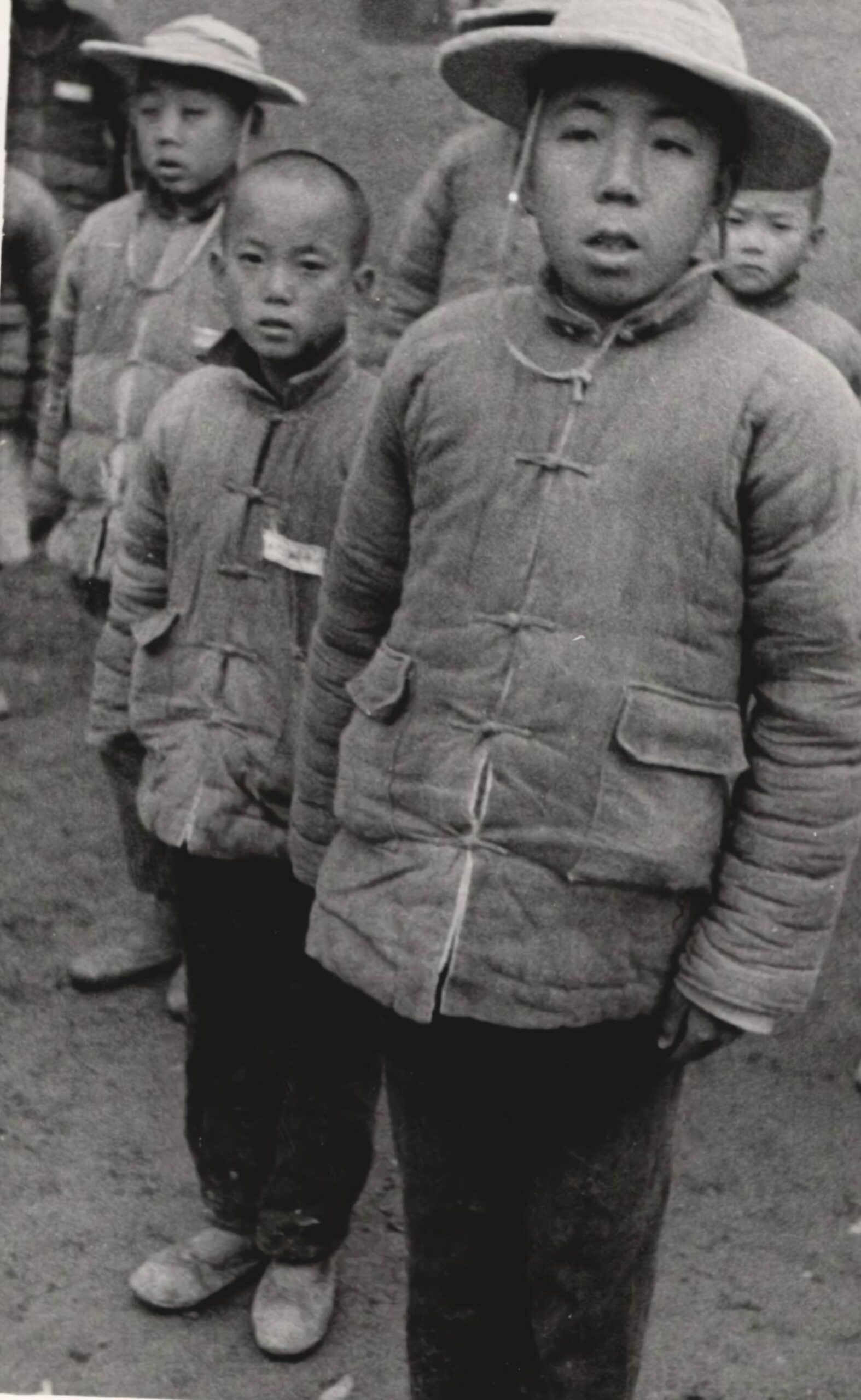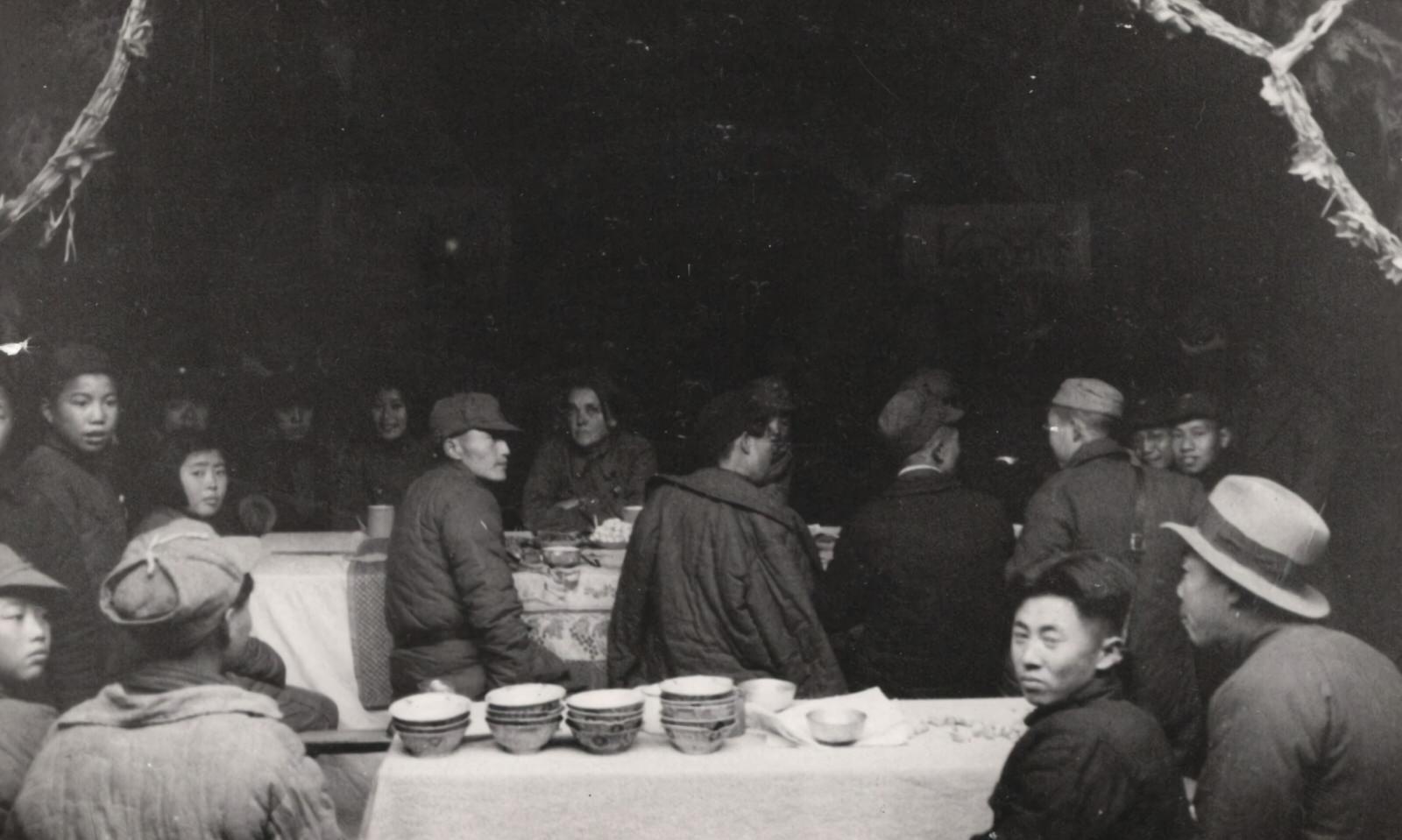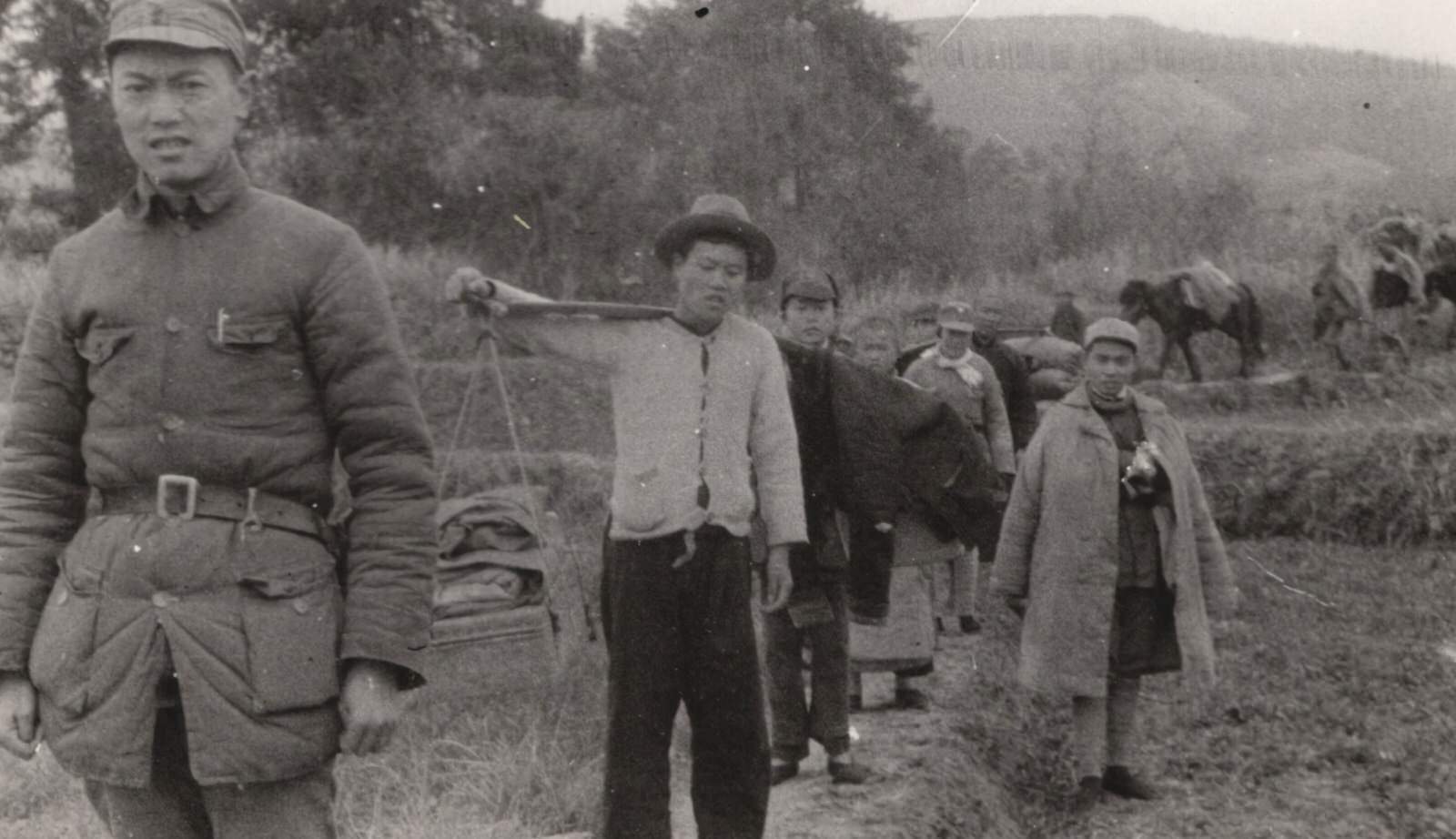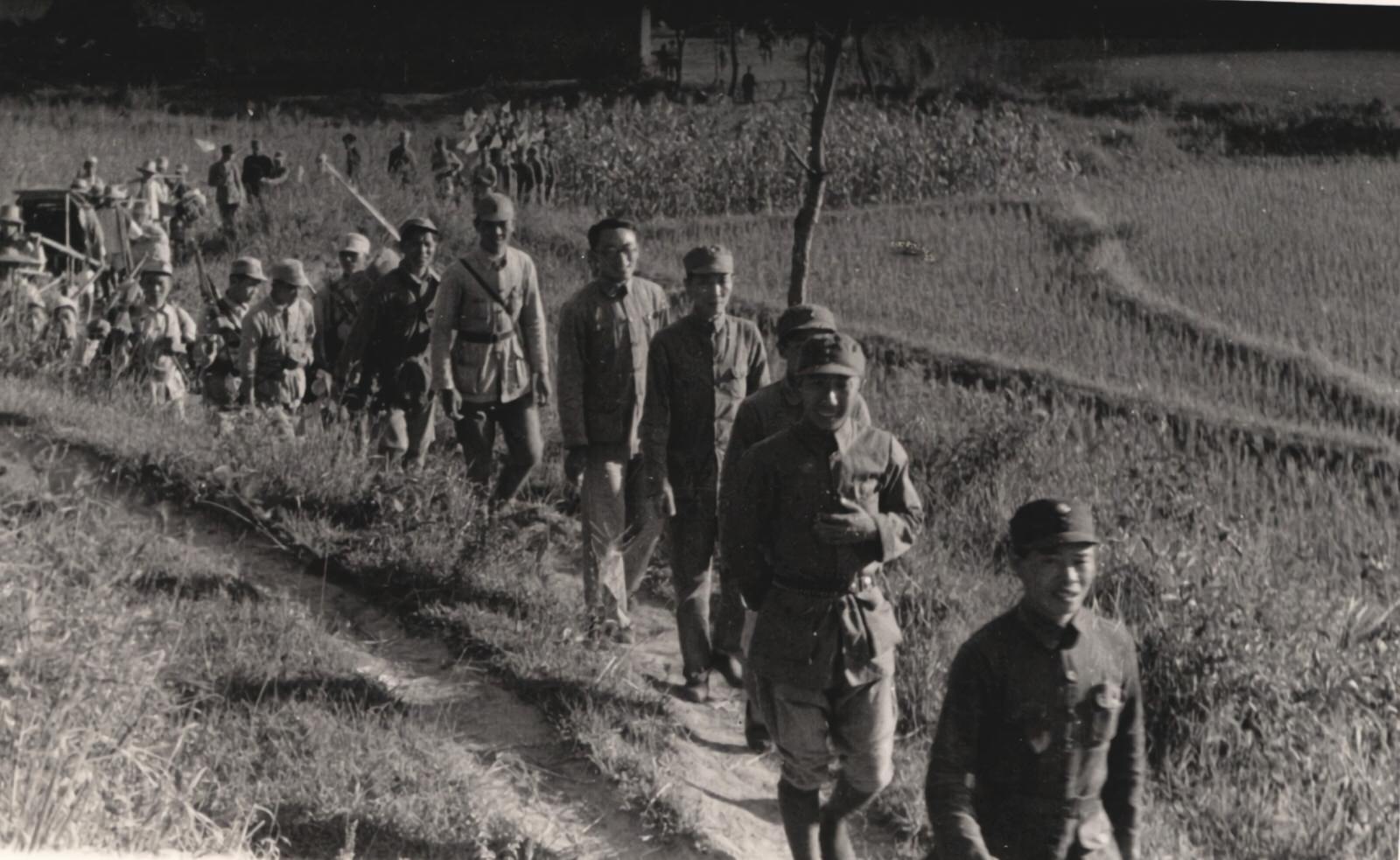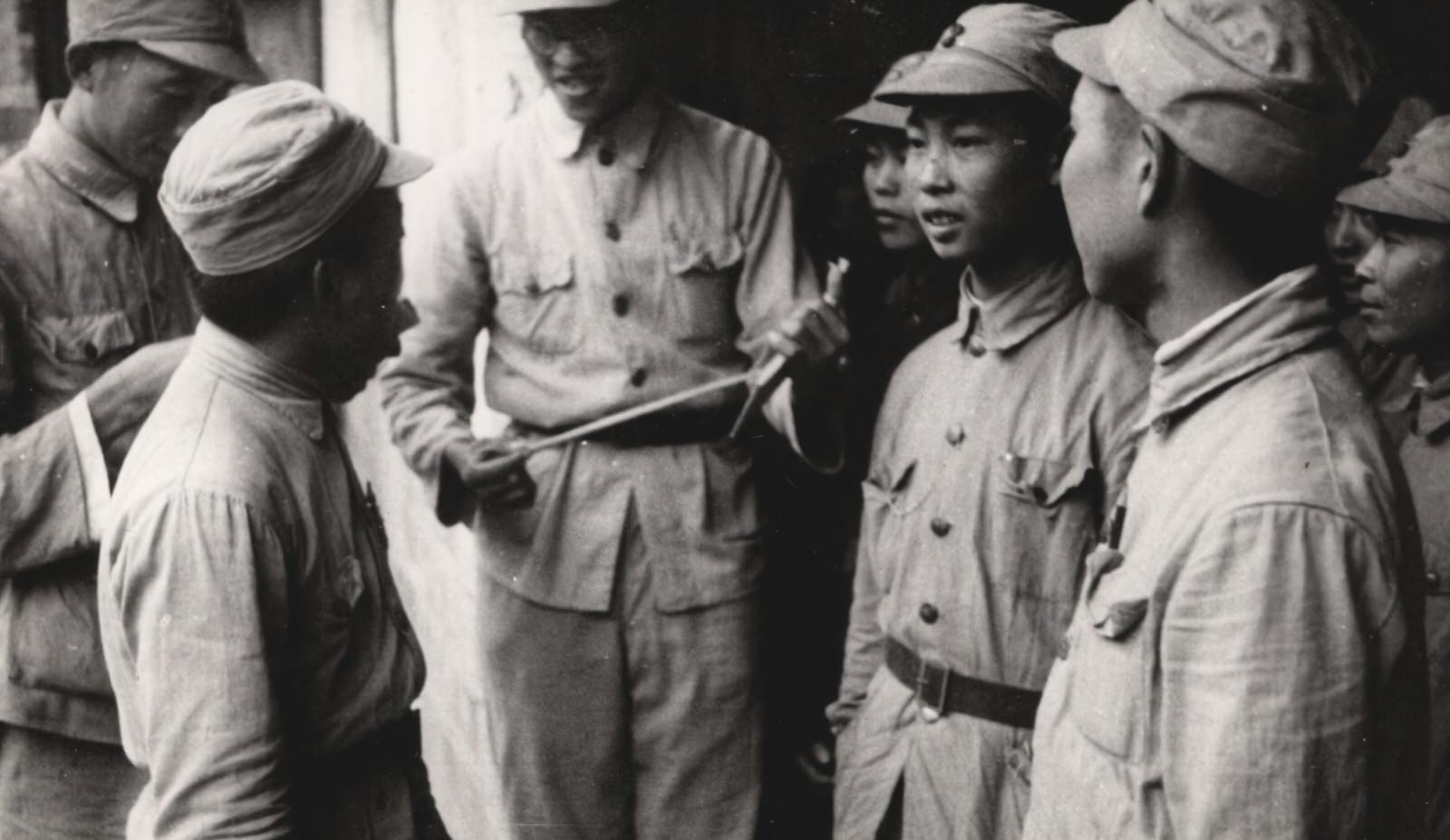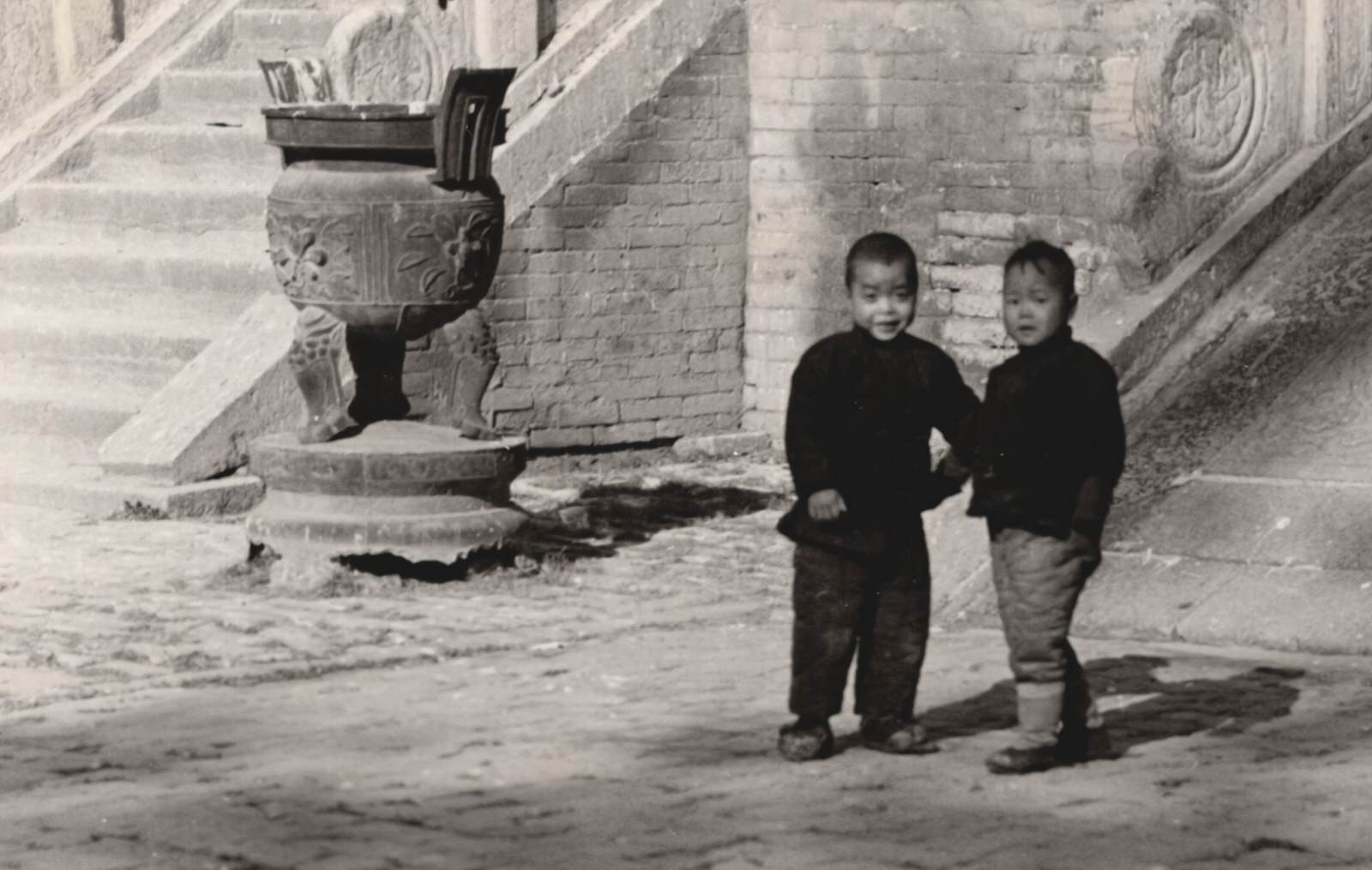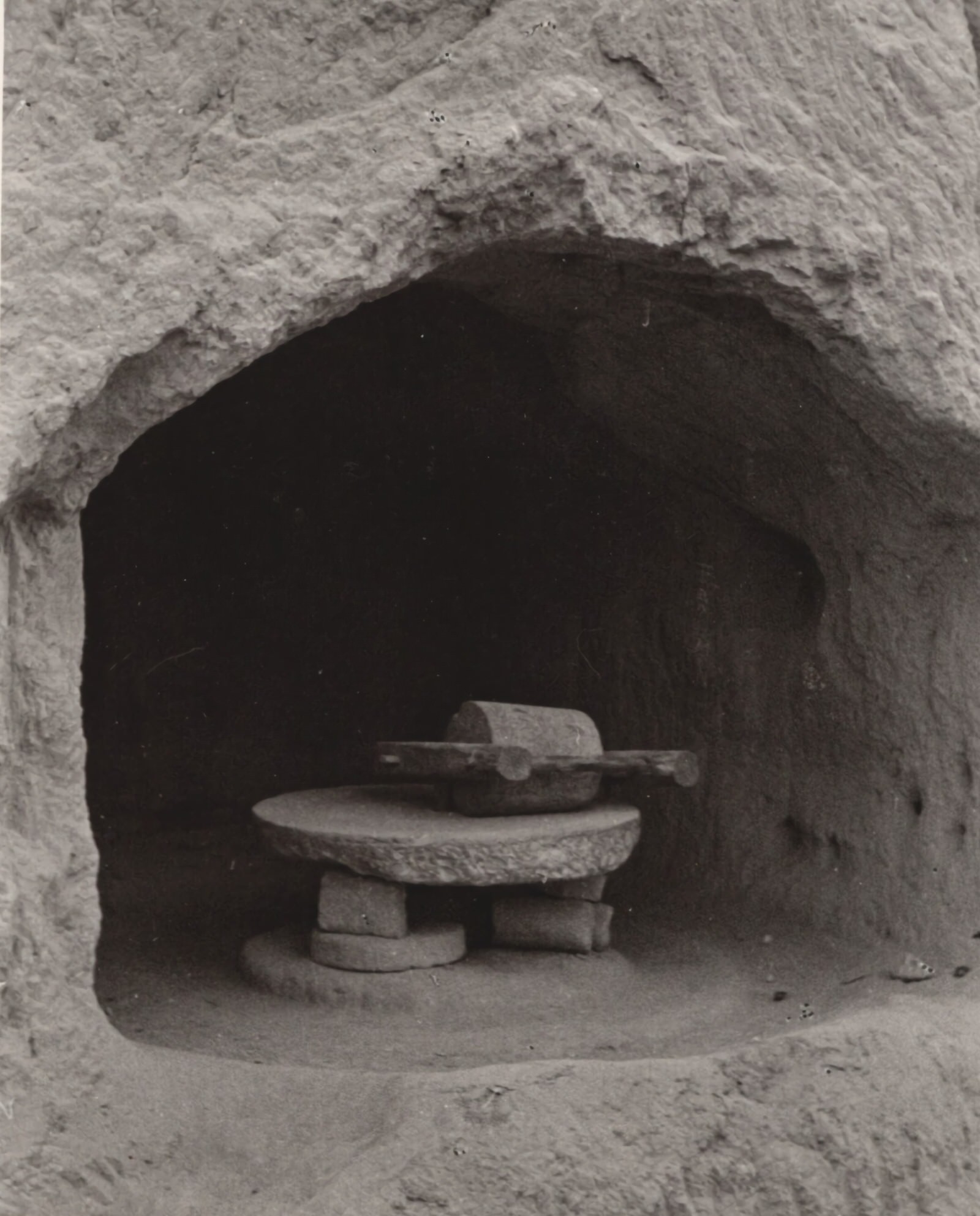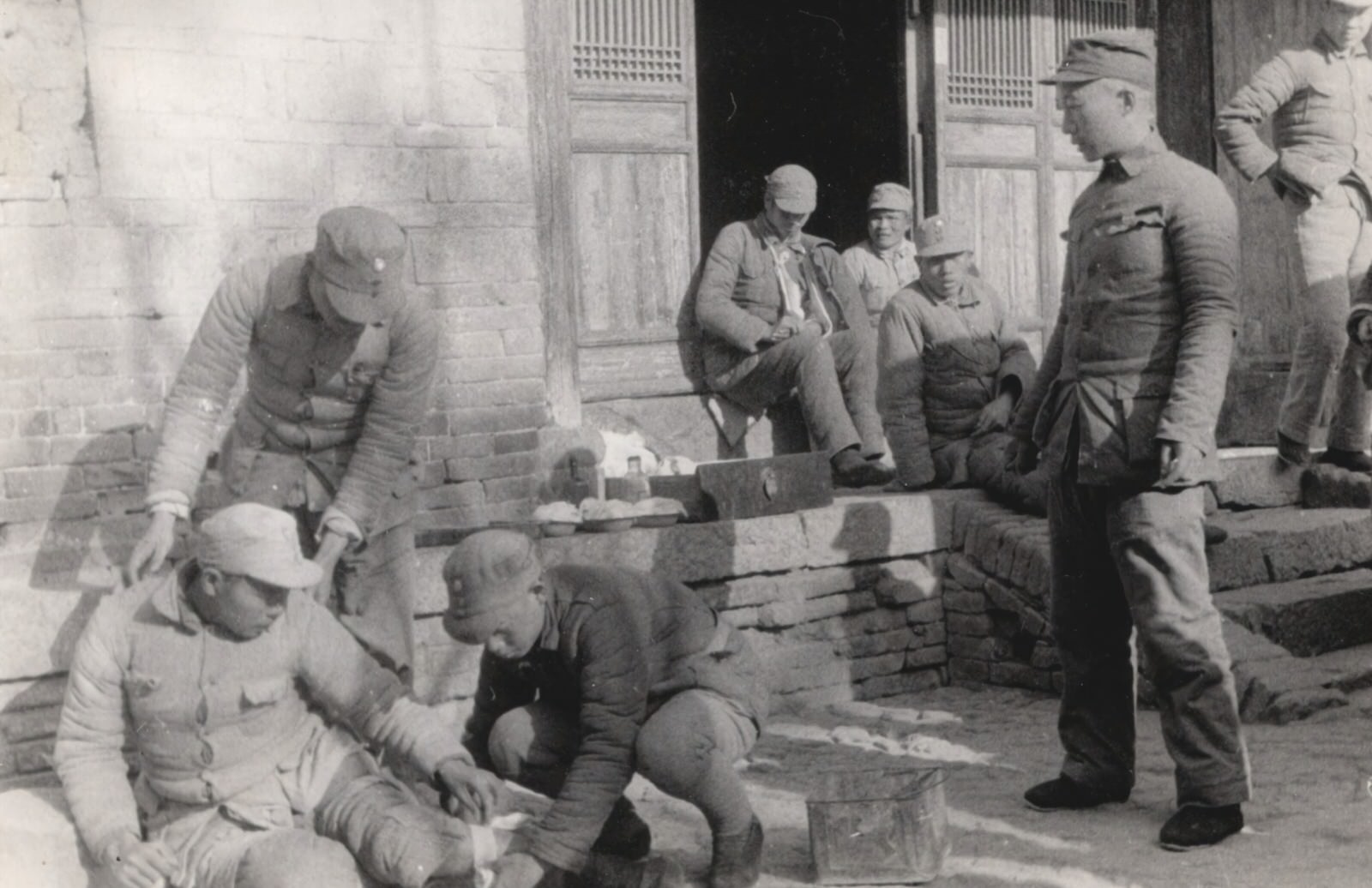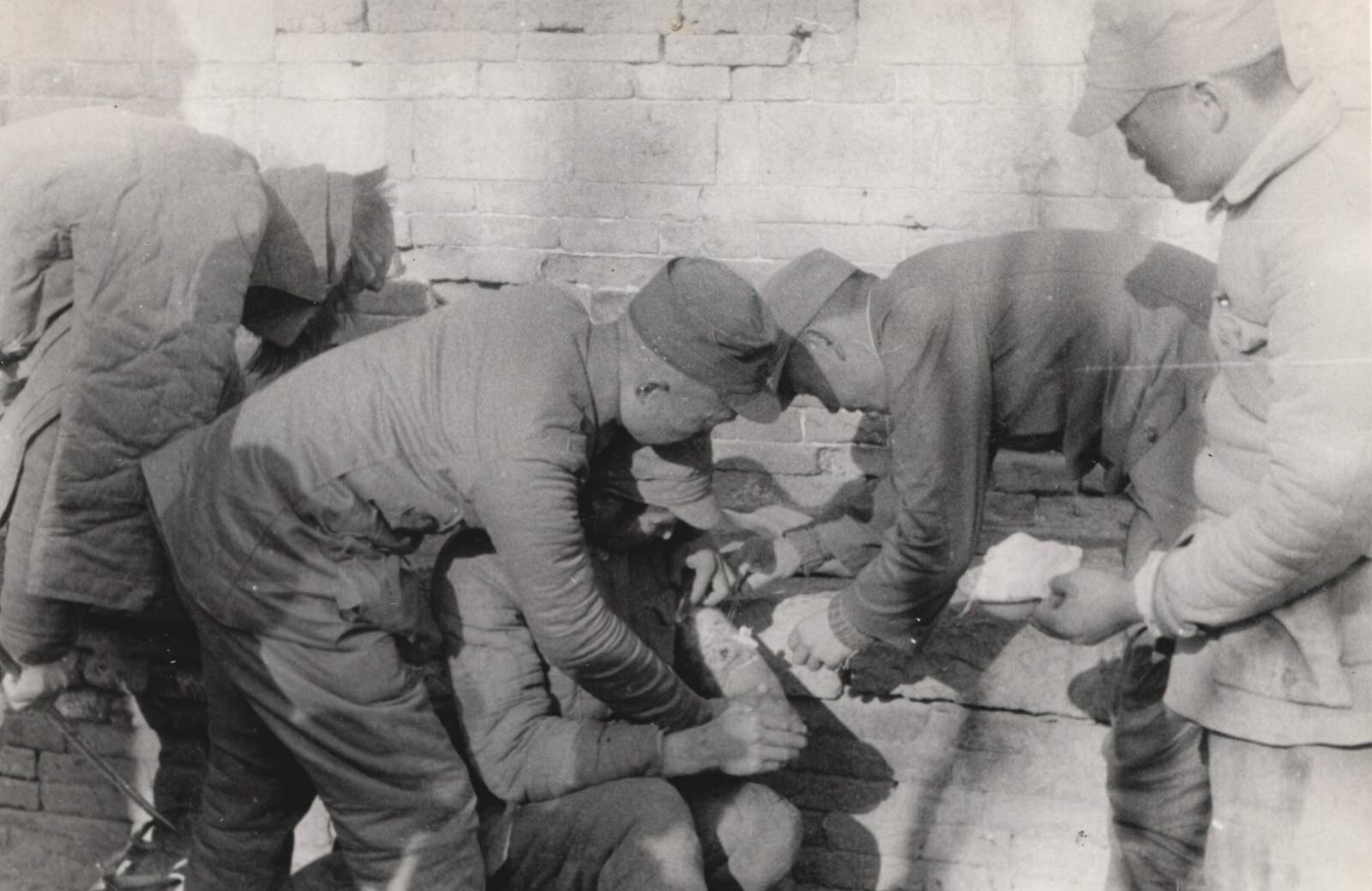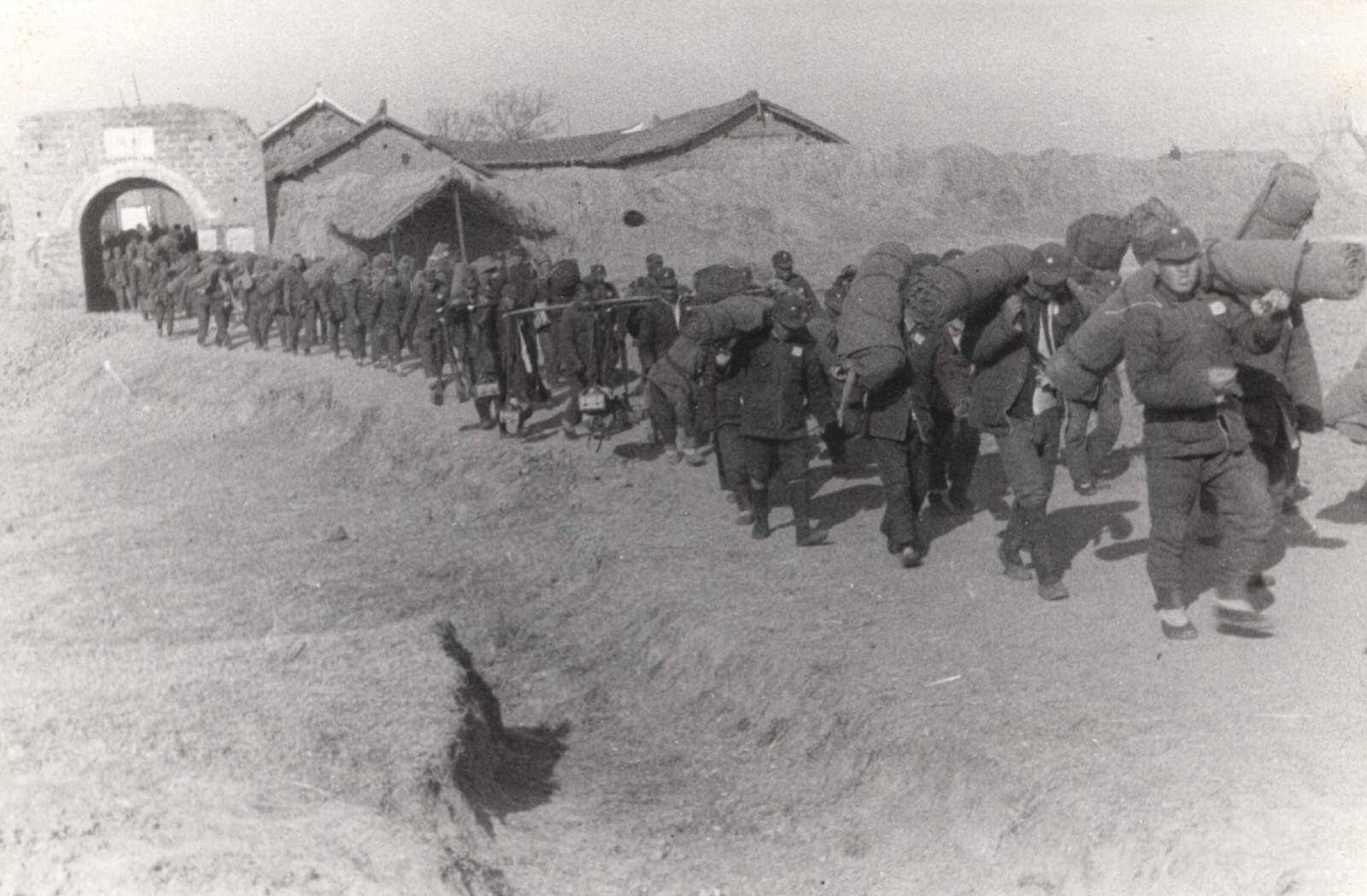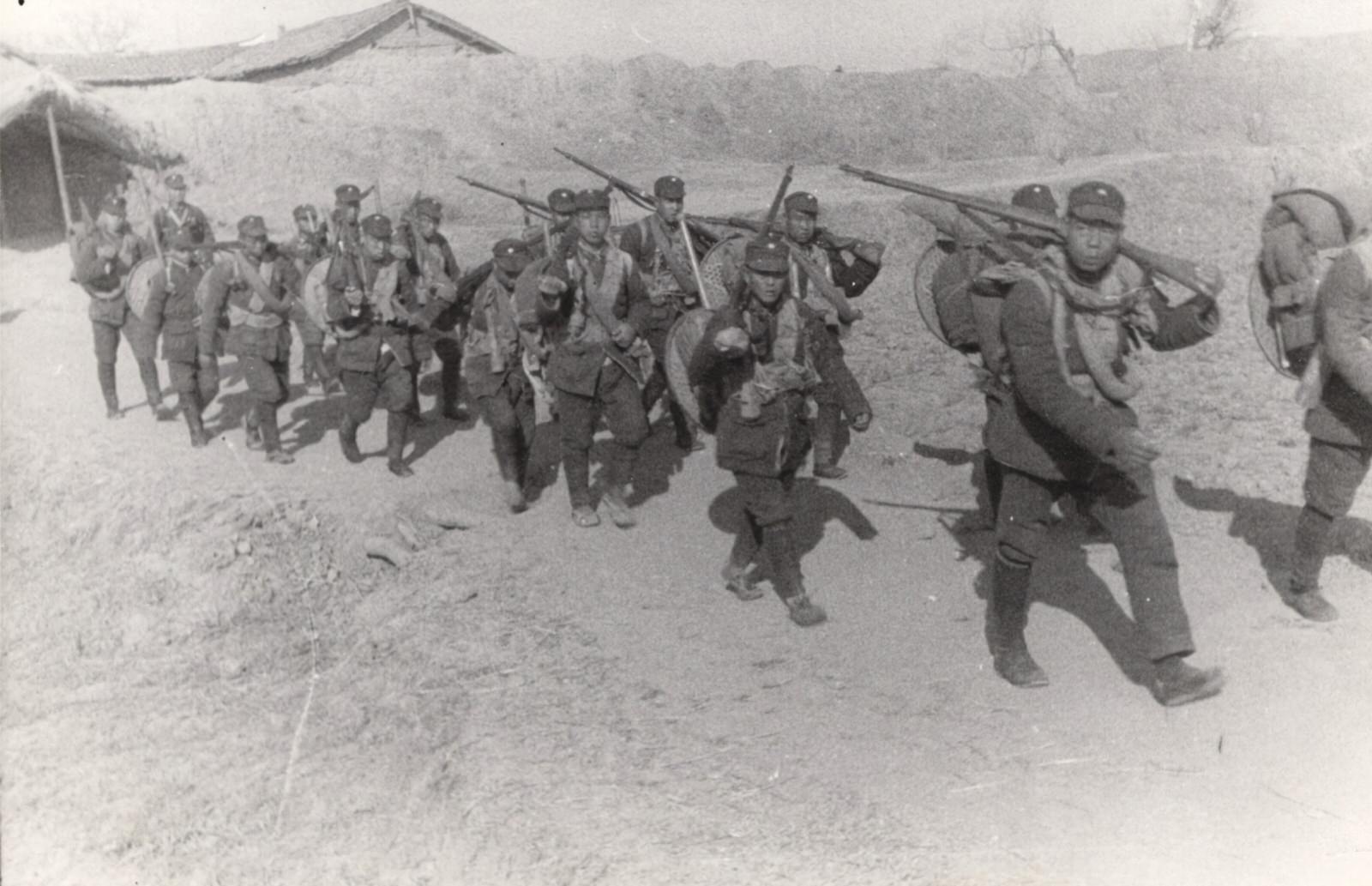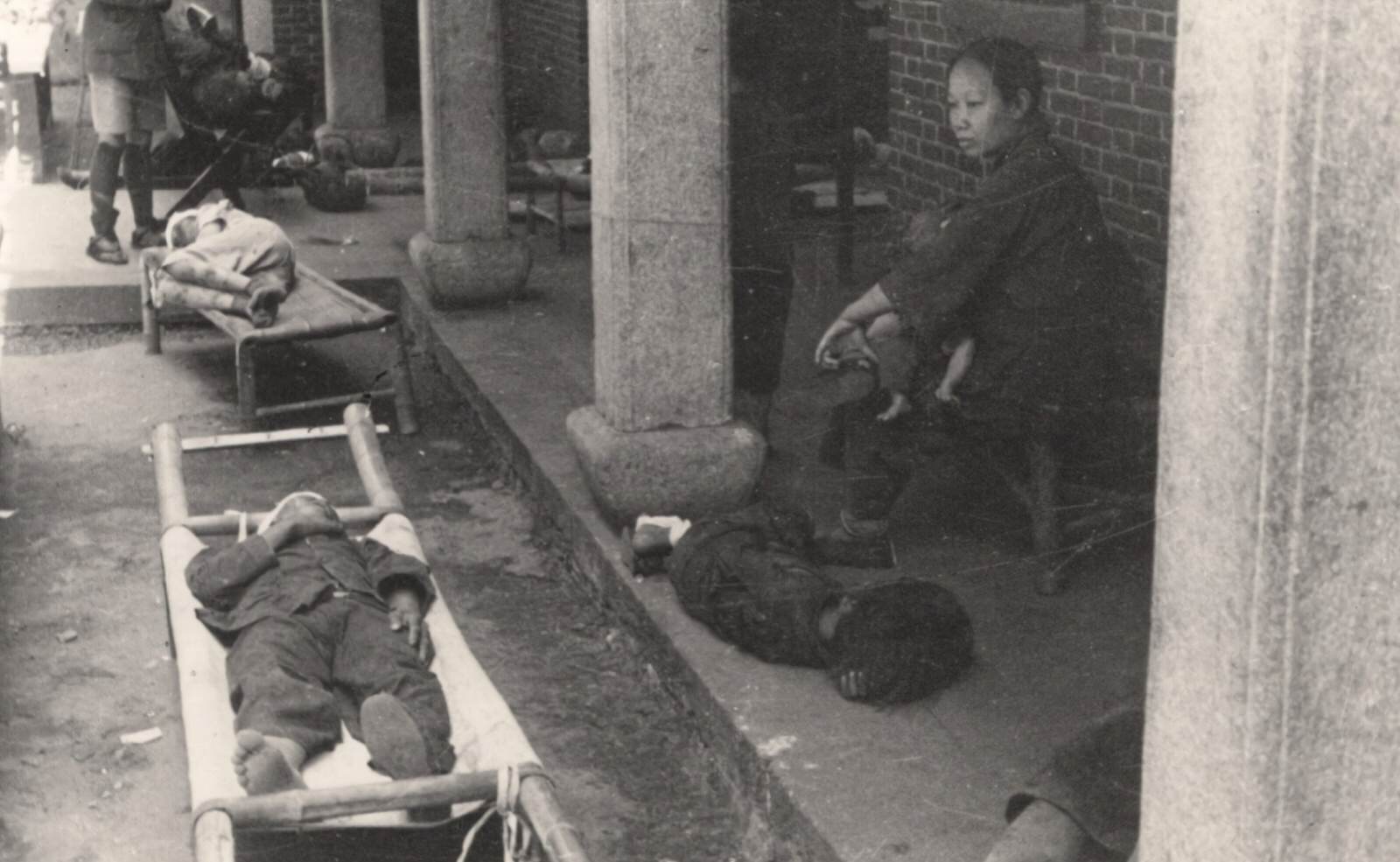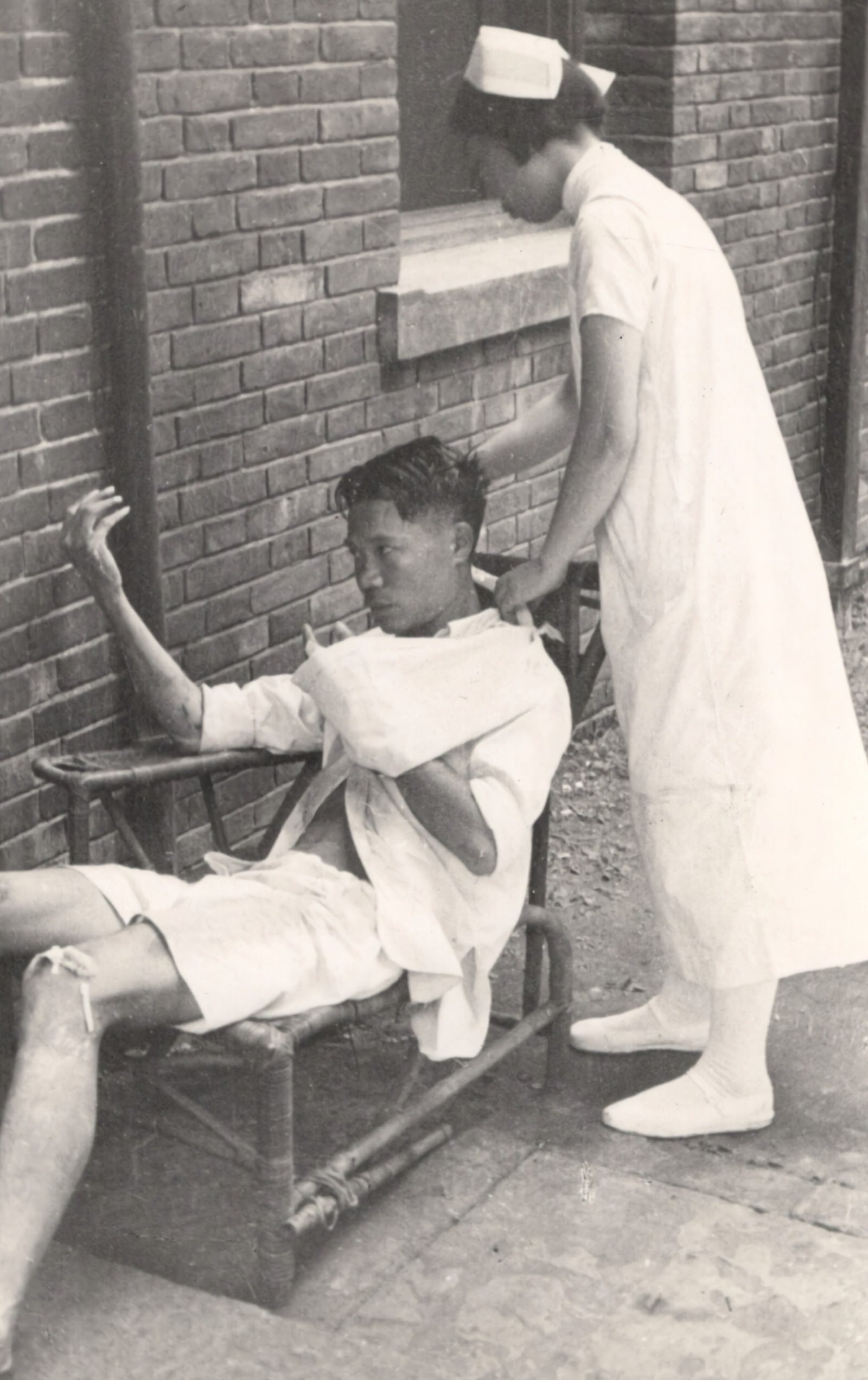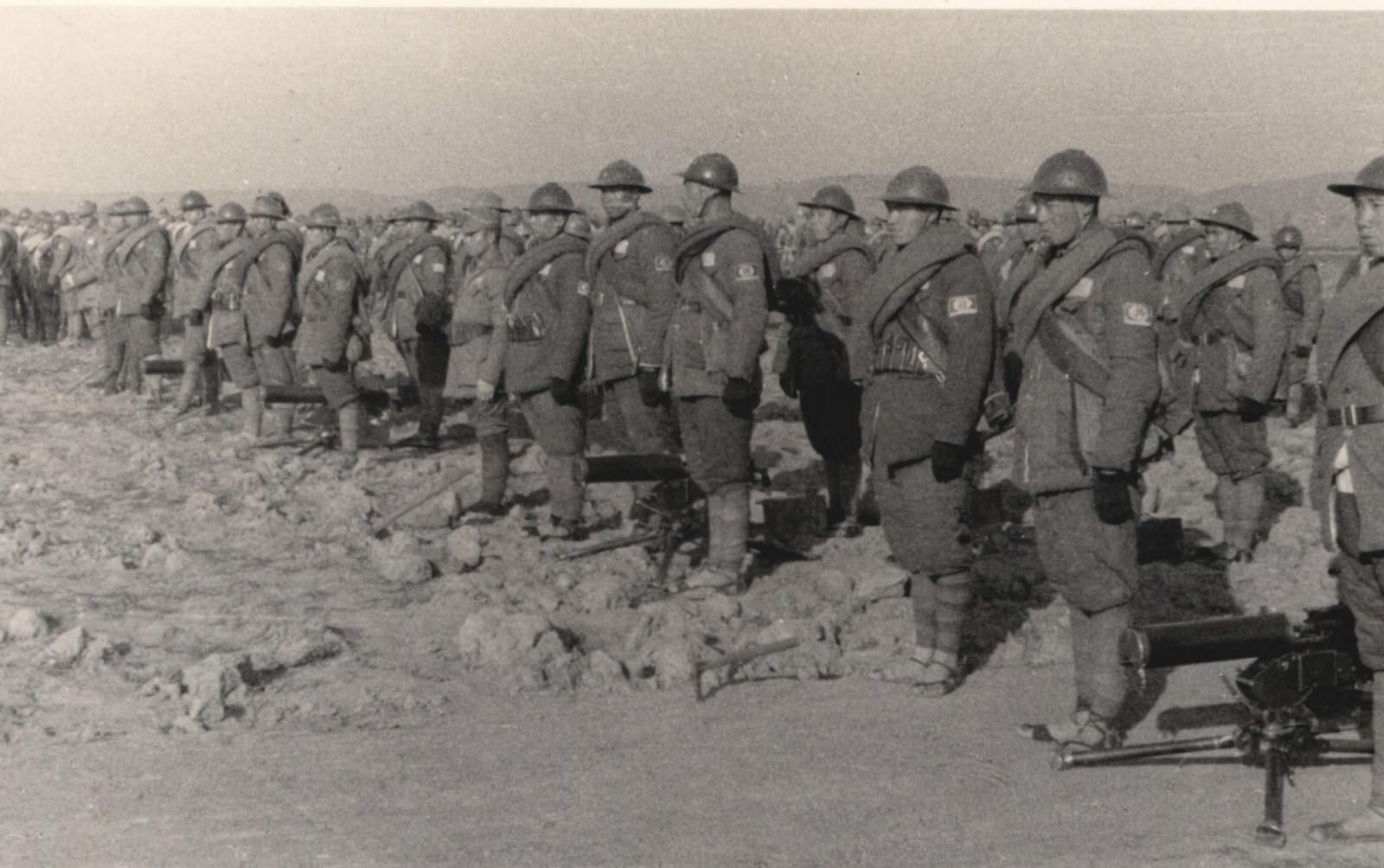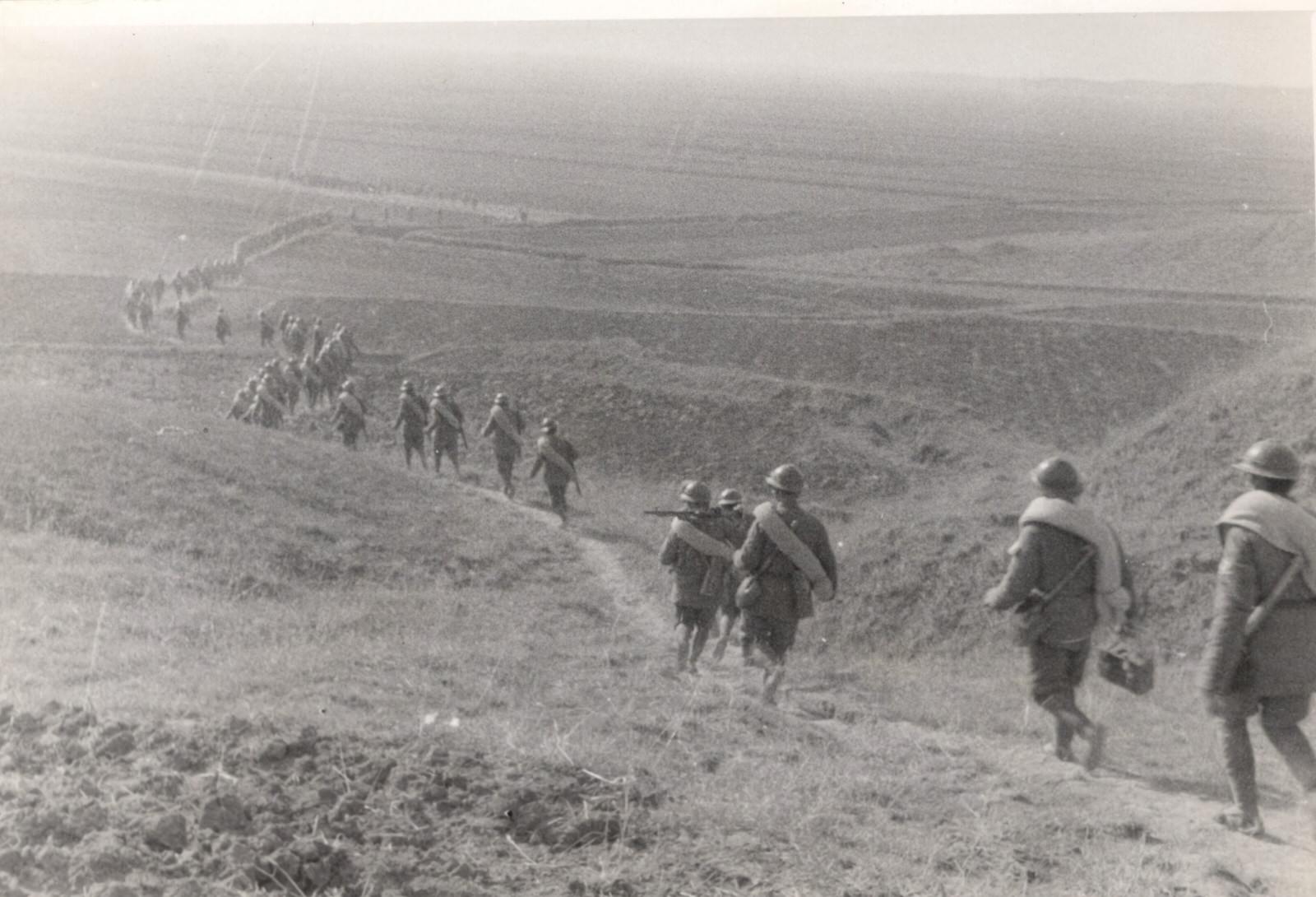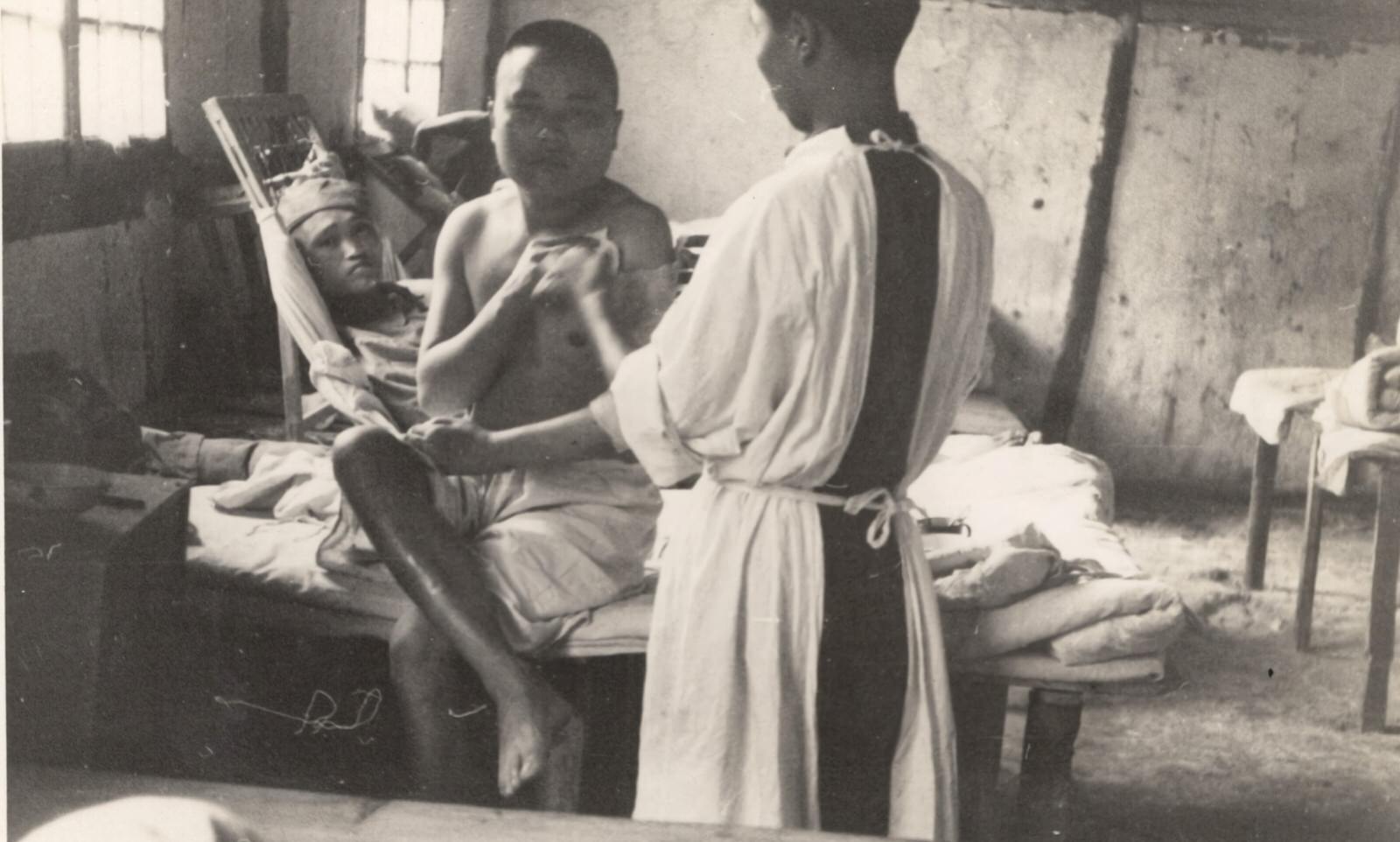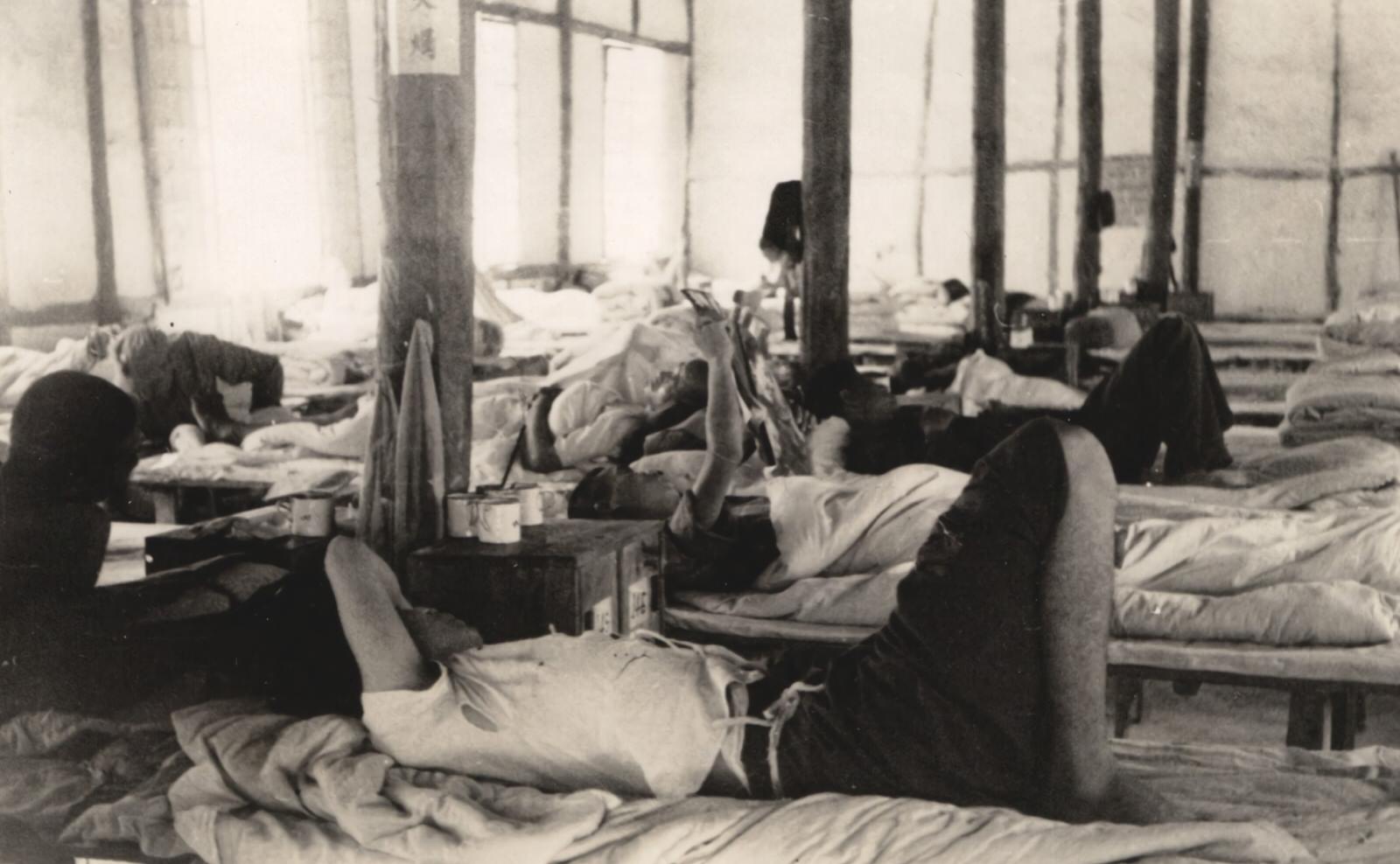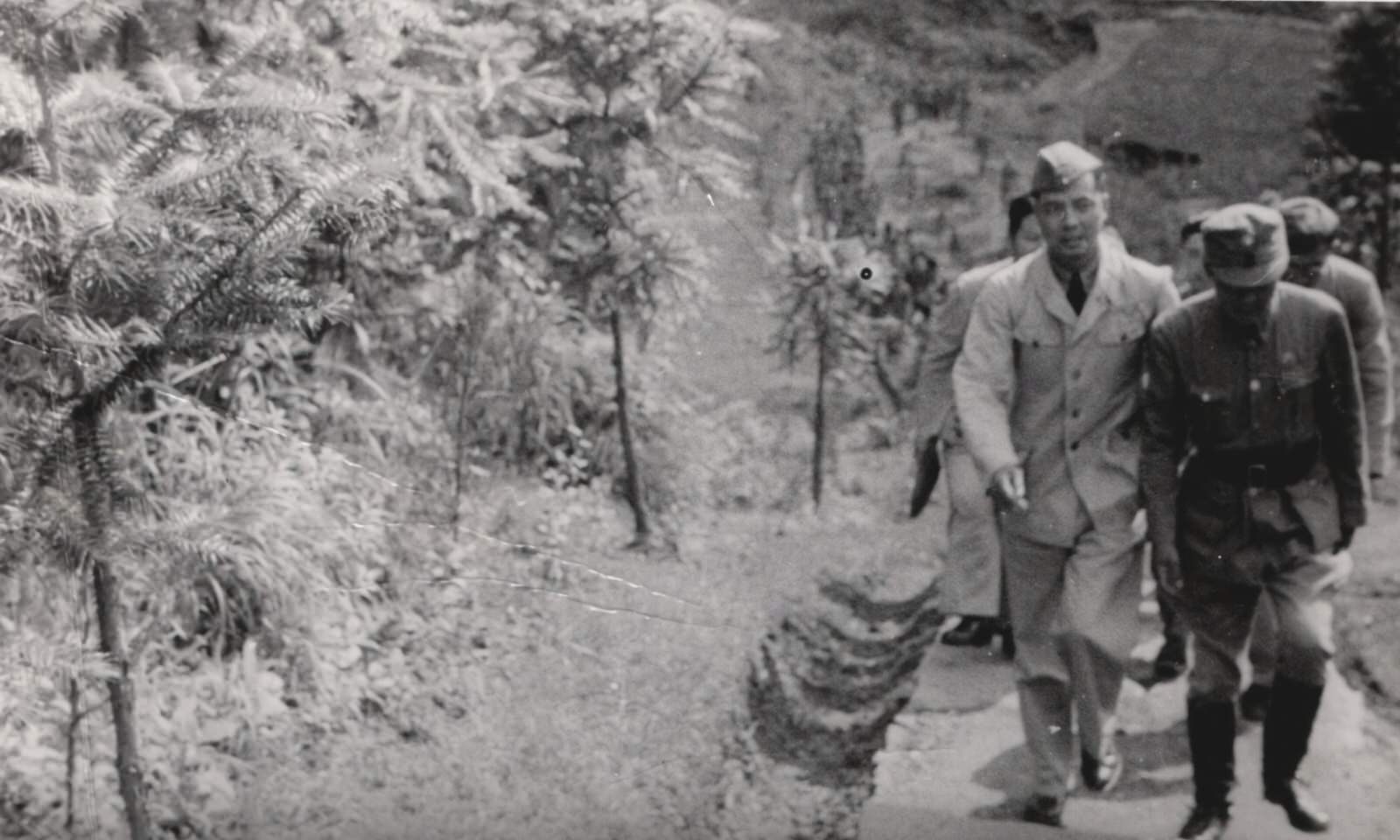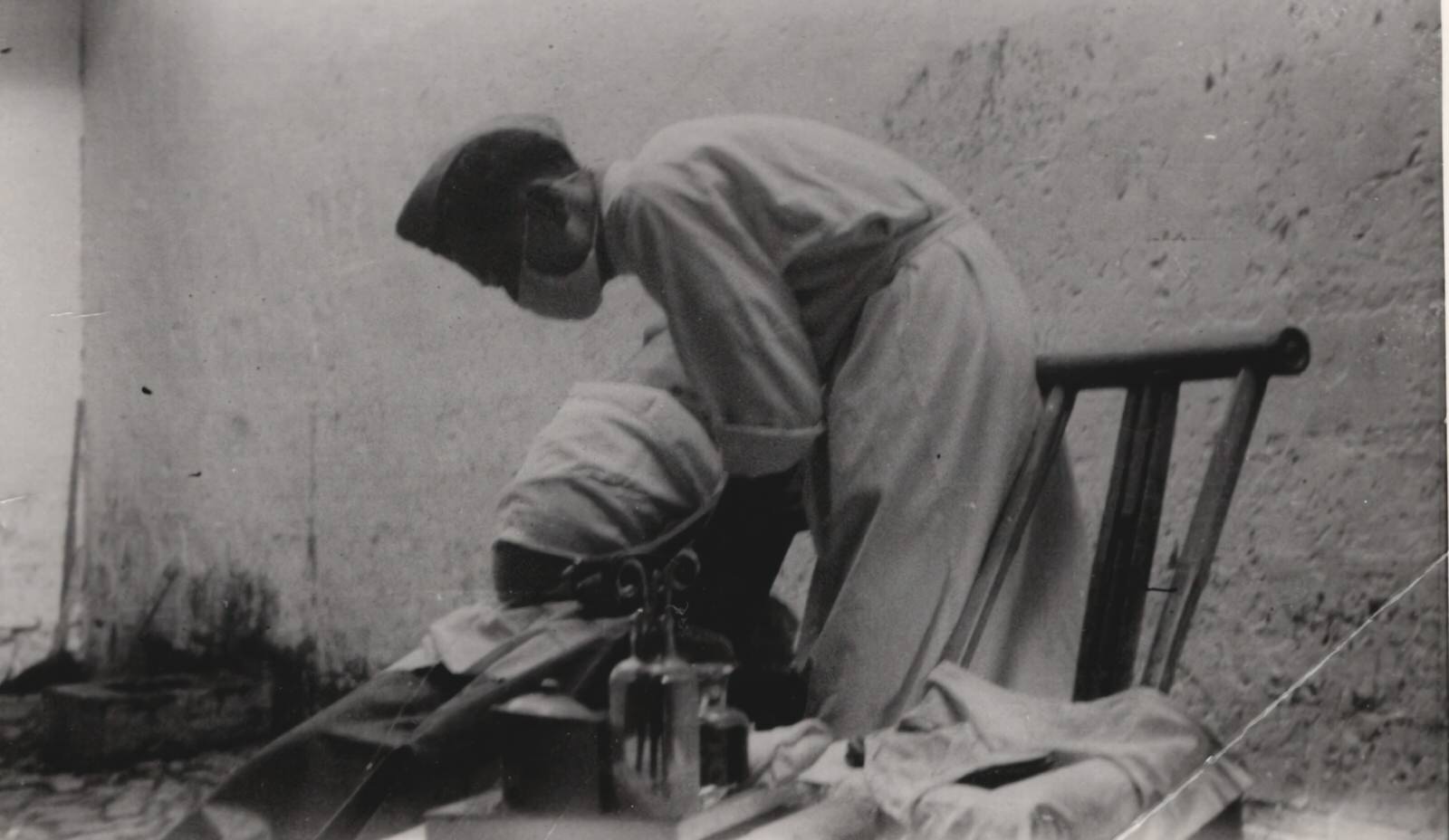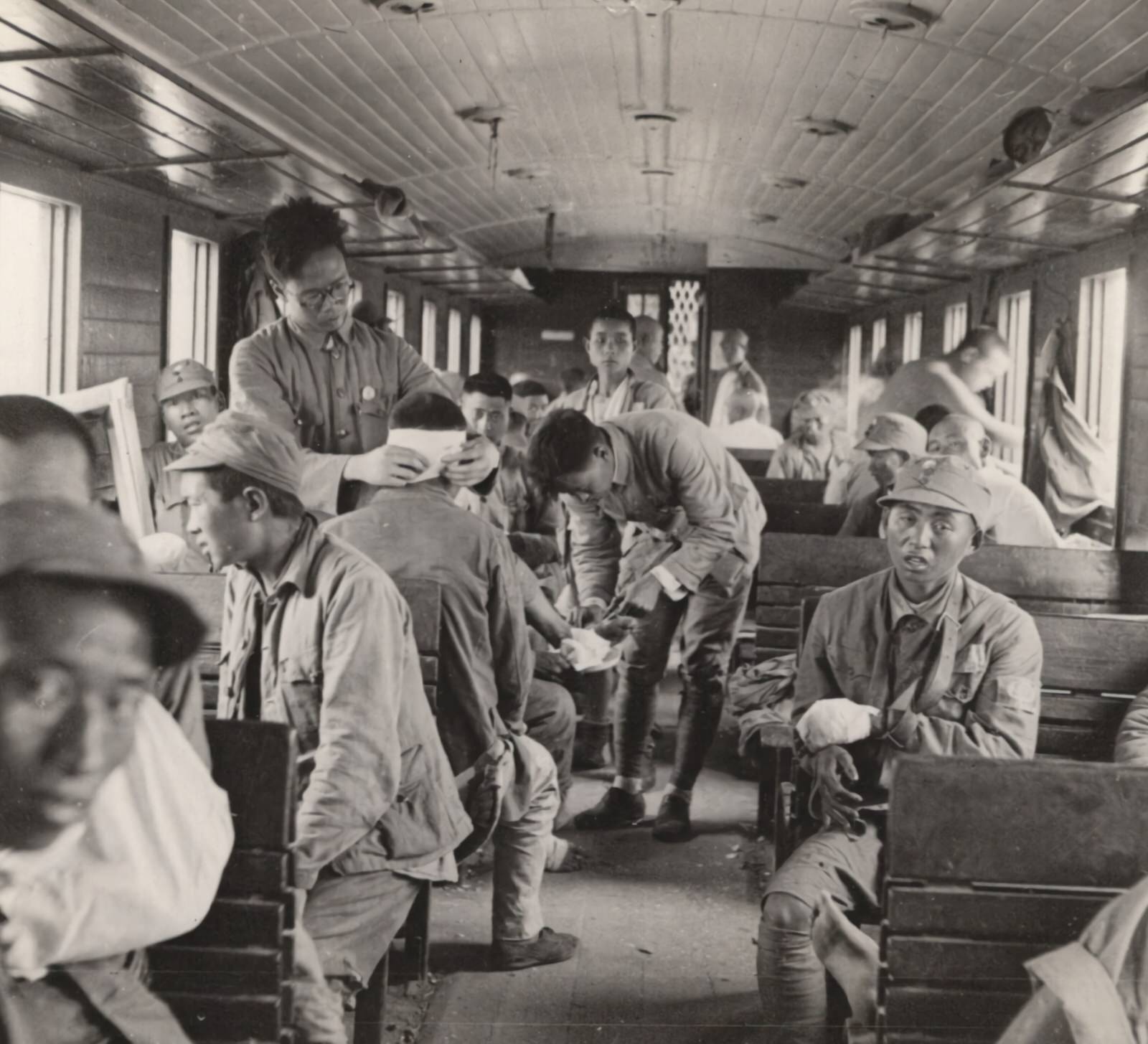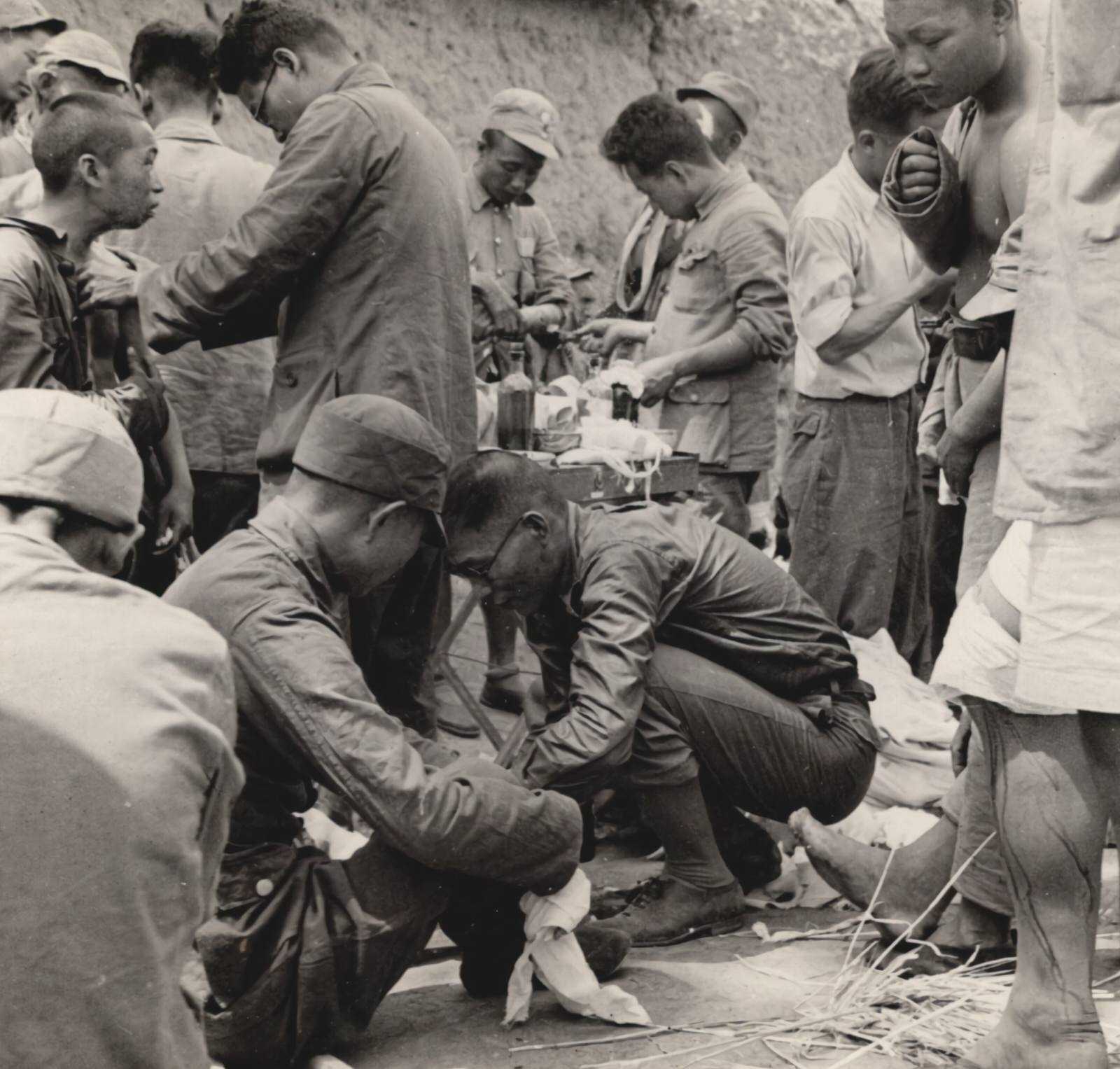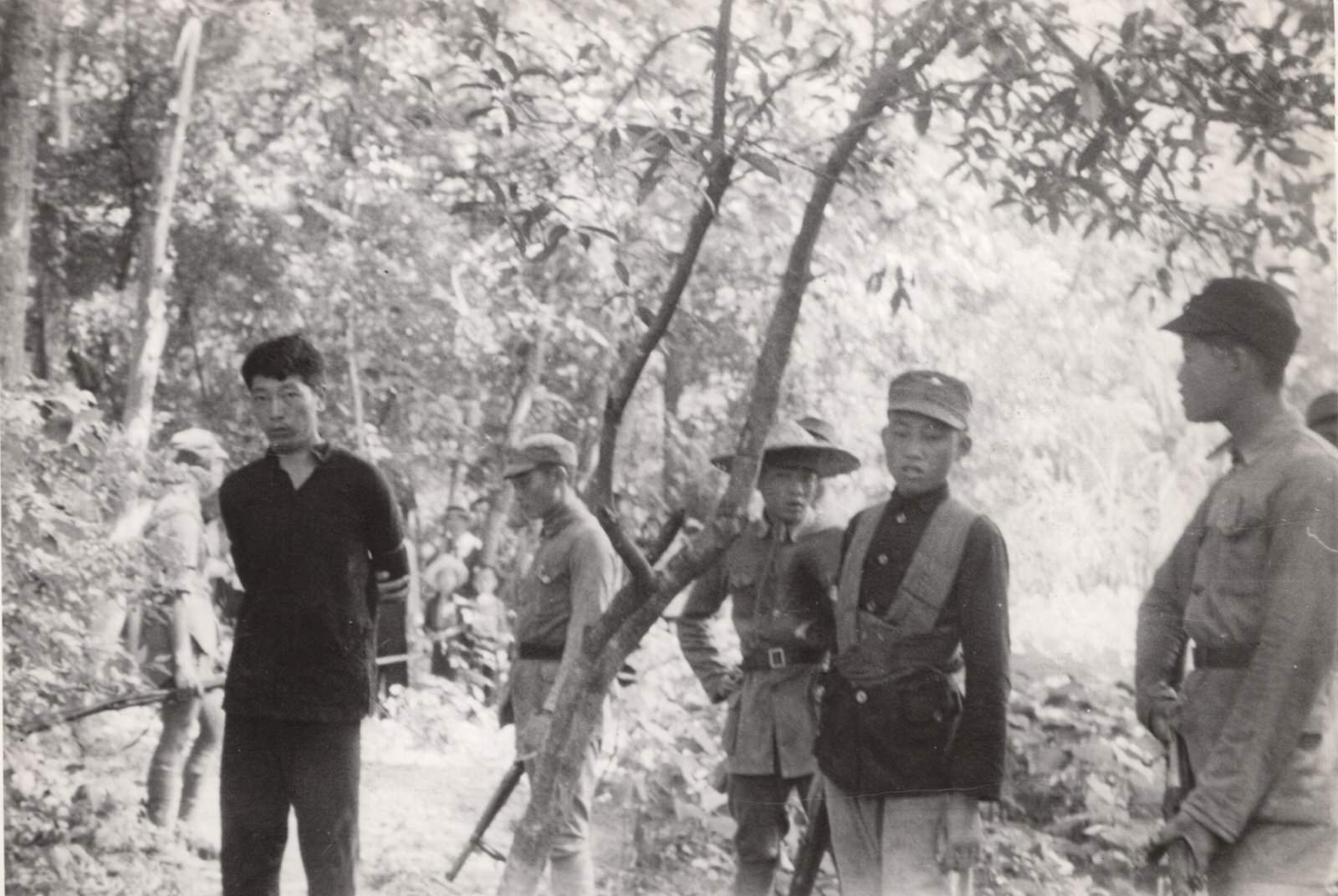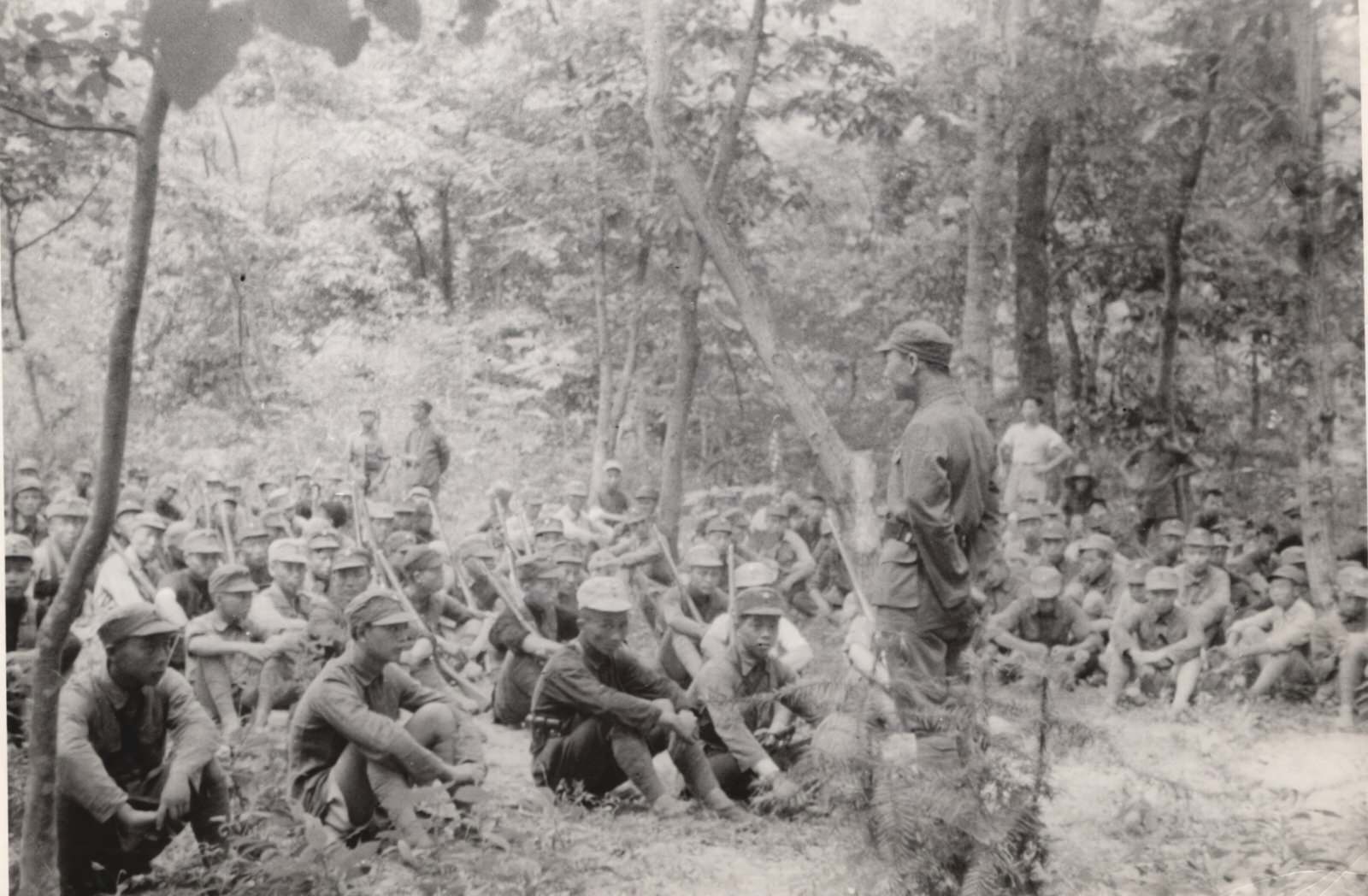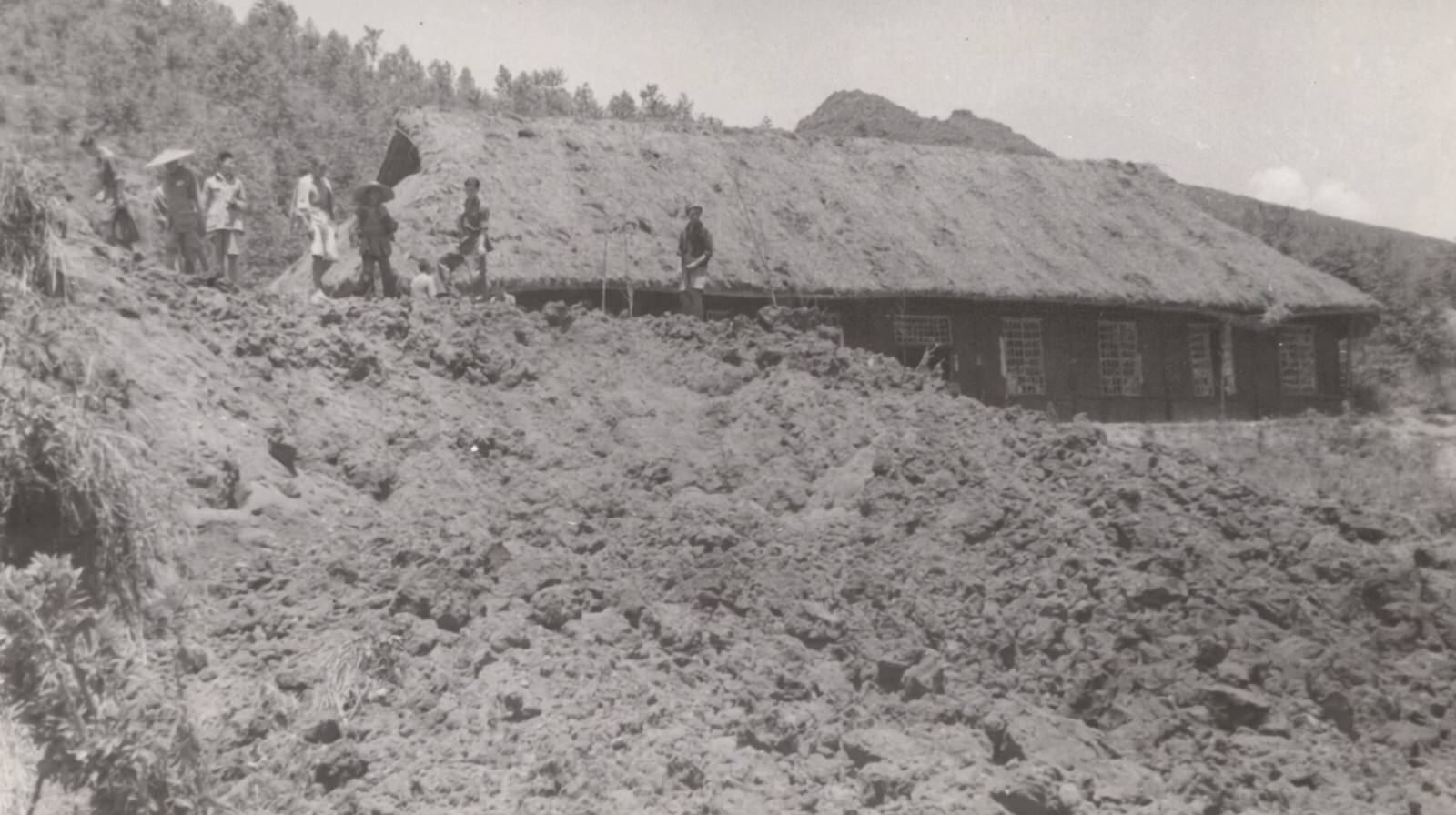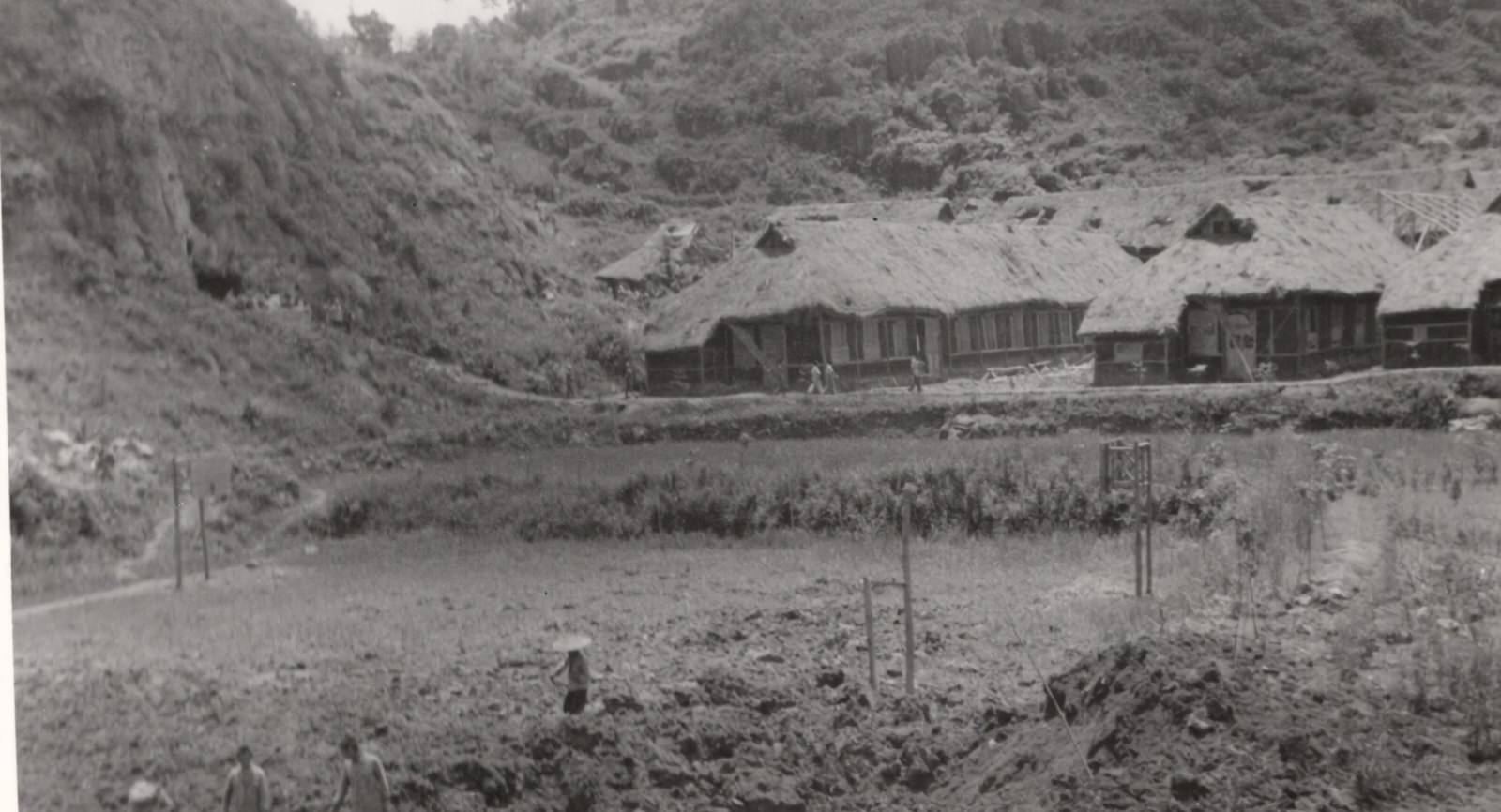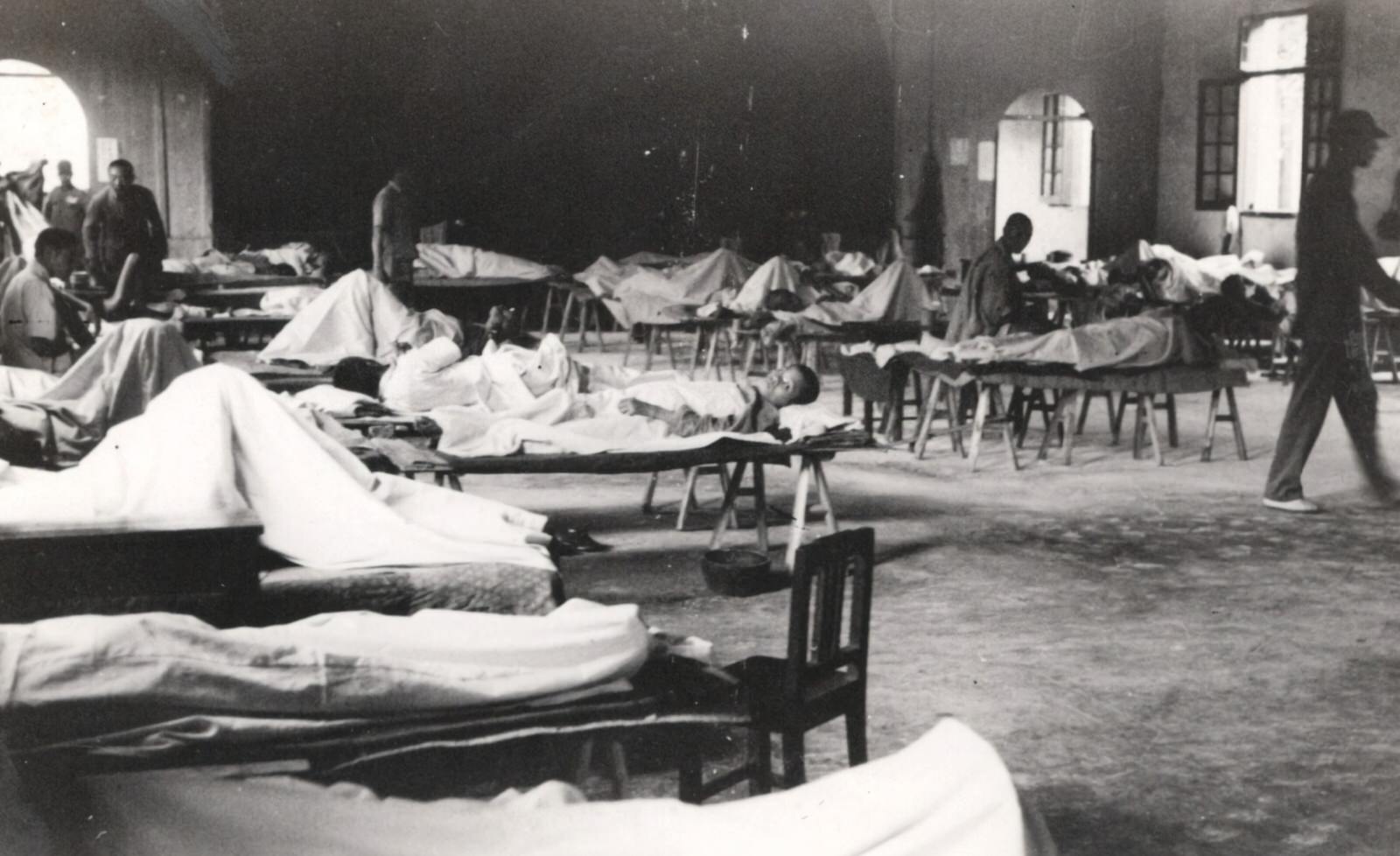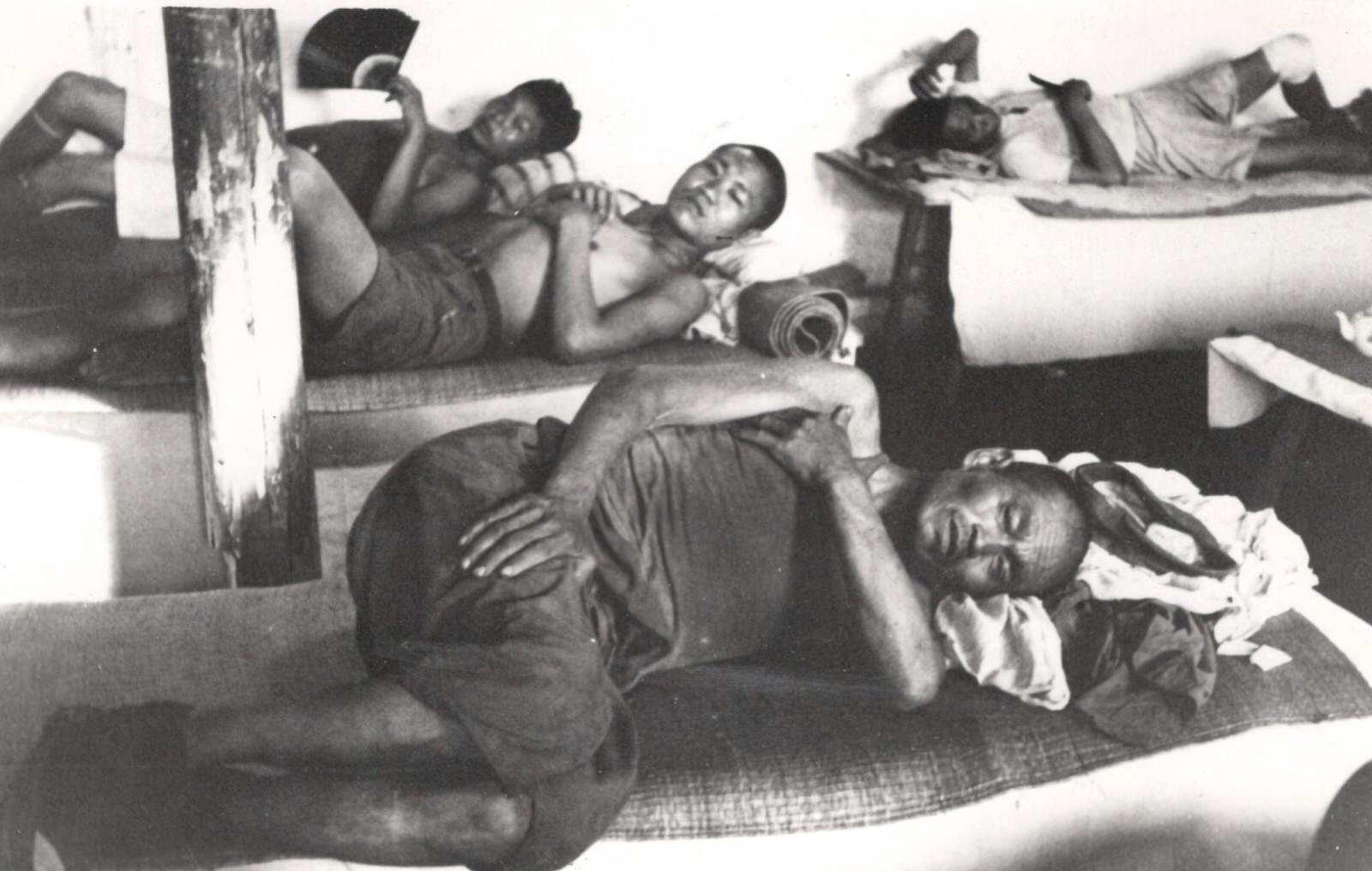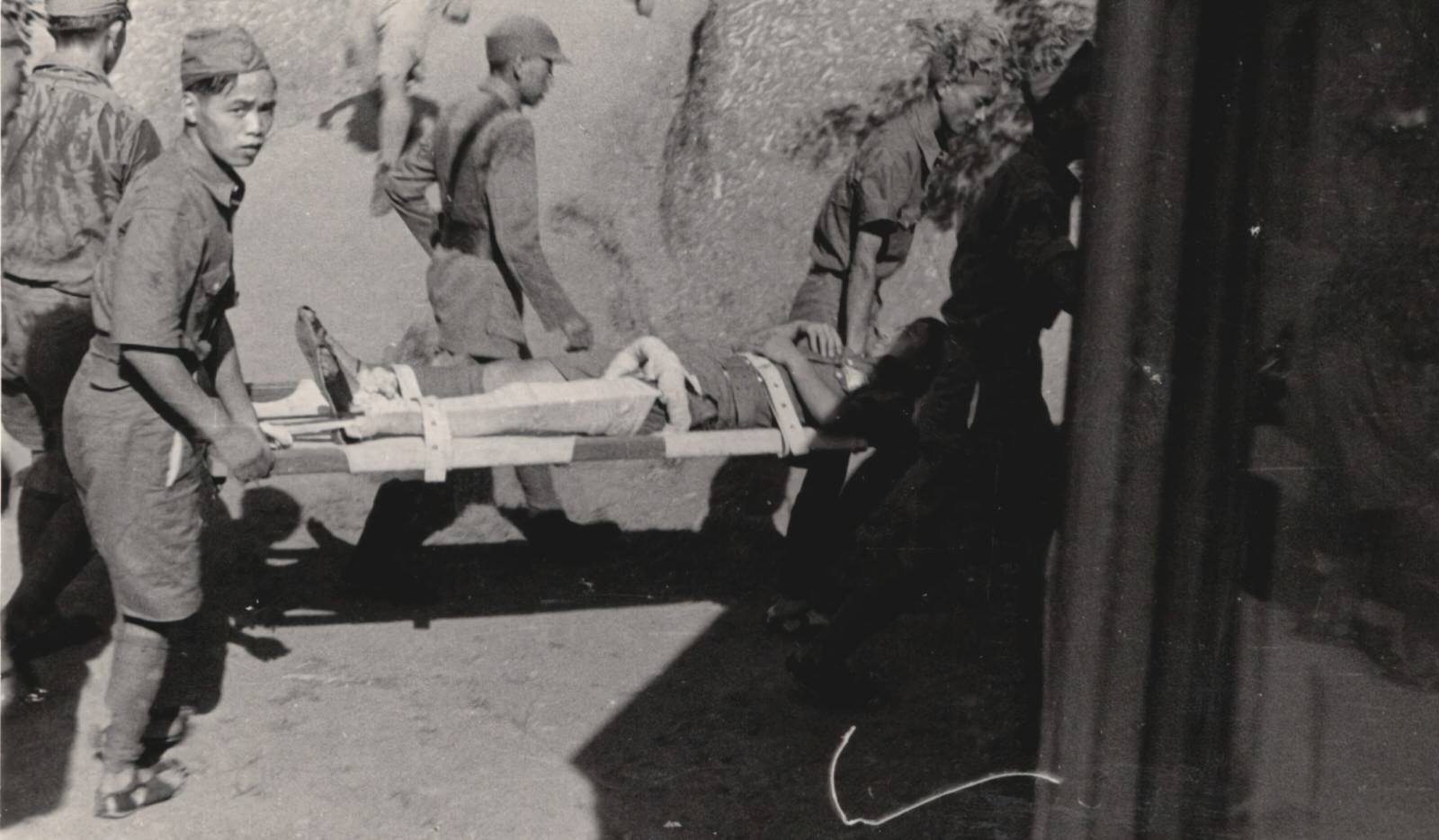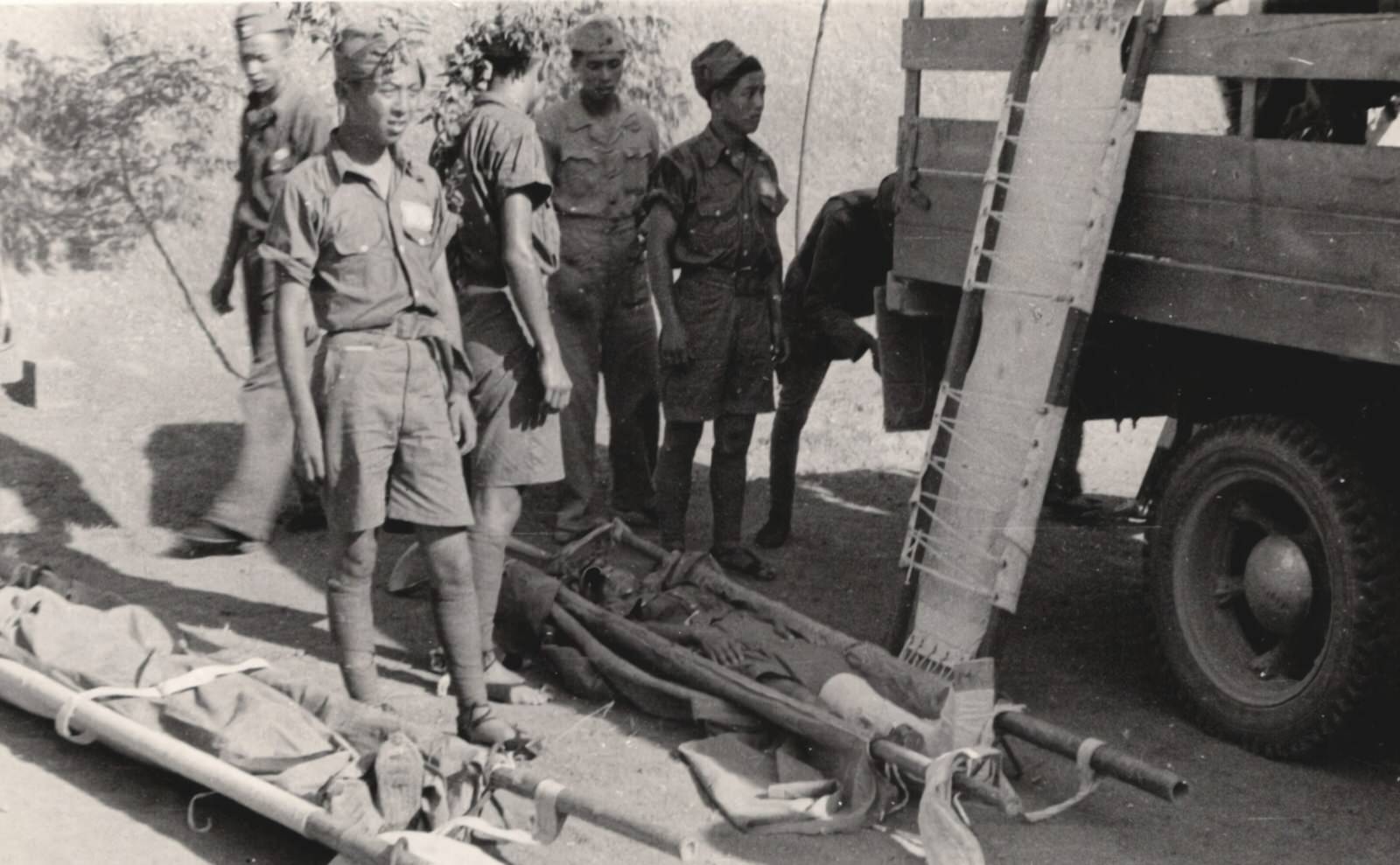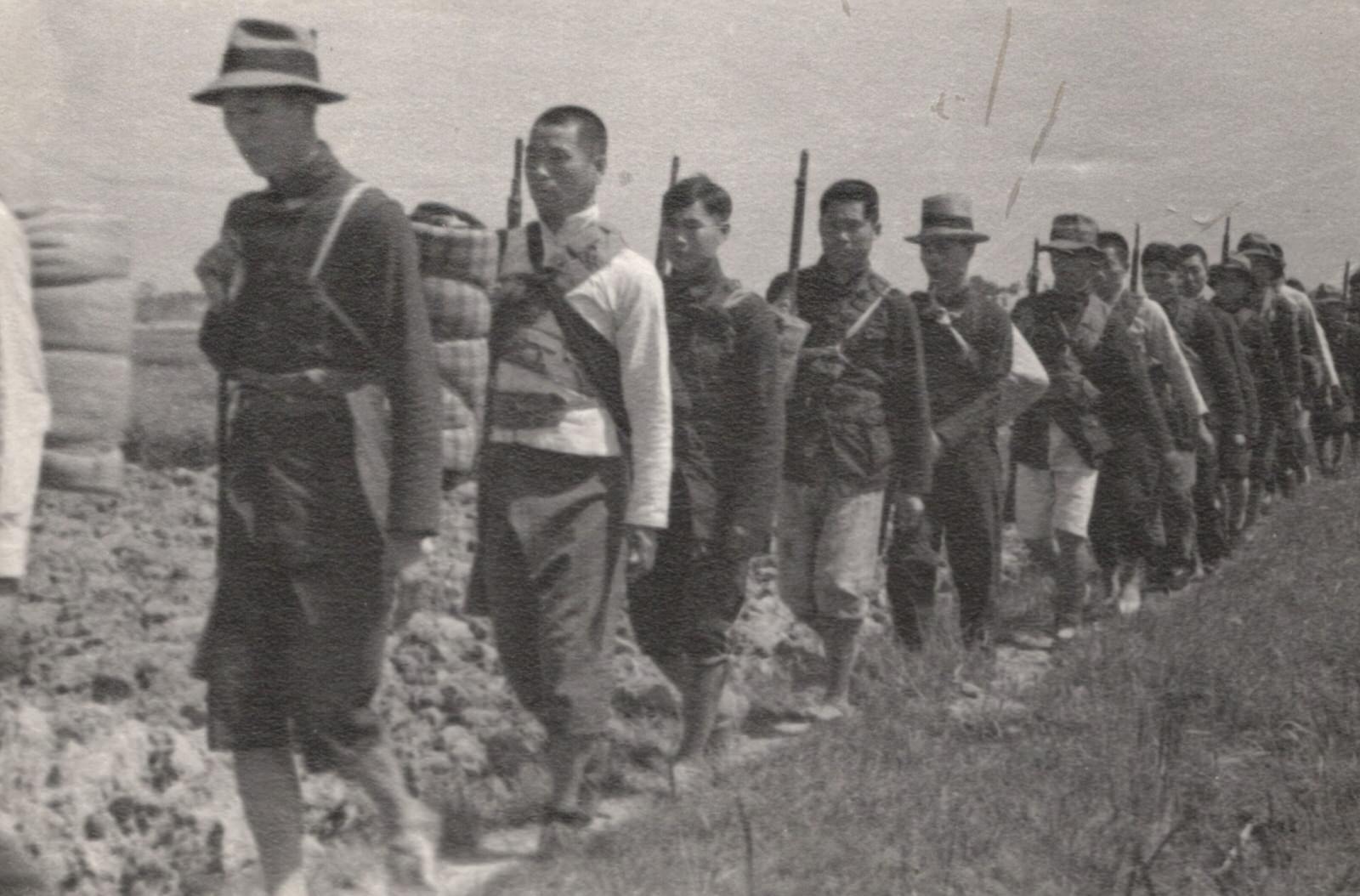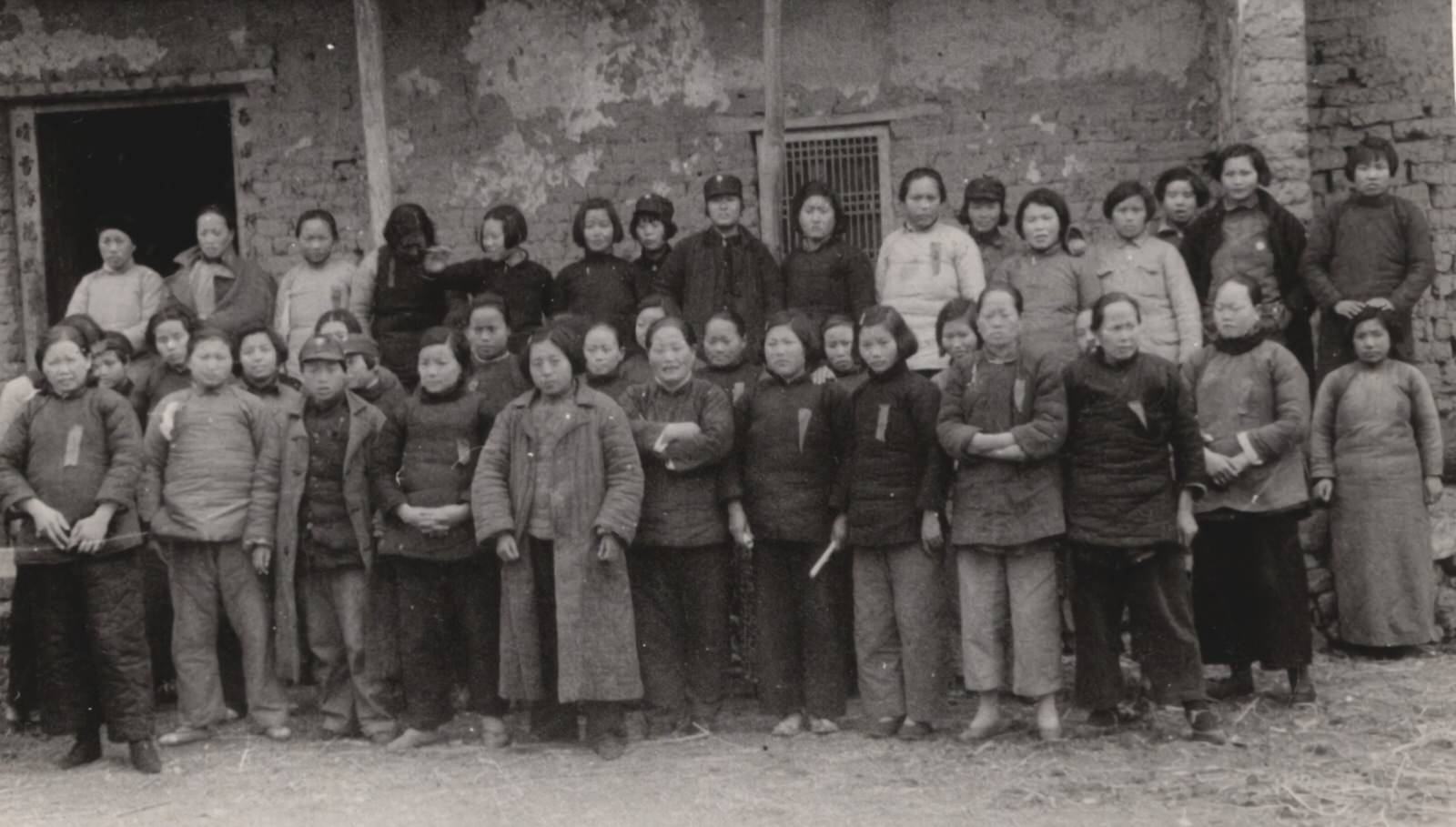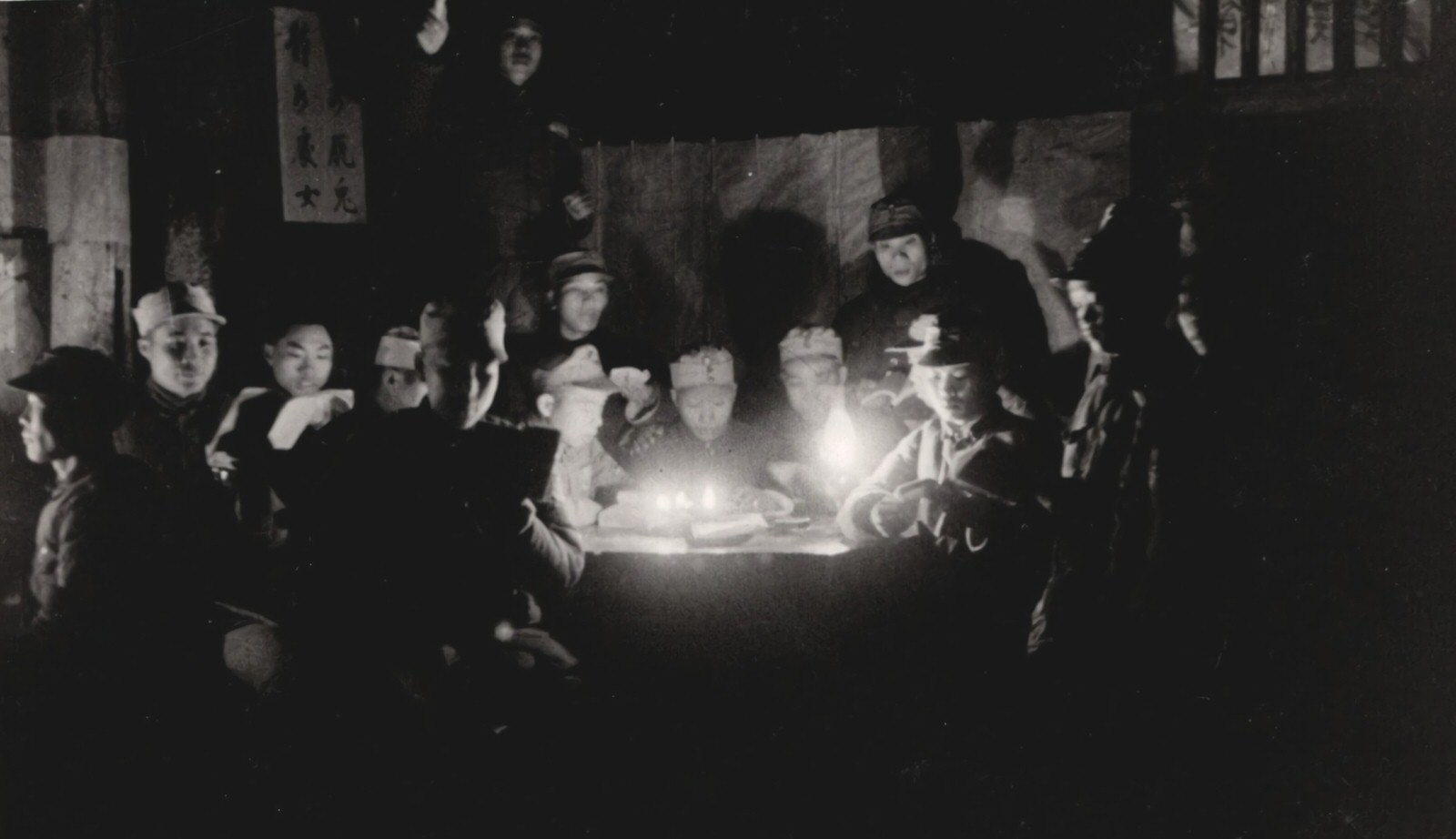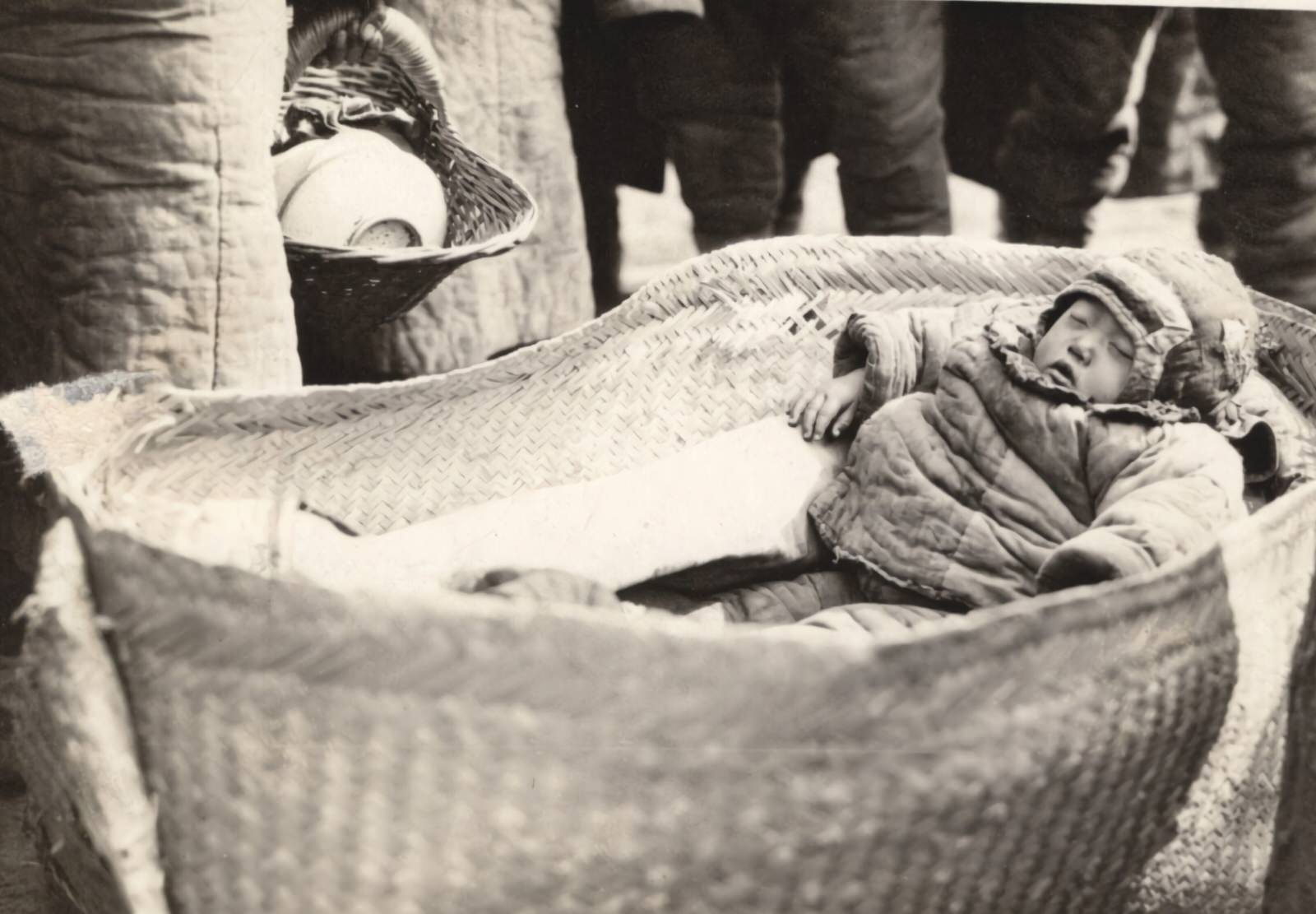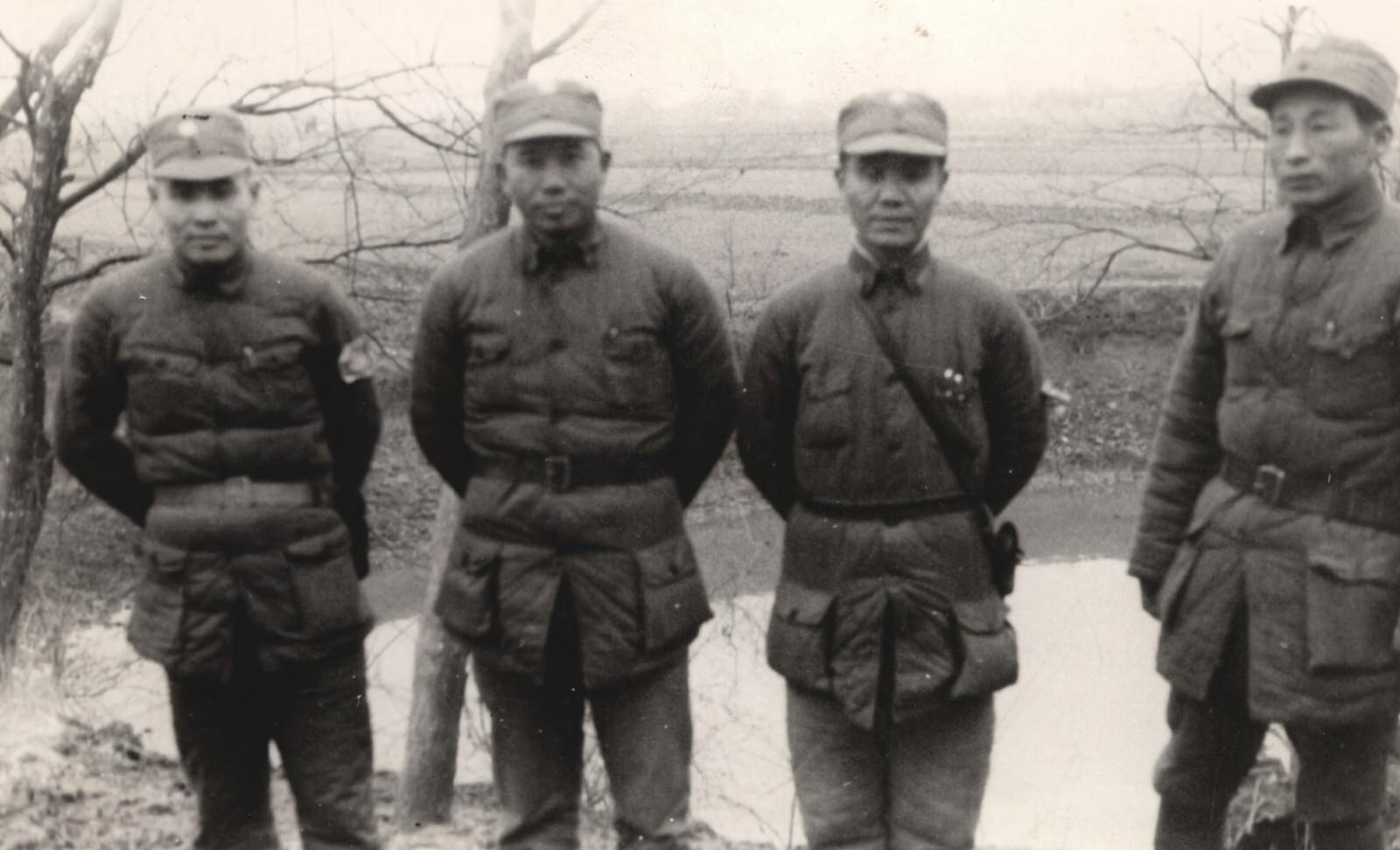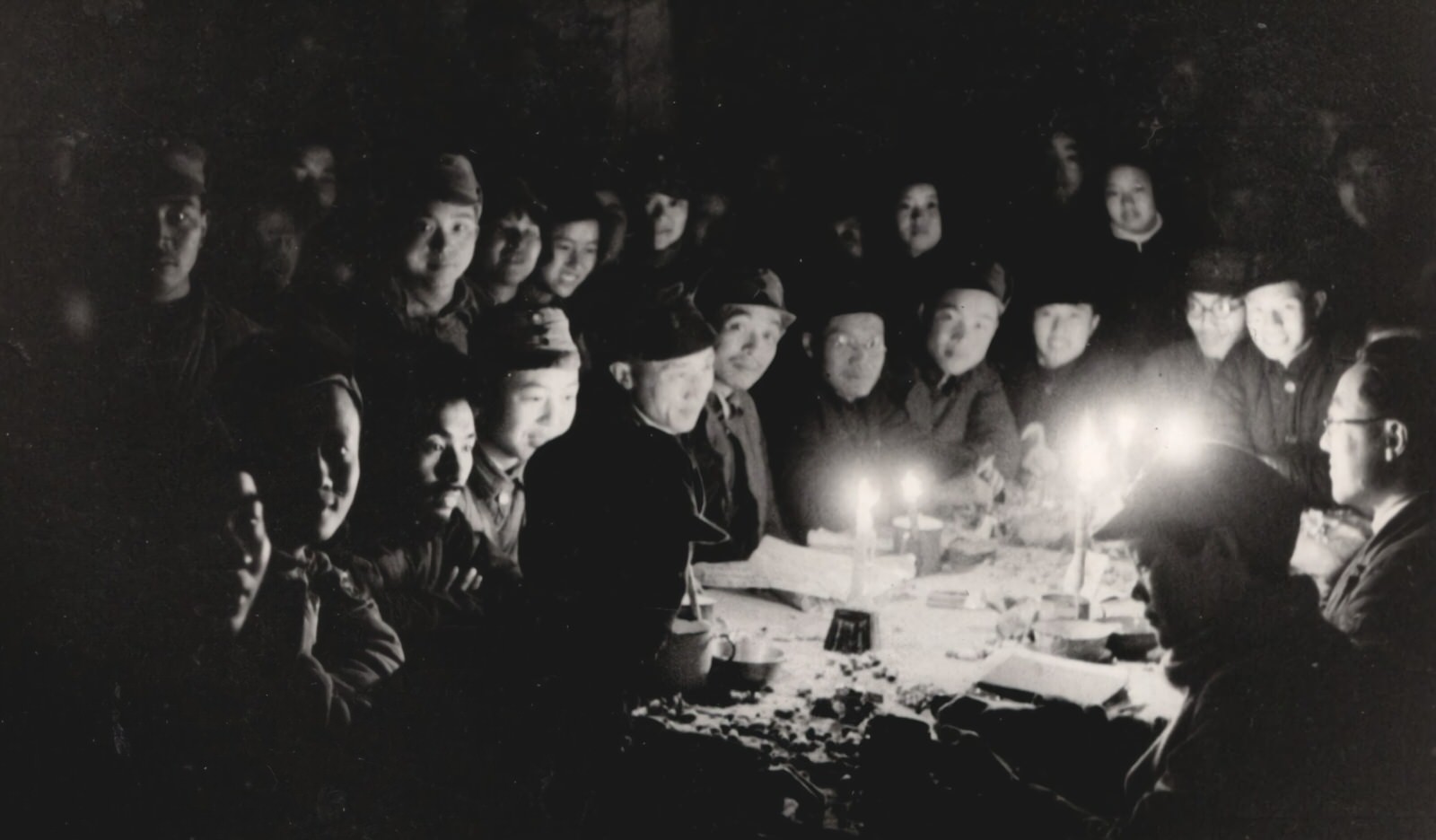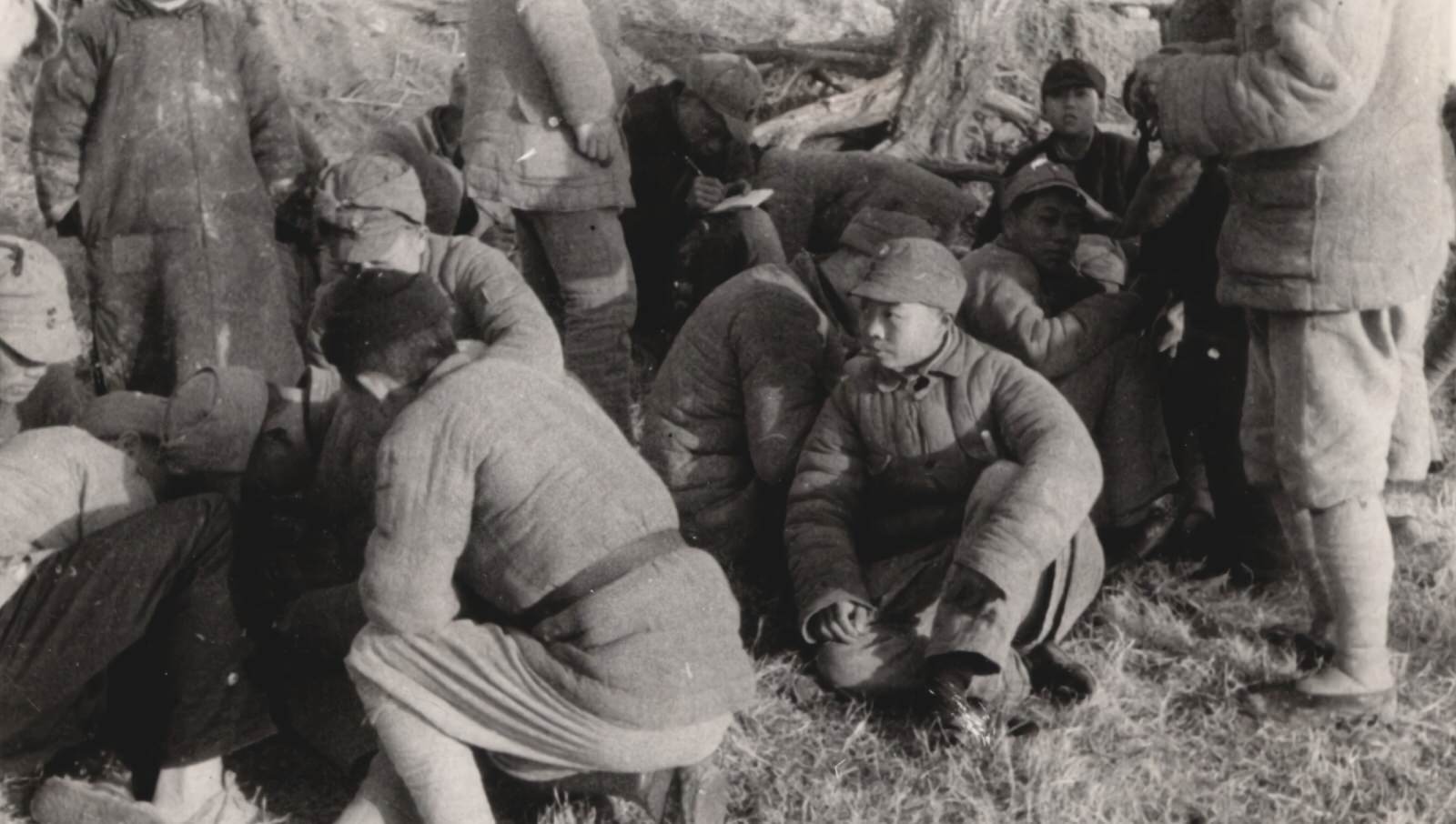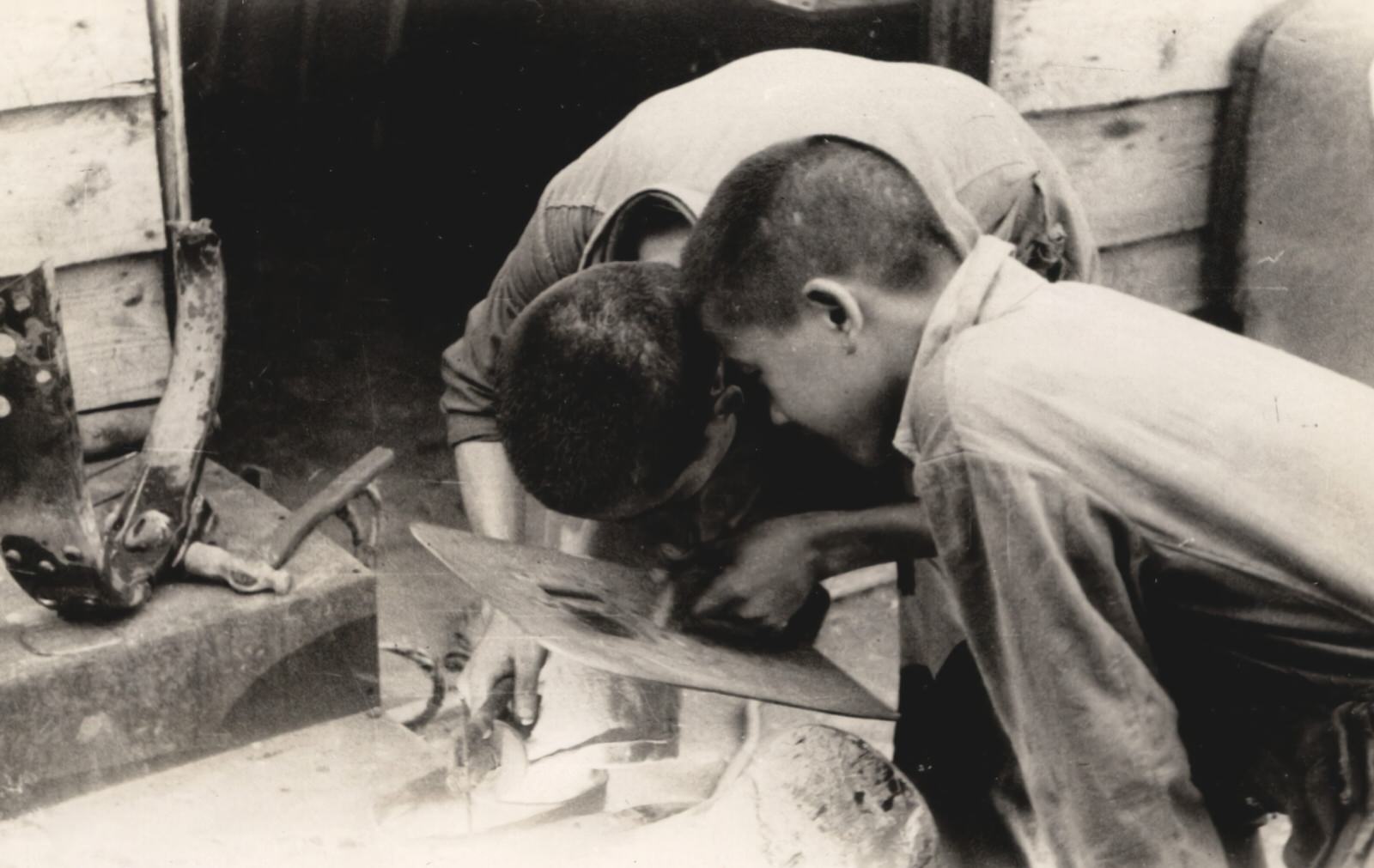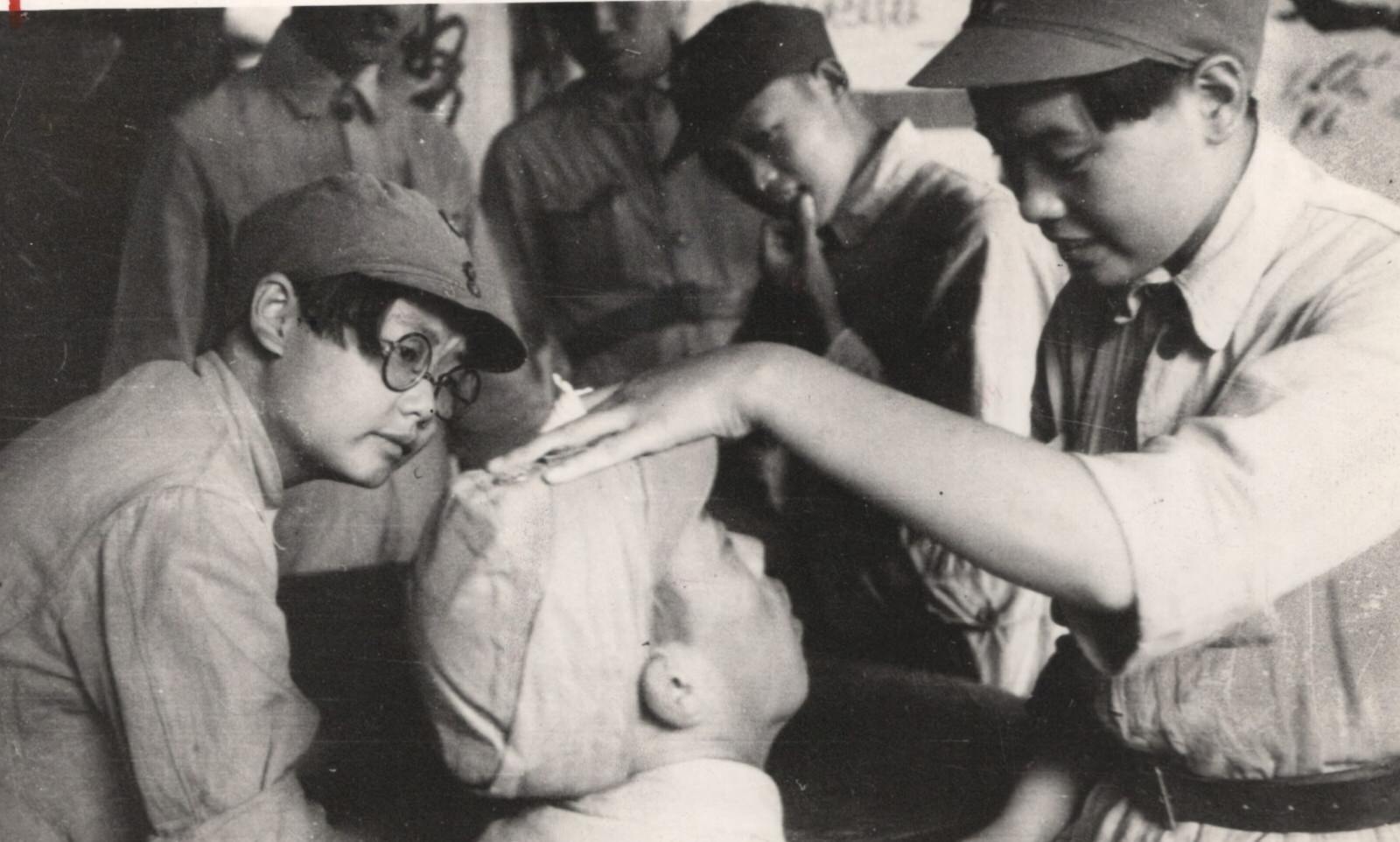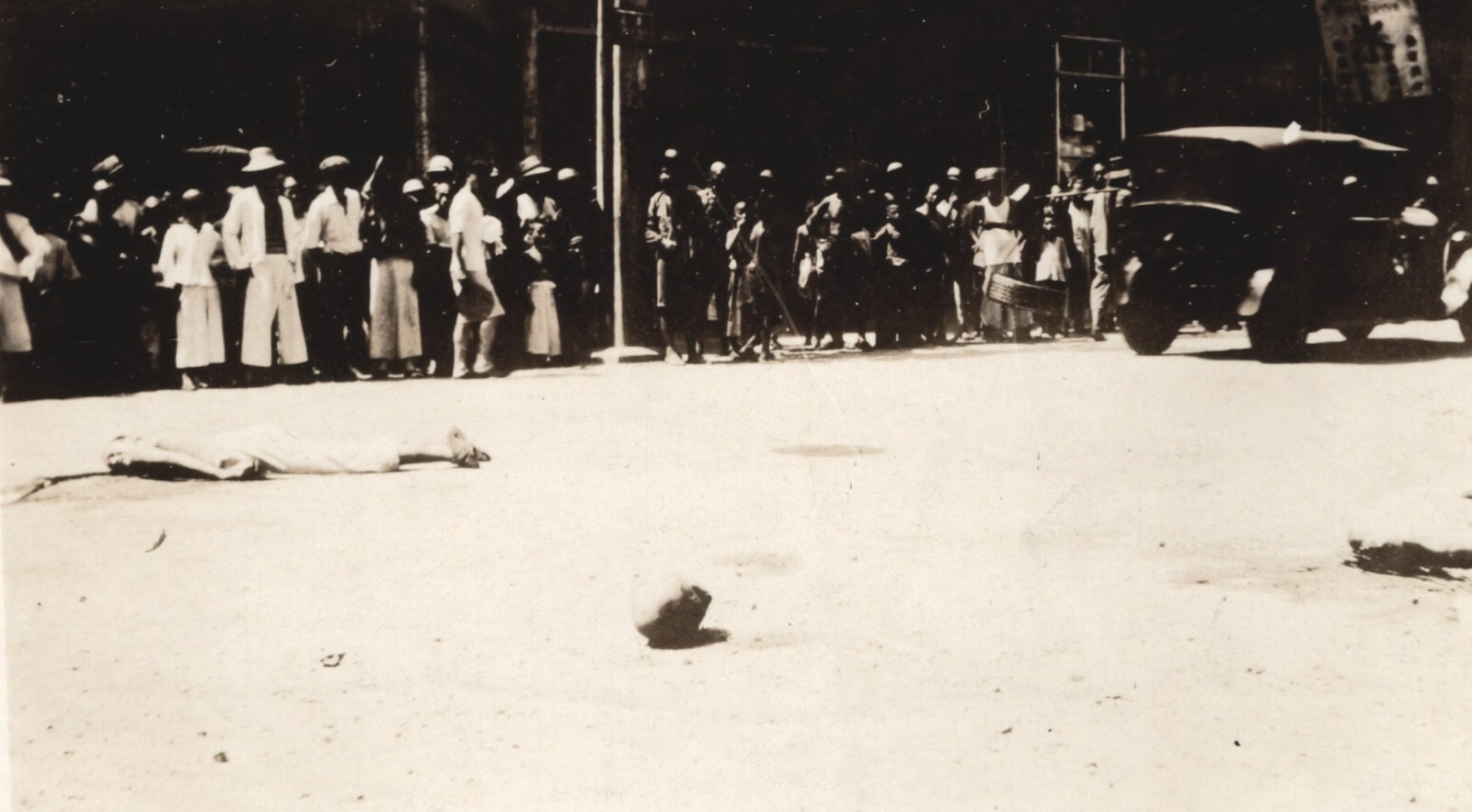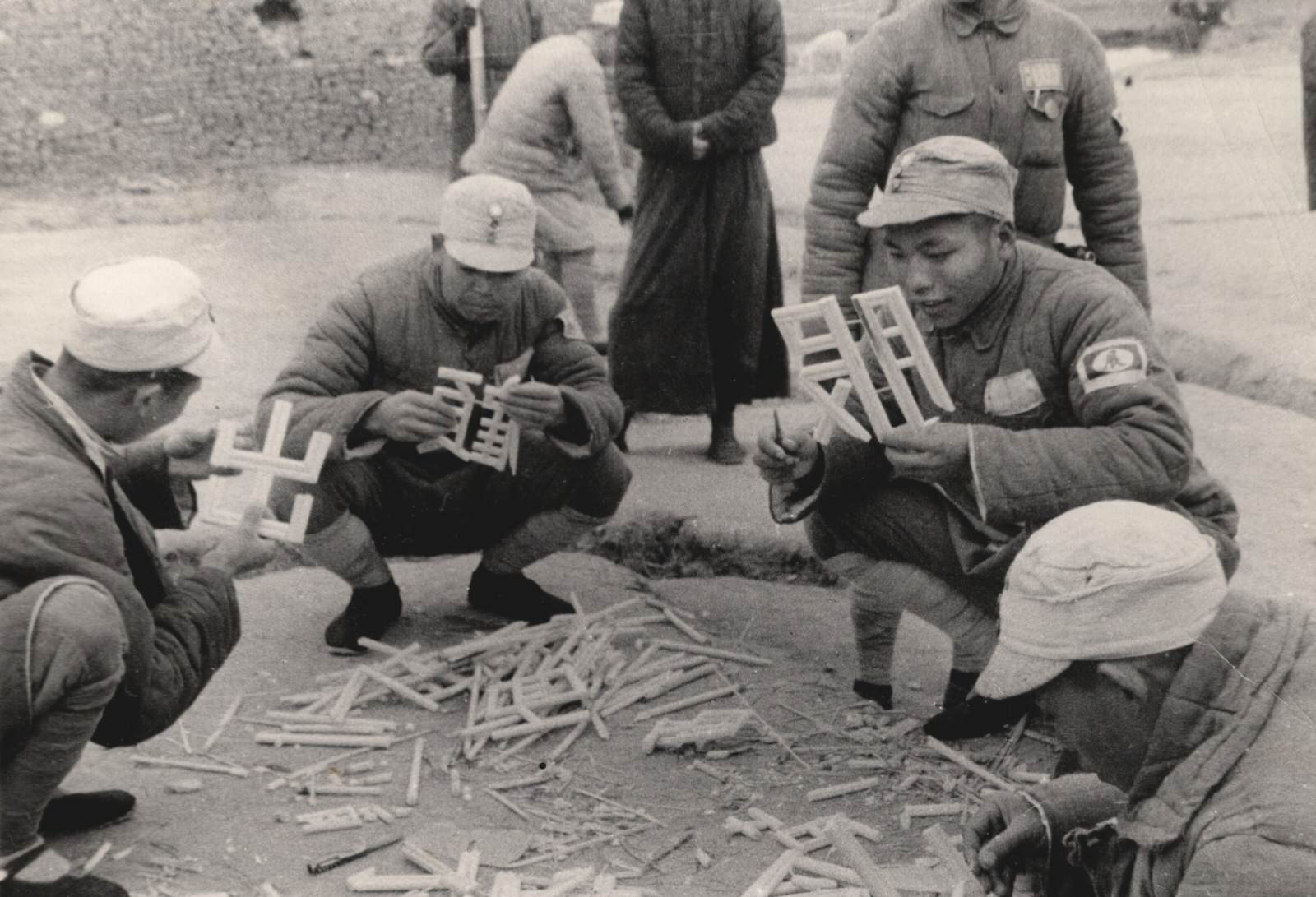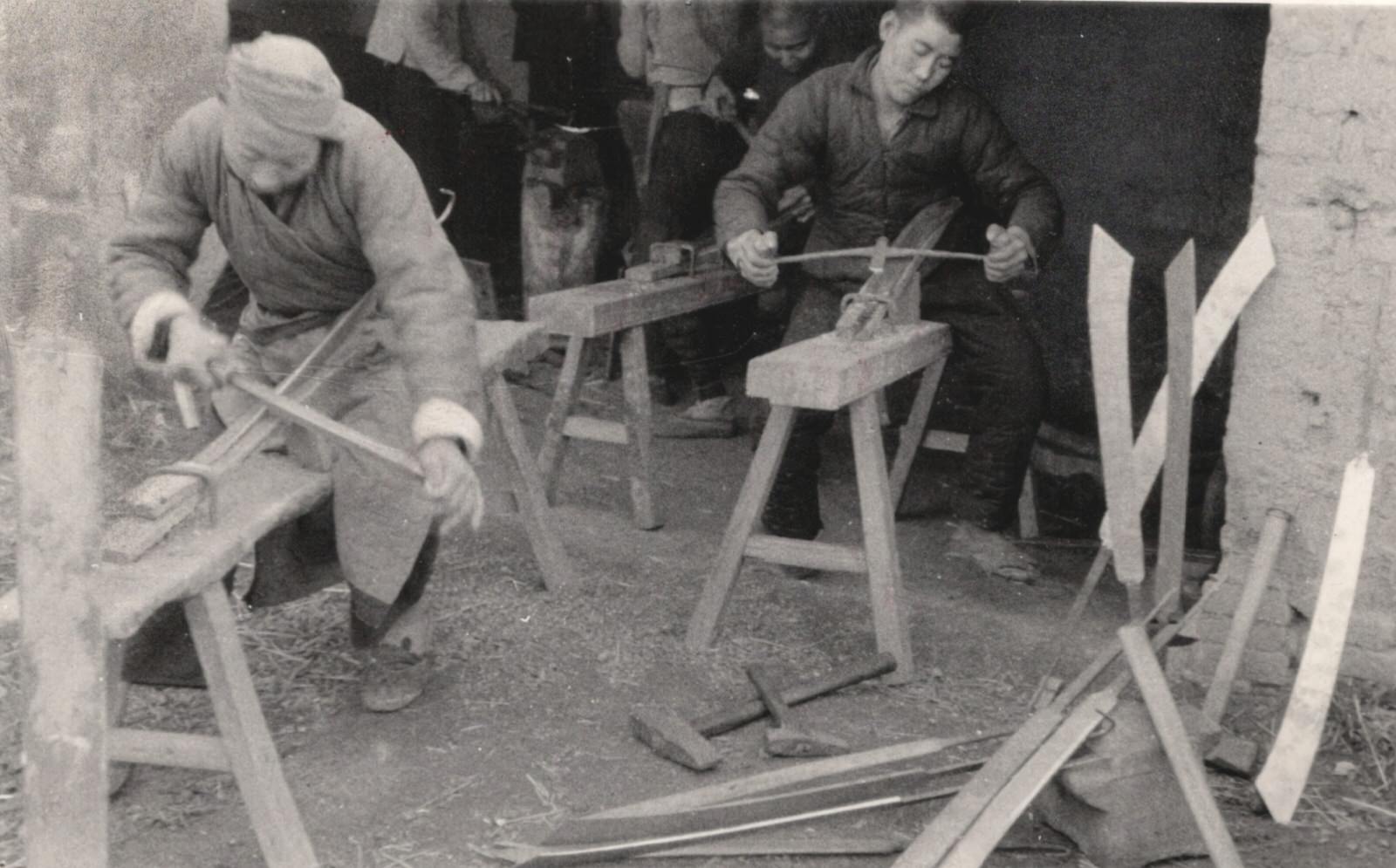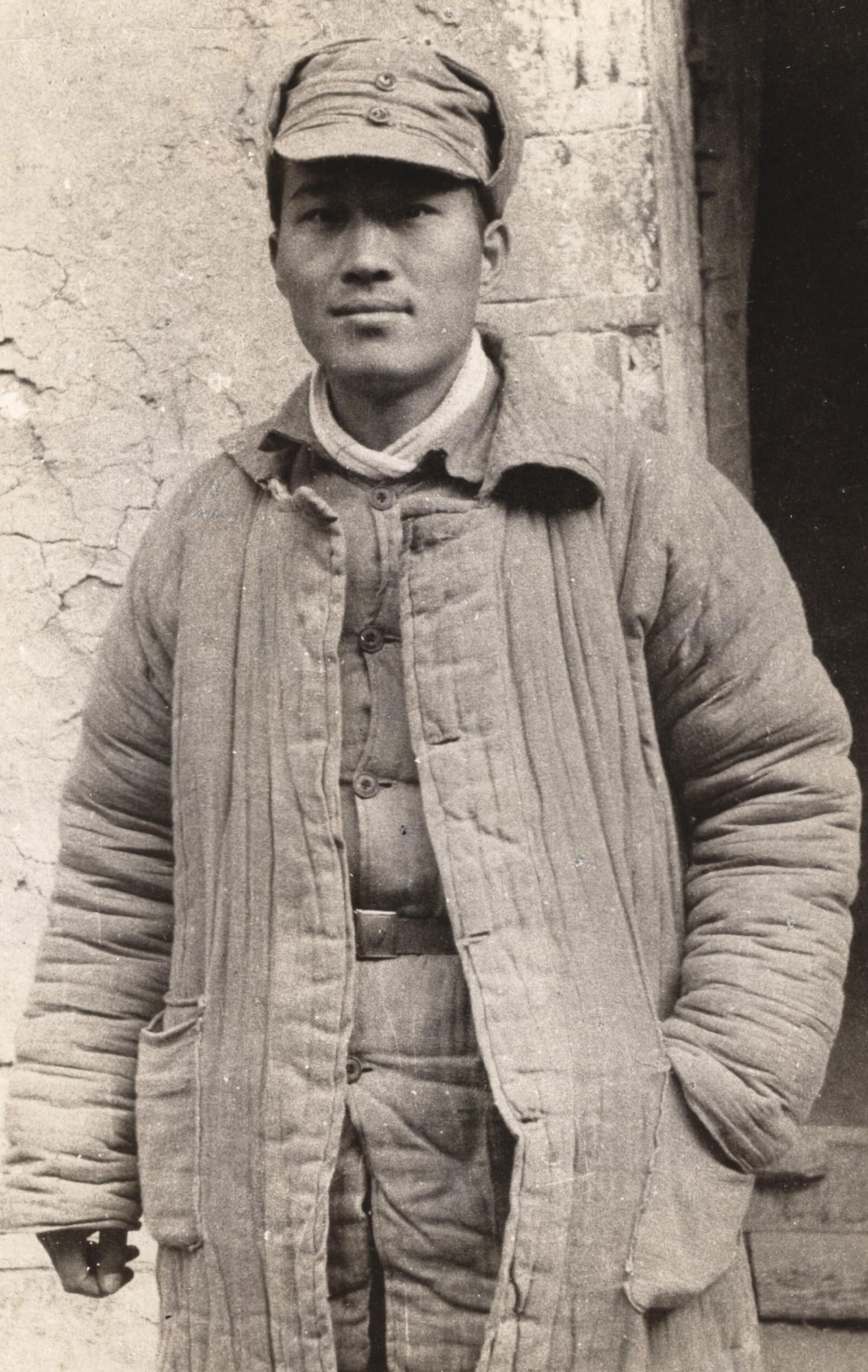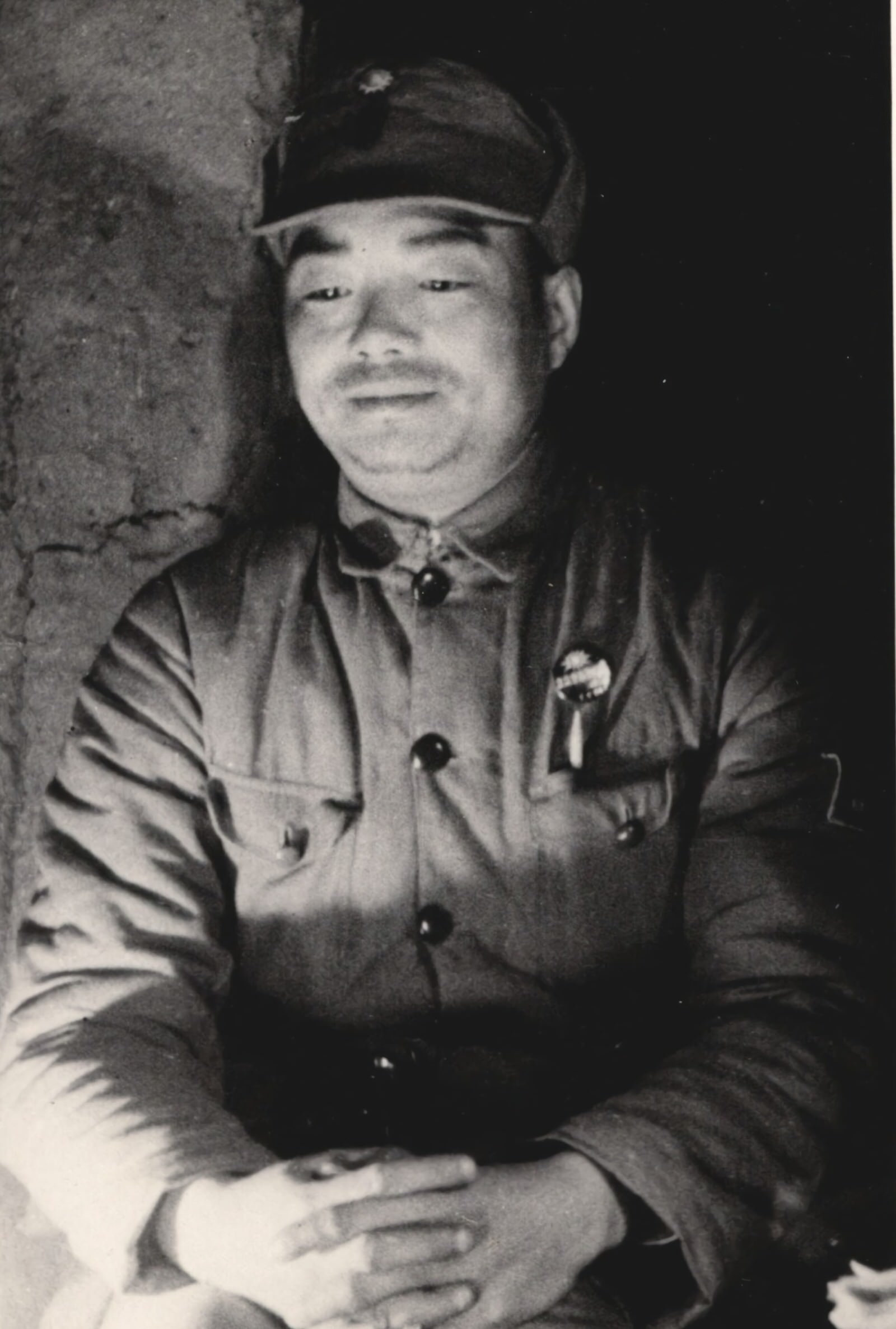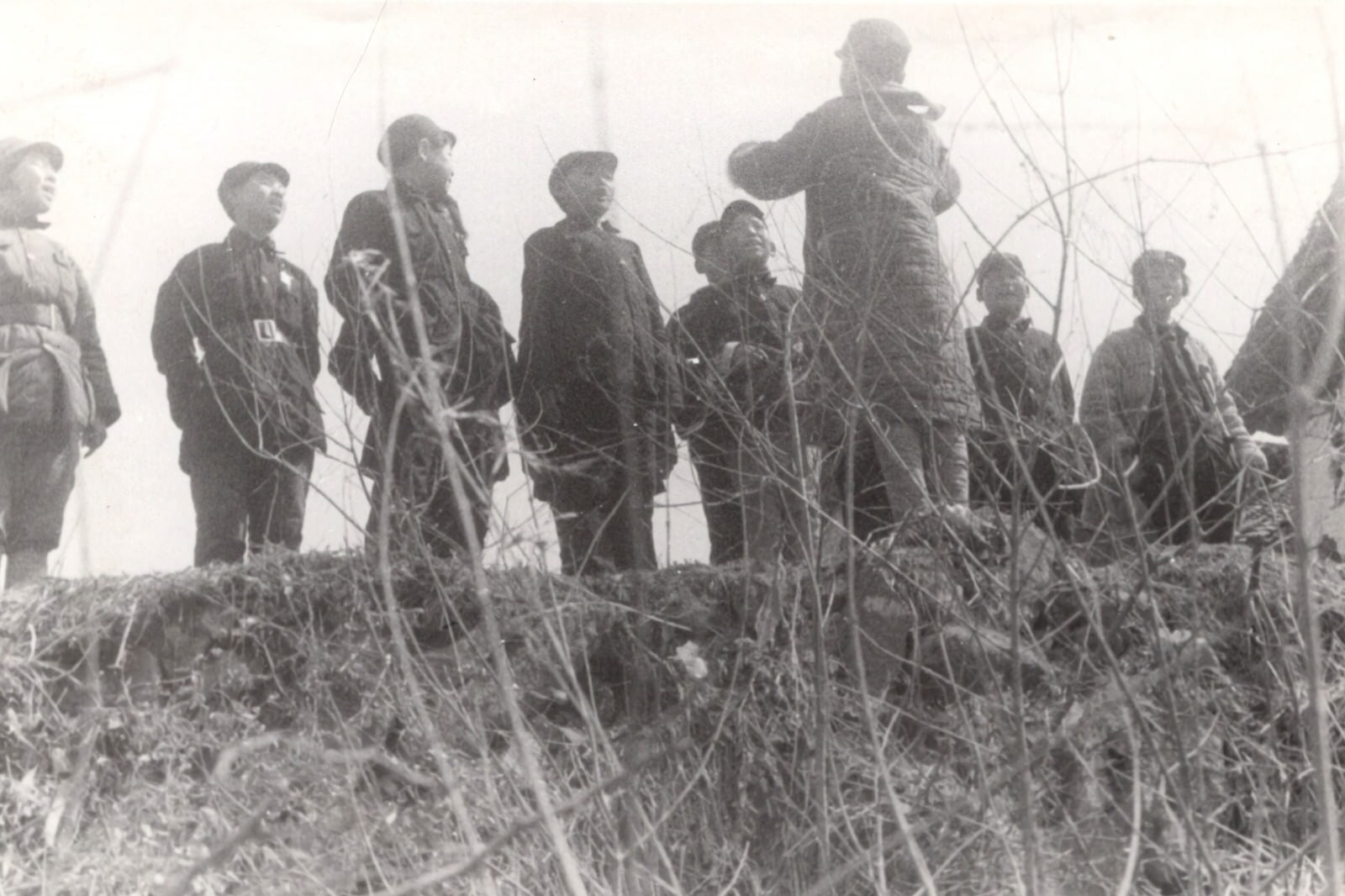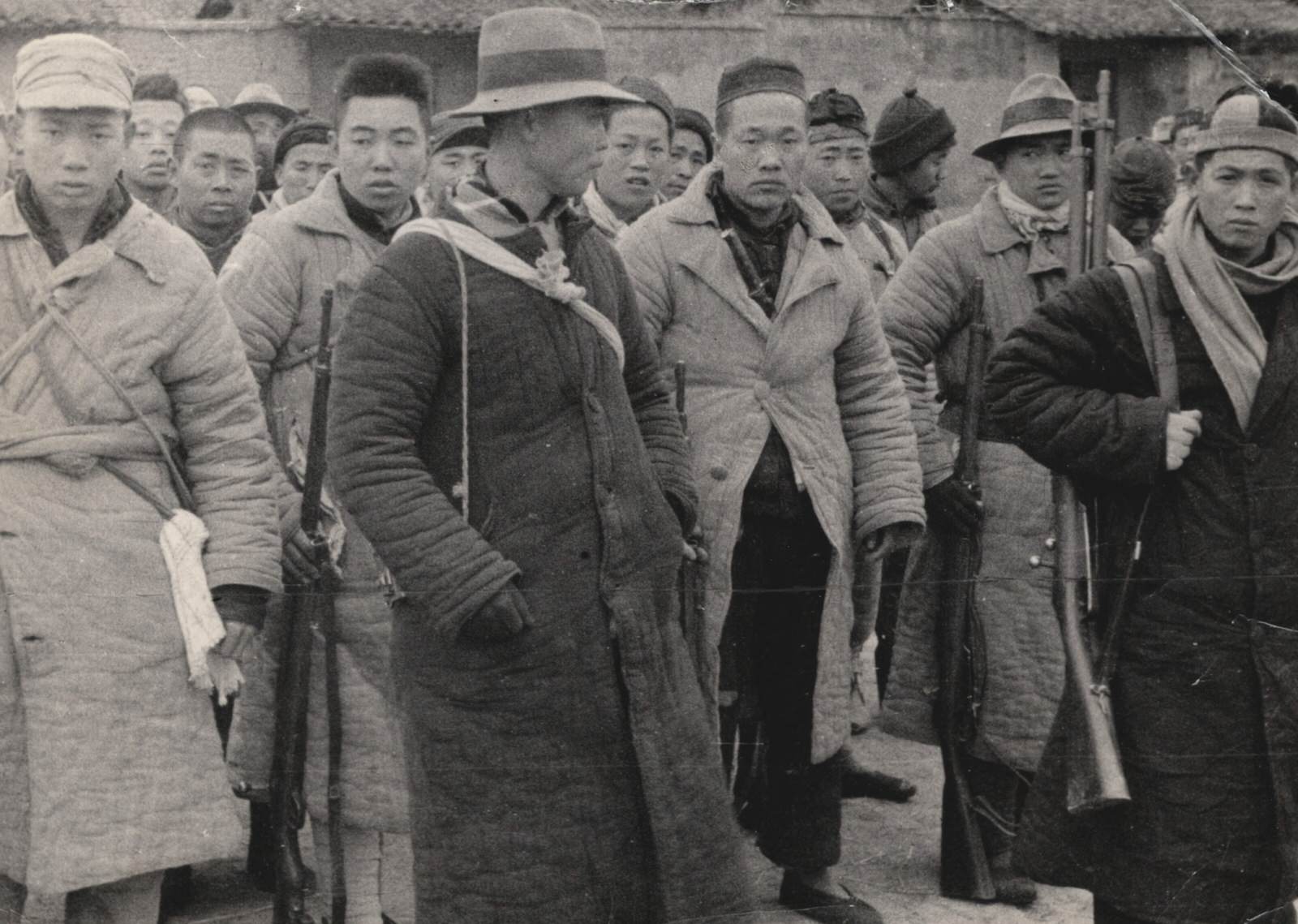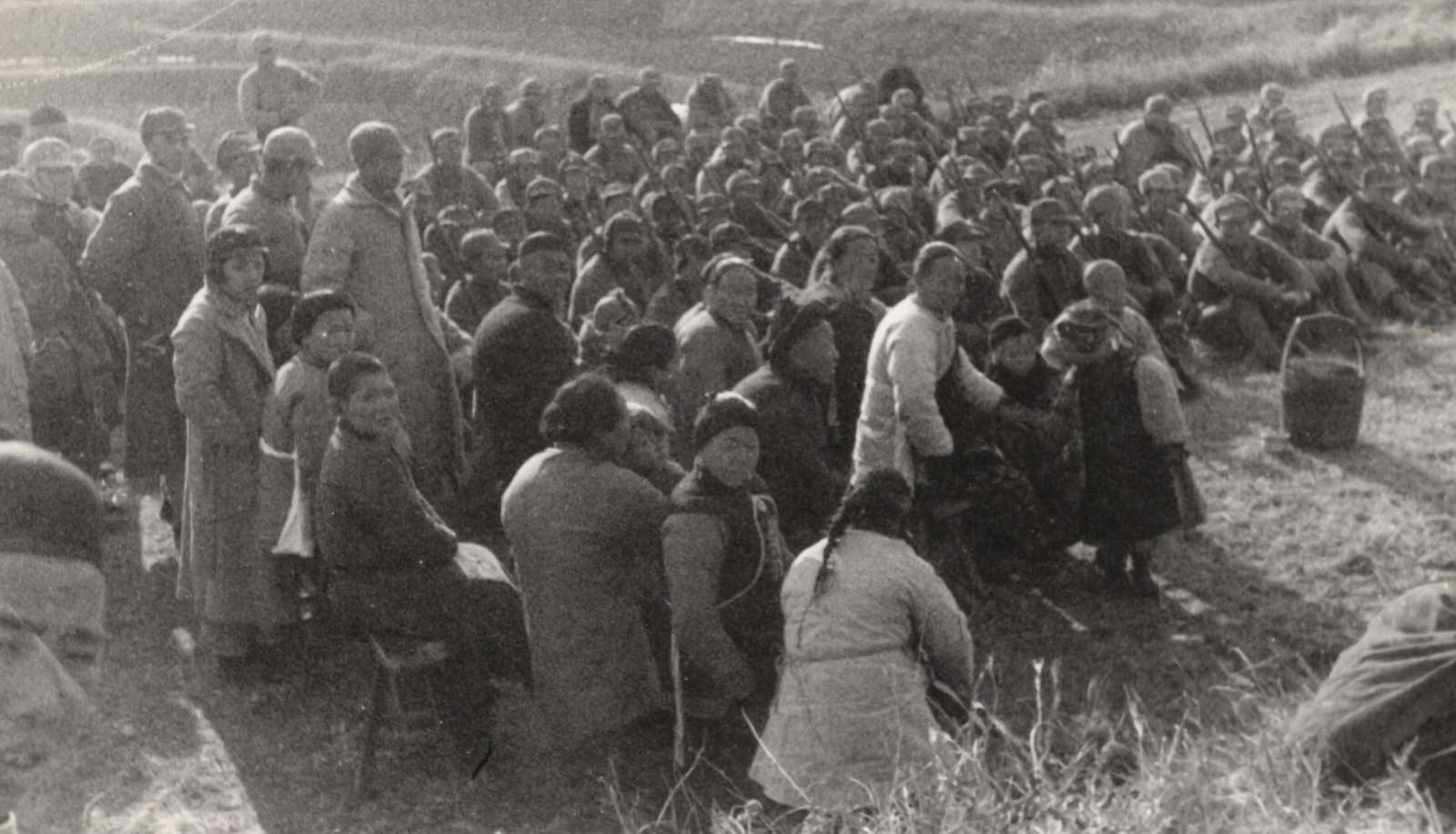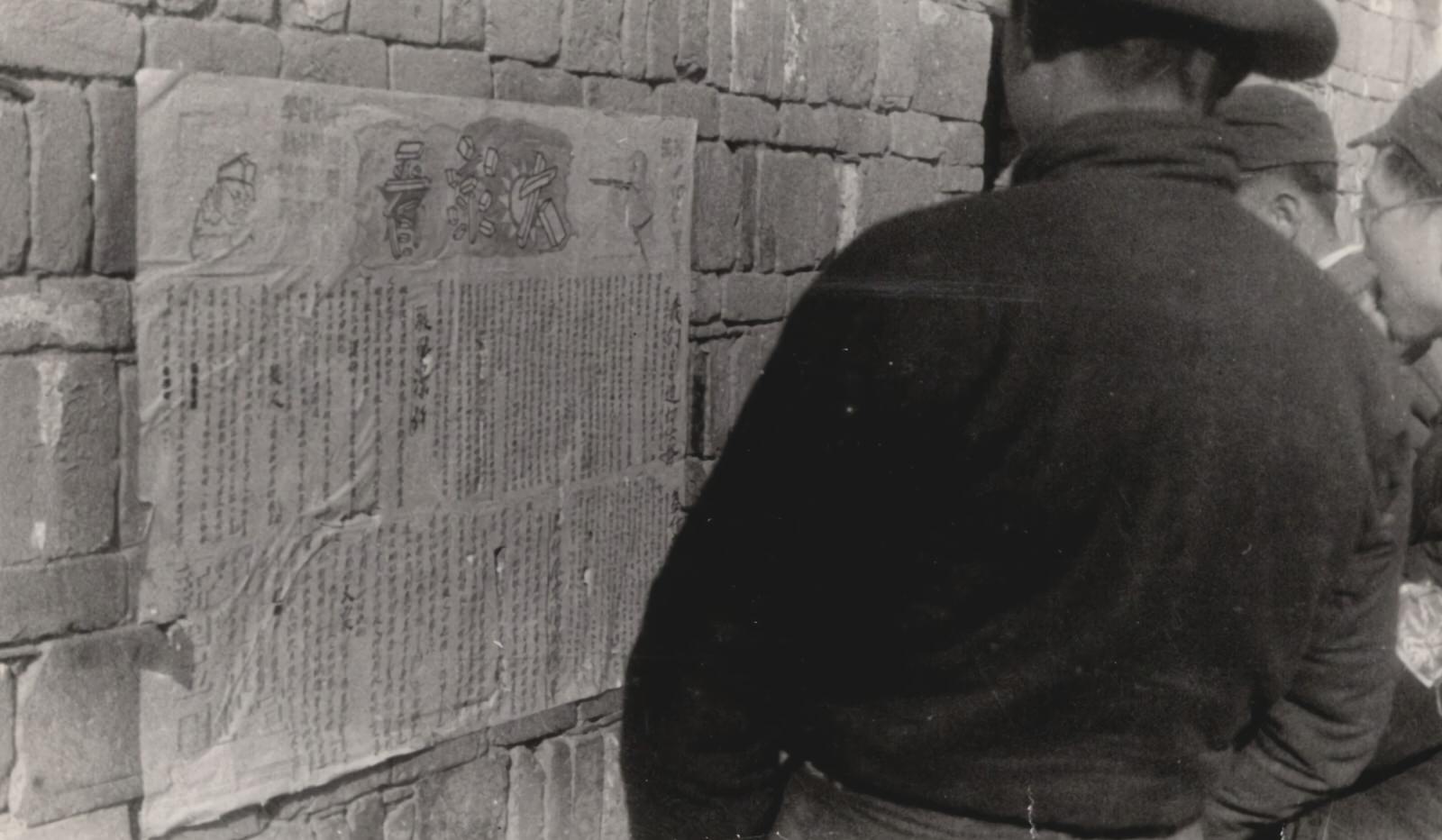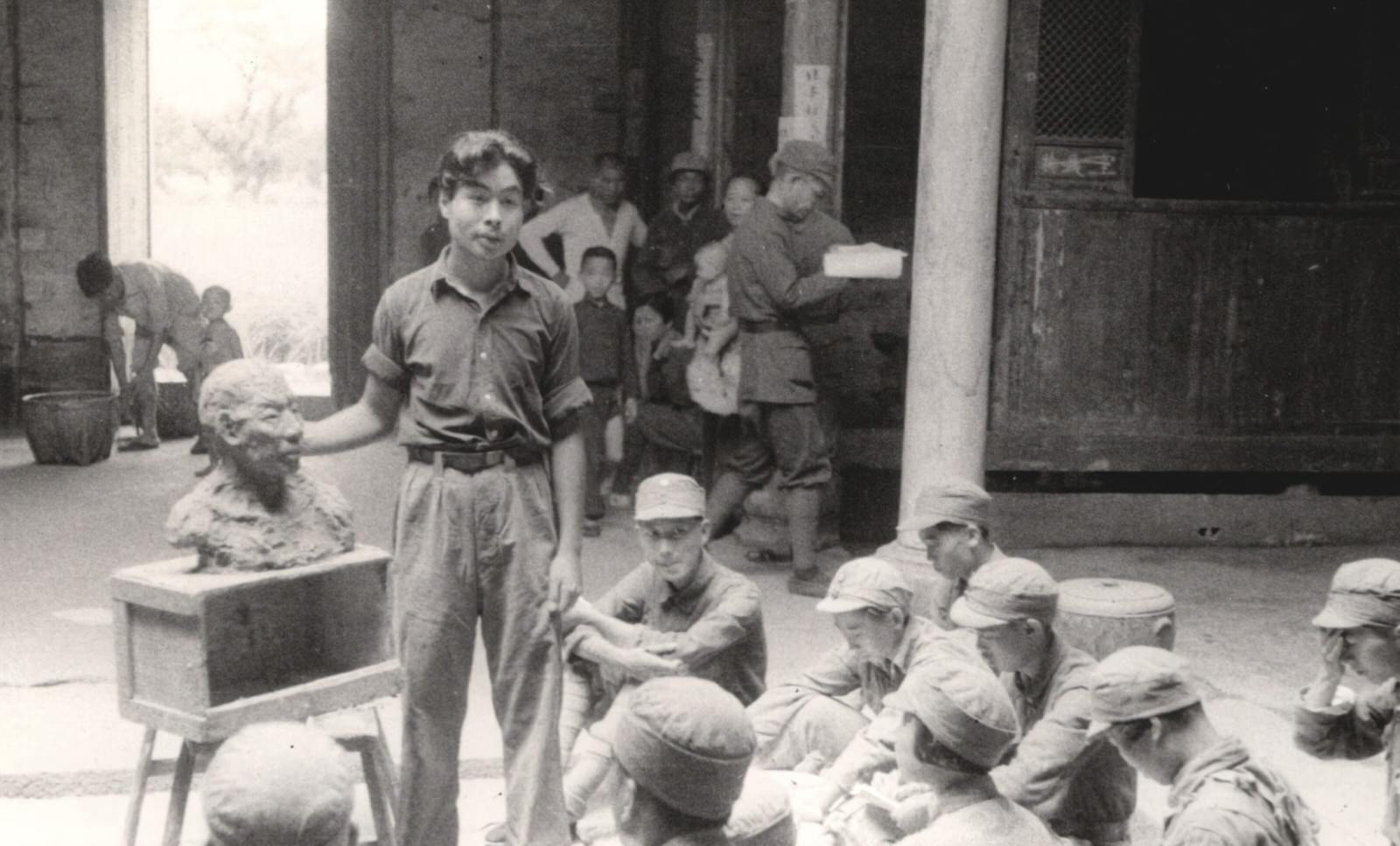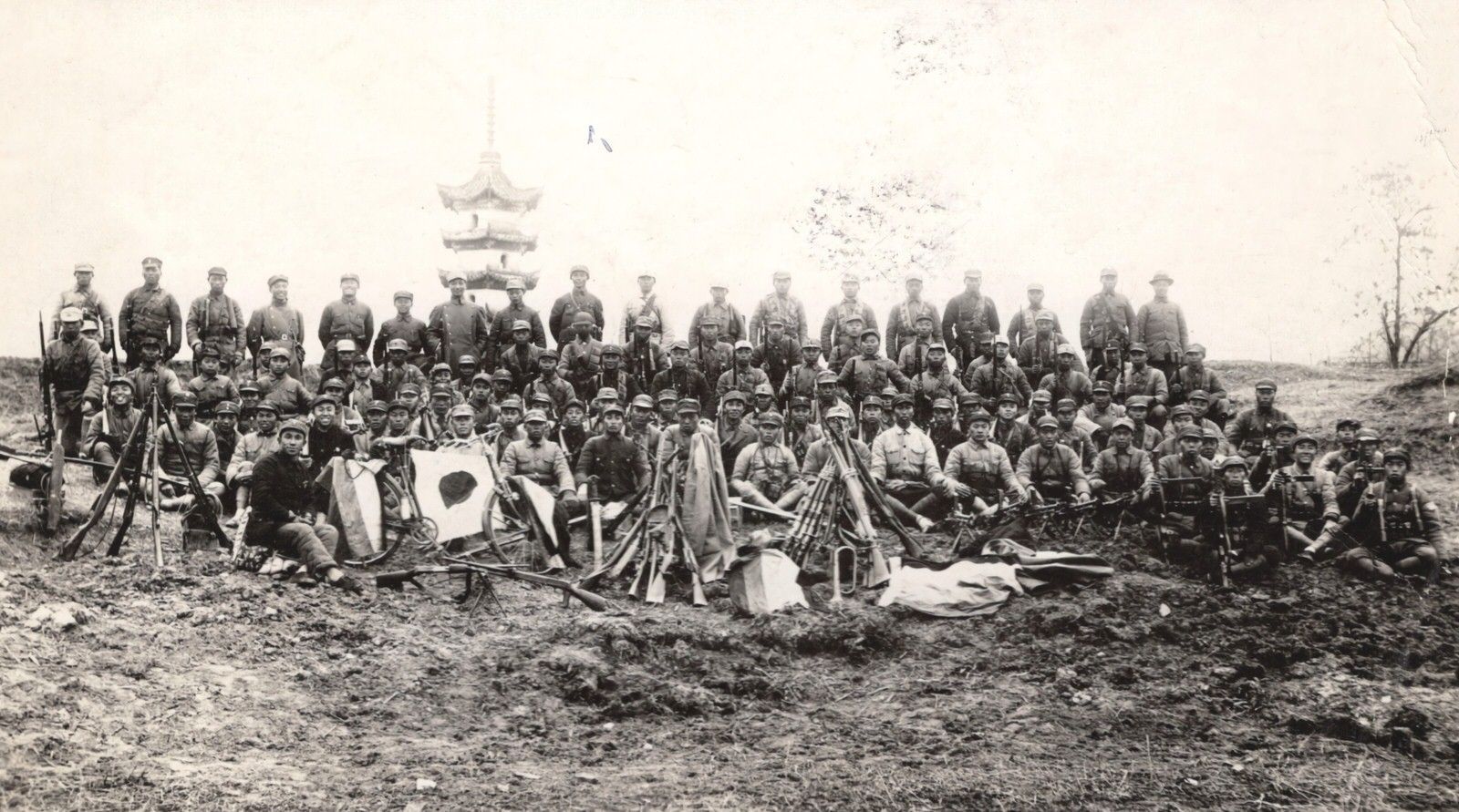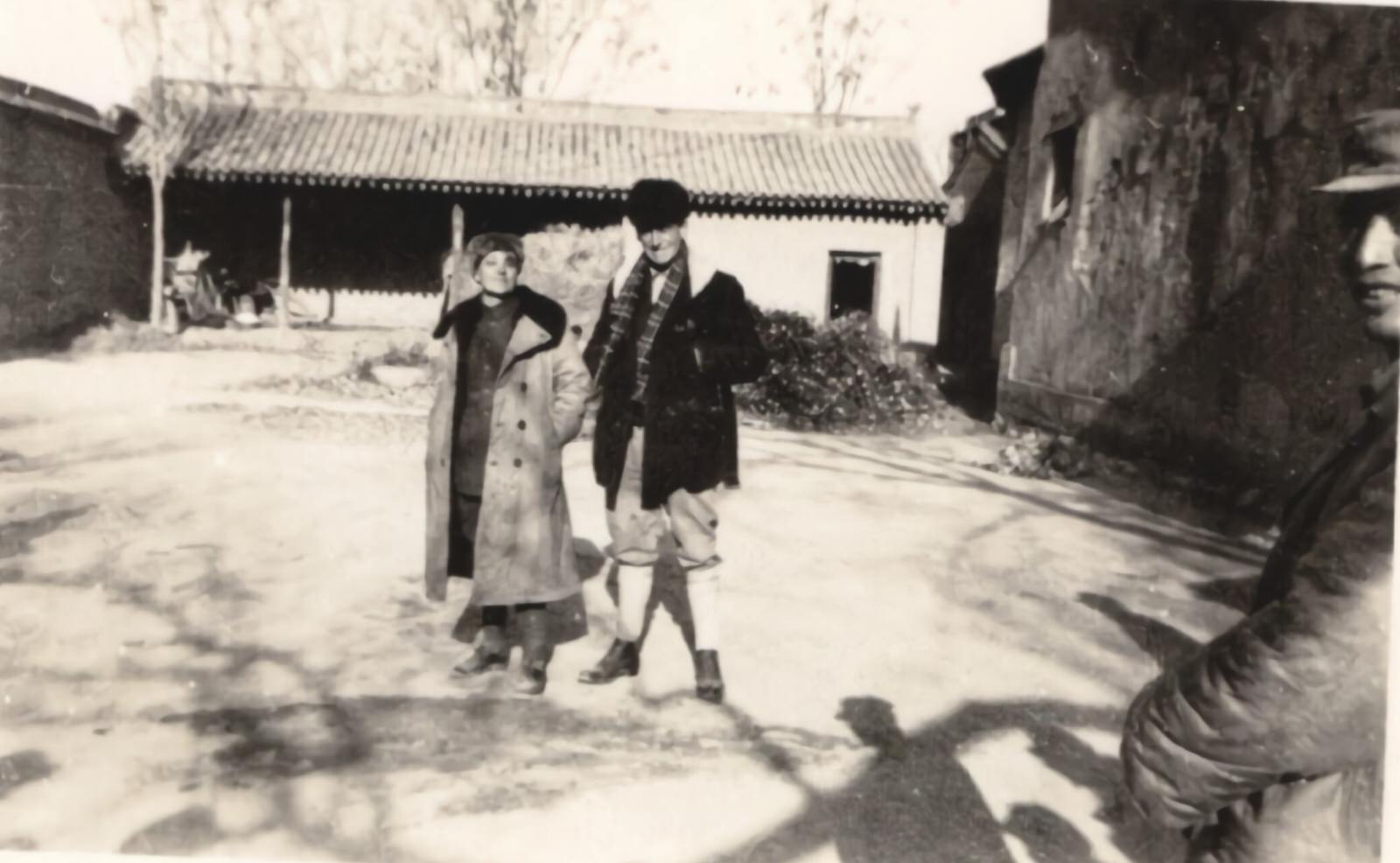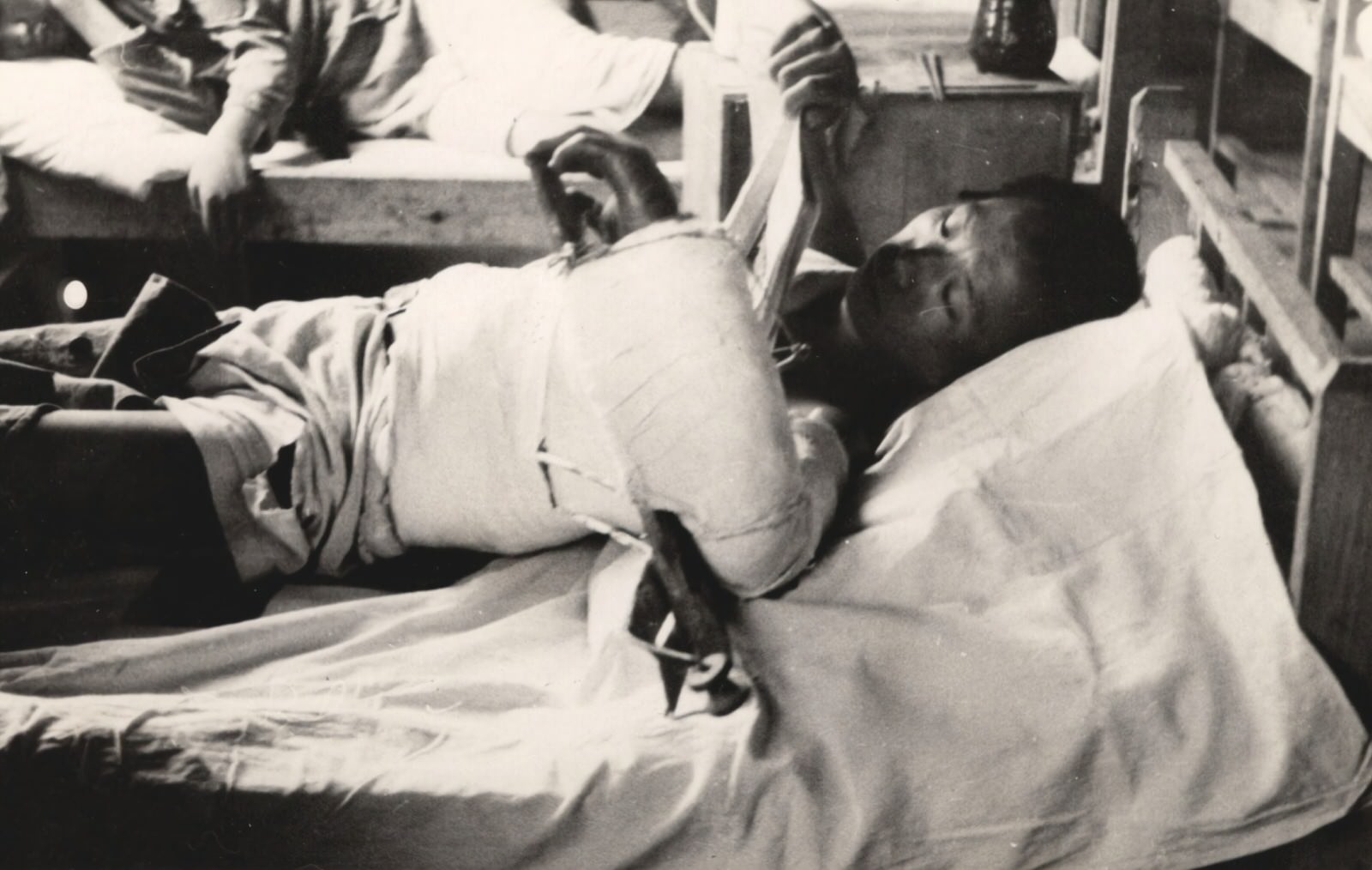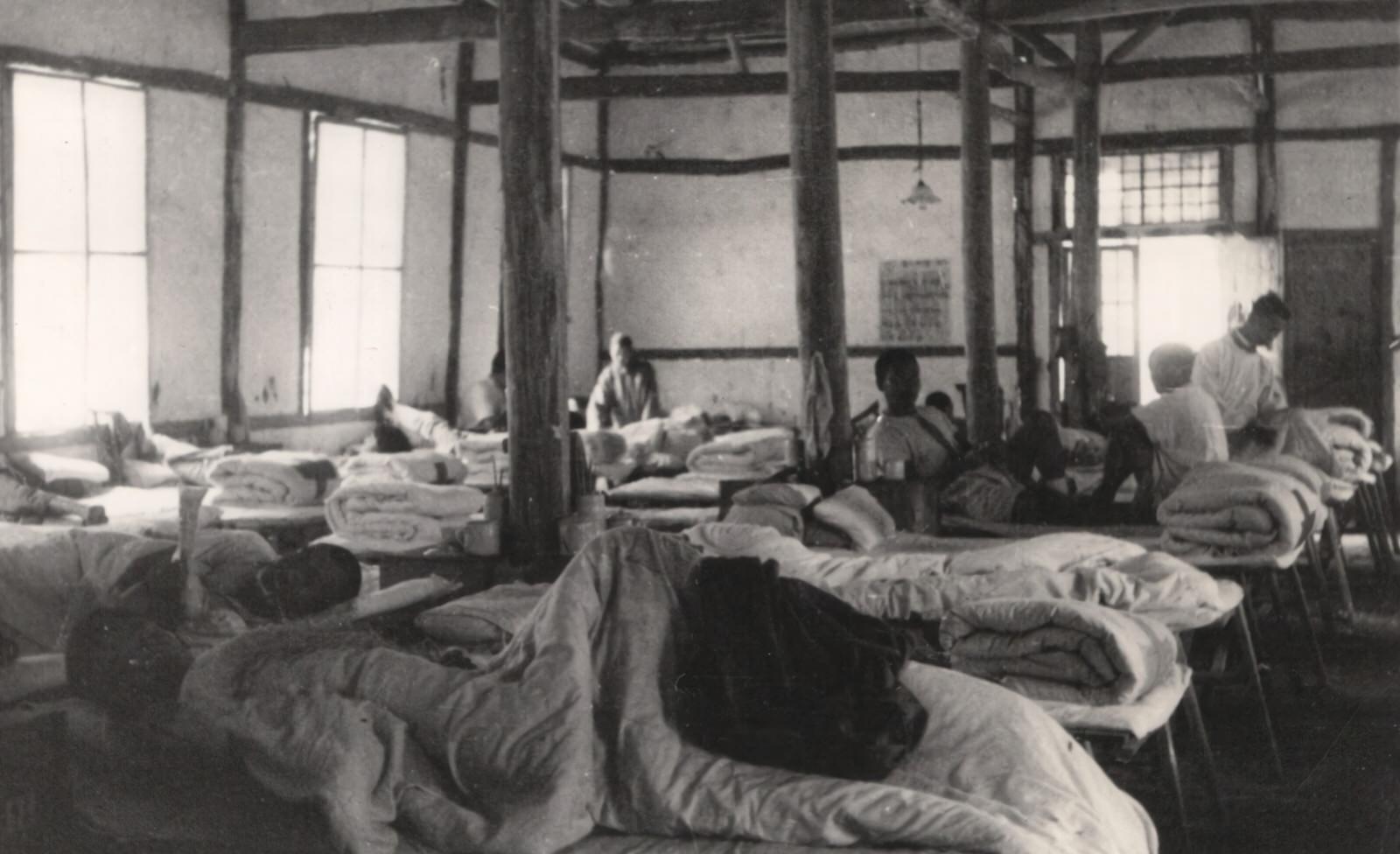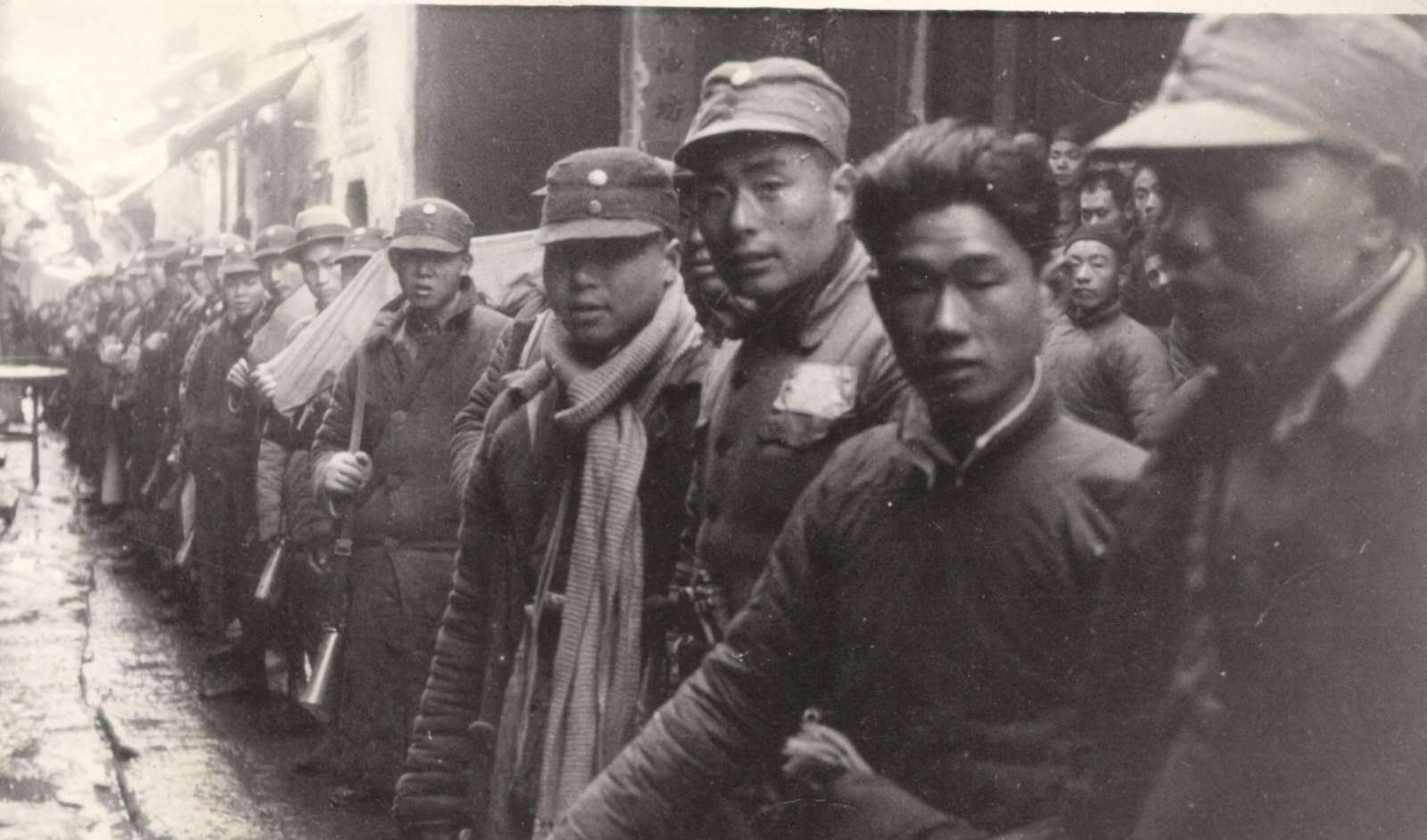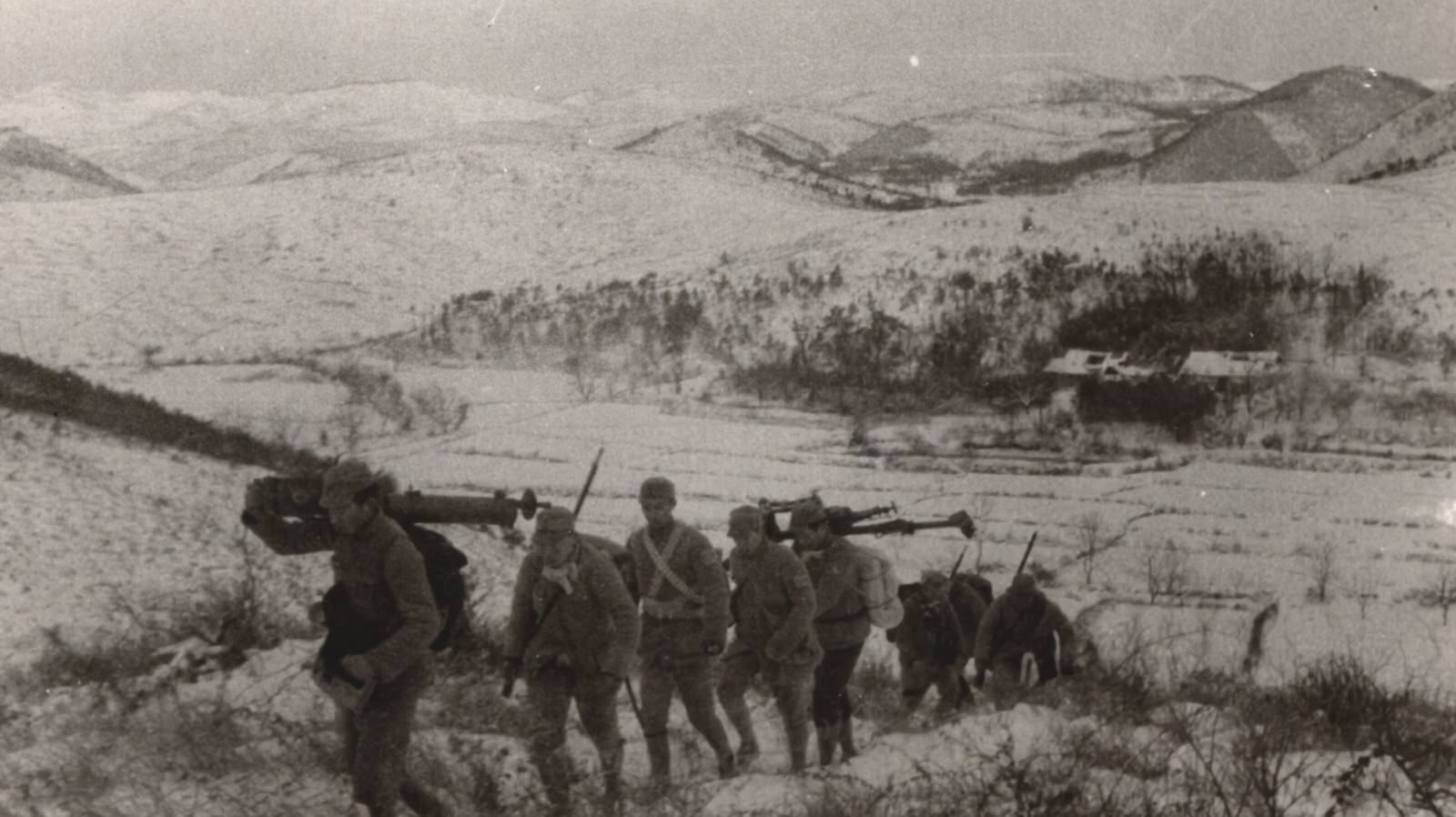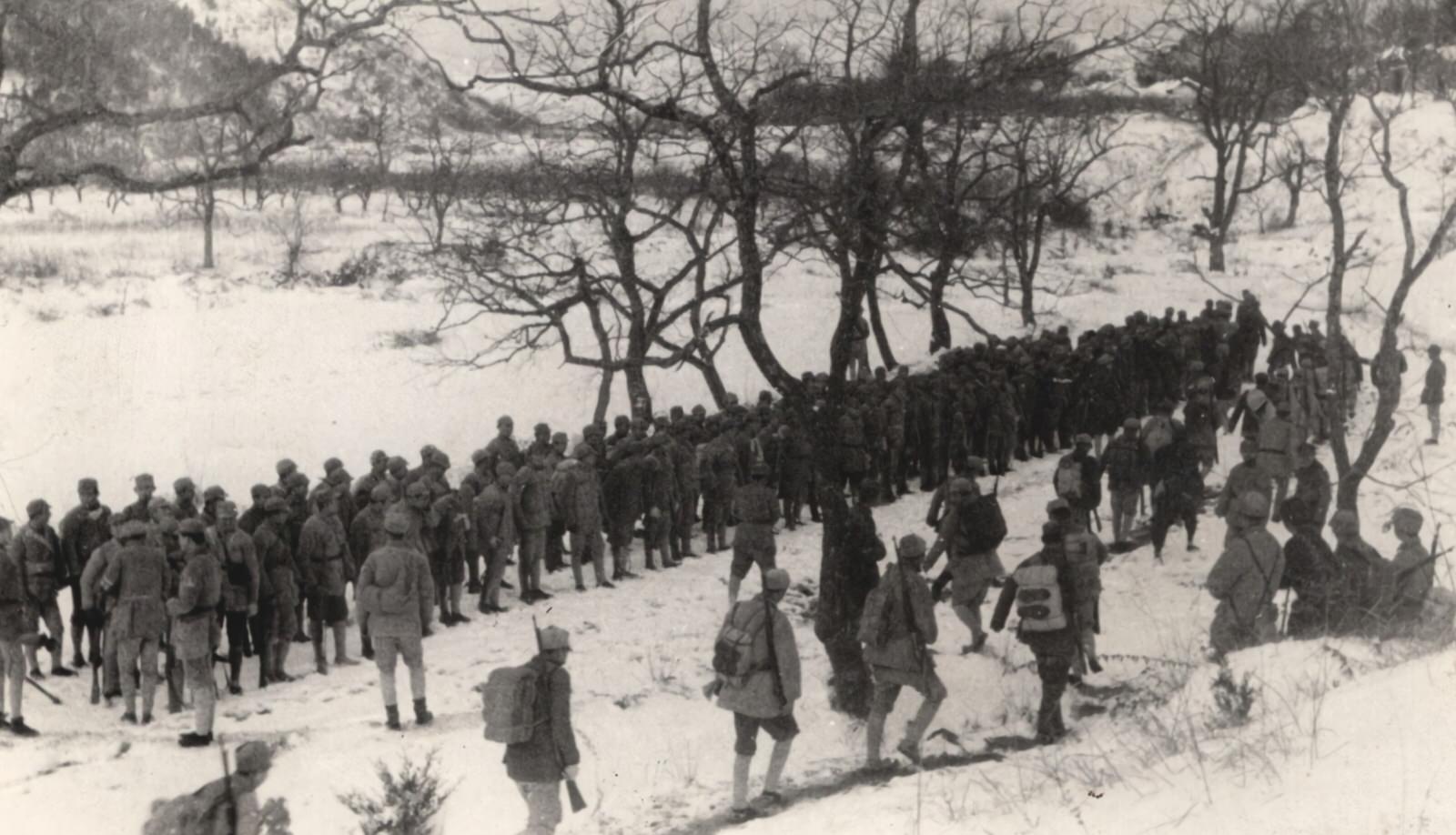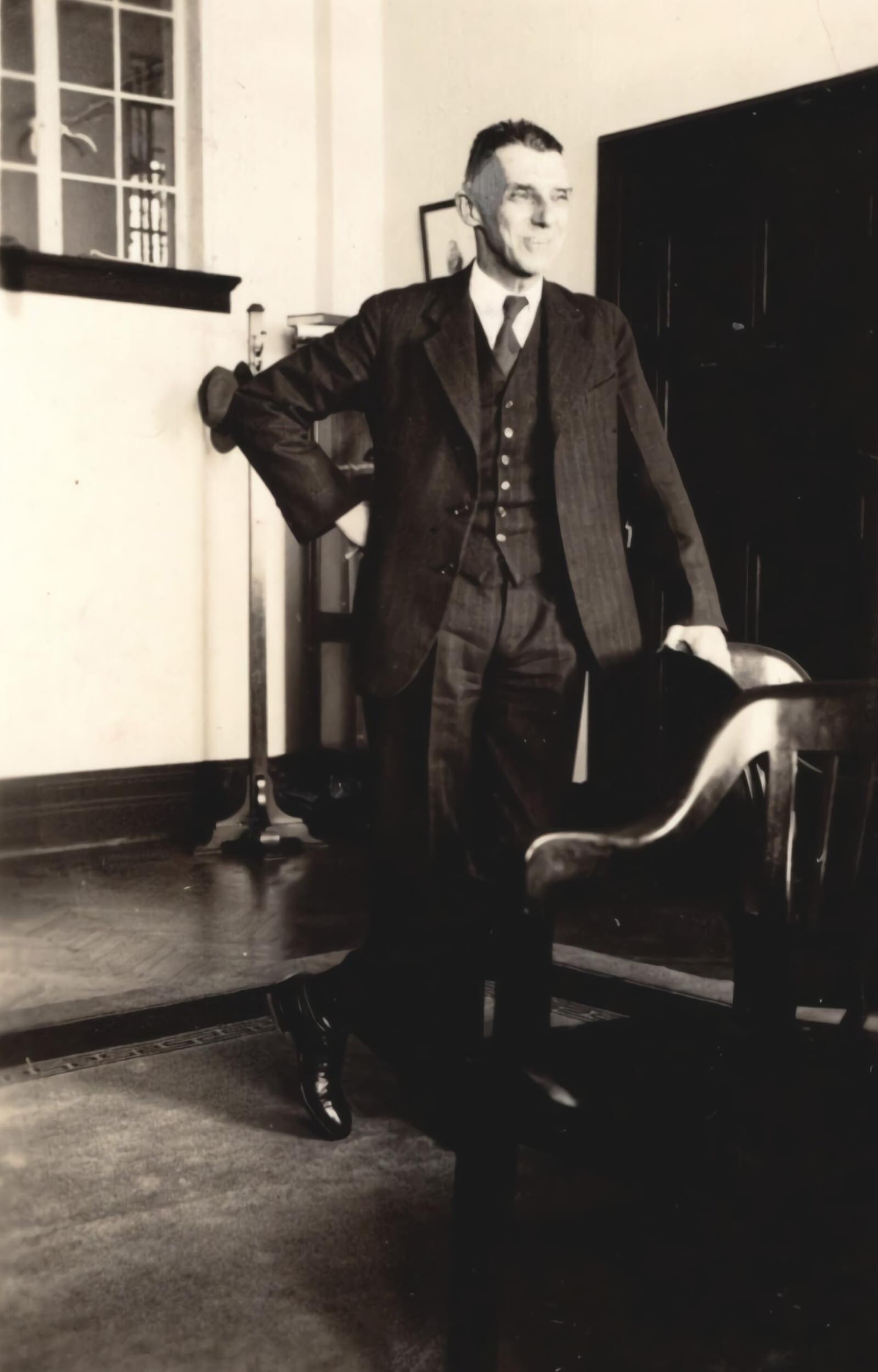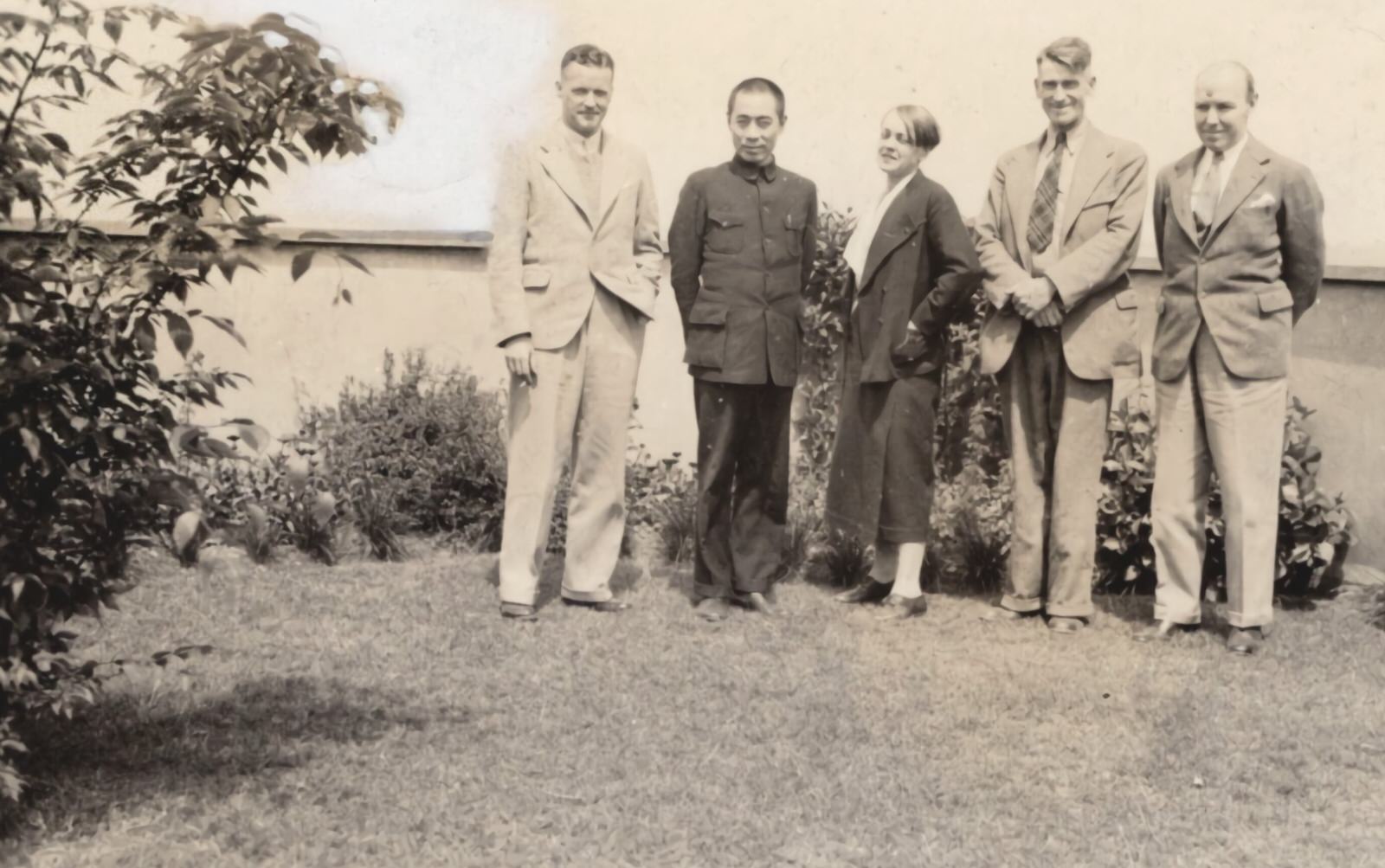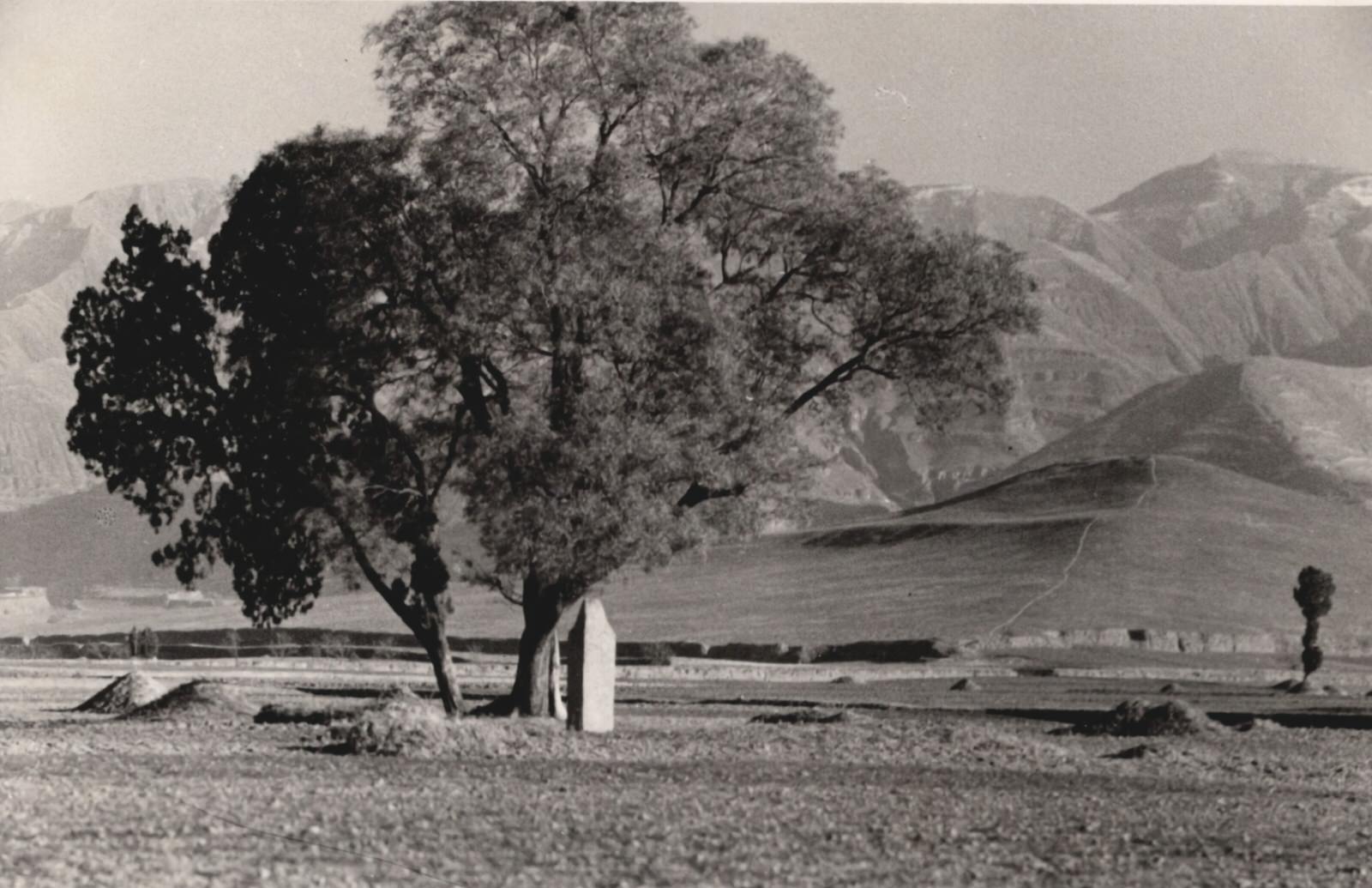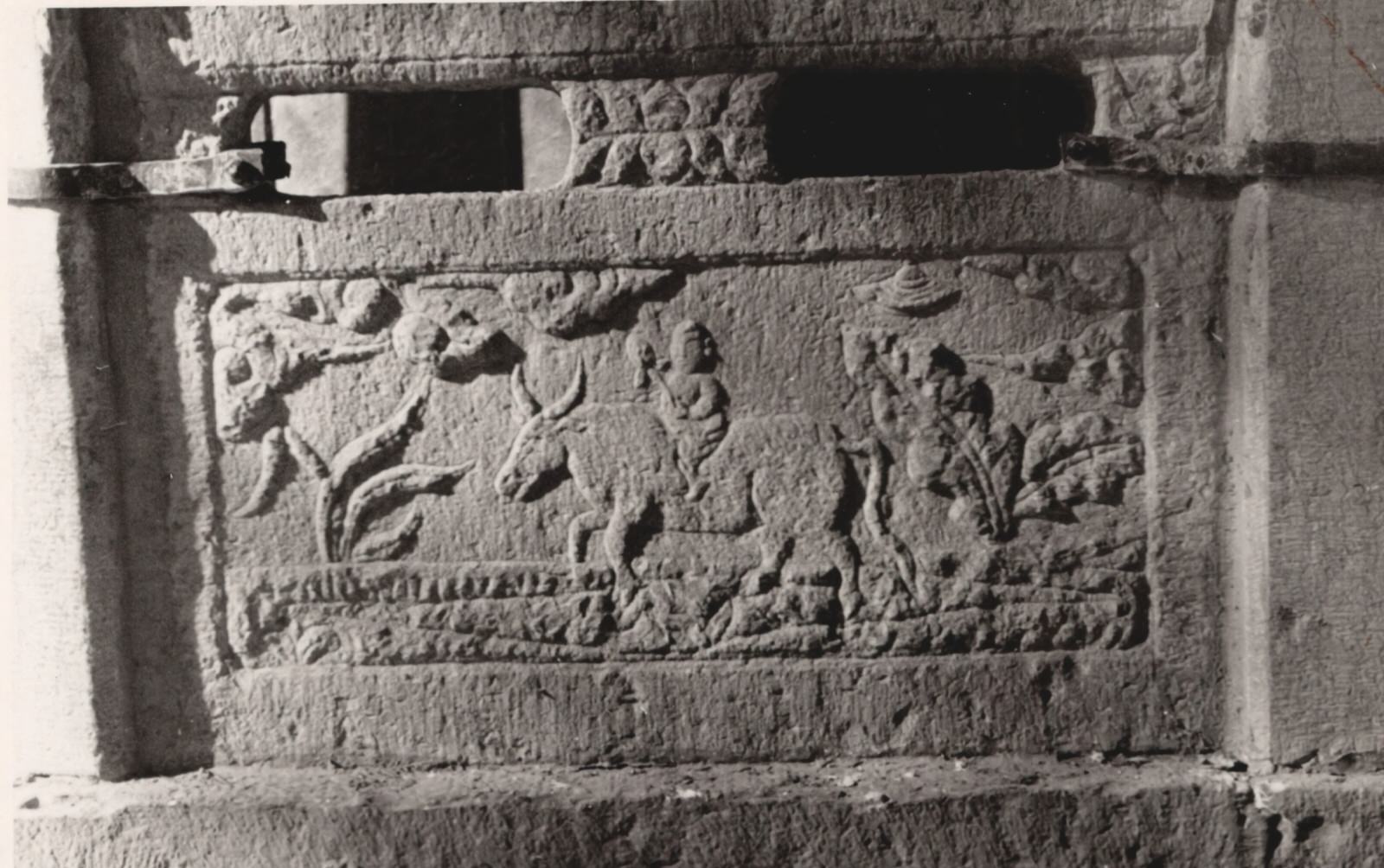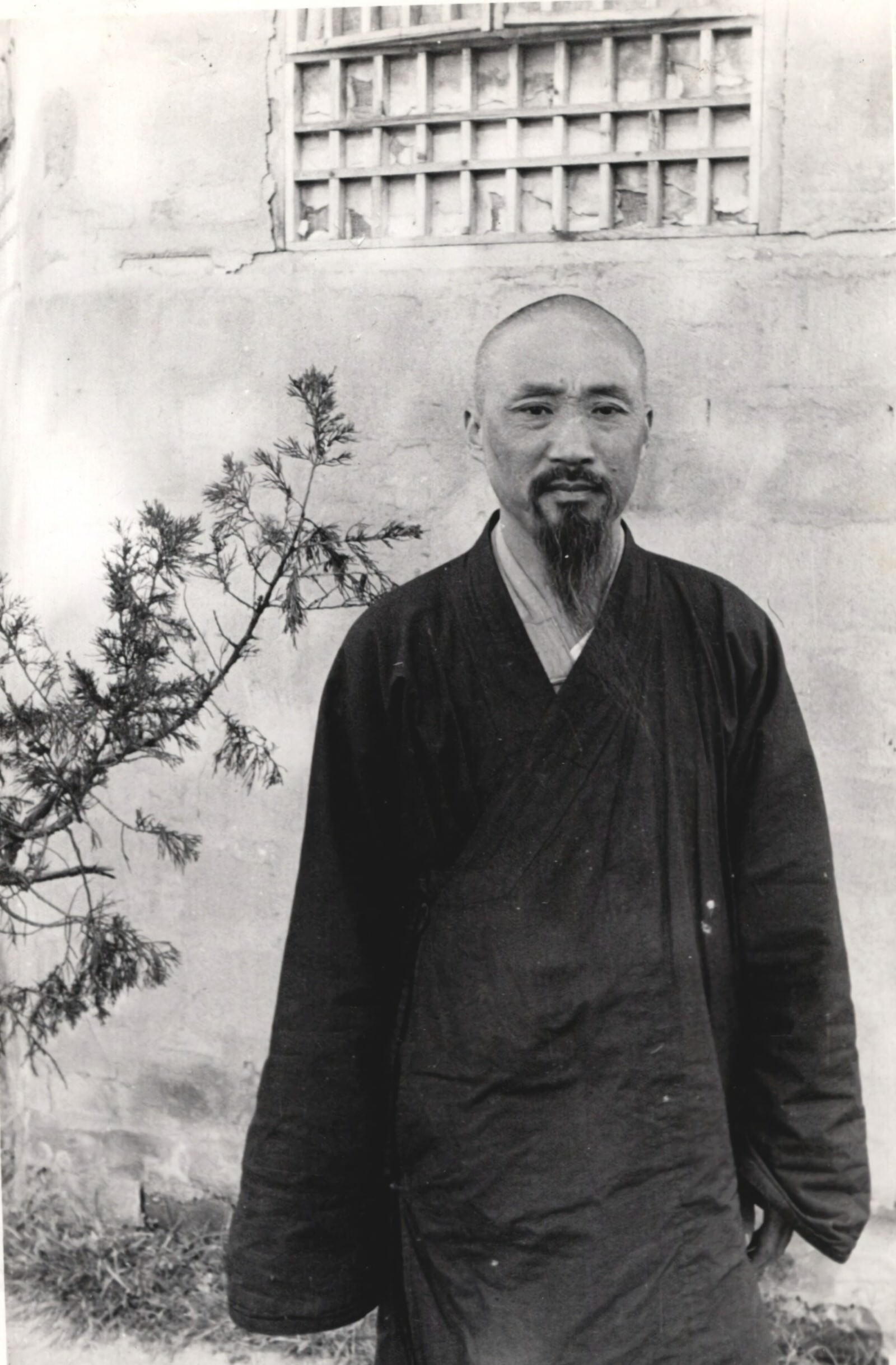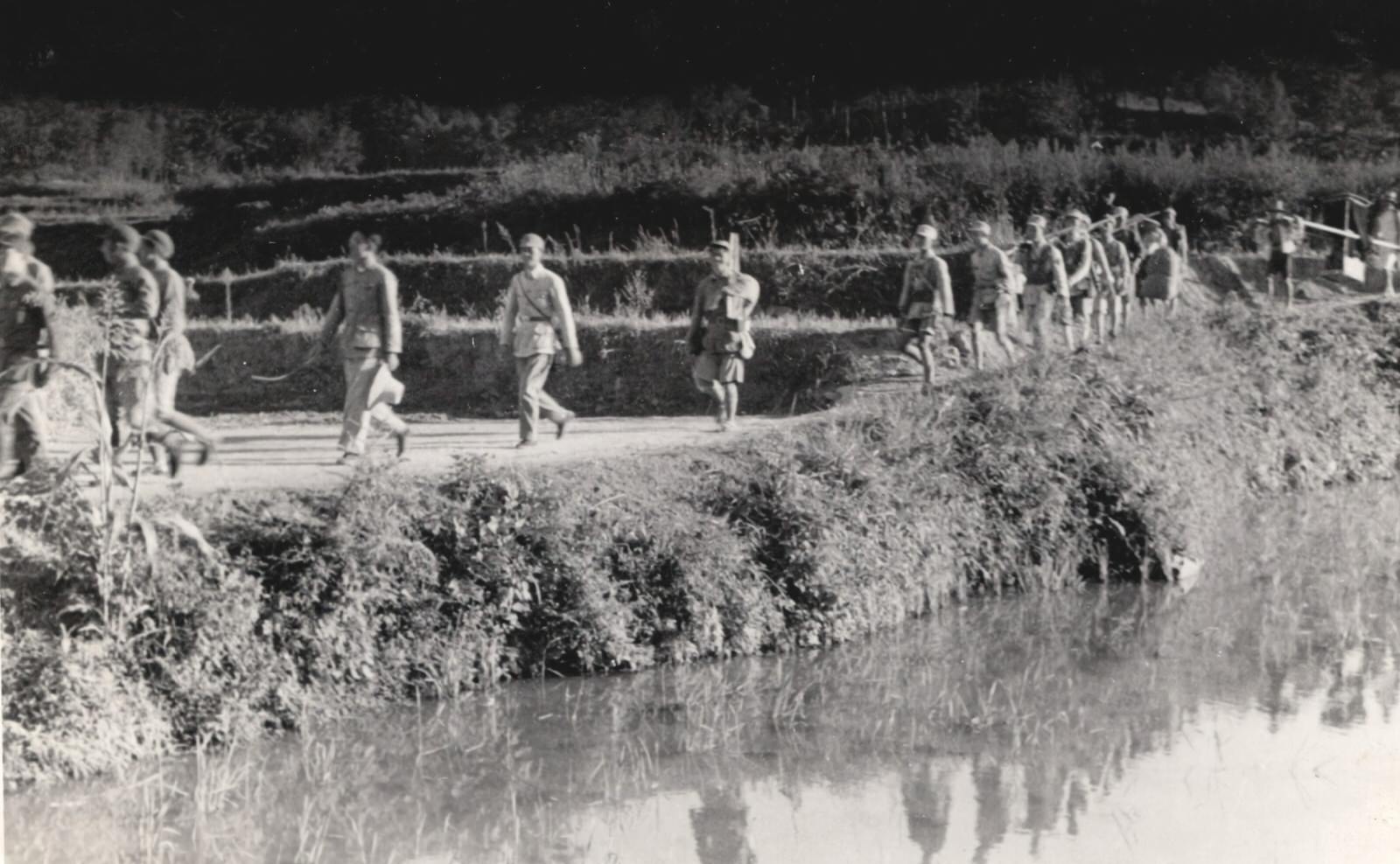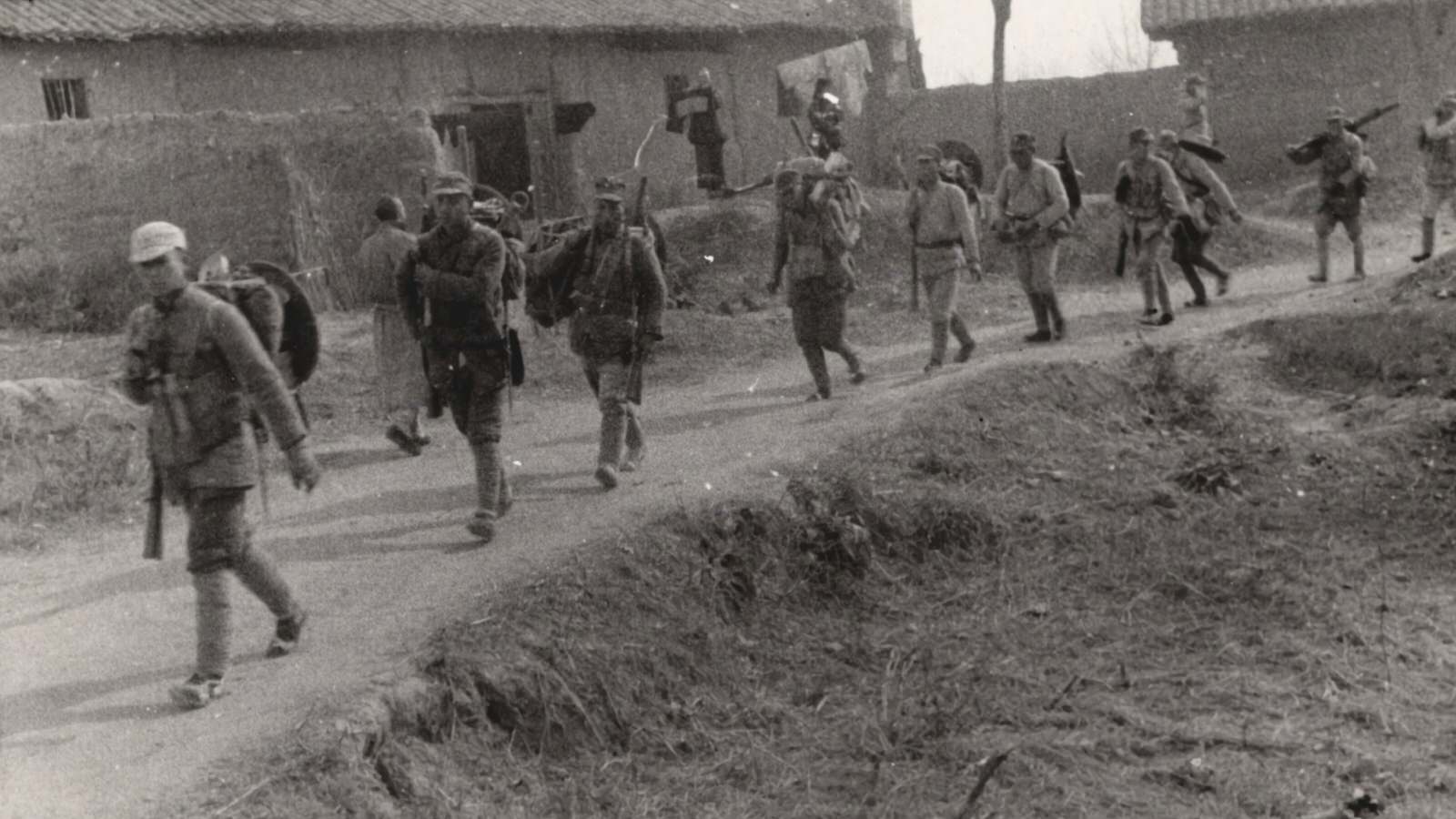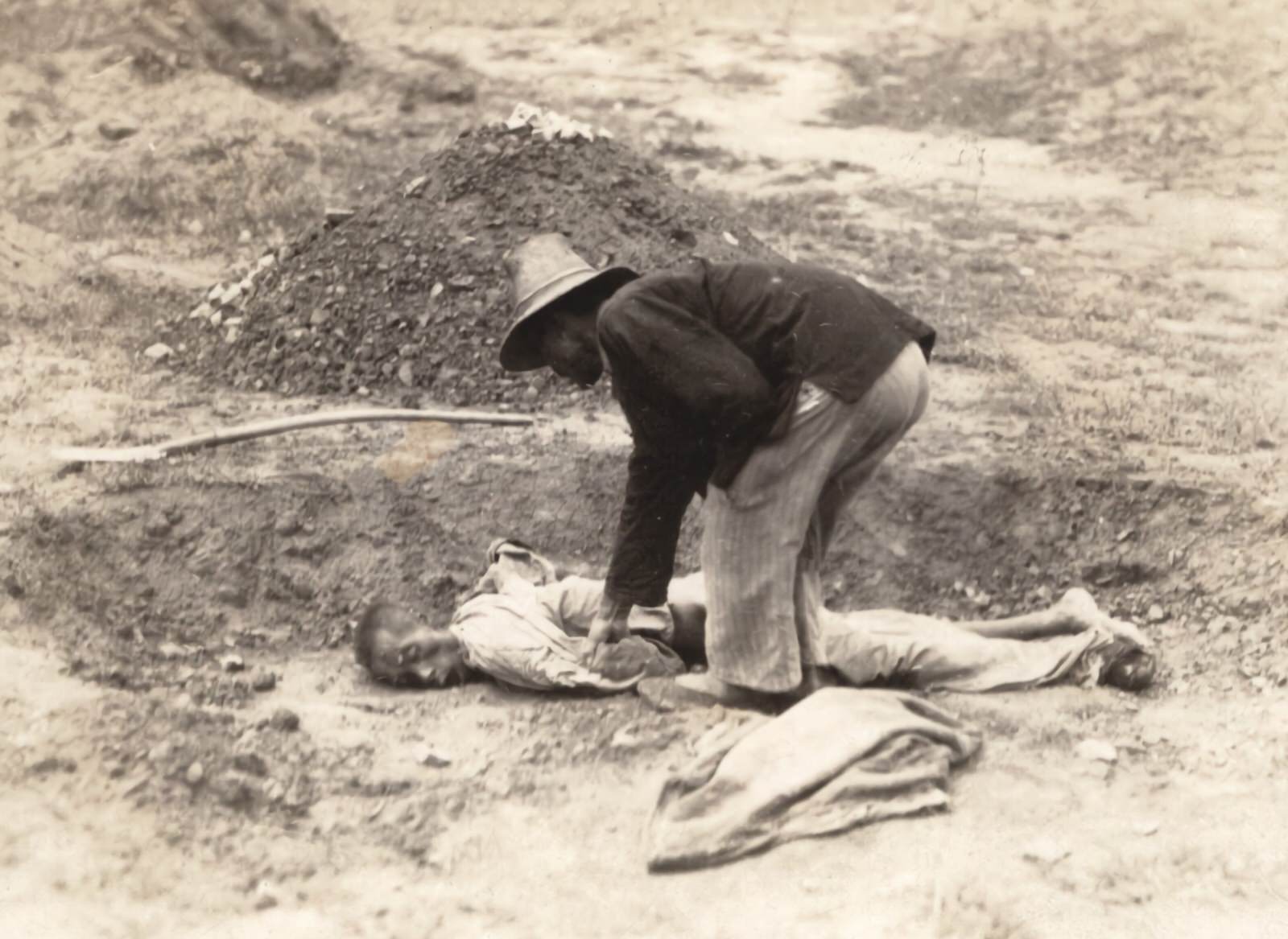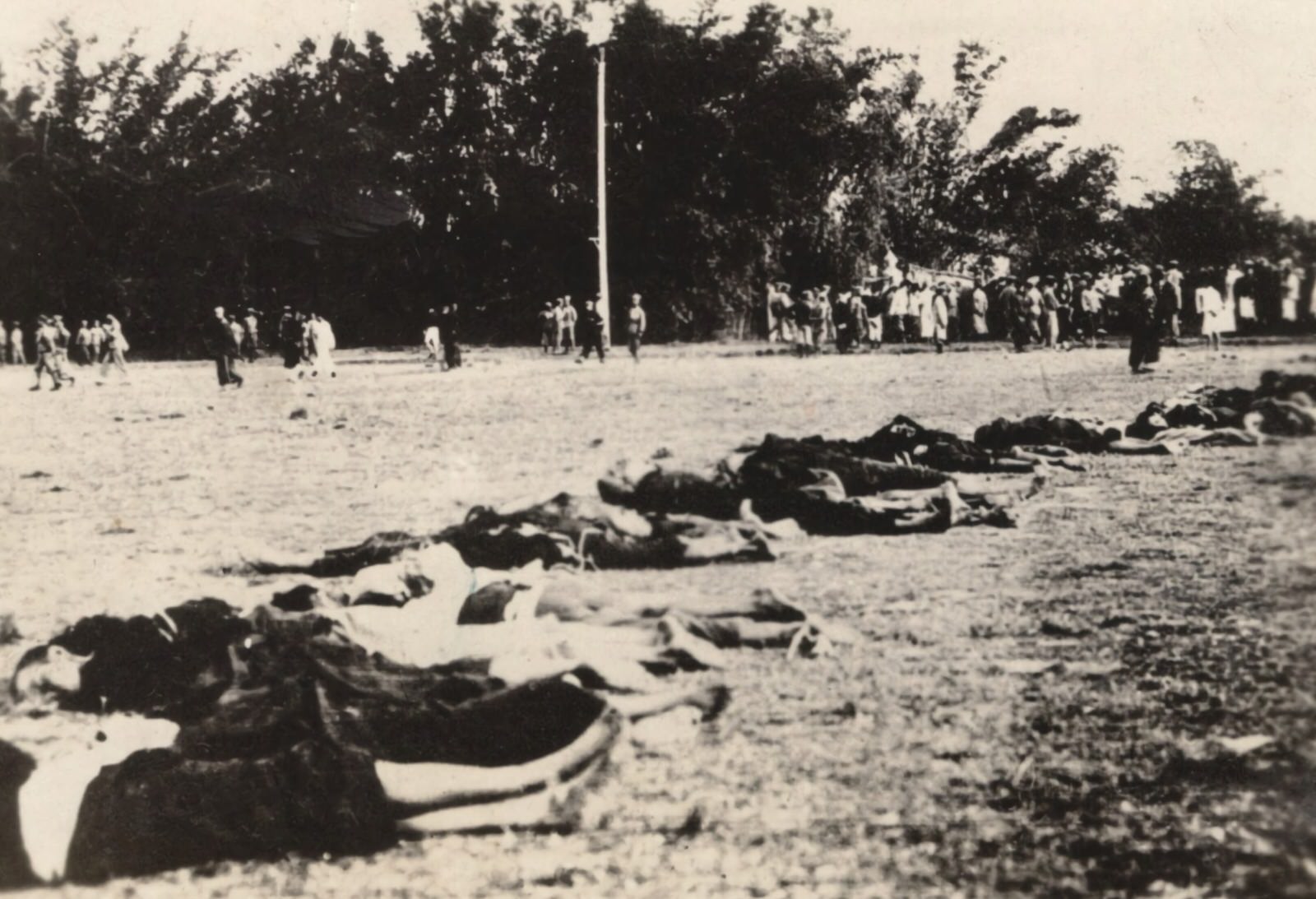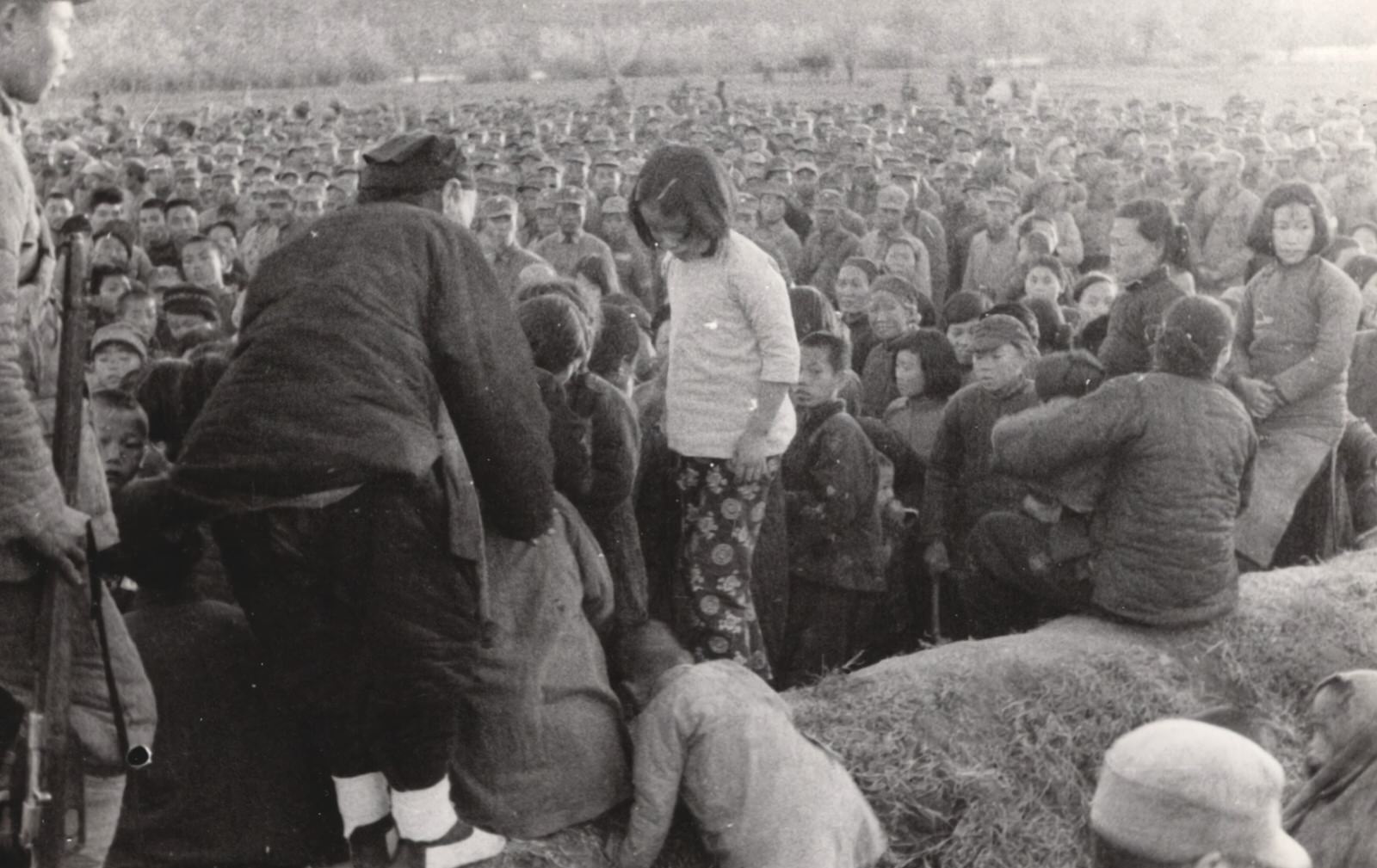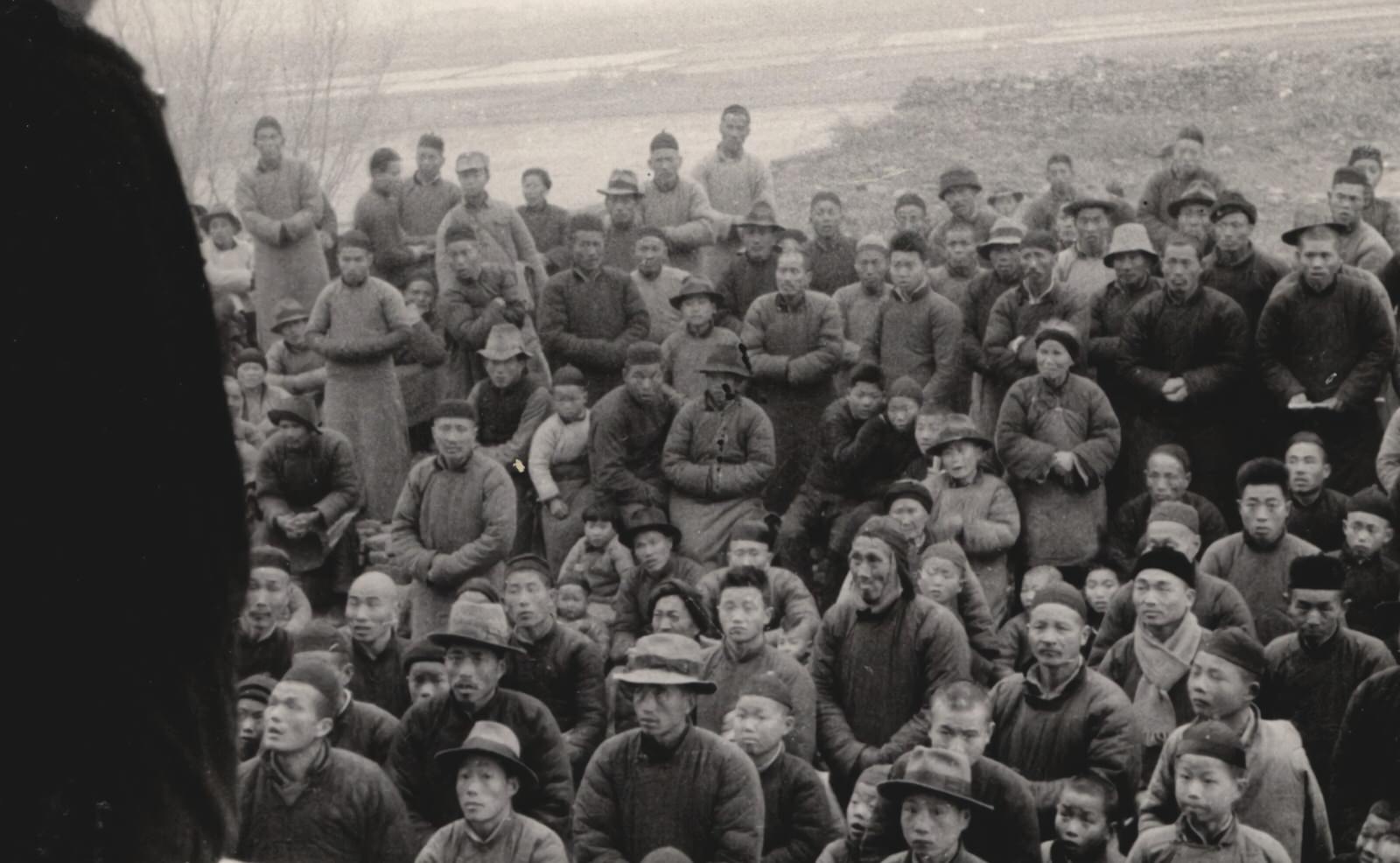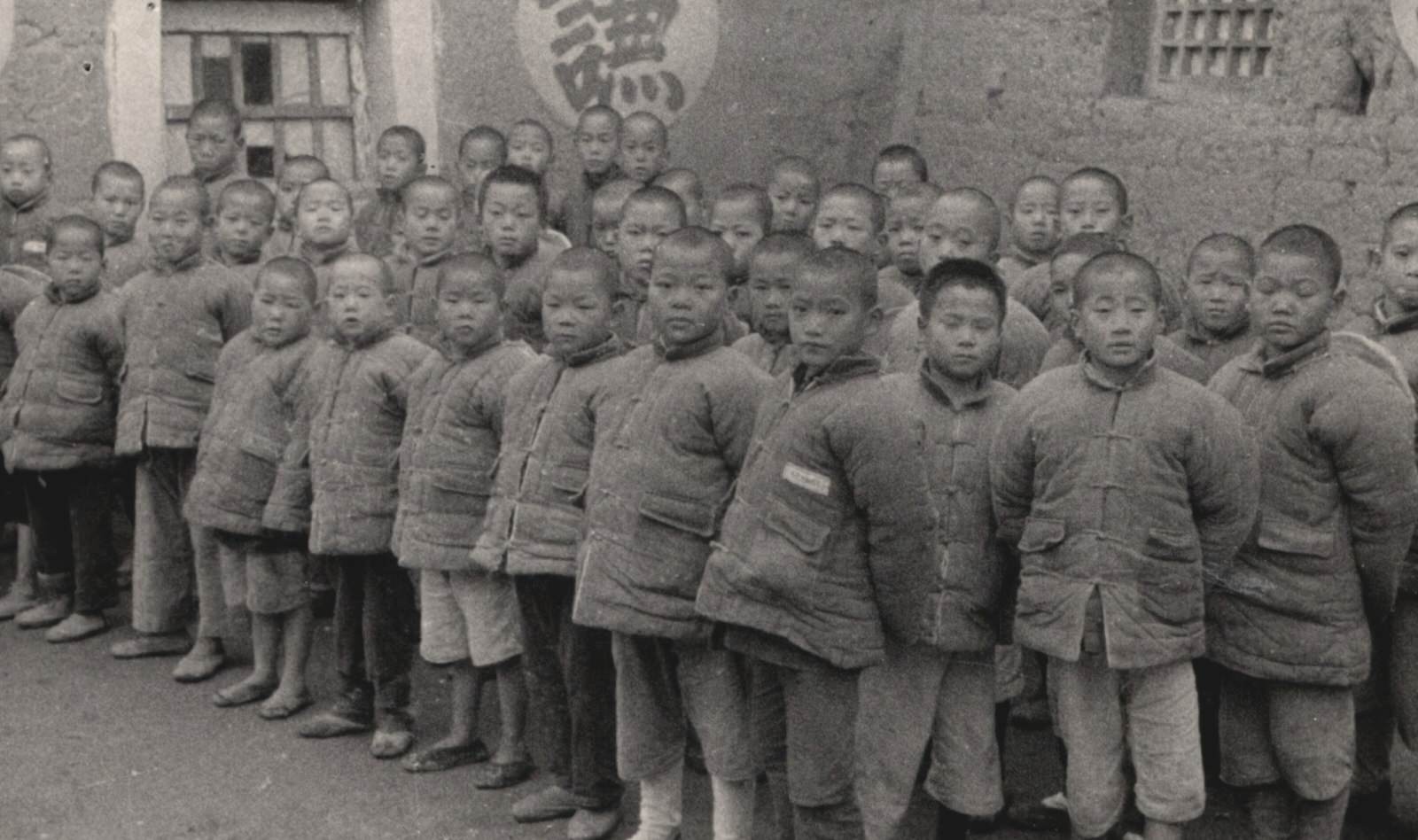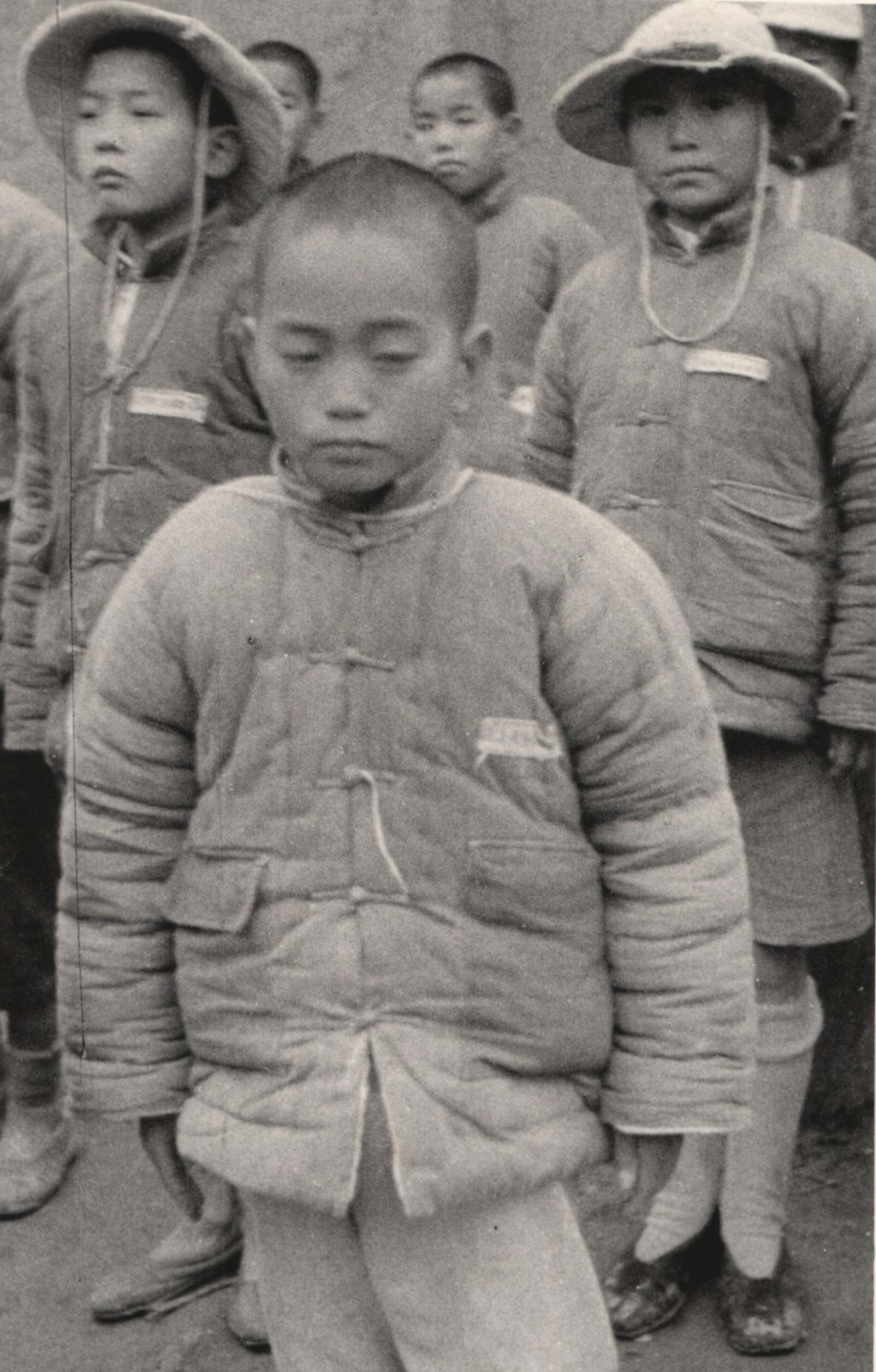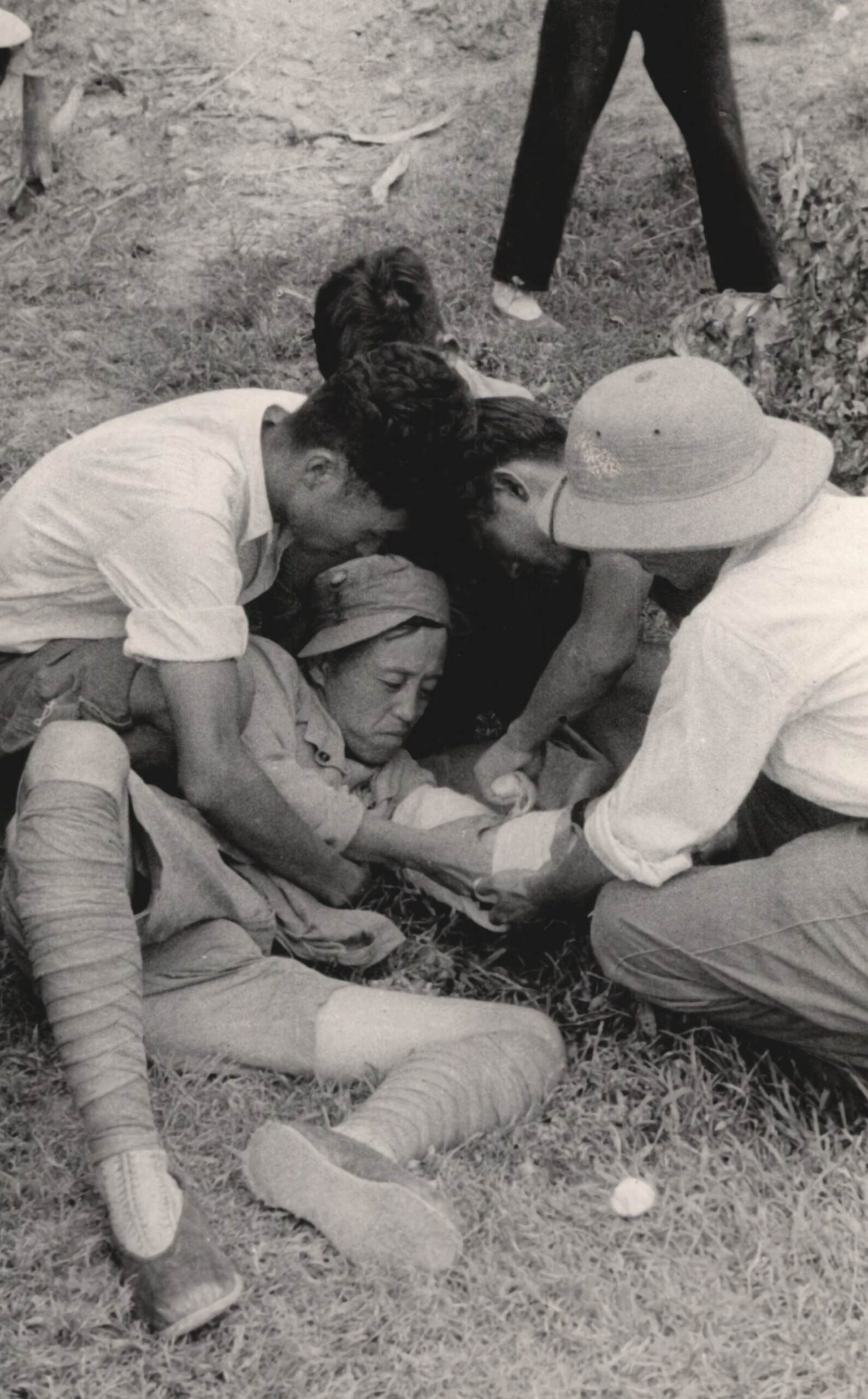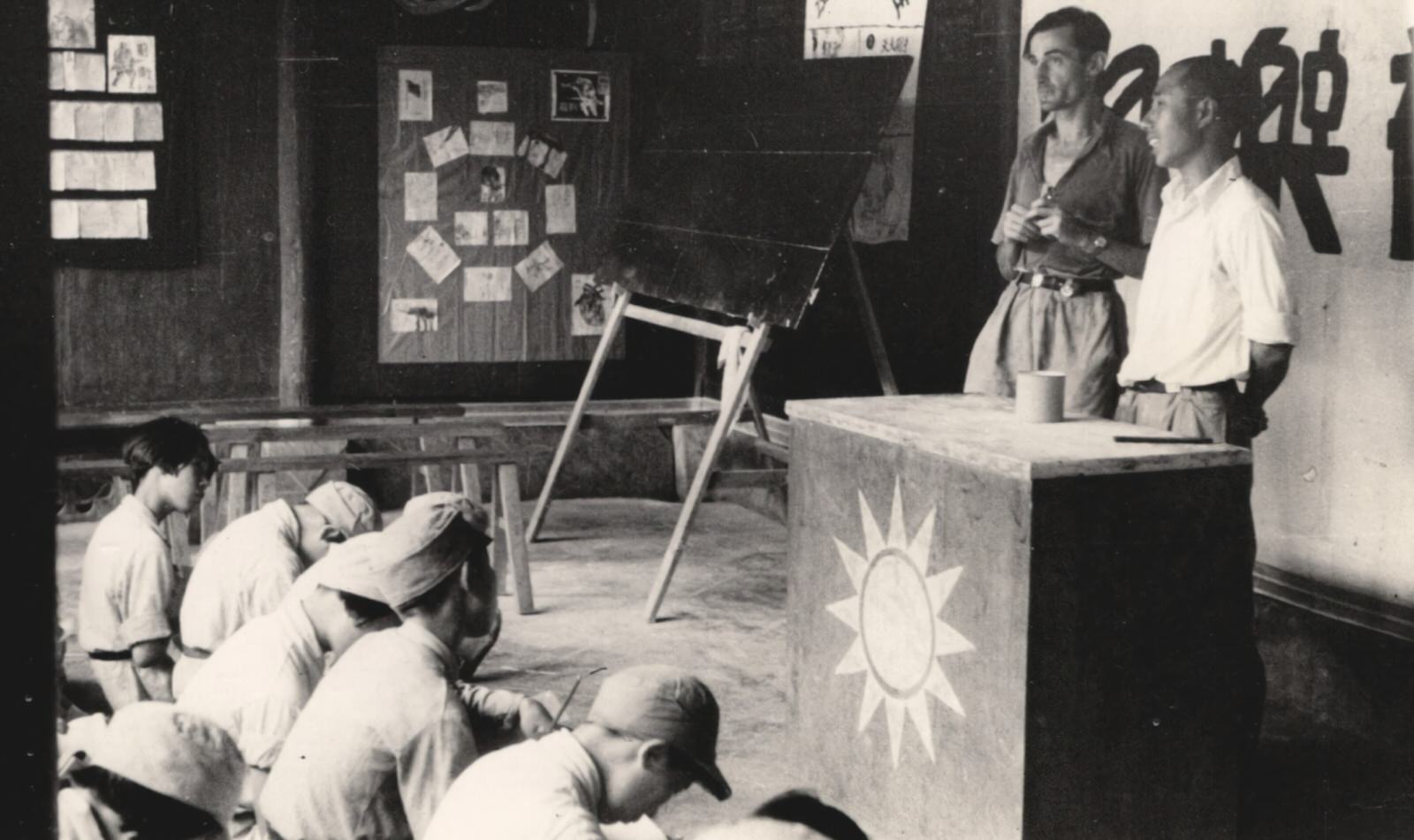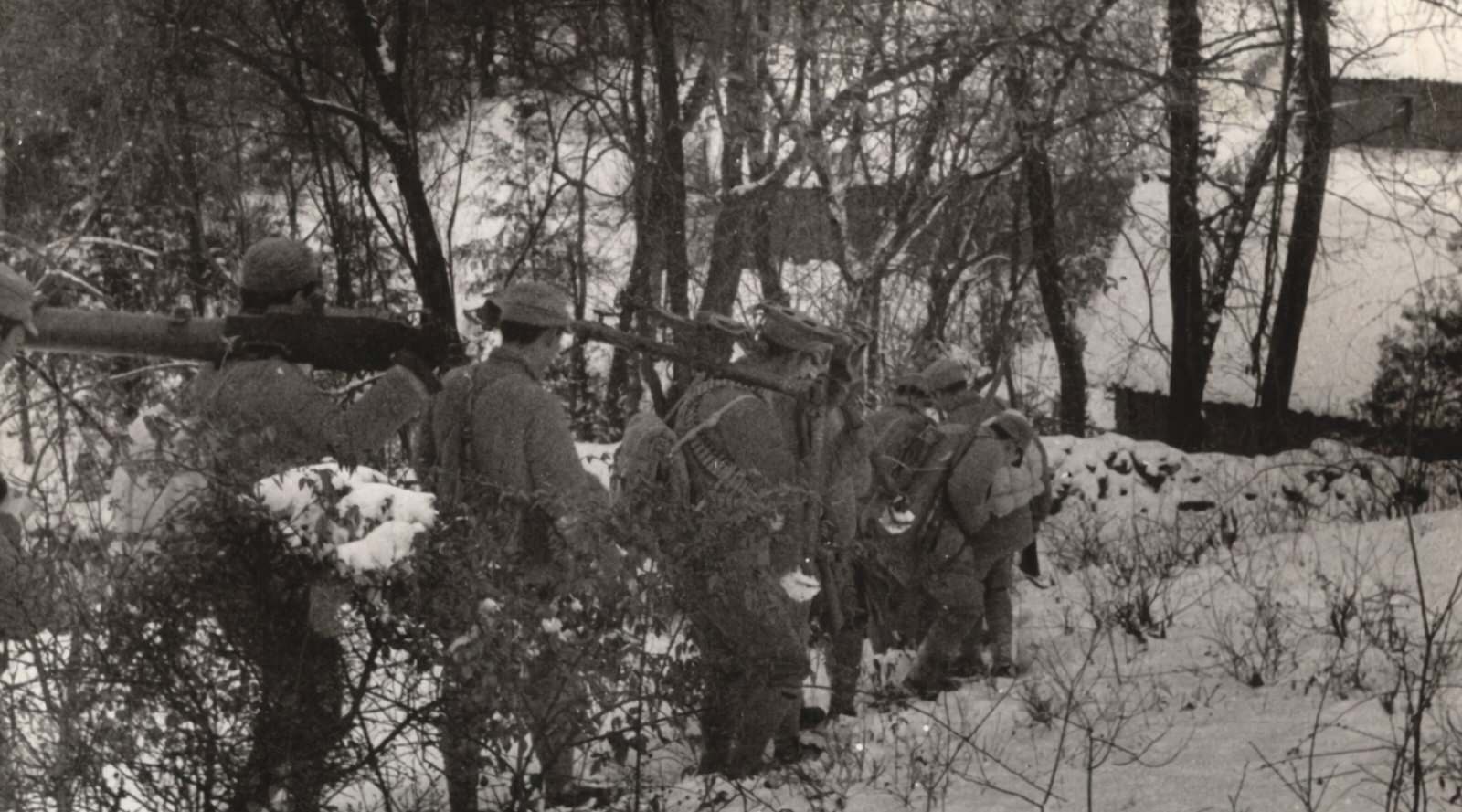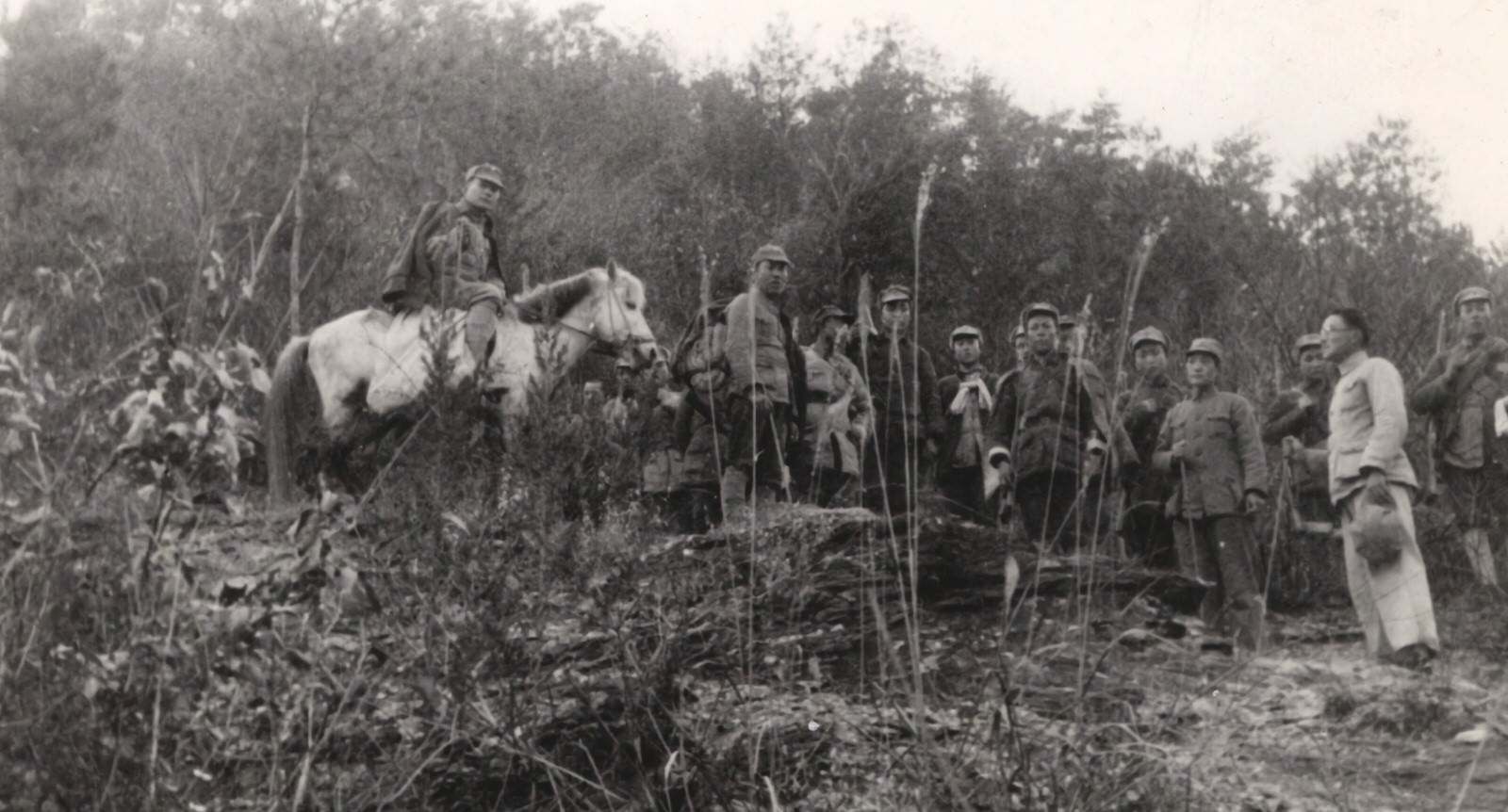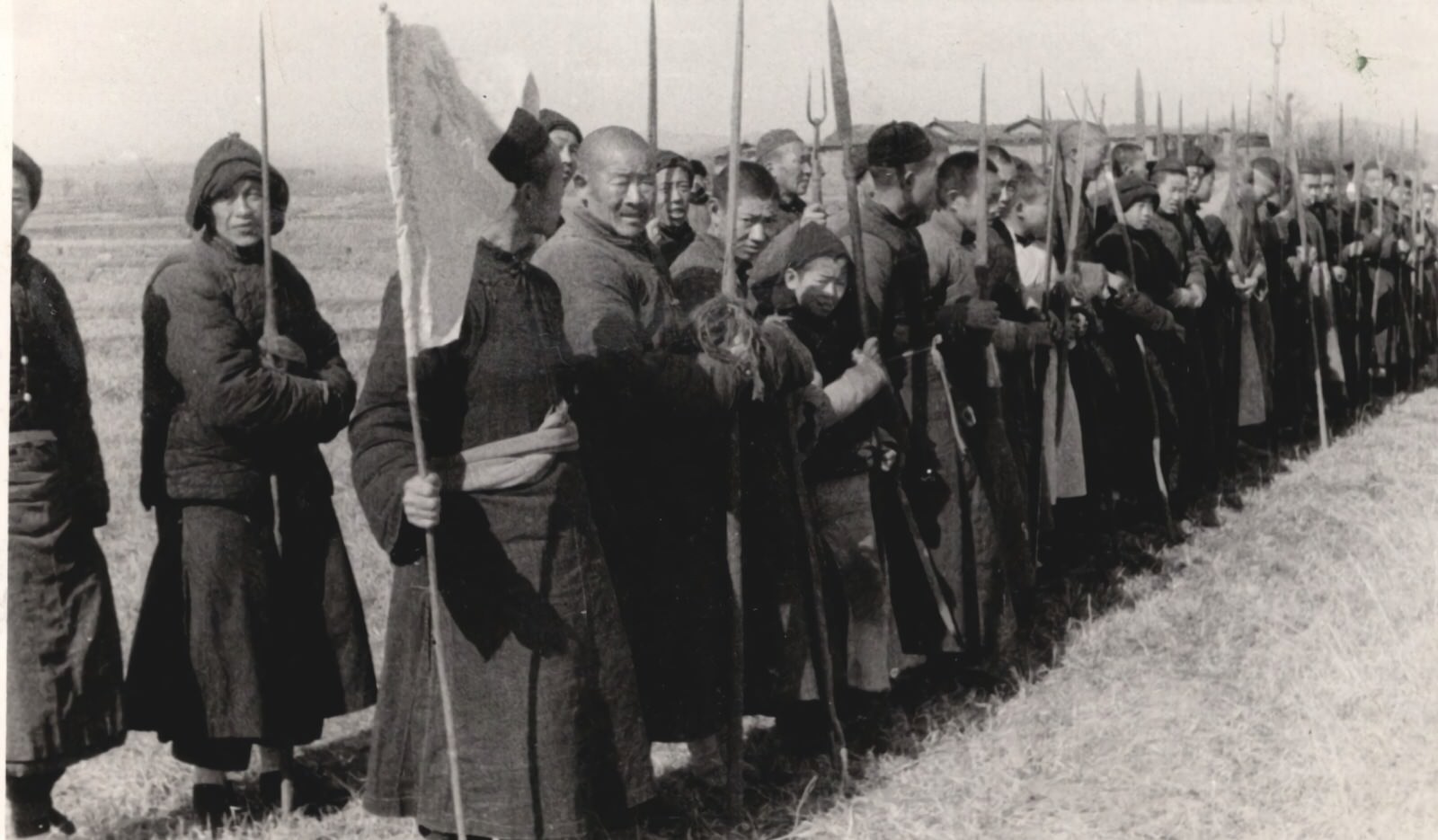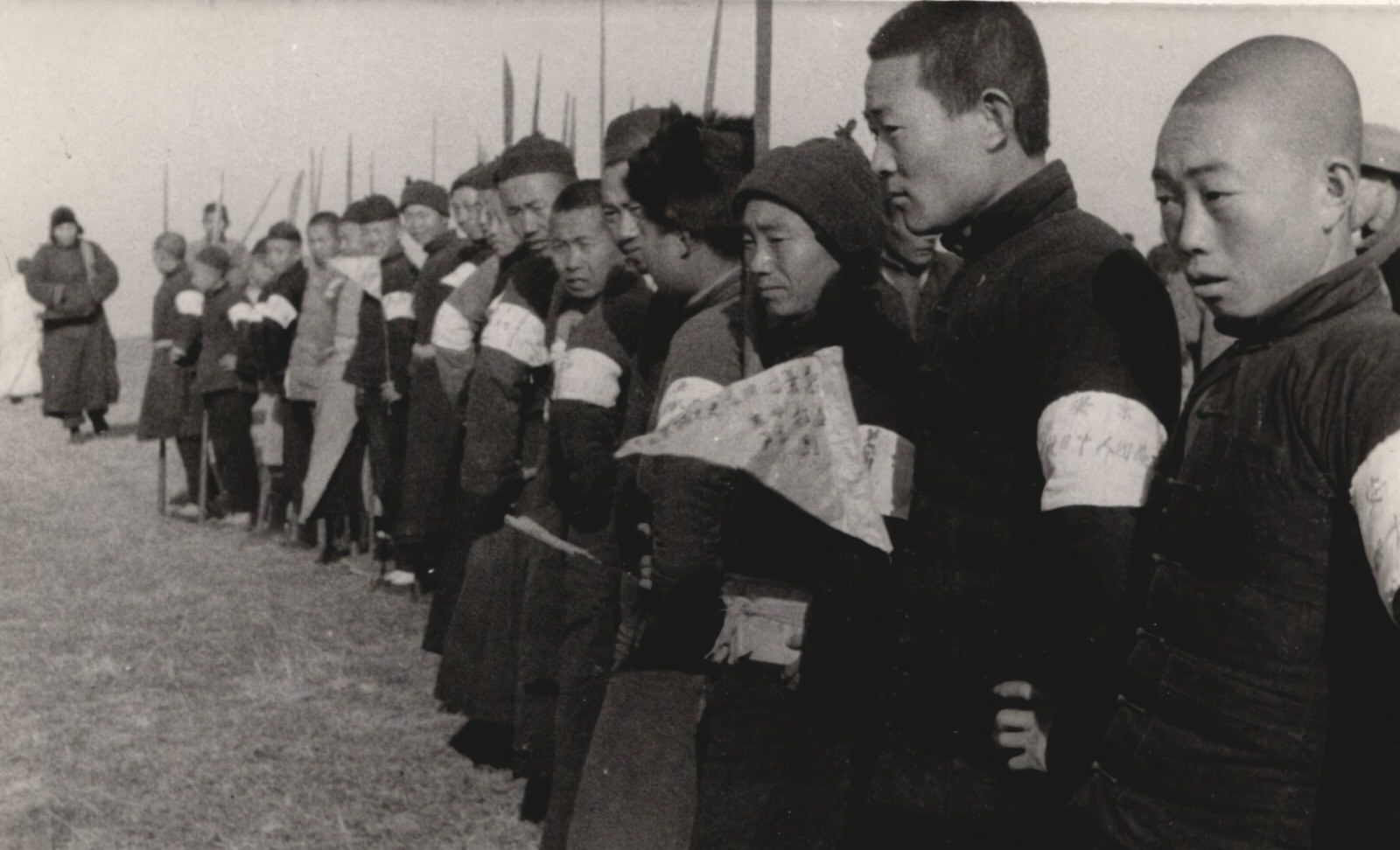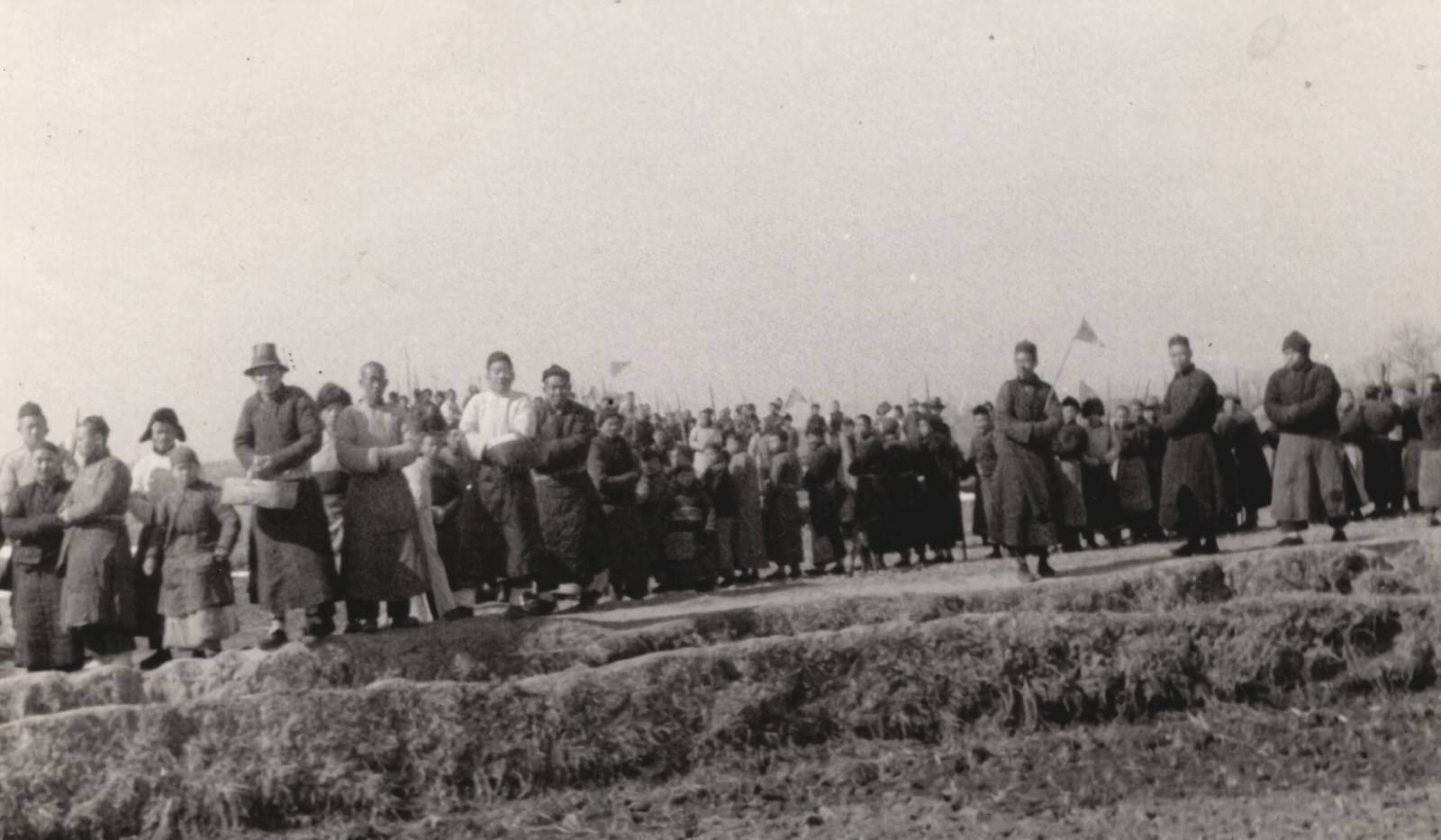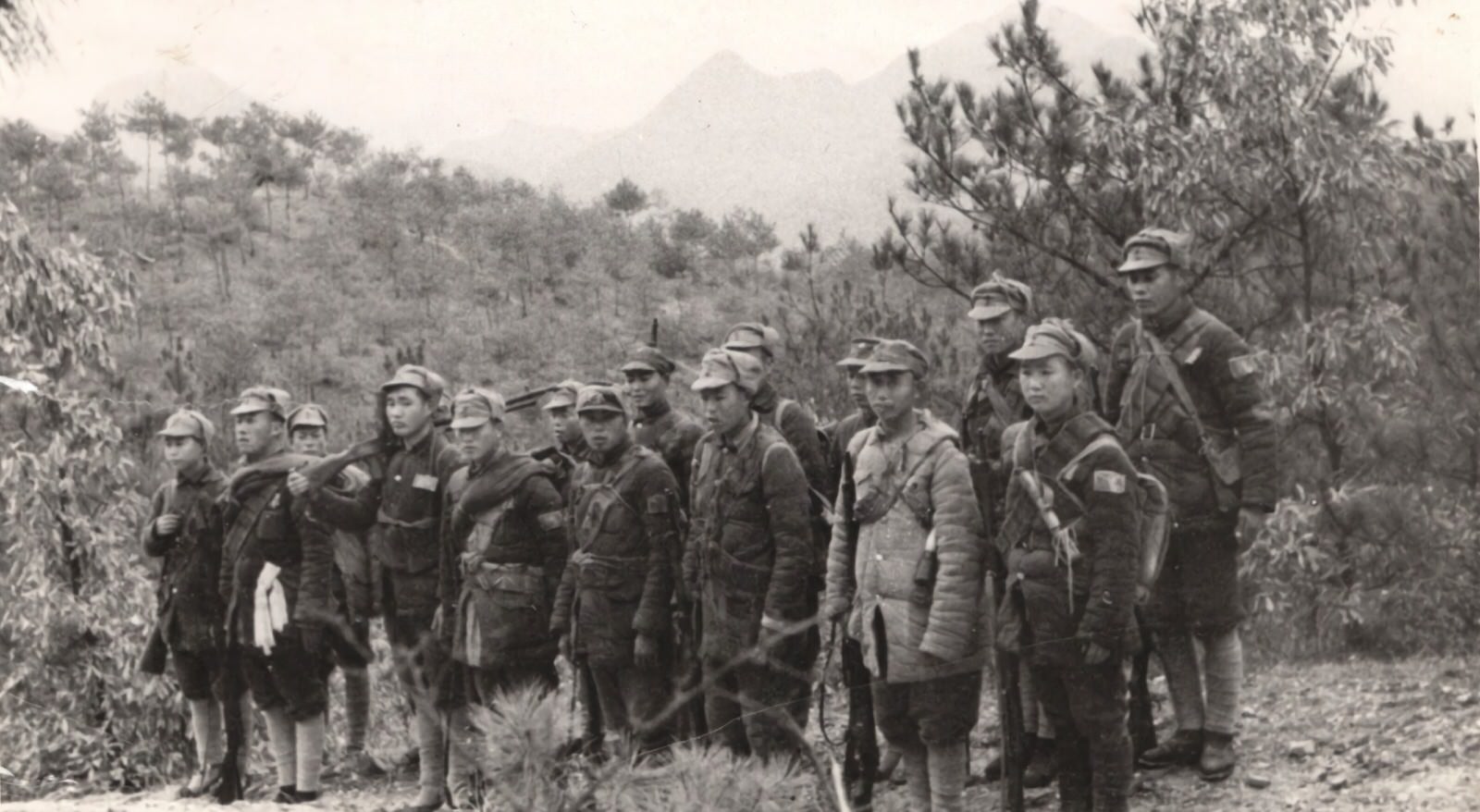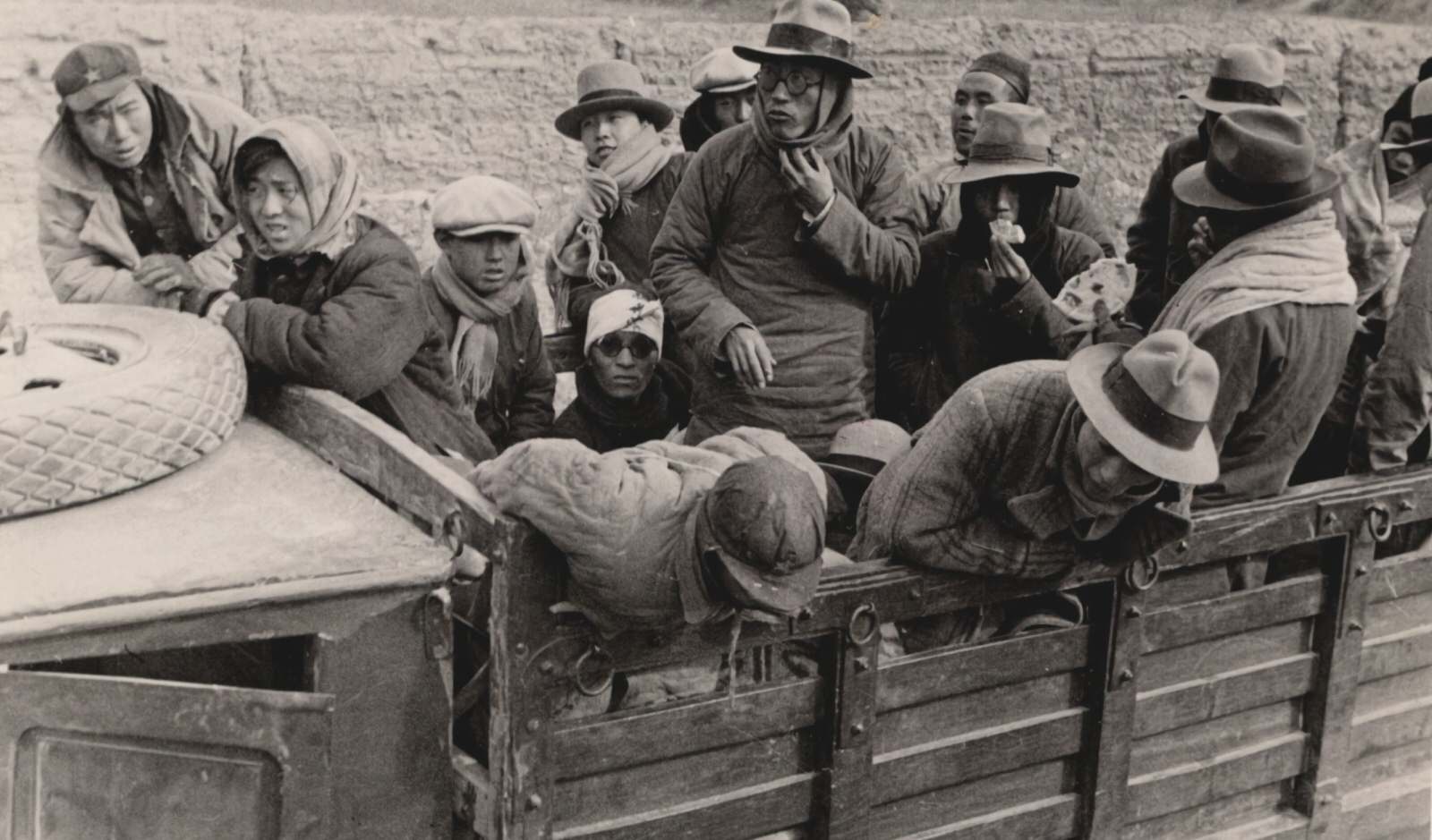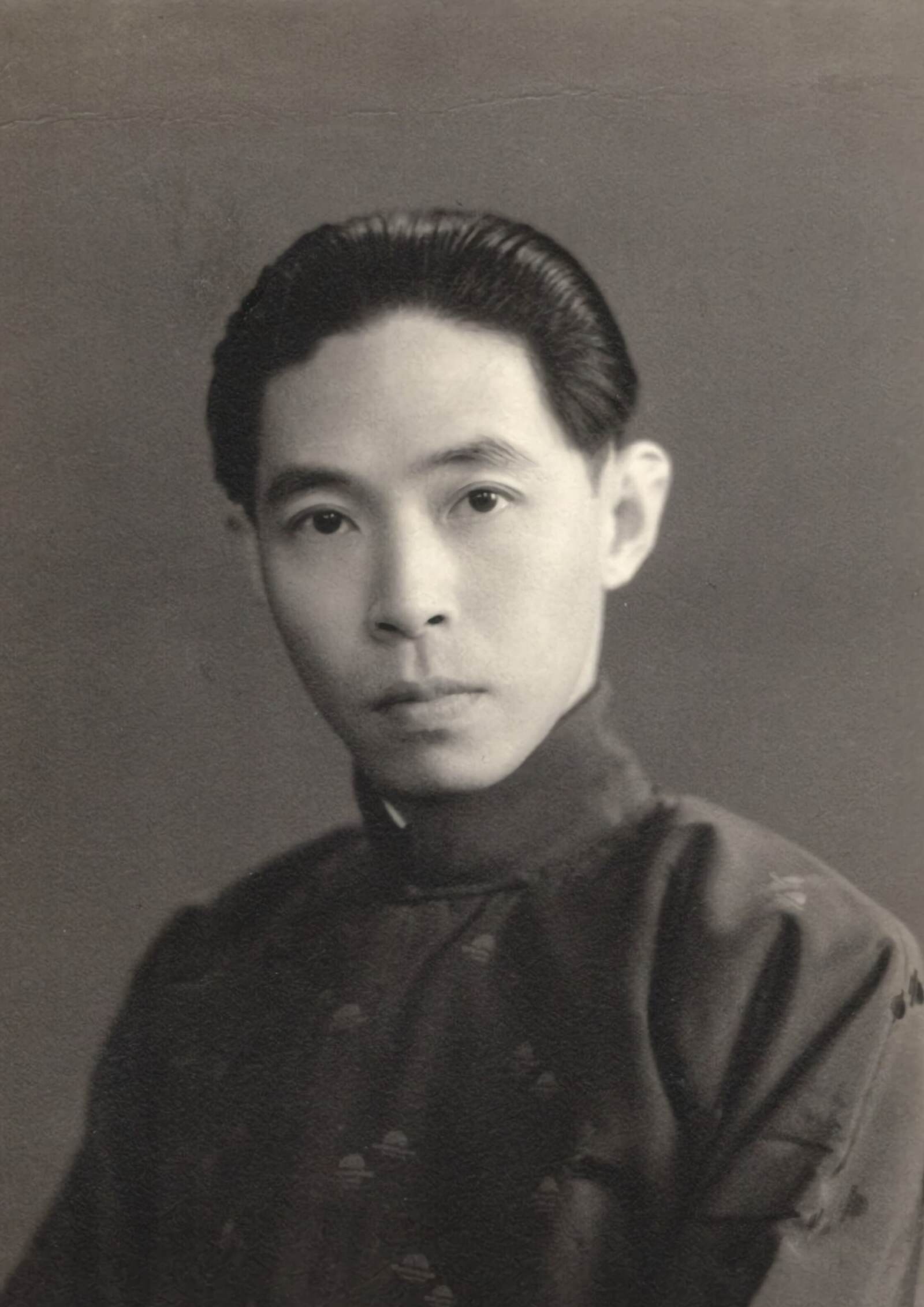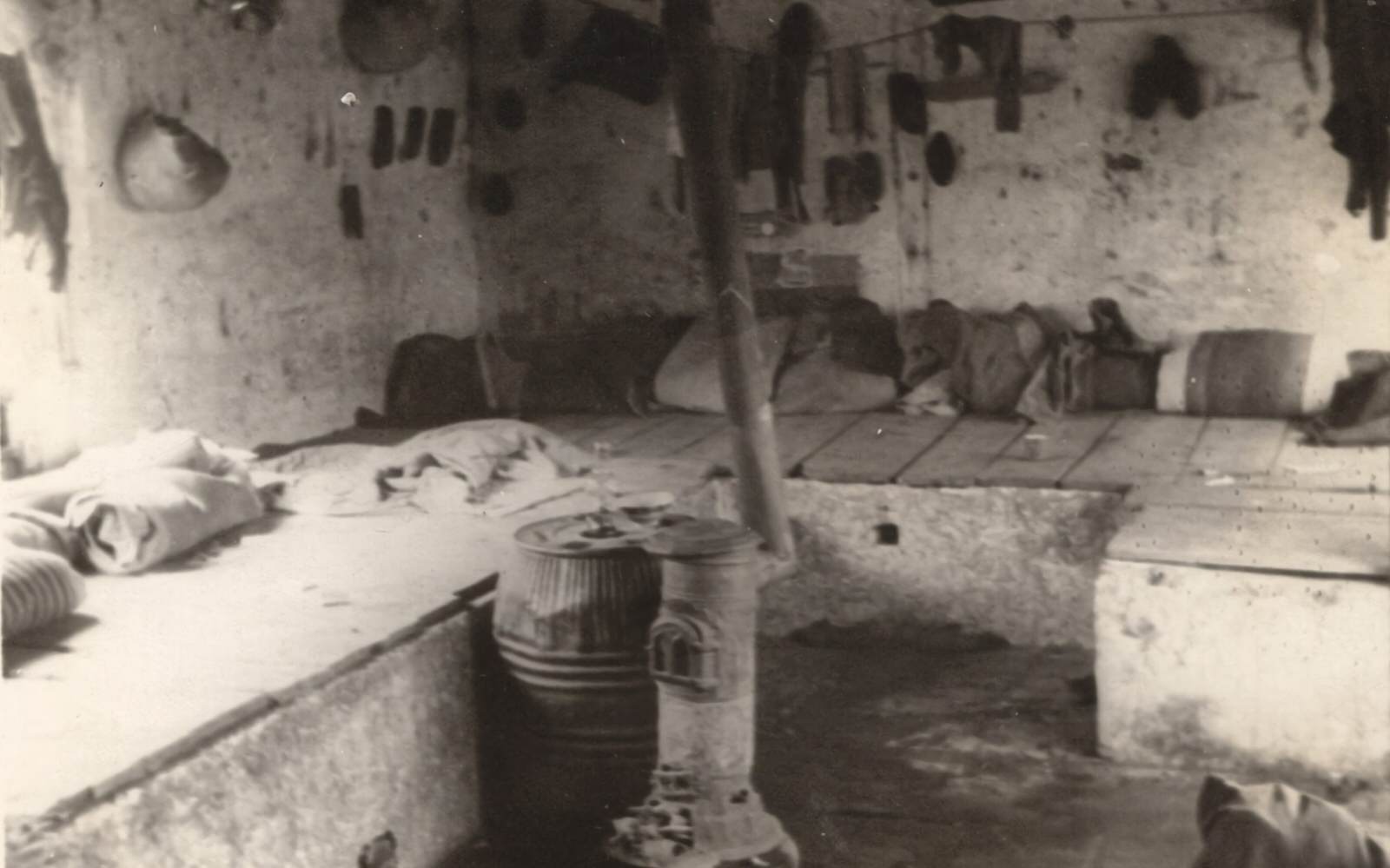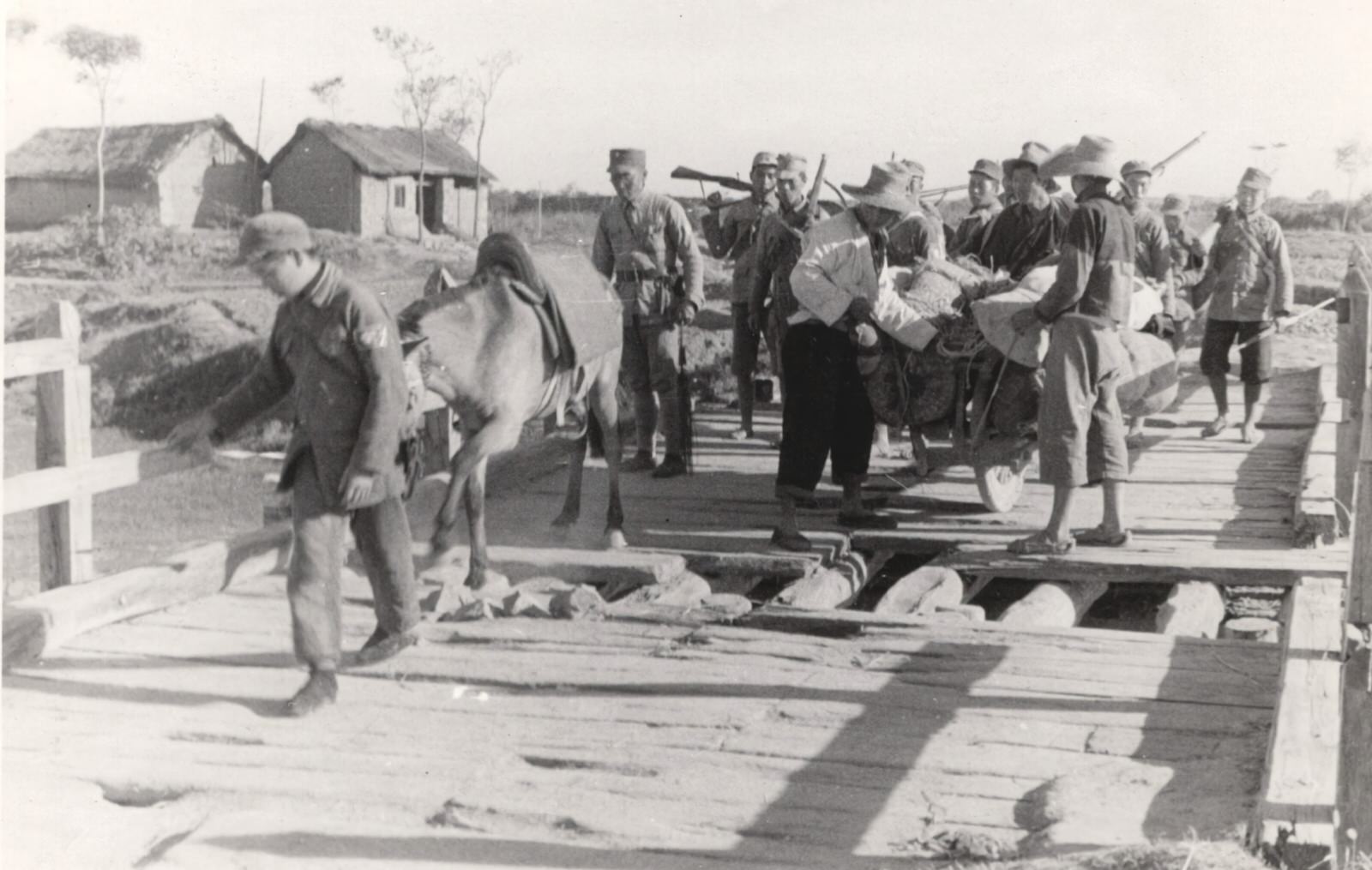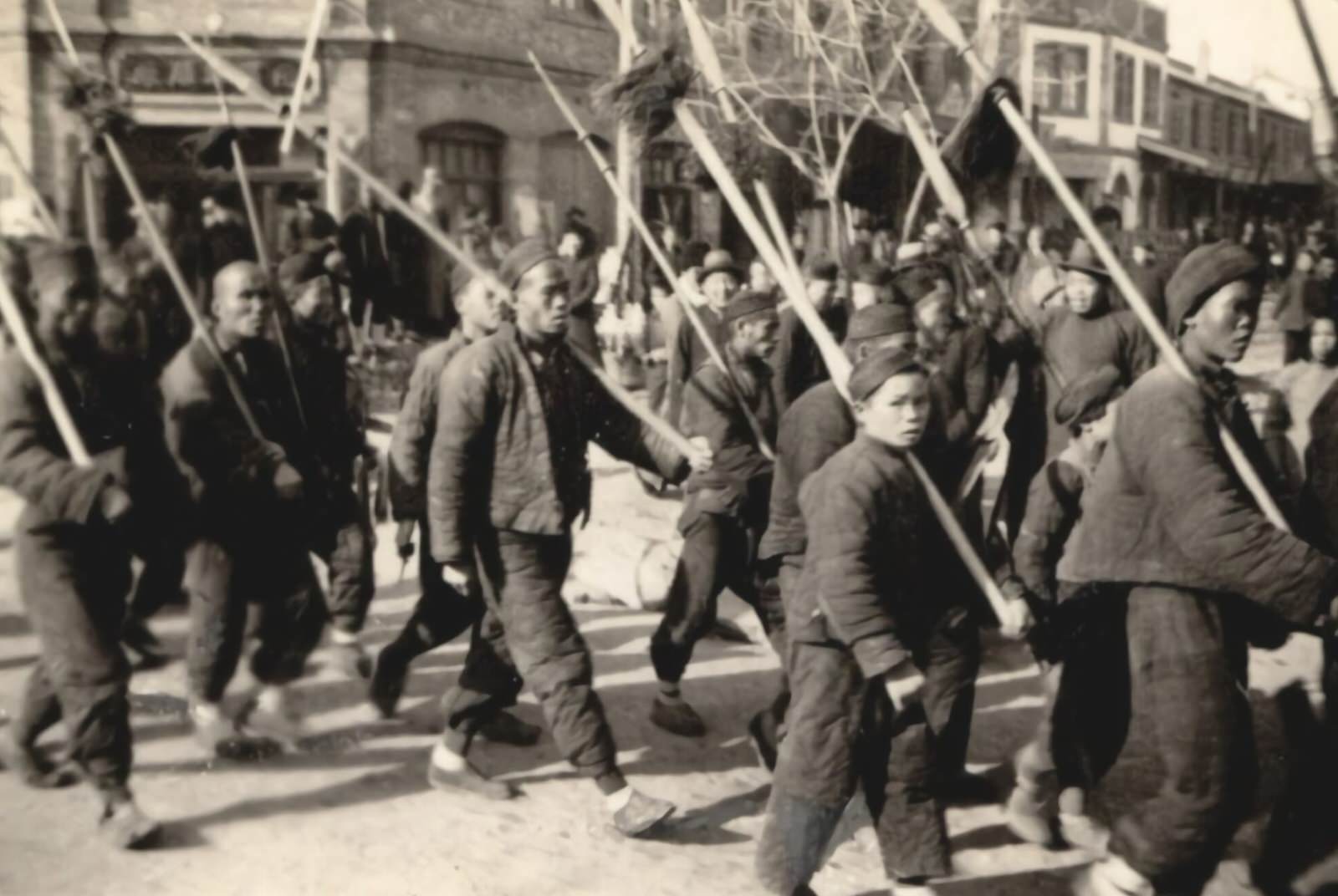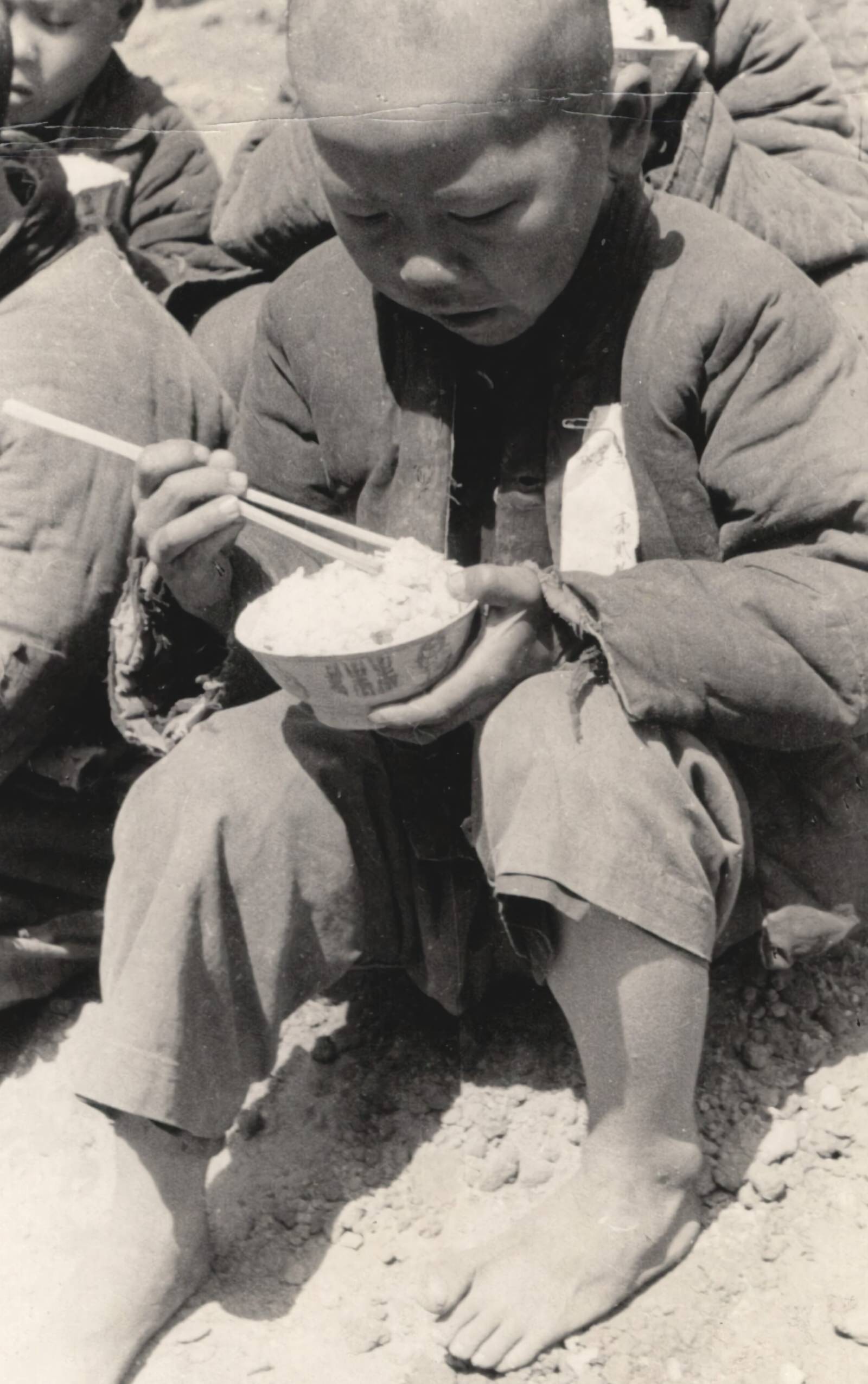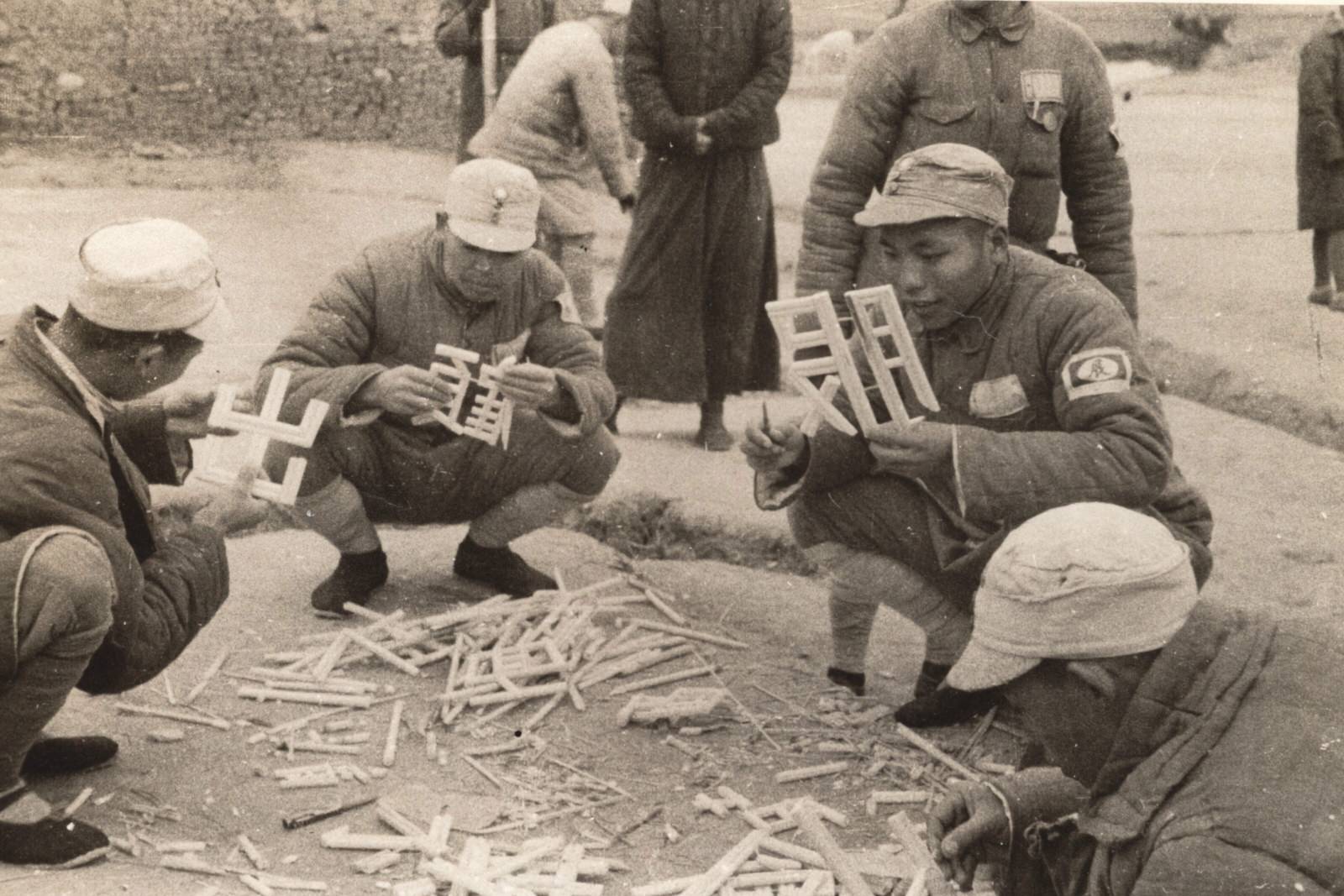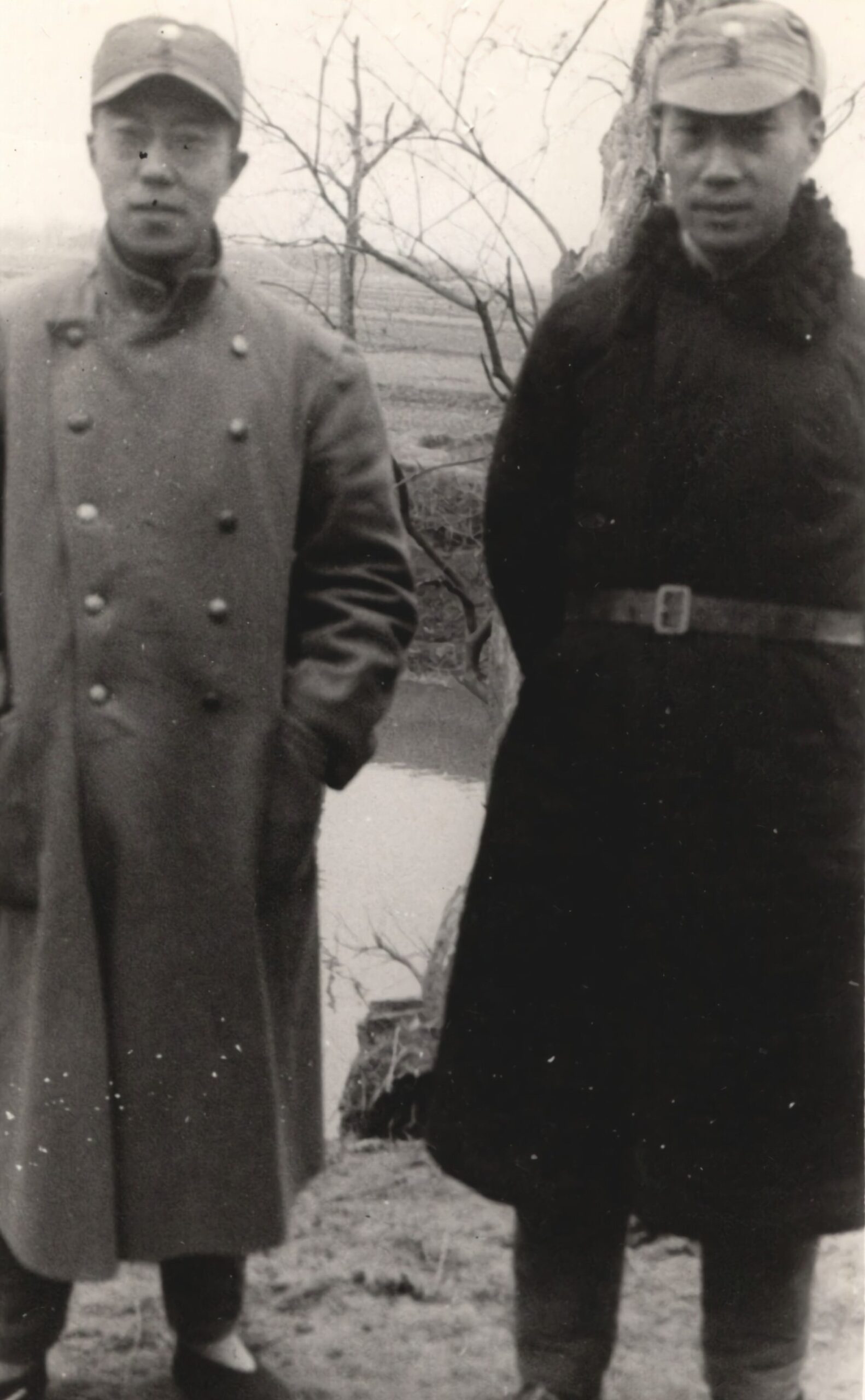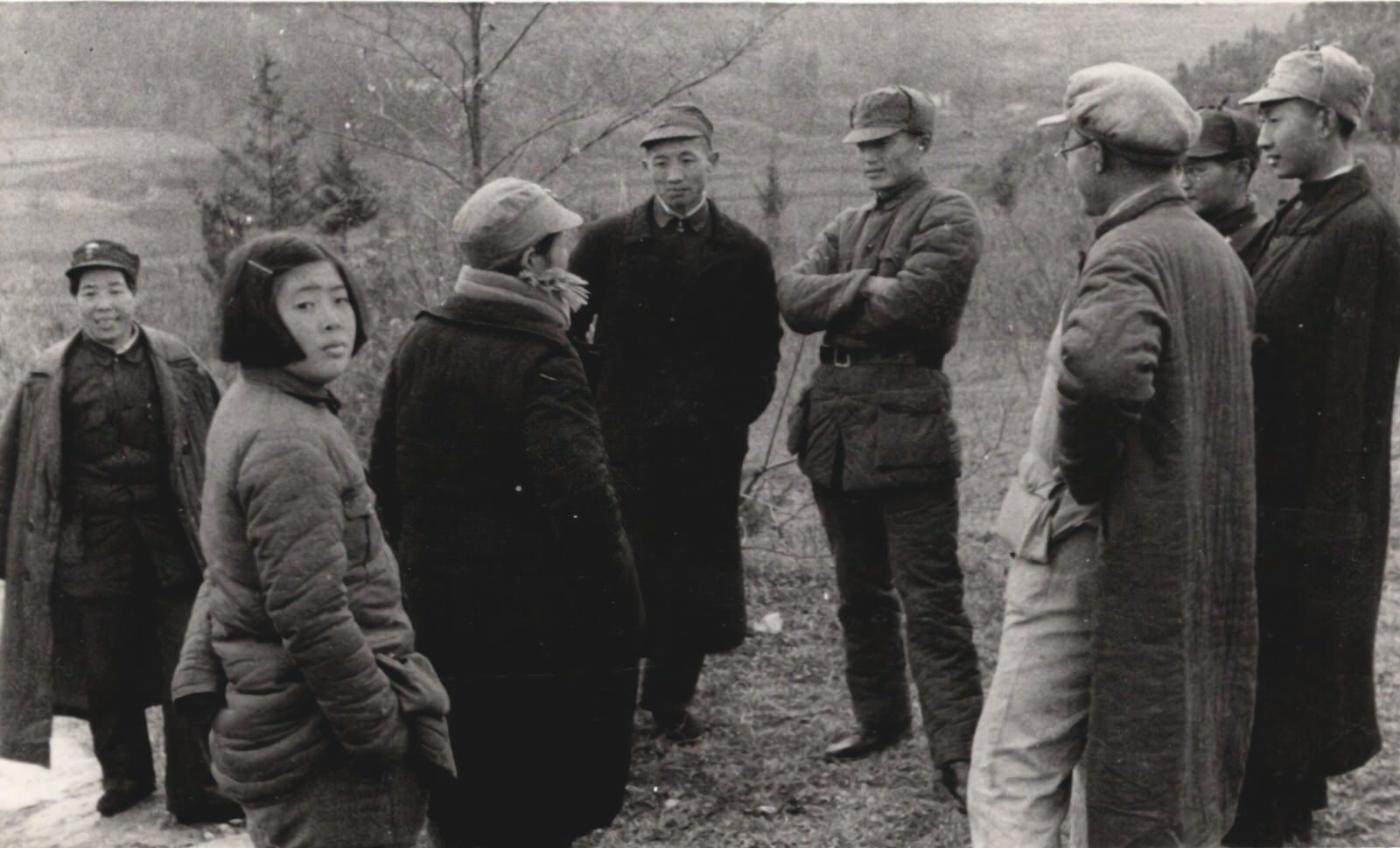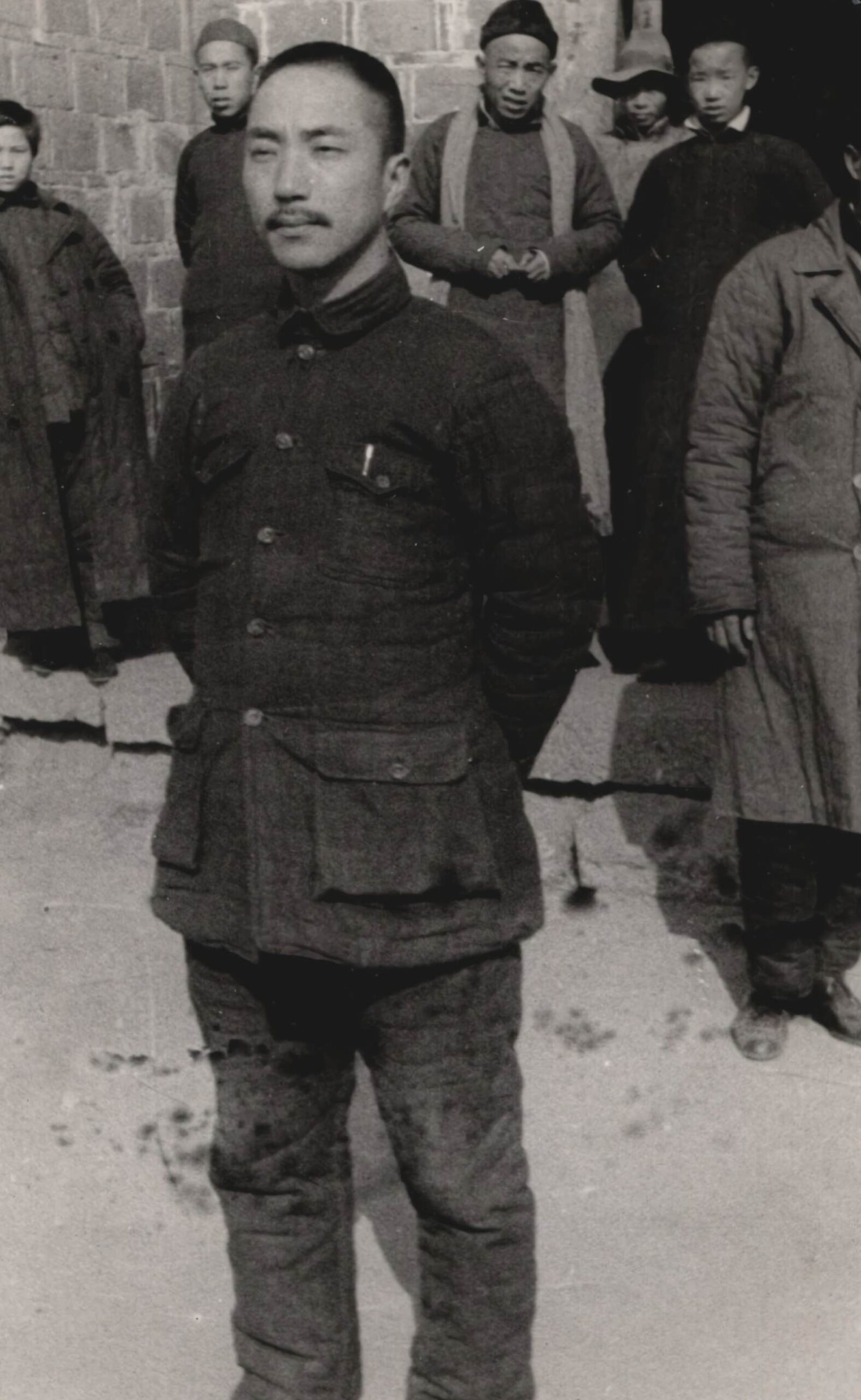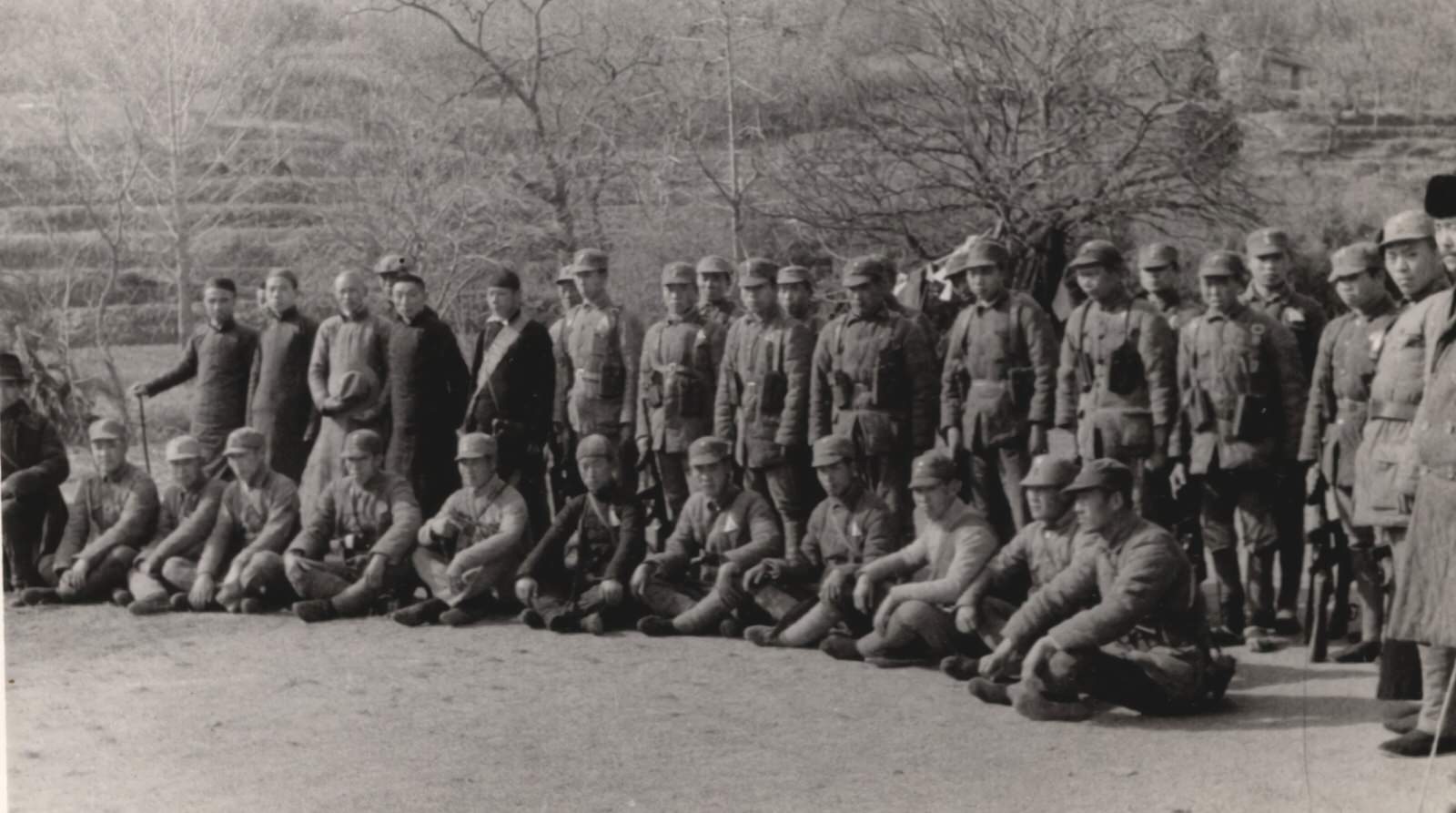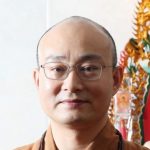Agnes Smedley was an American journalist, writer, and activist. In the autobiographical novel Daughter of Earth (1929), she portrayed the emergence of her feminist and socialist consciousness in the context of poverty-stricken miners’ families in Missouri and Colorado. She organized support for India’s independence from the United Kingdom while a college student during World War I, receiving financial support from the German government. Following the war, she worked with Indian nationalists in Germany. As a journalist, she lived and worked in China between 1928 and 1941. She worked with the Eighth Route Army during the First Sino-Japanese War and lived for a time in the communist base at Yan’an during the Second Sino-Japanese War.
Smedley worked as a correspondent for the Frankfurter Zeitung and Manchester Guardian in China. As a significant war correspondent, she covered many topics, including the Anti-Japanese War. She also broadcast in English for the rebels during the Xi’an Incident of December 1936. During the Second United Front, she reported on the Second Sino-Japanese War. In 1937, she traveled with the 8th Route Army, then from 1938–1939, she visited some units of the noncommunist Chinese army.
#1 Lieutenant Colonel Evans F. Carlson, “Battle Hymn of the Republic.”
#2 The 124th Division of the 22nd Group Army captured a Japanese field gun and brought it down from the mountains by hitching oxen to it. 1937-1940
#3 The 124th Division of the 22nd Group Army camouflaged it with branches of trees and soldiers took turns riding it. 1937-1940
#4 The Japanese bombed the Red Cross Medical Corps’ Training Hospital at Kweiyang (Guiyang). 1937-1940
#5 The wounded who could walk had gone into the hills as the planes approached. After the raid men formerly wounded at the front, were brought in again on stretchers to be operated upon. 1937-1940
#6 Mass meeting of October 10th anniversary of the founding of the Chinese Republic. Lihwang (Lihuang), Anhwei (Anhui). 1937-1940
#7 Soldiers and civilians come to a Field Hospital at Lihwang (Lihuang), Anhwei (Anhui), bearing gifts from civilians for the Army sick and wounded. 1937-1940
#8 Dr. Yeh (Ye), in charge of the Anhwei Provincial Hospital, receives the sick and wounded, all of whom were treated without charge. 1937-1940
#9 Dr. Yeh (Ye), in charge of the Anhwei Provincial Hospital, receives the sick and wounded, all of whom were treated without charge. 1937-1940
#10 The ancient “big sword” society Hwang Shih Hwei (Huang Shihui), North Hupeh (Hubei) with women members of the society. 1937-1940
#11 Men members who guide the Chinese armies against the enemy. 1937-1940
#12 In the Laboratory of the Chinese Red Medical Corps, Kweiyang (Guiyang), Kwangsi (Guangxi) Province. 1937-1940
#13 In the Supply Department of the Chinese Red Cross Medical Corps, Kweiyang (Guiyang), Kwangsi (Guangxi) Province. 1937-1940
#14 The way the students in Lihwang (Lihuang), Anhwei (Anhui) Province, live. 1937-1940
#15 Wall newspaper in the Administrative Training School, Lihwang (Lihuang), Anhwei (Anhui), in the enemy rear. 1937-1940
#16 The Japanese planes left the Red Cross Training Hospital in this condition. 1937-1940
#17 The Japanese planes left the Red Cross Training Hospital in this condition. 1937-1940
#18 Repair shop of the Red Cross Medical Corps. 1937-1940
#19 Ambulance of Chinese Red Cross Medical Corps – Dr. Eva Ho Tung in the foreground. 1937-1940
#20 Sometimes my armed escorts were tough warriors of the regular armies. 1937-1940
#21 We often halted before villages to talk to the people. 1937-1940
#22 On the way to the Field Headquarters of General Chang Tze-chung (Zhang Zizhong), we talk with young army men for hours. 1937-1940
#23 On the way to the Field Headquarters of General Chang Tze-chung (Zhang Zizhong), 1937-1940
#24 The Canossian Nuns of Nanyang, Honan (Henan), caring for the wounded. I was cold and they sheltered me; I was hungry and they gave me food. 1937-1940
#25 The Canossian Nuns of Nanyang, Honan (Henan), caring for the wounded. 1937-1940
#26 The village headquarters of the ancient “big sword” society, the Hwang Shih Hwei (Huang Shihui), in North Hupeh (Hubei), where I spent a day and night. 1937-1940
#27 The village headquarters of the ancient “big sword” society, the Hwang Shih Hwei (Huang Shihui), in North Hupeh (Hubei), 1937-1940
#28 The paths of Central China are filled with men and animals carrying ammunition up to the front. 1937-1940
#29 The paths of Central China are filled with men and animals carrying ammunition up to the front. 1937-1940
#30 General Lai Kang (Li Kang), garrison commander of Lihwang (Lihuang), Anhwei (Anhui). 1937-1940
#31 Lt. General Ma Chi-ying (Ma Shiying), West Point graduate, 1924. 1937-1940
#32 Red Army Soldiers. 1937-1940
#33 “Little Devil” Buglers. 1937-1940
#34 A column of men of the New 4th Army Storm Guerrilla cross streams on boats. 1937-1940
#35 Unidentified group of civilians with army officers in foreground. 1937-1940
#36 Mr. Shong Yi (Song Yi), former General of the Army) 70 year old Magistrate of Hanchuran (Hanshou) district, Central Hupeh (Hubei); he was removed from office because he was too progressive and refused to conduct an anti-communist campaign. 1937-1940
#37 A guerrilla dramatic theatre giving a play to soldiers about Japanese and puppets against whom the Communist guerrillas fought. 1937-1940
#38 Commanders of the New Fourth Army Storm Guerrilla Detachment – A Communist Army in the enemy rear North of Hankow, 1937-1940
#39 Tao Chu, veteran Communist political leader and educator, 1937-1940
#40 Men under training as administrators of Anhwei (Anhui) Province, in the Administrative Training School – Lihwang (Lihuang), Anhwei. 1937-1940
#41 A Training Camp in Lihwang (Lihuang), Anhwei (Anhui) — photograph taken just before my lecture, 1937-1940
#42 Shoe Manufacturing Shop, 1937-1940
#43 Shoe Manufacturing Shop, 1937-1940
#44 General Li Chung-jen (Li Zongren), Commander-in-chief of the Fifth War Zone, told me his opinion of the Japanese — and of the Americans who gave China’s enemy a sword. 1937-1940
#45 General Li Chung-jen (Li Zongren). 1937-1940
#46 The guerrillas and the wounded stood in long lines along the paths to welcome me. 1937-1940
#47 The guerrillas and the wounded stood in long lines along the paths to welcome me. 1937-1940
#48 To extreme right is Miss Li, a qualified woman nurse trained by American missionaries, who acted as physician, surgeon, Army Medical Director of the New Fourth Army Storm Guerrilla Detachment north of Hankow, 1937-1940
#49 In the hospital of the New Fourth Army Storm Guerrilla Detachment north of Hankow (Hankou). 1937-1940
#50 The railway workers of the destroyed town of Chumatien (Zhumadian) in Honan (Henan) took the steel rails and spans and beat them into big swords for the armies of liberation. 1937-1940
#51 General Chang Tze-chung (Zhang Zizhong), commander of the 33rd Group Army and commander-in chief of the Chinese Right Wing during the offensive of 1939-40. He fell in action at the front in May, 1940
#52 A part of Chang Tze-chung’s (Zhang Zizhong)
#53 Men arrested as spies or agents of the Japanese in the region north of Hankow (Hankou); they were arrested by the New Fourth Army Storm Guerrilla Detachment. 1937-1940
#54 Chinese Red Cross Medical Corps ambulance units at work after a Japanese air-raid. These ambulance workers wear steel helmets and about their waists dressing belts presented to them from the American Red Cross, 1937-1940
#55 Women leaders in a guerrilla detachment in Central China, north of Hankow (Hankou). All are educated women. Woman in center was formerly a teacher in North China. 1937-1940
#56 In Central Anhwei (Anhui) the maimed soldiers of the New Fourth Army welcomed me and told me their stories. 1937-1940
#57 Unidentified operating room, 1937-1940
#58 General Chang Tze-chung (Zhang Zizhong), commander of the 33rd Group Army, as he made a speech of thanks to a civilian delegation. 1937-1940
#59 33rd Group Army is a North China Army. 1937-1940
#60 The wounded were often transported on lumbering, jolting ox-carts from the Central and North China fronts, to the Han River in the rear. 1937-1940
#61 The last carts were filled with the wounded who died on the way. 1937-1940
#62 A conference of the gods (of the Shiu Hu Chuan, or Shui Hu Zhuan) in an open field near the Tsaoyang-Lishan (Zaoyang-Lishan) highway in North Hupeh. 1937-1940
#63 The Children’s Army of war-orphans sent a message to American children. 1937-1940
#64 The Children’s Army of war-orphans sent a message to American children. 1937-1940
#65 Disabled, crippled Chinese soldiers, from cooperatives of various kinds. These are trainees as tailors and have their own cooperative tailoring establishment. 1937-1940
#66 A column of Chinese puppet soldiers who fought for the Japanese. Captured by the New Fourth Army Storm Guerrilla Detachment in battle. These men were either conscripted or captured and put in the Japanese puppet forces.1937-1940
#67 The secret anti-Japanese “Ten Man Group” captured the head of a Japanese controlled puppet Government who tried to bribe his captors and the martial court that tried him. He was a greasy old degenerate.
#68 A typical group of Chinese students singing patriotic songs. 1937-1940
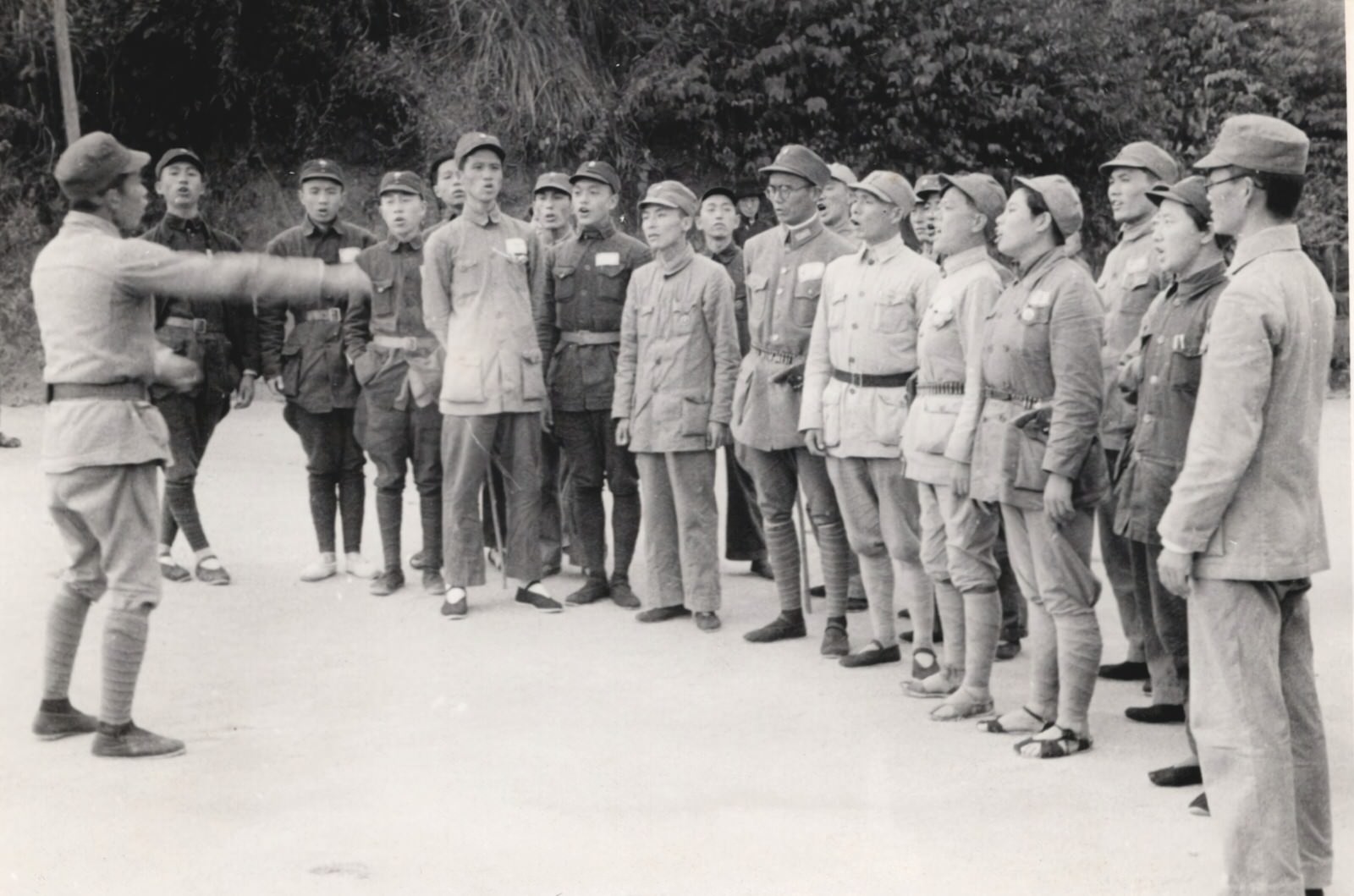
These boys and girls were formerly cultural workers in the 21st Group Army in Anhwei (Anhui), but deserted and joined the Communist guerrillas in Anhwei (Anhui) and north Kiangsu (Jiangsu) Province because they refused to obey orders of growing Fascist reaction in that Army.
#69 A hospital of the New 4th Army in an ancestral temple in North Kiangsu (Jiangsu) province, north of Shanghai. I spent 8 months with this Army in the field and helped care for their wounded. 1937-1940
#70 Guerrillas of the New 4th Army Storm Guerrilla Detachment in Central Hupeh (Hubei). 1937-1940
#71 Unidentified photographs of various civilian and military persons. 1937-1940
#72 Civilian and military persons.
#73 Civilian and military persons.
#74 Various civilian and military persons.
#75 Various civilian and military persons.
#76 Two Chinese Boys sliding down the balustrade of the old Confucian Temple in Sian(Xi’an). 1937-1940
#77 They Grind corn on such mills in China’s Northwest.
#78 Treating Wounded Soldiers, 1937-1940
#79 The wounded were brought into dressing stations a short distance off the battlefield. 1937-1940
#80 General Tang En-po’s (Tang Enbo) Army moved up to the front. 1937-1940
#81 Army moveing up to the front, 1937-1940
#82 Air-raid victims were brought into Chinese Red Cross Medical Corps Headquarters in Changsha.
#83 Air-raid victims were brought into Chinese Red Cross Medical Corps Headquarters in Changsha.
#84 Soldiers of the 173rd Division drawn up for the high military Inspectors from the Central Military Council in preparation for the Chinese winter offensive, 1939-40.
#85 Soldiers of the 173rd Division drawn up for the high military Inspectors from the Central Military Counci, 1939
#86 In the wards of the Training Hospital of the Chinese Red Cross Medical Corps at Kweiyang, 1937-1940
#87 Training Hospital of the Chinese Red Cross Medical Corps at Kweiyang, 1937-1940
#88 KMT military medical officers. 1937-1940
#89 A KMT military medical officer having a surgery for the wounded. 1937-1940
#90 Chinese Red Cross doctors worked in hospital trains Hsuchow (Xuzhou) front. 1937-1940
#91 Field dressing stations of the Chinese Red Cross Medical Corps. 1937-1940
#92 An officer of the New Fourth Army in South Anwei (Anhui), who deserted, was captured and shot. 1937-1940
#93 A commander of the New Fourth Army explains to the troops the reason it was necessary to shoot a deserter. 1937-1940
#94 Military Hospitals in Hankow (Hankou). 1937-1940
#95 Military Hospitals in Hankow (Hankou). 1937-1940
#96 Military Hospitals in Hankow (Hankou). 1937-1940
#97 Military Hospitals in Hankow (Hankou). 1937-1940
#98 Educated youth were trained as Red Cross Ambulance workers. General Joseph Stilwell and Col. Evans F. Carlson secured the first American Red Cross appropriation to help in their training. 1937-1940
#99 General Joseph Stilwell and Col. Evans F. Carlson secured the first American Red Cross appropriation to help in their training. 1937-1940
#100 Chinese guerrillas (farmers) who have arisen in the tracks of the Japanese, along the lower Yangtze (Yangzi) River Valley, to fight the invader. They were on their way to join the Communist guerrillas.
#101 Delegates of first Women’s National Salvation Association (11 districts represented) in the enemy rear in Central China. All are simple village woman who have learned to speak and think independently since the war began.
#102 “Chu-Teh’s (Zhu De) Death Fully Confirmed”. “Chu Teh’s Death Confirmed Again”.
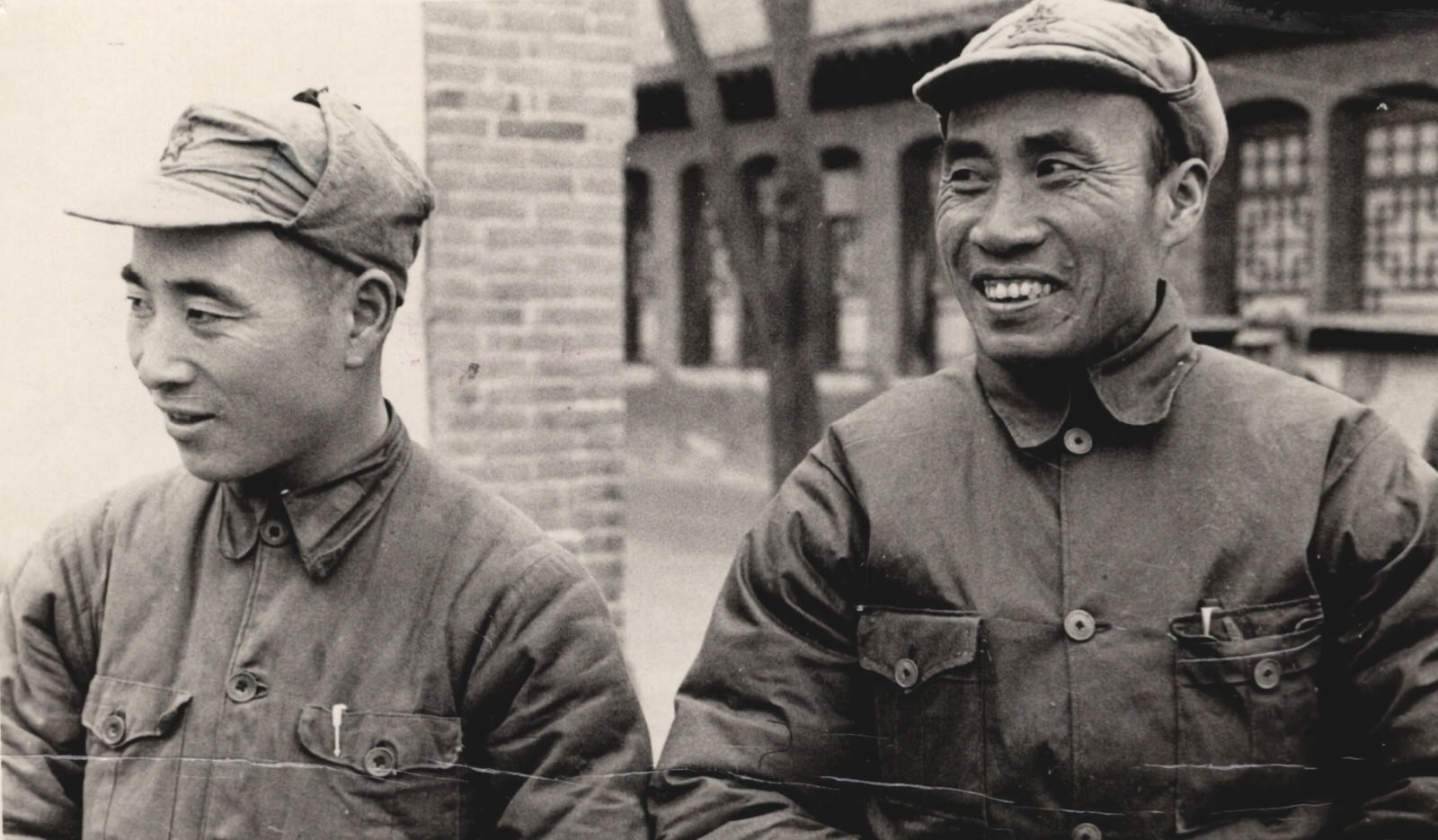
Reds lose one of 'Big Three'--Chu Teh Killed!" These headlines screamed across the press of China and the world a dozen times in the past ten years during the wars of Nanking (Nanjing) against the Chinese Workers and Peasants Red Army. Chu Teh, on the right (Lin Piao on the left, or Lin Biao), the much-killed Red Commander-in-chief, laughs in amusement when he hears of his repeated deaths.


